Browse
By Area: Germany
View: By Date | Alphabetical | eBooks | Paperbacks
-
eBook available
 Published May 2017
Published May 2017 The Absent Jews
Kurt Forstreuter and the Historiography of Medieval Prussia
Hess, C.
For nearly a century, it has been a commonplace of Central European history that there were no Jews in medieval Prussia. This groundbreaking historical investigation demonstrates the very weak foundations upon which that assumption rests, tracing it to the ideologically compromised work of a single Nazi-era historian who badly mishandled evidence.
Subjects: Jewish Studies History: Medieval/Early Modern
Hb -
eBook available
 Published July 2012
Published July 2012 After The History of Sexuality
German Genealogies with and Beyond Foucault
Spector, S., Puff, H. & Herzog, D. (eds)
Subjects: History (General) Gender Studies and Sexuality Cultural Studies (General) Sociology
Hb
Paperback available -
eBook available
 Published January 2021
Published January 2021 After Auschwitz
The Difficult Legacies of the GDR
Heitzer, E., Jander, M., Kahane, A., & Poutrus, P. G. (eds)
This provocative collection reflects on the heretofore ignored or repressed aspects of German mainstream society—including right-wing extremism, anti-Semitism and racism—to call for an ambitious renewal of historical research and political education to place East Germany in its proper historical context.
Subject: History: 20th Century to Present
Hb
Paperback available -
eBook available
 Published December 2023
Published December 2023 After Liberation
Toward a Sociology of the Shoah
Selected EssaysAdler, H. G.
This collection gathers together, for the first time in English, some of H.G. Adler’s most important scholarly essays on the Shoah and connected themes. Spanning his thought across three decades they focus on the fate of the ‘coerced’ human being and reflect on freedom, enslavement, terror, dread, charisma, loneliness, and ideology.
Subjects: Genocide History Jewish Studies History: World War II
Hb -
 Published April 2011
Published April 2011 After the Event
The Transmission of Grievous Loss in Germany, China and Taiwan
Feuchtwang, S.
Subjects: Peace and Conflict Studies Anthropology (General) History (General)
Hb -
 Published March 2009
Published March 2009 After the 'Socialist Spring'
Collectivisation and Economic Transformation in the GDR
Last, G.
Subjects: History (General) History: 20th Century to Present
Paperback available -
 Published September 1997
Published September 1997 After Unity
Reconfiguring German Identities
Jarausch, K. H. (ed)
Subject: History: 20th Century to Present
Hb
Paperback available -
 Published October 2013
Published October 2013 Against the Grain
Jewish Intellectuals in Hard Times
Mendelsohn, E., Hoffman, S., & Cohen, R. (eds)
Subjects: Jewish Studies History: 20th Century to Present
Hb -
eBook available
 Published June 2021
Published June 2021 The Age of Capitalism and Bureaucracy
Perspectives on the Political Sociology of Max Weber
Mommsen, W. J.
In this new edition of Wolfgang Mommsen’s illuminating study, Max Weber is presented in terms of the major questions that preoccupied him as one of the towering social scientists of his time, with insights that are persistently relevant as we deal with the structures and dynamics of modern industrial societies.
Subjects: Sociology History: 20th Century to Present
Hb
Paperback available -
eBook available
 Published January 2025
Published January 2025 Agency and Author
German Literature Beyond the Bestseller List
Halverson, R. J. & Schaper, B. D. (eds)
An exacting meditation on the financial realities of authorship, Agency and Author explores how lesser-known German-language writers navigate the German literary landscape. Ranging from literary awards to social media hate campaigns, this volume considers authorial attempts to assert creative agency and the implications for wider, structural change it offers.
Subjects: History: 20th Century to Present Literary Studies Cultural Studies (General)
Hb -
 Published February 2001
Published February 2001 Alien Policy in Belgium, 1840-1940
The Creation of Guest Workers, Refugees and Illegal Aliens
Caestecker, F.
Subjects: History: 18th/19th Century History: 20th Century to Present Refugee and Migration Studies
Hb -
eBook available
 Published March 2010
Published March 2010 Alsace to the Alsatians?
Visions and Divisions of Alsatian Regionalism, 1870-1939
Fischer, C. J.
The region of Alsace, located between the hereditary enemies of France and Germany, served as a trophy of war four times between 1870–1945. With each shift, French and German officials sought to win the allegiance of the local populace. In response to these pressures, Alsatians invoked regionalism—articulated as a political language, a cultural vision, and a community of identity—not only to define and defend their own interests against the nationalist claims of France and Germany, but also to push for social change, defend religious rights, and promote the status of the region within the larger national community.
Subject: History (General)
Hb
Paperback available -
 Published January 2003
Published January 2003 The Ambivalent Alliance
Konrad Adenauer, the CDU/CSU, and the West, 1949-1966
Granieri, R.
Subject: History: 20th Century to Present
Hb
Paperback available -
 Published January 1995
Published January 1995 The American Impact on Postwar Germany
Pommerin, R. (ed)
Subjects: History: 20th Century to Present Cultural Studies (General)
Hb
Paperback available -
 Published November 2004
Published November 2004 Americanization and Anti-americanism
The German Encounter with American Culture after 1945
Stephan, A. (ed)
Subjects: History: 20th Century to Present Cultural Studies (General)
Hb
Paperback available -
eBook available
 Published January 2016
Published January 2016 The Anatomy of Murder
Ethical Transgressions and Anatomical Science during the Third Reich
Hildebrandt, S.
Of the many medical specializations to have been transformed by the rise of National Socialism, anatomy has received little attention. As historian and physician Sabine Hildebrandt reveals, anatomists progressed through gradual stages of ethical transgression; in some cases, the traditional model of working with deceased bodies gave way to experimentation with the “future dead.”
Subjects: History: World War II Genocide History
Hb
Paperback available -
eBook available
 Published May 2017
Published May 2017 Archeologies of Confession
Writing the German Reformation, 1517-2017
Johnson, C. L., Luebke, D. M., Plummer, M. E. & Spohnholz, J. (eds)
Can one give voice to those whom history has forgotten? The essays collected here examine the formation of religious identities during the Reformation in sixteenth- and seventeenth-century Germany through case studies of remembering and forgetting—instances in which patterns and practices of religious plurality were excised from historical memory.
Subjects: History: Medieval/Early Modern Memory Studies
Hb
Paperback available -
eBook available
 Published November 2006
Published November 2006 The Arts in Nazi Germany
Continuity, Conformity, Change
Huener, J. & Nicosia, F. (eds)
Subjects: History: World War II Cultural Studies (General)
Hb
Paperback available -
 Published January 2002
Published January 2002 'Aryanisation' in Hamburg
The Economic Exclusion of Jews and the Confiscation of their Property in Nazi Germany
Bajohr, F.
Subjects: History: World War II Jewish Studies
Hb
Paperback available -
eBook available
 Published March 2021
Published March 2021 At the Edge of the Wall
Public and Private Spheres in Divided Berlin
Hochmuth, H.
The neighboring boroughs of Friedrichschain and Kreuzberg shared a history and identity until their fortunes diverged dramatically following the construction of the Berlin Wall, which placed them within opposing political systems. This revealing account of the two towns during and after the Cold War takes a microhistorical approach to illuminate the broader historical trajectories of East and West Berlin.
Subjects: History: 20th Century to Present Urban Studies
Hb -
eBook available
 Published October 2023
Published October 2023 Audiences of Nazism
Using Media in the Third Reich
Weckel, U.
Innovating against the considerable gap in research surrounding historical media reception within Nazi Germany, Audiences of Nazism finds sources of actual audience responses to critically engage with the Third Reich’s media production legacy.
Subjects: History: World War II Media Studies
Hb -
 Published March 2008
Published March 2008 Austria, Germany, and the Cold War
From the Anschluss to the State Treaty, 1938-1955
Steininger, R.
Subject: History: 20th Century to Present
Hb
Paperback available -
eBook available
 Published March 2018
Published March 2018 Back to the Postindustrial Future
An Ethnography of Germany's Fastest-Shrinking City
Ringel, F.
Back to the Postindustrial Future is the first comprehensive ethnography of the future, approaching Hoyerswerda, Germany’s fastest shrinking city, not from the perspective of its past, but persistently from that of its future. Through an extensive ethnography of the city, it allows us to investigate the postindustrial era and the futures it has supposedly lost.
Subjects: Anthropology (General) Urban Studies
Hb
Paperback available -
eBook available
 Published March 2009
Published March 2009 Banned in Berlin
Literary Censorship in Imperial Germany, 1871-1918
Stark, G. D.
Subjects: History: 18th/19th Century Cultural Studies (General) Literary Studies
Hb
Paperback available -
eBook available
 Published September 2013
Published September 2013 Becoming East German
Socialist Structures and Sensibilities after Hitler
Fulbrook, M. & Port, A. I. (eds)
“This is an excellent edited collection. It provides a range of methodological approaches and is right up to date: it introduces a number of new academics onto the scene while also providing some old favourites. The volume significantly adds to our understanding of East Germany and its population. It provides a reassessment of antifascism and memory... Port’s introduction and Fulbrook’s chapter on memory are masterful.” · Mark Fenemore, Manchester Metropolitan University
Subject: History: 20th Century to Present
Hb
Paperback available -
 Published May 2010
Published May 2010 Béla Balázs: Early Film Theory
Visible Man and The Spirit of Film
Balázs, B.
Subject: Film and Television Studies
Hb
Paperback available -
eBook available
 Published September 2010
Published September 2010 Berlin Divided City, 1945-1989
Broadbent, P. & Hake, S. (eds)
Subjects: Urban Studies History: 20th Century to Present
Hb
Paperback available -
eBook available
 Published May 2010
Published May 2010 Berlin, Alexanderplatz
Transforming Place in a Unified Germany
Weszkalnys, G.
Subjects: Urban Studies Anthropology (General) Geography
Hb
Paperback available -
eBook available
 Published April 2021
Published April 2021 Bestsellers of the Third Reich
Readers, Writers and the Politics of Literature
Adam, C.
Christian Adam examines how books came into being under the Nazis, how they became bestsellers—sometimes against the will of the rulers—and which books were actually read. He writes the history of the bestsellers in the darkest epoch of the German past, thus opening a new perspective on the mentality of the Germans between 1933 and 1945.
Subjects: History: 20th Century to Present Literary Studies
Hb -
eBook available
 Published November 2010
Published November 2010 Between Left and Right
The 2009 Bundestag Elections and the Transformation of the German Party System
Langenbacher, E. (ed)
Subject: History: 20th Century to Present
Pb -
eBook available
 Published July 2008
Published July 2008 Between Mass Death and Individual Loss
The Place of the Dead in Twentieth-Century Germany
Confino, A., Betts, P. & Schumann, D. (eds)
Subjects: History: 20th Century to Present Cultural Studies (General) Sociology
Hb
Paperback available -
eBook available
 Published May 1998
Published May 1998 Between Reform and Revolution
German Socialism and Communism from 1840 to 1990
Barclay, D. & Weitz, E. (ed)
Subject: History (General)
Hb
Paperback available -
 Published December 2007
Published December 2007 Between Tradition and Modernity
Aby Warburg and the Public Purposes of Art in Hamburg
Russell, M. A.
Subjects: History: 20th Century to Present Cultural Studies (General)
Hb -
 Published November 2005
Published November 2005 Between Two Worlds
The Jewish Presence in German and Austrian Film, 1910-1933
Prawer, S. S.
Subjects: Film and Television Studies Jewish Studies
Hb
Paperback available -
 Published September 1997
Published September 1997 Beyond 1989
Re-reading German literature since 1945
Bullivant, K. (ed)
Subjects: History: 20th Century to Present Literary Studies
Hb
Paperback available -
 Published July 2014
Published July 2014 Beyond Alterity
German Encounters with Modern East Asia
Shen, Q. & Rosenstock, M. (eds)
This collection of essays examines German-language cultural production pertaining to modern China and Japan, and explicitly challenges orientalist notions by proposing a conception of East and West not as opposites, but as complementary elements of global culture, thereby urging a move beyond national paradigms in cultural studies. Essays focus on the mid-century German-Japanese alliance, Chinese-German Leftist collaborations, global capitalism, travel, identity, and cultural hybridity. The authors include historians and scholars of film and literature, and employ a wide array of approaches from postcolonial, globalization, media, and gender studies. The collection sheds new light on a complex and ambivalentset of international relationships, while also testifying to the potential of Asian German Studies.
Subjects: Cultural Studies (General) History: 20th Century to Present
Hb -
 Published May 1999
Published May 1999 Beyond Caligari
The Films of Robert Wiene
Jung, U. & Schatzberg, W.
Subject: Film and Television Studies
Hb
Paperback available -
eBook available
 Published February 2020
Published February 2020 Beyond Posthumanism
The German Humanist Tradition and the Future of the Humanities
Mathäs, A.
Against the background of debates about a revival of humanist values, this volume seeks to recast the question of the viability of the humanities by analyzing their long-disputed premises in German literature and philosophy. It emphasizes the importance of the humanities’ original mission of establishing a universal ethics by contextualizing disciplinary knowledge and making human experiences, bodily sensations, and emotions comprehensible through literary imagination.
Subjects: History: 18th/19th Century History: 20th Century to Present Educational Studies
Hb
Paperback available -
eBook available
 Published March 2019
Published March 2019 Beyond the Border
Young Minorities in the Danish-German Borderlands, 1955-1971
Wung-Sung, T. H.
Beyond the Border reconstructs the experiences of minority youths living in the Danish-German borderlands from the 1950s to the 1970s. Drawing on a remarkable variety of archival and oral sources, author Tobias Haimin Wung-Sung provides a rich and fine-grained analysis that encompasses political issues from the NATO alliance and European integration to everyday life and popular culture.
Subjects: History: 20th Century to Present Sociology
Hb -
 Published November 2014
Published November 2014 Bloom and Bust
Urban Landscapes in the East since German Reunification
Cliver, G. & Smith-Prei, C. (eds)
More than two decades of deconstruction, renovation, and reconstruction have left the urban environments in the former German Democratic Republic completely transformed. This volume considers the changing urban landscapes in the former East create the cultural landscape of modern unified Germany.
Subjects: Urban Studies Cultural Studies (General)
Hb -
 Published January 2024
Published January 2024 Breathing Hearts
Sufism, Healing, and Anti-Muslim Racism in Germany
Selim, N.
Sufism is known as the mystical dimension of Islam. Nasima Selim explores this definition to find out what it means to ‘breathe well’ along the Sufi path in the context of anti-Muslim racism. Breathing Hearts is the first book-length ethnographic account of Sufi practices and politics in Berlin.
Subjects: Anthropology (General) Anthropology of Religion Refugee and Migration Studies
-
eBook available
 Published October 2022
Published October 2022 Brewing Socialism
Coffee, East Germans, and Twentieth-Century Globalization
Kloiber, A.
Taking an uncommonly focused lens against the deep and active role coffee had in connecting East Germans to a global market, Brewing Socialism uncovers the significance of East German efforts to democratize coffee and how that focus on material cultural informed the everyday life of the Social Unity Party’s conceptualization of a modern social utopia.
Subjects: History: 20th Century to Present Cultural Studies (General)
Hb -
 Published March 2009
Published March 2009 Bringing Culture to the Masses
Control, Compromise and Participation in the GDR
Richthofen, E. von
Subjects: History: 20th Century to Present Cultural Studies (General)
Hb -
eBook available
 Published April 2023
Published April 2023 The Burden of German History
A Transatlantic Life
Jarausch, K. H.
The Burden of Germany History is Konrad H Jarausch’s much anticipated transatlantic autobiography set against the development and transformation of German studies over the past half-century. Using his life story, Jarausch’s concurrent life in the US and Germany brings us a self-critical historiography of a twentieth-century Germany that was wrestling with the responsibility for war and genocide.
Subjects: History: 20th Century to Present Genocide History History: World War II
Hb -
eBook available
 Published May 2020
Published May 2020 Bureaucracy, Work and Violence
The Reich Ministry of Labour in Nazi Germany, 1933–1945
Nützenadel, A. (ed)
In Bureaucracy, Work and Violence, the Reich Ministry of Labor is for the first time systematically illuminated as the bureaucratic arm responsible for the implementation of the National Socialist work doctrine. Historians reveal through pioneering research that the classical administrative apparatuses were far more involved in the Nazi regime and its crimes than has long been suspected.
Subjects: History: 20th Century to Present Genocide History
Hb
Paperback available -
 Published March 2004
Published March 2004 Business and Industry in Nazi Germany
Nicosia, F.R. & Huener, J. (eds)
Subjects: History (General) History: 20th Century to Present Genocide History
Hb
Paperback available -
eBook available
 Published March 2019
Published March 2019 Categories in Context
Gender and Work in France and Germany, 1900–Present
Berrebi-Hoffmann, I., Giraud, O., Renard, L., & Wobbe, T. (eds)
Despite the wealth of empirical research into the interrelationships of gender and labor available, little is known about the forms of classification and categorization shaping these social phenomena. Categories in Context enriches our understanding of how cognitive categories such as status, law, and rights have been produced, comprehended, appropriated, and eventually transformed in France and Germany.
Subjects: Gender Studies and Sexuality History (General) Sociology
Hb -
 Published December 1998
Published December 1998 The Challenge of Globalization for Germany's Social Democracy
A Policy Agenda for the 21st Century
Dettke, D. (ed)
Subject: History: 20th Century to Present
Hb -
 Published September 2014
Published September 2014 The Challenges of Globalization
Economy and Politics in Germany, 1860-1914
Torp, C.
In the mid nineteenth century a process began that appears, from a present-day perspective, to have been the first wave of economic globalization. Within a few decades global economic integration reached a level that equaled, and in some respects surpassed, that of the present day. This book describes the interpenetration of the German economy with an emerging global economy before the First World War, while also demonstrating the huge challenge posed by globalization to the society and politics of the German Empire.
Subject: History: 18th/19th Century
Hb -
 Published May 2002
Published May 2002 Challenging Ethnic Citizenship
German and Israeli Perspectives on Immigration
Levy, D. & Weiss, Y.(eds)
Subjects: Refugee and Migration Studies
Hb
Paperback available -
 Published April 2000
Published April 2000 Challenging Modernity
Dada between Modern and Postmodern
Pegrum, M. A.
Subject: Cultural Studies (General)
Hb -
 Published March 1999
Published March 1999 The Chameleon State
Global Culture and Policy Shifts in Britain and Germany, 1914-1933
Liu, T-L.
Subject: History: 20th Century to Present
Hb -
 Published December 2007
Published December 2007 Changing Cultural Tastes
Writers and the Popular in Modern Germany
Waine, A.
Subjects: Literary Studies History: 20th Century to Present
Hb -
 Published October 2008
Published October 2008 The Changing Faces of Citizenship
Integration and Mobilization among Ethnic Minorities in Germany
Mushaben, J. M.
Subject: Refugee and Migration Studies
Hb -
eBook available
 Published November 2023
Published November 2023 Children are Everywhere
Conspicuous Reproduction and Childlessness in Reunified Berlin
Joshi, M.
This book explores everyday experiences of parenting and childlessness of ‘ethnic’ Germans in Berlin, who came of age around the fall of the Berlin Wall, and brings them into conversation with theories on parenting, waithood, non-biological intimacies, and masculinities.
Subjects: Anthropology (General) Sociology Gender Studies and Sexuality
Hb -
eBook available
 Published October 2019
Published October 2019 Cinema of Collaboration
DEFA Coproductions and International Exchange in Cold War Europe
Ivanova, M.
Almost from their very inception, European cinemas frequently undertook collaborative ventures in an attempt to cultivate a transnational “Film-Europe.” And despite the significant obstacles that the East/West divide presented to achieving that ideal, in the postwar era it was DEFA, the state cinema of the newly created East Germany, that emerged as one of the primary sites where these practices persisted.
Subjects: Film and Television Studies History: 20th Century to Present
Hb
Paperback available -
eBook available
 Published April 2024
Published April 2024 Cinematically Transmitted Disease
Eugenics and Film in Weimar and Nazi Germany
Hales, B.
The roots of German National Socialist policies have strong connections to Weimar era circulation of medical hygiene propaganda films that conveyed strong connections between scientific legitimacy between racial superiority, genetically spread “incurable” diseases, and the degradation of the German national population.
Subjects: Film and Television Studies History: World War II Media Studies
Hb -
 Published August 2000
Published August 2000 Citizens and Aliens
Foreigners and the Law in Britain and German States 1789-1870
Fahrmeir, A.
Subjects: History: 18th/19th Century Refugee and Migration Studies
Hb -
 Published April 2023
Published April 2023 Citizens into Dishonored Felons
Felony Disenfranchisement, Honor, and Rehabilitation in Germany, 1806-1933
de Groot, T.
Throughout the long nineteenth century felony disenfranchisement affected the moral fabric of German society and coincided with a history of honor in German legal thought. Citizens into Dishonored Felons uses uncommonly extensive archival materials to address the emotional and symbolic impact of punishment as both an enforcement of societal hierarchies and a platform for reform.
Subjects: History: 18th/19th Century History: 20th Century to Present
Paperback available -
 Published March 2004
Published March 2004 Civil Enculturation
Nation-State, School and Ethnic Difference in The Netherlands, Britain, Germany, and France
Schiffauer, W. , Baumann, G., Kastoryano, R. & Vertovec, S, (eds)
Subject: Educational Studies
Hb
Paperback available -
 Published August 2006
Published August 2006 Civil Society
Berlin Perspectives
Keane, J. (eds)
Subjects: Cultural Studies (General) Urban Studies
Hb
Paperback available -
 Published December 2014
Published December 2014 Clausewitz in His Time
Essays in the Cultural and Intellectual History of Thinking about War
Paret, P.
Anything but a detached theorist, Clausewitz was as fully engaged in the intellectual and cultural currents of his time as in its political and military conflicts. The essays in this volume follow his career in a complex military society, together with that of other students of war, both friends and rivals, providing a broad perspective that leads to significant documents so far unknown or ignored.
Subject: History: 18th/19th Century
Hb -
 Published May 2000
Published May 2000 Cold Fusion
Aspects of the German Cultural Presence in Russia
Barabtarlo, G. (ed)
Subjects: History (General) Cultural Studies (General) Literary Studies
Hb -
 Published June 2002
Published June 2002 Coming Home to Germany?
The Integration of Ethnic Germans from Central and Eastern Europe in the Federal Republic since 1945
Rock, D. & Wolff, S. (eds)
Subjects: Refugee and Migration Studies History: 20th Century to Present
Hb
Paperback available -
 Published May 2016
Published May 2016 Coming of Age
Constructing and Controlling Youth in Munich, 1942-1973
Kalb, M.
In the years following World War II, Munich society became obsessed with the hypothetical threat that youths posed to postwar stability. This fascinating study shows that constructs like the rowdy young male and the sexually deviant girl served as proxies for the anxieties of adult society, while allowing authorities to expand social control.
Subjects: History: 20th Century to Present Sociology
Paperback available -
 Published March 2000
Published March 2000 Common Destiny
A Comparative History of the Dutch, French, and German Social Democratic Parties, 1945-1969
Orlow, D.
Subject: History: 20th Century to Present
Hb
Paperback available -
eBook available
 Published March 2010
Published March 2010 Comparative and Transnational History
Central European Approaches and New Perspectives
Haupt, H. & Kocka, J. (eds)
Subject: History: 20th Century to Present
Hb
Paperback available -
eBook available
 Published September 2017
Published September 2017 Compensation in Practice
The Foundation 'Remembrance, Responsibility and Future' and the Legacy of Forced Labour during the Third Reich
Goschler, C. (ed)
The German Foundation “Remembrance, Responsibility and Future” is one of the largest transitional justice initiatives in history. This volume provides an unparalleled look at its creation, operations, and future prospects, bringing together the work of historians who were granted unrestricted access to its records, and offering nuanced, clear-eyed analysis of its successes and missteps.
Subjects: History: 20th Century to Present History: World War II
Hb -
 Published February 2020
Published February 2020 Comrades in Arms
Military Masculinities in East German Culture
Smith, T.
Without question, the East German National People’s Army sought to exemplify traditional masculine ideals of stoicism, sacrifice, and physical courage. Yet depictions of the military in East German film and literature were far more nuanced and ambivalent. Comrades in Arms shows how cultural works have portrayed violence, vulnerability, military theatricality, and a range of masculinities.
Subjects: Cultural Studies (General) Gender Studies and Sexuality History: 20th Century to Present
Paperback available -
 Published December 2015
Published December 2015 Comrades of Color
East Germany in the Cold War World
Slobodian, Q. (ed)
The political culture of the German Democratic Republic strongly emphasized solidarity with the non-white world, from contributions to relief efforts in Vietnam to public memorials for Ho Chi Minh and Martin Luther King, Jr. Through a series of illuminating historical investigations, this volume traces the contours of East German internationalism.
Subject: History: 20th Century to Present
Hb
Paperback available -
eBook available
 Published April 2019
Published April 2019 Concentrationary Art
Jean Cayrol, the Lazarean and the Everyday in Post-war Film, Literature, Music and the Visual Arts
Pollock, G. & Silverman, M. (eds)
The seminal work of Jean Cayrol has experienced a revival in the French-speaking world since his death in 2005. Concentrationary Art represents the first translation into English of Cayrol’s two essays on concentrationary art, as well as the first book-length study of his theory.
Subjects: Literary Studies Film and Television Studies History: 20th Century to Present Memory Studies
Hb -
 Published September 2009
Published September 2009 The Concise Cinegraph
Encyclopaedia of German Cinema
Bock, H.-M. & Bergfelder, T. (eds.)
Subject: Film and Television Studies
Hb -
 Published July 2007
Published July 2007 Conflict, Catastrophe and Continuity
Essays on Modern German History
Biess, F., Roseman, M. & Schissler, H. (eds)
Subject: History: 20th Century to Present
Hb -
 Published October 2004
Published October 2004 The 'Conservative Revolutionaries'
The Protestant and Catholic Churches in Germany after Radical Political Change in the 1990s
Thériault, B.
Subject: History: 20th Century to Present
Hb -
eBook available
 Published August 2016
Published August 2016 Constitutional Courts in Comparison
The US Supreme Court and the German Federal Constitutional Court
Rogowski, R. & Gawron T. (eds)
The side-by-side comparison between the U.S. Supreme Court and the German Federal Constitutional Court provides a novel socio-legal approach in studying constitutional litigation, focusing on conditions of mobilisation, decision-making and implementation.
Subject: Sociology
Hb -
eBook available
 Published March 2024
Published March 2024 Contested Femininities
Representations of Modern Women in the German Illustrated Press, 1920-1960
Lynn, J.
Contested Femininities for the first time contributes a long-view study of constructions of the Neue or Moderne Frau (New or Modern Woman) in the illustrated press providing an incredible scope of inquiry spanning the Weimar Republic, the Third Reich, post-war occupation, and a divided German.
Subjects: History: 20th Century to Present Gender Studies and Sexuality Media Studies
Hb -
 Published March 2007
Published March 2007 Continental Britons
German-Jewish Refugees from Nazi Germany
Berghahn, M.
Subjects: Jewish Studies Refugee and Migration Studies History: 20th Century to Present Sociology
Pb -
eBook available
 Published May 2012
Published May 2012 Conversion and the Politics of Religion in Early Modern Germany
Luebke, D. M., Poley, J., Ryan, D. C., & Sabean, D. W. (eds)
Subject: History: Medieval/Early Modern
Hb -
eBook available
 Published October 2006
Published October 2006 Coping with the Nazi Past
West German Debates on Nazism and Generational Conflict, 1955-1975
Gassert, P. & Steinweis, A. E. (eds)
Subject: History: 20th Century to Present
Hb
Paperback available -
 Published November 2004
Published November 2004 The Creation of the Modern German Army
General Walther Reinhardt and the Weimar Republic, 1914-1930
Mulligan, W.
Subject: History: 20th Century to Present
Hb -
 Published May 2014
Published May 2014 Crime and Criminal Justice in Modern Germany
Wetzell, R. F. (ed)
Subjects: History: 20th Century to Present Sociology
Paperback available -
 Published April 2009
Published April 2009 Crime Stories
Criminalistic Fantasy and the Culture of Crisis in Weimar Germany
Herzog, T.
Subjects: History: 20th Century to Present Literary Studies Film and Television Studies Sociology
Hb -
 Published January 2007
Published January 2007 Crime, Jews and News
Vienna 1890-1914
Vyleta, D.M.
Subjects: Jewish Studies History: 18th/19th Century Media Studies
Hb
Paperback available -
eBook available
 Published December 2008
Published December 2008 Crises in European Integration
Challenges and Responses, 1945-2005
Kuehnhardt, L. (ed)
Subject: History: 20th Century to Present
Hb
Paperback available -
 Published January 2005
Published January 2005 The Crisis of the German Left
The PDS, Stalinism and the Global Economy
Thompson, P.
Subject: History: 20th Century to Present
Hb
Paperback available -
 Published June 2001
Published June 2001 Critical Theory
Current State and Future Prospects
Hohendahl, P.-U. & Fisher, J. (eds)
Subject: Cultural Studies (General)
Hb
Paperback available -
 Published October 2001
Published October 2001 Crossing Boundaries
The Exclusion and Inclusion of Minorities in Germany and America
Jones, L. (ed)
Subjects: History (General) Refugee and Migration Studies
Hb
Paperback available -
 Published December 2007
Published December 2007 Cultural Diversity and the Empowerment of Minorities
Perspectives from Israel and Germany
Al-Haj, M. & Mielke, R. (eds)
Subjects: Cultural Studies (General) Educational Studies Sociology
Hb -
eBook available
 Published November 2017
Published November 2017 Cultural Topographies of the New Berlin
Bauer, K. & Hosek, J. R. (eds)
Transformed by the Wall's opening in 1989 and the concomitant shift in global relations of power, Berlin continues to shape historical and contemporary images of Germanness. This interdisciplinary anthology explores Berlin's unique cultural topographies in literature, film, architecture, urban planning, and city marketing.
Subjects: Urban Studies Cultural Studies (General) History: 20th Century to Present
Hb
Paperback available -
 Published December 2002
Published December 2002 Culture and Crisis
The Case of Germany and Sweden
Witoszek, N. & Trägårdh, L. (eds)
Subjects: Cultural Studies (General) History: 20th Century to Present
Hb
Paperback available -
 Published December 2012
Published December 2012 Culture in Dark Times
Nazi Fascism, Inner Emigration, and Exile
Hermand, J.
Subjects: History: 20th Century to Present Cultural Studies (General)
Hb
Paperback available -
 Published December 2002
Published December 2002 The Culture of German Environmentalism
Anxieties, Visions, Realities
Goodbody, A.
Subjects: Environmental Studies (General) Cultural Studies (General)
Hb
Paperback available -
 Published December 2007
Published December 2007 Cultures of Abortion in Weimar Germany
Usborne, C.
Subjects: History: 20th Century to Present Gender Studies and Sexuality Medical Anthropology
Hb
Paperback available -
 Published September 2013
Published September 2013 Death in East Germany, 1945-1990
Schulz, F. R.
“Felix Robin Schulz’s insightful and thoroughly researched book makes a significant contribution to the growing scholarship on the history of East Germany. It is, to my knowledge, the most comprehensive study of sepulchral culture in the GDR. Schulz is to be strongly commended for his extensive archival research in Berlin and in a number of city archives. He also visited numerous sites personally, which lends him a further layer of authority over his subject matter and allows him to make observations on how quickly certain spatial elements of socialist sepulchral culture are disappearing.” · Heléna Tóth, Ludwig Maximilians Universität, Munich
Subject: History: 20th Century to Present
Hb -
 Published August 1999
Published August 1999 DEFA
East German Cinema 1946-1992
Allan, S. & Sandford, J. (eds)
Subjects: Film and Television Studies History: 20th Century to Present
Hb
Paperback available -
 Published May 2007
Published May 2007 Demonstrating Reconciliation
State and Society in West German Foreign Policy toward Israel, 1952-1965
Hindenburg, H. von
Subject: History: 20th Century to Present
Hb -
eBook available
 Published August 2008
Published August 2008 Destination London
German-Speaking Emigrés and British Cinema, 1925-1950
Bergfelder, T. & Cargnelli, C. (eds)
Subjects: Film and Television Studies Refugee and Migration Studies History: 20th Century to Present
Hb
Paperback available -
eBook available
 Published May 2011
Published May 2011 The Devil's Captain
Ernst Jünger in Nazi Paris, 1941-1944
Mitchell, A.
Subjects: History: World War II Cultural Studies (General) Literary Studies
Hb
Paperback available -
eBook available
 Published August 2016
Published August 2016 The Devil's Wheels
Men and Motorcycling in the Weimar Republic
Disko, S.
During the unprecedented modernization of Germany’s Weimar Republic, motorcycle culture instantiated the new link between consumption and identity. Motorcycles became symbols of masculinity and freedom that exposed the problems and allures of mass-consumption and modern values. The Devil’s Wheels analyzes motorcycle culture, and reassesses mechanized life in Weimar Germany.
Subjects: History: 20th Century to Present Gender Studies and Sexuality Transport Studies
Hb
Paperback available -
eBook available
 Published November 2022
Published November 2022 The Diary of Lt. Melvin J. Lasky
Into Germany at the End of World War II
Lerg, C. A. (ed.)
The Diary of Lt. Melvin J. Lasky reproduces and critically examines Melvin J. Lasky’s diary, which expounds intense and insightful notes on German realities following the aftermath of World War Two and the ideological conflicts between the East and West.
Subjects: History: World War II History: 20th Century to Present Literary Studies
Hb
Paperback available -
eBook available
 Published October 1999
Published October 1999 Dictatorship as Experience
Towards a Socio-Cultural History of the GDR
Jarausch, K. (ed)
Subject: History: 20th Century to Present
Hb
Paperback available -
eBook available
 Published November 2022
Published November 2022 Different from the Others
German and Dutch Discourses of Queer Femininity and Female Desire, 1918–1940
Sturgess, C.
Presenting for the first time a comparative and socio-cultural history of queer femininities in Germany and the Netherlands for an English-speaking audience, Different from the Others highlights this submerged history and engages queer authors and activists from the Netherlands to challenge and redress conceptualizations of queer femininity in the interwar period.
Subjects: Gender Studies and Sexuality History: World War I History: 20th Century to Present
Hb
Paperback available -
eBook available
 Published December 2016
Published December 2016 Different Germans, Many Germanies
New Transatlantic Perspectives
Jarausch, K. H., Wenzel, H., & Goihl, K. (eds)
For Anglo-American observers in particular, the legacies of two world wars still powerfully define twentieth-century German history. This volume collects insightful studies from leading scholars that suggest new ways for understanding Germany from a transatlantic perspective, arguing above all for a more nuanced, self-reflective, and holistic German Studies.
Subject: History: 20th Century to Present
Hb
Paperback available -
 Published August 1996
Published August 1996 Different Restorations
Reconstruction and Wiederaufbau in the United States and Germany: 1865-1945-1989
Finzsch, N. & Martschukat, J. (eds)
Subject: History (General)
Hb -
 Published January 2007
Published January 2007 Disenchantment with Market Economics
East Germans and Western Capitalism
Müller, B.
Subjects: History (General) Political and Economic Anthropology
Hb
Paperback available -
eBook available
 Published September 2009
Published September 2009 Dismantling the Dream Factory
Gender, German Cinema, and the Postwar Quest for a New Film Language
Baer, H.
Subjects: Film and Television Studies Gender Studies and Sexuality
Hb
Paperback available -
eBook available
 Published December 2010
Published December 2010 Divided, But Not Disconnected
German Experiences of the Cold War
Hochscherf, T., Laucht, C. & Plowman, A. (eds)
Subject: History: 20th Century to Present
Hb
Paperback available -
eBook available
 Published August 2024
Published August 2024 Documenting Socialism
East German Documentary Cinema
Allan, S. & Heiduschke, S. (eds)
More than 30 years after the collapse of the German Democratic Republic, its cinema continues to attract scholarly attention. Documenting Socialism brings a fresh introduction to the field of documentary cinema and the complexities of diversity under socialism in the GDR.
Subjects: Film and Television Studies History: 20th Century to Present
Hb -
eBook available
 Published June 2020
Published June 2020 Don't Need No Thought Control
Western Culture in East Germany and the Fall of the Berlin Wall
Horten, G.
Don't Need No Thought Control explores the dynamic interplay between popular demands, intensifying economic crises, and cultural policy decisions during the Erich Honecker era in a comprehensive and comparative analysis.
Subjects: History: 20th Century to Present Media Studies Cultural Studies (General) Film and Television Studies
Hb
Paperback available -
eBook available
 Published April 2020
Published April 2020 A Dramatic Reinvention
German Television and Moral Renewal after National Socialism, 1956–1970
Anderson, S.
A Dramatic Revinvention sheds new light on how Germans rebuilt their moral and intellectual world after the Nazi catastrophe. The book argues that television emerged as one of the most important mediums for presenting, discussing, and working through the question of how to re-moralize Germany.
Subjects: History: 20th Century to Present Film and Television Studies
Hb
Paperback available -
eBook available
 Published December 2018
Published December 2018 Dreams of Germany
Musical Imaginaries from the Concert Hall to the Dance Floor
Gregor, N. & Irvine, T. (eds)
Why is Germany imagined as the ‘land of music’? How has that image been made over time? Exploring examples that range from Bruckner to the Beatles, from classical song to sex-club dance music, a team of historians and musicologists explores these perennial questions in innovative and exciting ways.
Subjects: Media Studies History (General) Cultural Studies (General) Performance Studies
Hb
Paperback available -
 Published February 2007
Published February 2007 Driving Germany
The Landscape of the German Autobahn, 1930-1970
Zeller, T.
Subjects: Transport Studies History: 20th Century to Present Mobility Studies Environmental Studies (General)
Hb
Paperback available -
 Published October 2005
Published October 2005 The Dynamics of German Industry
Germany's Path toward the New Economy and the American Challenge
Abelshauser, W.
Subjects: History (General) History: 20th Century to Present
Hb -
eBook available
 Published April 2021
Published April 2021 East German Film and the Holocaust
Ward, E.
By combining close analyses of five films made between 1947 and 1988 with extensive archival research, this book unravels the complex status of films dealing with Jewish persecution produced in a country that consistently privileged narratives of political persecution above racial victimhood.
Subjects: Film and Television Studies Genocide History History: 20th Century to Present
Hb
Paperback available -
 Published October 2010
Published October 2010 The East German State and the Catholic Church, 1945-1989
Schaefer, B.
Subject: History: 20th Century to Present
Hb -
eBook available
 Published May 2021
Published May 2021 Echoes of Surrealism
Challenging Socialist Realism in East German Literature, 1945–1990
Berendse, G.-J.
Echoes of Surrealism surveys areas of surrealist art throughout the entire lifespan of the GDR and explores analyses of the interaction and reciprocal influences of various art forms. Focusing on individual authors, visual artists, film directors and musicians who have taken a surrealist perspective in their work, this study reveals how the surrealist perspective offered an alternative to the rigid government cultural policies by questioning and confronting the status quo.
Subjects: Literary Studies History: 20th Century to Present
Hb
Paperback available -
 Published December 2010
Published December 2010 The Economic Diplomacy of Ostpolitik
Origins of NATO's Energy Dilemma
Lippert, W. D.
Subject: History: 20th Century to Present
Hb -
eBook available
 Published August 2015
Published August 2015 The Emperor's Old Clothes
Constitutional History and the Symbolic Language of the Holy Roman Empire
Stollberg-Rilinger, B.
For many years, scholars struggled to write the history of the constitution and political structure of the Holy Roman Empire. This book argues that this was because the political and social order could not be understood without considering the rituals and symbols that held the Empire together.
Subject: History: Medieval/Early Modern
Hb
Paperback available -
eBook available
 Published May 2024
Published May 2024 Enchanted by Cinema
Wilhelm Thiele between Vienna, Berlin, and Hollywood
Horak, J.-C. & Seyfert, A.-B. (eds)
Enchanted by Cinema explores the films of the European music film pioneer William Thiele, as well as his career as an exile in Hollywood. Examining a wide range of the director’s filmography, the contributors address a variety of political, aesthetic and cross-cultural issues.
Subjects: Film and Television Studies History: 20th Century to Present Jewish Studies
Hb -
 Published March 2025
Published March 2025 Encountering the Global in Early Modern Germany
Microhistories of Mobility, Materiality, and Belonging
Brauner, C., Dürr, R., Hahn, P., Overkamp, A. S., & Siemianowski, S. (eds)
An exacting re-examination of early modern Germany’s entanglement with European colonial projects, Encountering the Global in Early Modern Germany provides a much-needed global perspective on the colonial “cult of connections” that underpinned early modern Germany’s social, religious, and material culture.
Subjects: History: Medieval/Early Modern Colonial History Refugee and Migration Studies
-
 Published June 2014
Published June 2014 Encounters with Modernity
The Catholic Church in West Germany, 1945-1975
Ziemann, B.
“This is a fascinating study of the interrelatedness of processes of secularization and the increased adoption of social science methods and theories by the Catholic Church (…). Ziemann has written a case study of an important institution, the Catholic Church, and its attempts to modernize its institution and outlook within a rapidly modernizing society in the postwar Federal Republic. It will be read with great interest by anyone interested in such processes of modernization.” · German History
Subject: History: 20th Century to Present
Hb -
eBook available
 Published December 2022
Published December 2022 End Game
The 1989 Revolution in East Germany
Kowalczuk, I.-S.
Focusing on major shifts in East Germany leading to the fall of the Berlin Wall, End Game accounts for everyday life from the autumn of 1989 to the first free elections in March of 1990. With an understanding of the events of 1989 as a citizens’ movement as a whole, the volume contextualizes the societal reactions to a nation’s large scale political changes.
Subject: History: 20th Century to Present
Hb -
 Published August 2023
Published August 2023 Entertaining German Culture
Contemporary Transnational Television and Film
Ehrig, S., Schaper, B. & Ward, E. (eds)
In an increasingly transnational production of film and television, Entertaining German Culture explores and contextually thematizes a radical shift in the past fifteen years towards a profound appreciation of German cultural and intellectual history in the international mainstream.
Subjects: Film and Television Studies Media Studies History (General)
Paperback available -
eBook available
 Published August 2008
Published August 2008 Environmental Organizations in Modern Germany
Hardy Survivors in the Twentieth Century and Beyond
Markham, W. T.
Subjects: Environmental Studies (General) History: 20th Century to Present
Hb
Paperback available -
eBook available
 Published January 2018
Published January 2018 The Ethics of Seeing
Photography and Twentieth-Century German History
Evans, J., Betts P., & Hoffmann, S.-L. (eds)
The Ethics of Seeing brings together an international group of scholars to explore the complex relationship between the visual and the historic in German history. These revealing case studies illustrate photography’s multilayered role as a new form of representation, a means to subjective experience, and a fresh mode of narrating the past.
Subjects: History: 20th Century to Present Media Studies
Hb
Paperback available -
eBook available
 Published November 2018
Published November 2018 Explorations and Entanglements
Germans in Pacific Worlds from the Early Modern Period to World War I
Berghoff, H., Biess, F., & Strasser, U. (eds)
Explorations and Entanglements reconstructs the German elements in the overlapping cultural circuits and complex oceanic transits of the “Pacific Worlds.” It concentrates on the pre-1914 period and encompasses scientific, cultural, religious and commercial exchanges. It opens a gate to a fascinating and hitherto much neglected arena of transnational encounters.
Subjects: History: 18th/19th Century History: 20th Century to Present Colonial History
Hb
Paperback available -
 Published October 2004
Published October 2004 Fairness and Division of Labor in Market Societies
Comparison of U.S. and German Automotive Industries
Kwon, H.-K.
Subject: History (General)
Hb -
eBook available
 Published August 2024
Published August 2024 Faith in War
Religion and the Military in Germany, c.1500-1650
Funke, N. M.
Confession played an important role in the wars that ravaged Europe until around 1650, but the religiosity of the men and women during this period is still underexplored. Faith in War shows that confessional coexistence became a fact of army life as people from all over Europe followed the Christian life in the chaos of war.
Subjects: History: Medieval/Early Modern Anthropology of Religion
Hb -
eBook available
 Published June 2015
Published June 2015 Faithfully Urban
Pious Muslims in a German City
Kuppinger, P.
A pious Muslim population lives in the southern German city of Stuttgart, where, even in the face of resentment and discrimination, they create meaningful lives. The author introduces and examines the lives of these individuals and communities, set within a city that accommodates the needs and sensibilities of both Muslims and non-Muslims.
Subjects: Urban Studies Anthropology of Religion
Hb
Paperback available -
 Published May 1996
Published May 1996 Fascism and Theatre
Comparative Studies on the Aesthetics and Politics of Performance in Europe, 1925-1945
Berghaus, G. (ed)
Subjects: Performance Studies History: World War II Literary Studies
Hb
Paperback available -
eBook available
 Published September 2013
Published September 2013 A Fatal Balancing Act
The Dilemma of the Reich Association of Jews in Germany, 1939-1945
Meyer, B.
“Beate Meyer has chosen to research a serious subject that is by any standard difficult and painful to confront in an honest way… The book is a careful, detailed study of the Reich Association of Jews in Germany.” · Canadian Journal of History
“[The author] keeps the focus on the individual without ever losing sight of the overall crime. This book…can be considered as an essential contribution to the history of the extermination of the German Jews.” · Bulletin of the Fritz Bauer Institute, Frankfurt
“Beate Meyer succeeds in producing a nearly complete picture of procedures and decisions within the organization. In addition she describes openly but not without empathy the diverse, often narrow perspectives and possibilities of responsible individuals in their respective situation.” · Sehepunkte
Subjects: History: World War II Jewish Studies Genocide History
Hb
Paperback available -
eBook available
 Published April 2008
Published April 2008 The Fateful Alliance
German Conservatives and Nazis in 1933: The Machtergreifung in a New Light
Beck, H.
Subject: History: 20th Century to Present
Hb
Paperback available -
 Published January 2002
Published January 2002 Federalism Doomed?
European Federalism between Integration and Separation
Heinemann-Grüder, A. (ed)
Subject: History: 20th Century to Present
Hb
Paperback available -
eBook available
 Published January 2020
Published January 2020 Feelings Materialized
Emotions, Bodies, and Things in Germany, 1500–1950
Hillard, D., Lempa, H., & Spinney, R. (eds)
Examining the material aspects of emotion, this volume encompasses technology, photography, aesthetics, and a variety of other historical themes in an innovative application of emotion studies. Feelings Materialized brings together an interdisciplinary group of Germanists to unveil the emotions embedded in the world of things and bodies.
Subject: History: 18th/19th Century History: Medieval/Early Modern Literary Studies
Hb
Paperback available -
 Published May 2015
Published May 2015 Fellow Tribesmen
The Image of Native Americans, National Identity, and Nazi Ideology in Germany
Usbeck, F.
Throughout the 19th and 20th centuries, Germans exhibited a widespread cultural passion for tales and representations of Native Americans. Pervasive and adaptable, imagery of Native Americans was appropriated by Nazi propaganda and merged with exceptionalist notions of German tribalism, oxymoronically promoting the Nazis' racial ideology.
Subjects: History: 18th/19th Century History: 20th Century to Present Cultural Studies (General) Literary Studies
Hb -
eBook available
 Published August 2015
Published August 2015 Final Sale in Berlin
The Destruction of Jewish Commercial Activity, 1930-1945
Kreutzmüller, C.
Reconstructing the fate of more than 8,000 companies, this book offers the first comprehensive analysis of Jewish economic activity and its destruction in Nazi Berlin
Subjects: Genocide History History: 20th Century to Present
Hb
Paperback available -
 Published December 2003
Published December 2003 Flight of Fantasy
New Perspectives on Inner Emigration in German Literature 1933-1945
Donahue N.H. & Kirchner D. (eds)
Subjects: Literary Studies History: World War II
Hb
Paperback available -
eBook available
 Published October 2022
Published October 2022 Football Nation
The Playing Fields of German Culture, History, and Society
Dawson, R., Heinsohn, B., Knabe, O., & McDougall, A. (eds)
Germany’s football culture has a historically rich background full of transnational entanglements, German identity formation, and fan cultures. Football Nation constructs new insights surrounding the multifaceted landscapes of German historical and contemporary football debates as it investigates football’s role in discourses on culture, history, and politics.
Subjects: History: 20th Century to Present Cultural Studies (General)
Hb
Paperback available -
eBook available
 Published March 2010
Published March 2010 'For Their Own Good'
Civilian Evacuations in Germany and France, 1939-1945
Torrie, J. S.
The early twentieth-century advent of aerial bombing made successful evacuations essential to any war effort, but ordinary people resented them deeply. Based on extensive archival research in Germany and France, this is the first broad, comparative study of civilian evacuations in Germany and France during World War II
Subject: History: World War II
Hb
Paperback available -
 Forthcoming March 2026
Forthcoming March 2026 Forced Labor for Siemens in the Women’s Concentration Camp Ravensbrück
Reports from Contemporary Witnesses
International Friends Association of the Ravensbrück Memorial (Eds)
In 1942-1945, Siemens & Halske AG maintained an armaments factory adjacent to the Ravensbrück women's concentration camp, where up to 2,300 female prisoners were deployed in forced labor. This volume contains the testimonies of Ravensbrück survivors, shedding light on the system of forced labor in the context of the concentration camp
Subjects: Genocide History Jewish Studies History: World War II
-
 Published April 2008
Published April 2008 A Foreign Affair
Billy Wilder's American Films
Gemünden, G.
Subject: Film and Television Studies
Paperback available -
eBook available
 Published March 2023
Published March 2023 Former Neighbors, Future Allies?
German Studies and Ethnography in Dialogue
Weber, A. D. (ed)
Former Neighbors, Future Allies is a key bridge into the research and perspectives needed to nurture ethnography’s growing role in German studies. This volume creates a space for dialogue between North American Germanists and ethnographers in and of the German-speaking world, enriching both fields in the process.
Subjects: History (General) Anthropology (General)
Hb
Paperback available -
eBook available
 Published February 2021
Published February 2021 Four-Color Communism
Comic Books and Contested Power in the German Democratic Republic
Eedy, S.
As with all other forms of popular culture, comics in East Germany were tightly controlled by the state. Comics were employed as extensions of the regime’s educational system, delivering state ideology to develop the socialist personality among youth. The East German children who avidly read these comics, however, found their own meanings and projected their own desires in them.
Subjects: History: 20th Century to Present Media Studies
Hb
Paperback available -
eBook available
 Published September 2013
Published September 2013 Fragmented Fatherland
Immigration and Cold War Conflict in the Federal Republic of Germany, 1945-1980
Clarkson, A.
Subjects: History: 20th Century to Present Refugee and Migration Studies
Hb
Paperback available -
eBook available
 Published July 2007
Published July 2007 Framing the Fifties
Cinema in a Divided Germany
Davidson, J. & Hake, S. (eds)
Subjects: Film and Television Studies History: 20th Century to Present
Hb
Paperback available -
eBook available
 Published July 2019
Published July 2019 France and the German Question, 1945–1990
Bozo, F. & Wenkel, C. (eds)
This book revisits France’s attitude towards the German question as it existed and evolved during the post-World War Two and the Cold War eras in order to shed light on previously neglected aspect of the history of the Cold War, of Germany, and of Europe in the second half of the twentieth century.
Subject: History: 20th Century to Present
Hb
Paperback available -
eBook available
 Published January 2022
Published January 2022 France, Germany, and Nuclear Deterrence
Quarrels and Convergences during the Cold War and Beyond
Badalassi, N. & Gloriant, F. (eds)
France, Germany, and the Nuclear Deterrence employs a multi-archival approach to the legacy of World War II and the bipolar division of Europe. The volume longitudinally covers the post-war, Cold War and post-Cold War eras and leads into the present day to focus on the history of Franco-German strategic and nuclear relations within an evolving Euro-Atlantic security architecture.
Subject: History: 20th Century to Present
Hb -
eBook available
 Published August 1997
Published August 1997 The French Defeat of 1940
Reassessments
Blatt, J. (ed)
Subject: History: World War II
Hb
Paperback available -
eBook available
 Published March 2020
Published March 2020 Friendship without Borders
Women's Stories of Power, Politics, and Everyday Life across East and West Germany
Leask, P.
Drawing on a set of interviews and a thousand letters written over fifty years, Friendship, Power, and Everyday Life considers how a group of women, self-defined as non-political, experienced, accepted, rejected, or countered the exercise of power across twentieth-century regimes in Germany.
Subjects: History (General) Sociology Gender Studies and Sexuality
Hb
Paperback available -
 Published December 1996
Published December 1996 From Caligari to California
Eric Pommer's Life in the International Film Wars
Hardt, U.
Subjects: Film and Television Studies History: 20th Century to Present Cultural Studies (General)
Hb
Paperback available -
eBook available
 Published September 2016
Published September 2016 From Craftsmen to Capitalists
German Artisans from the Third Reich to the Federal Republic, 1939-1953
McKitrick, F. L.
As Hitler consolidated power, German artisans emerged as an important Nazi constituency, drawn by the party’s rejection of both capitalism and Bolshevism. Yet, after 1945, they became one of the pillars of postwar stability. This volume gives the first account of this astonishing transformation, exploring how tradesmen helped to realize German democratization and recovery.
Subjects: History: 20th Century to Present Political and Economic Anthropology Sociology
Hb
Paperback available -
 Published January 1997
Published January 1997 From Peace to War
Germany, Soviet Russia, and the World, 1939-1941
Wegner, B.
Subject: History: World War II
Hb -
 Published September 1998
Published September 1998 From Recovery to Catastrophe
Municipal Stabilization and Political Crisis
Lieberman, B.
Subjects: History (General) History: 20th Century to Present
Hb -
eBook available
 Published November 2010
Published November 2010 From the Bonn to the Berlin Republic
Germany at the Twentieth Anniversary of Unification
Anderson, J. & Langenbacher, E. (eds)
Subject: History: 20th Century to Present
Pb -
eBook available
 Published November 2018
Published November 2018 From Weimar to Hitler
Studies in the Dissolution of the Weimar Republic and the Establishment of the Third Reich, 1932-1934
Beck, H. & Jones, L. E. (eds)
From Weimar to Hitler examines the crisis of Weimar democracy, the establishment of the Nazi dictatorship, and the Nazi consolidation of power, drawing from multiple perspectives to discover whether the transition from Weimar to Hitler was historically predetermined or the product of human miscalculation and intent.
Subject: History: 20th Century to Present
Hb
Paperback available -
 Published April 1996
Published April 1996 Futurism and Politics
Between Anarchist Rebellion and Fascist Reaction, 1909-1944
Berghaus, G.
Subjects: History: 20th Century to Present Cultural Studies (General)
Hb -
 Published February 1998
Published February 1998 Gender and Germanness
Cultural Productions of Nation
Herminghouse, P. & Mueller, M. (eds)
Subjects: Gender Studies and Sexuality Cultural Studies (General) History (General) Gender Studies and Sexuality
Hb
Paperback available -
eBook available
 Published February 2024
Published February 2024 Gender History of German Jews
A Short Introduction
Schüler-Springorum, S.
Gender History of German Jews is a concise overview of German-Jewish gender agency and change against the “dawn of modernity” across both men and women who dealt with histories of status change, discrimination, persecution, and deportation.
Subjects: Jewish Studies History: 18th/19th Century History: 20th Century to Present
Hb -
eBook available
 Published May 2023
Published May 2023 Gender in Germany and Beyond
Exploring the Legacy of Jean Quataert
Evans, J. V. & Rose, S. E. (eds)
Jean Quataert’s former students, colleagues, and collaborators come together in Gender in Germany and Beyond to not only celebrate Quataert’s shaping of the field of modern German, Women’s and transnational history, but also to expand on that scholarship, setting a precedent for the future of the field.
Subjects: History (General) Gender Studies and Sexuality
Hb
Paperback available -
eBook available
 Published August 2007
Published August 2007 Gendering Modern German History
Rewriting Historiography
Hagemann, K. & Quataert, J. H. (eds)
Subjects: Gender Studies and Sexuality History: 20th Century to Present
Hb
Paperback available -
eBook available
 Published April 2019
Published April 2019 Gendering Post-1945 German History
Entanglements
Hagemann, K., & Harsch, D., & Brühöfner, F. (eds)
Gendering Post-1945 German History: Entanglements offers new and critical insight into the state of the research on post-war German history from a gender perspective. Using the concept of “entanglement,” this volume investigates the ways in which East and West German gender relations were socially and politically intertwined.
Subjects: History: 20th Century to Present Gender Studies and Sexuality Sociology
Hb
Paperback available -
eBook available
 Published June 2019
Published June 2019 German Division as Shared Experience
Interdisciplinary Perspectives on the Postwar Everyday
Carter, E., Palmowski, J., & Schreiter, K. (eds)
German Division as Shared Experience shows the extent to which the story of East and West Germany was one of mutual entanglement after 1945. By subsuming political considerations into the historical domain of the social and cultural, each of the innovative studies presented here analyzes moments of connection at the level of lived experience across the East-West divide.
Subjects: History: 20th Century to Present Cultural Studies (General)
Hb
Paperback available -
 Published February 2004
Published February 2004 The German Economy During the Nineteenth Century
Pierenkemper, T. & Tilly, R.
Subjects: History (General) History: 18th/19th Century
Hb
Paperback available -
eBook available
 Published September 2025
Published September 2025 German Elementary Education from 1890 to 1945
Lessons about Religion, Home, and Fatherland
Kennedy, K.
Analyzing the correlation between the educational system and ideas about religion, community, and nationhood, German Elementary Education from 1890 to 1945 highlights how an investment in children’s moral and national education united the Wilhelmine, Weimar, and Nazi eras, providing a vital lens for charting the continuities and changes within German society.
Subjects: History: World War I History: World War II Genocide History
Hb -
eBook available
 Published August 2013
Published August 2013 German History 1789-1871
From the Holy Roman Empire to the Bismarckian Reich
Brose, E.
Subject: History: 18th/19th Century
Hb
Paperback available -
 Published October 2008
Published October 2008 German Literature in a New Century
Trends, Traditions, Transitions, Transformations
Gerstenberger, K. & Herminghouse, P. (eds)
Subjects: History: 20th Century to Present Cultural Studies (General) Literary Studies
Hb
Paperback available -
eBook available
 Published November 2024
Published November 2024 German Migrant Historians in North America
Transatlantic Careers and Scholarship after 1945
Hagemann, K. & Jaraush, K. H. (eds)
The experiences of German born historians who started emigrating to North America in the 1950s has had a unique impact on the practice and project of Central European History. German Migrant Historians in North America intimately reviews these historians’ experiences, career paths, scholarship, motivations and their contribution to Modern German Central European History.
Subjects: History: 20th Century to Present Refugee and Migration Studies
Hb -
 Published June 2001
Published June 2001 German Minorities in Europe
Ethnic Identity and Cultural Belonging
Wolff, S. (ed)
Subjects: Cultural Studies (General) Refugee and Migration Studies
Pb -
 Published October 2003
Published October 2003 German Public Policy and Federalism
Current Debates on Political, Legal, and Social Issues
Gunlicks, A. B. (ed)
Subject: History: 20th Century to Present
Hb
Paperback available -
eBook available
 Published November 2019
Published November 2019 German Railroads, Jewish Souls
The Reichsbahn, Bureaucracy, and the Final Solution
Browning, C. R., Hayes, P. & Hilberg, R.
This book centers around preeminent Holocaust scholar Raul Hilberg’s landmark study of Nazi railways and their roles within the Jewish genocide. Supplemented with additional writings from Hilberg, primary source materials, and a comprehensive historical survey from leading scholars Christopher Browning and Peter Hayes, this is a rich and accessible introduction to a topic in Holocaust history that remains understudied even today.
Subjects: Jewish Studies Genocide History Transport Studies
Hb
Paperback available -
eBook available
 Published July 2014
Published July 2014 The German Right in the Weimar Republic
Studies in the History of German Conservatism, Nationalism, and Antisemitism
Jones, L. E. (ed)
“The individual chapters range in quality from good to excellent....[and offer] a judicious mix of work from prominent academics and younger scholars. The weighing up of continuities and discontinuities between the Right and Nazism is well considered and offers refreshingly new insights into the history of inter-war Germany.” · Conan Fischer, University of St. Andrews
Subject: History: 20th Century to Present
Hb
Paperback available -
eBook available
 Published January 2005
Published January 2005 German Scholars and Ethnic Cleansing, 1919-1945
Haar, I. & Fahlbusch, M. (eds)
Subjects: Genocide History History: 20th Century to Present
Hb
Paperback available -
 Published March 2004
Published March 2004 German Security Policy in the 21st Century
Problems, Partners and Perspectives
Mey, H.
Subject: Peace and Conflict Studies
Hb -
 Published October 1999
Published October 1999 The German Skills Machine
Sustaining Comparative Advantage in a Global Economy
Culpepper, P. & Finegold, D. (eds)
Subject: History (General)
Hb
Paperback available -
 Published February 2013
Published February 2013 The German Student Movement and the Literary Imagination
Transnational Memories of Protest and Dissent
Rinner, S.
Subjects: Literary Studies History: 20th Century to Present Sociology
Hb -
eBook available
 Published August 2016
Published August 2016 German Television
Historical and Theoretical Perspectives
Powell, L. & Shandley, Robert R. (eds)
Long overlooked by scholars and critics, the history and aesthetics of German television have only recently begun to attract serious, sustained attention, and then largely within Germany. This ambitious volume collects penetrating essays on the distinctive theories, practices, and social-historical contexts that defined television in Germany.
Subjects: Film and Television Studies Media Studies
Hb
Paperback available -
 Published January 2001
Published January 2001 The German-American Encounter
Conflict and Cooperation between Two Cultures, 1800-2000
Trommler, F. & Shore, E. (eds)
Subject: History (General)
Hb
Paperback available -
eBook available
 Published October 2022
Published October 2022 German–Jewish Studies
Next Generations
Wallach, K. & Elyada. A. (eds)
Applying current and evolving interdisciplinary scholarship to bring an original and comprehensive assessment of why German-Jewish studies as a field is vital to further our understanding of antisemitism, racism, and coloniality, German-Jewish Studies: Next Generations grounds the field’s necessity to the future of scholarship in the twenty-first century.
Subjects: History: 20th Century to Present Jewish Studies
Hb -
 Published August 2015
Published August 2015 Germans Against Nazism
Nonconformity, Opposition and Resistance in the Third Reich: Essays in Honour of Peter Hoffmann
Nicosia, F. R. & Stokes, L. D. (eds)
Rather than being accepted by all of German society, the Nazi regime was resisted in both passive and active forms. This volume examines opposition to National Socialism by Germans during the Third Reich in its broadest sense.
Subject: History: 20th Century to Present
Pb -
 Published November 2015
Published November 2015 The Germans and the Holocaust
Popular Responses to the Persecution and Murder of the Jews
Schrafstetter, S. & Steinweis, A. E. (eds)
For decades, historians have debated how and to what extent the Holocaust penetrated the German national consciousness between 1933 and 1945. This compact volume brings together six historical investigations into the subject from leading scholars, employing newly accessible and previously underexploited evidence.
Subjects: History: 20th Century to Present Jewish Studies Genocide History
Hb
Paperback available -
 Published March 2006
Published March 2006 Germans No More
Accounts of Jewish Everyday Life, 1933-1938
Limberg, M. & Rübsaat, H. (eds)
Subjects: History: 20th Century to Present Jewish Studies
Hb
Paperback available -
 Published October 2001
Published October 2001 Germany and America
Essays in Honor of Gerald R. Kleinfeld
Friedrich, W.-U. (ed)
Subject: History (General)
Hb -
eBook available
 Published July 2013
Published July 2013 Germany and the Black Diaspora
Points of Contact, 1250-1914
Honeck, M., Klimke, M., & Kuhlmann, A. (eds)
Subjects: History: Medieval/Early Modern History: 18th/19th Century Colonial History
Hb
Paperback available -
eBook available
 Published December 2021
Published December 2021 Germany and the Confessional Divide
Religious Tensions and Political Culture, 1871-1989
Ruff, M. E. & Großbölting, T. (eds)
Germany confessional identities developed against cultural, religious, and political tensions in the 19th and early 20th centuries. Unpacking the conflicted religious history, this collection focuses on defining traumatic events, tracing their origins across division between Catholics and Protestants, hinderance of German unification, and transforming religious identities, allegiances, and practices
Subjects: History: 18th/19th Century History: 20th Century to Present
Hb -
eBook available
 Published December 2018
Published December 2018 Germany and the Middle East
From Kaiser Wilhelm II to Angela Merkel
Steininger, R.
For more than a hundred years, persistent conflict in the Middle East has led global superpowers like Germany to become involved. Germany and the Middle East encounters in detail how the nation came to accept its historical responsibility towards newer states in the Middle East, and how major developments of the twentieth century shaped its approach to the region.
Subject: History: 20th Century to Present
Hb
Paperback available -
 Published April 2015
Published April 2015 Germany and 'The West'
The History of a Modern Concept
Bavaj, R. & Steber, M. (eds)
In the nineteenth century “the West” became associated with notions of progress, liberty, civilization, and modernity. Examining the shifting meanings, political uses, and transnational circulations of the idea of “the West” sheds new light on German intellectual history from the post-Napoleonic era to the Cold War.
Subjects: History: 18th/19th Century History: 20th Century to Present
Hb
Paperback available -
 Published October 2019
Published October 2019 Germany On Their Minds
German Jewish Refugees in the United States and Their Relationships with Germany, 1938–1988
Schenderlein, A. C.
Throughout the 1930s and early 1940s, the United States granted asylum to approximately ninety thousand German Jews fleeing the horrors of the Third Reich. Author Anne C. Schenderlein gives a fascinating account of these entangled histories on both sides of the Atlantic and demonstrates the remarkable extent to which German Jewish refugees helped shape the course of West German democratization.
Subjects: Jewish Studies Refugee and Migration Studies History: 20th Century to Present
Paperback available -
eBook available
 Published April 2025
Published April 2025 Germany’s Struggle for Modernity
Society, Economy, Culture, and Politics, 1789-1918
Kocka, J.
In this history of Germany from 1780 to 1918, Jürgen Kocka re-examines the seismic changes that took place within society, economy, culture, and politics. Innovatively resituating these developments within a wider, European context, this book provides fresh insights into the emergence of classical modernity within the nineteenth century.
Subjects: History: 18th/19th Century History: 20th Century to Present History: World War I
Hb -
 Published October 1999
Published October 1999 Germany's Difficult Passage to Modernity
Breakdown, Breakup, Breakthrough
Lankowski, C. (ed)
Subject: History: 20th Century to Present
Hb
Paperback available -
 Published January 1995
Published January 1995 Germany's New Politics
Parties and Issues in the 1990s
Conradt, D., Kleinfeld, G. R., Romoser, G. K. & Søe, C. (eds)
Subject: History: 20th Century to Present
Hb
Paperback available -
 Published July 2005
Published July 2005 Gray Zones
Ambiguity and Compromise in the Holocaust and its Aftermath
Petropolous, J. & Roth, J. (eds)
Subjects: Genocide History Jewish Studies
Hb
Paperback available -
 Published September 2000
Published September 2000 The Great Train Race
Railways and the Franco-German Rivalry, 1815-1914
Mitchell, A.
Subjects: History: 18th/19th Century History: 20th Century to Present Transport Studies
Hb
Paperback available -
eBook available
 Published January 2023
Published January 2023 The Guardians of Concepts
Political Languages of Conservatism in Britain and West Germany, 1945-1980
Steber, M.
Since 1945, German and British intellectuals and politicians have struggled to define the term “conservative” throughout its complicated history. The Guardians of Concepts rigorously uncovers the changes in the idea of conservatism and its national and transnational political language history.
Subject: History: 20th Century to Present
Hb -
eBook available
 Published May 2019
Published May 2019 Gustav Stresemann
The Crossover Artist
Pohl, K. H.
Gustav Stresemann has become a steadfast icon and key figure in understanding contemporary German and European history. Renowned historian Karl Heinrich Pohl draws on new archival material and extensive research to supplement our previous knowledge of Stresmann’s life and work.
Subjects: History: 18th/19th Century History: 20th Century to Present History (General)
Hb -
eBook available
 Published June 2025
Published June 2025 Hammerstein’s Daughters
An Aristocratic Family Caught Between Tradition and Resistance
Paasche, G.
An enlightening chronicle of General Kurt von Hammerstein’s daughters, Marie Louise, Maria Therese, and Helga, and their attempts to thwart Hitler’s regime, this book provides an unrivalled insight into an overlooked history of tradition, resistance, adaptation, and rebellion in Nazi Germany.
Subjects: History: World War II History: 20th Century to Present Genocide History
Hb -
eBook available
 Published March 2024
Published March 2024 Healing and Harm
Essays in Honor of Mary Lindemann
Heinsen-Roach, E., Lazer, S., Marschke, B., Poley, J., & Riches, D. (eds)
Professor Mary Lindemann’s career inspired several generations of researchers in early modern German history and culture. In Healing and Harm, scholars at the height of the field speak to key continuations of subjects stemming from the marked breakpoints across Lindemann’s wide body of work.
Subject: History: Medieval/Early Modern
Hb -
 Published February 2015
Published February 2015 Helmut Kohl's Quest for Normality
His Representation of the German Nation and Himself
Wicke, C.
During his political career, Helmut Kohl used his own life story to promote a normalization of German nationalism and to overcome the stigma of the Nazi period. In the context of the cold war and the memory of the fascist past, he was able to exploit the combination of his religious, generational, regional, and educational (PhD in History) experiences by connecting nationalist ideas to particular biographical narratives.
Subject: History: 20th Century to Present
Hb
Paperback available -
 Published June 2007
Published June 2007 Historical Concepts Between Eastern and Western Europe
Hildermeier, M. (ed)
Subject: History (General)
Hb -
eBook available
 Published January 2012
Published January 2012 History in the Plural
An Introduction to the Work of Reinhart Koselleck
Olsen, N.
Subject: History (General)
Hb
Paperback available -
eBook available
 Published December 2025
Published December 2025 A History of the I.G. Farben Trial
Armament, Exploitation, Auschwitz
Lindner, S.
In this exacting examination of the history of the I.G. Farben trial, Stephan H. Lindner charts the build up and aftermath of this watershed event, in order to highlight its implications for understanding the complexities of corporate social responsibility and of putting the military-industrial complex on trial.
Subjects: History: World War II History: 20th Century to Present Genocide History
Hb -
eBook available
 Published January 2014
Published January 2014 The History of the Stasi
East Germany's Secret Police, 1945-1990
Gieseke, J.
Subject: History: 20th Century to Present
Hb
Paperback available -
eBook available
 Published March 2023
Published March 2023 The History of Thyssen
Family, Industry and Culture in the 20th Century
Schulz, G. & Szöllösi-Janze, M.
The History of Thyssenprovides a summary of a research project funded by the Thyssen Foundations. It is both an explanation of how the project was conceptualized and executed and a detailed case study of a family and business during the late-nineteenth and twentieth centuries.
Subjects: History: 20th Century to Present History: 18th/19th Century
Hb
Paperback available -
eBook available
 Published September 2018
Published September 2018 A History Shared and Divided
East and West Germany since the 1970s
Bösch, F. (ed)
Divided History uniquely explores how East and West Germany responded to the new challenges and crises of the 1970s, and reunification. Topics range from political, labor, and business issues to migration and environmental issues, showing how the two German states remained inextricably connected in the 1970s and 1980s.
Subject: History: 20th Century to Present
Hb
Paperback available -
 a July 2012
a July 2012 Hitler's Volksgemeinschaft and the Dynamics of Racial Exclusion
Violence against Jews in Provincial Germany, 1919–1939
Wildt, M.
Subjects: History: 20th Century to Present Genocide History
Paperback available -
 Published June 2003
Published June 2003 Hitler's Dancers
German Modern Dance and the Third Reich
Karina, L & Kant, M.
Subjects: Performance Studies History: World War II Gender Studies and Sexuality
Hb
Paperback available -
eBook available
 Published August 2012
Published August 2012 Hitler's Plans for Global Domination
Nazi Architecture and Ultimate War Aims
Thies, J.
Subject: History: World War II
Hb
Paperback available -
 Published December 2008
Published December 2008 Hitler's War in the East, 1941-1945. (3rd Edition)
A Critical Assessment
Müller, R.-D. & Ueberschär, G.R.
Subject: History: World War II
Pb -
eBook available
 Published September 2019
Published September 2019 The Holocaust in Bohemia and Moravia
Czech Initiatives, German Policies, Jewish Responses
Gruner, W.
After the establishment of the Protectorate of Bohemia and Moravia, Czech and German authorities adopted radicalized anti-Jewish policies, including depriving Jews of their property, hauling them into forced labor, and deporting them to concentration camps. In this pioneering study, Wolf Gruner demonstrates that these proceedings were not only controlled by Berlin, but also driven forward by the Czech government and local authorities.
Subjects: Jewish Studies Genocide History
Hb
Paperback available -
 Published March 2005
Published March 2005 Holocaust Monuments and National Memory
France and Germany since 1989
Carrier, P.
Subjects: History: 20th Century to Present Genocide History Heritage Studies
Hb
Paperback available -
 Published May 2013
Published May 2013 Homemade Men in Postwar Austrian Cinema
Nationhood, Genre and Masculinity
Fritsche, M.
Subjects: Film and Television Studies History: 20th Century to Present Gender Studies and Sexuality
Hb -
 Published December 2002
Published December 2002 Identities
Time, Difference and Boundaries
Friese, H. (ed)
Subjects: History (General) Literary Studies Anthropology (General) Sociology
Hb
Paperback available -
 Published December 1997
Published December 1997 Immigration Admissions
The Search for Workable Policies in Germany and the United States
Hailbronner, K., Martin, D. A., & Motomura, H. (eds)
Subject: Refugee and Migration Studies
Hb
Paperback available -
 Published March 1998
Published March 1998 Immigration Controls
The Search for Workable Policies in Germany and the United States
Hailbronner, K., Martin, D. A. & Motomura, H. (eds)
Subject: Refugee and Migration Studies
Hb
Paperback available -
eBook available
 Published November 2009
Published November 2009 Immigration Policy in the Federal Republic of Germany
Negotiating Membership and Remaking the Nation
Klusmeyer, D. & Papademetriou, D.
Subjects: History: 20th Century to Present Refugee and Migration Studies
Hb
Paperback available -
 Published January 2005
Published January 2005 Imperial Germany 1871-1918
Economy, Society, Culture and Politics
Berghahn, V. R.
Subject: History: 18th/19th Century
Pb -
eBook available
 Published September 2011
Published September 2011 Imperial Germany Revisited
Continuing Debates and New Perspectives
Müller, S. O. & Torp, C. (eds)
Subject: History: 18th/19th Century
Hb
Paperback available -
 Published May 2015
Published May 2015 Imperial Projections
Screening the German Colonies
Fuhrmann, W.
Scandals and economic stagnation in the colonies demanded a new and positive image of their value for Germany. By promoting business and establishing a new genre within the fast growing film industry, films of the colonies triggered patriotic feelings but also addressed the audience as travelers, explorers, wildlife protectionists, and participants in unique cultural events.
Subjects: Film and Television Studies Colonial History
Hb
Paperback available -
eBook available
 Published March 2019
Published March 2019 The Indoctrination of the Wehrmacht
Nazi Ideology and the War Crimes of the German Military
Sait, B.
Far from the image of an apolitical, “clean” Wehrmacht that persists in popular memory, German soldiers regularly cooperated with organizations like the SS in the abuse and murder of countless individuals. This in-depth study reveals that military indoctrination was but one piece of the larger effort at the socialization of young men during the Nazi era.
Subjects: History: World War II Genocide History History: 20th Century to Present
Hb
Paperback available -
 Published June 1999
Published June 1999 Industrial Culture and Bourgeois Society in Modern Germany
Kocka, J.
Subjects: History (General) History: 18th/19th Century Sociology
Hb
Paperback available -
eBook available
 Published August 2023
Published August 2023 Inside Party Headquarters
Organizational Culture and Practice of Rule in the Socialist Unity Party of Germany
Bergien, R.
As one of the first overviews of a central apparatus of a communist state party, Inside Party Headquarters focuses on the “inner life” of the party and its employees, and examines the changing relations of party and state over the course of four decades.
Subject: History: 20th Century to Present
Hb -
 Published February 2004
Published February 2004 International Adventures
German Popular Cinema and European Co-Productions in the 1960s
Bergfelder, T.
Subjects: Film and Television Studies History: 20th Century to Present
Hb
Paperback available -
eBook available
 Published April 2024
Published April 2024 Intimate Histories
African Americans and Germany since 1933
Klopprogge, N.
Intimate Histories investigates the role and conceptualizations of intimacy between African American and German relations between 1933 through 1990. Reviewing issues surrounding anti-miscegenation laws, casual sexual encounters, and unique friendships, this book traces how intimacy became an important site of transnational racial history.
Subjects: History: 20th Century to Present Cultural Studies (General) Gender Studies and Sexuality
Hb -
 Published November 2004
Published November 2004 The Inverted Mirror
Mythologizing the Enemy in France and Germany, 1898-1914
Nolan, M. E.
Subject: History: 20th Century to Present
Hb
Paperback available -
eBook available
 Published November 2022
Published November 2022 Invested Narratives
German Responses to Economic Crisis
Twark, J. (ed)
Narratives of how nations survive, restructure or even fail during economic crisis not only inform future responses to crisis but also strengthen national theoretical, empirical, and analytical financial discourse. Invested Narratives brings together an interdisciplinary set of scholars to address the history of German responses to crisis over the past 200 years.
Subjects: History: 20th Century to Present History: 18th/19th Century
Hb -
 Published November 1995
Published November 1995 Japan and Germany in the Modern World
Martin, B.
Subjects: History: 18th/19th Century History: 20th Century to Present
Hb
Paperback available -
eBook available
 Published July 2010
Published July 2010 Jewish Life in Nazi Germany
Dilemmas and Responses
Nicosia, F. & Scrase, D. (eds)
Subjects: Jewish Studies History: World War II Genocide History
Hb
Paperback available -
 Published December 2012
Published December 2012 Karl Marx
An Intellectual Biography
Hosfeld, R.
Subjects: History (General) Political and Economic Anthropology Sociology
Hb -
eBook available
 Published January 2007
Published January 2007 Launching the Grand Coalition
The 2005 Bundestag Election and the Future of German Politics
Langenbacher, E. (ed.)
Subject: History: 20th Century to Present
Pb -
eBook available
 Published March 2013
Published March 2013 The Law in Nazi Germany
Ideology, Opportunism, and the Perversion of Justice
Steinweis, A. E. & Rachlin, R. D. (eds)
Subjects: History: World War II History: 20th Century to Present
Hb
Paperback available -
eBook available
 Published December 2018
Published December 2018 Law, History, and Justice
Debating German State Crimes in the Long Twentieth Century
Weinke, A.
Law, History, and Justice investigates the changing nature of international humanitarian law and explores the entanglements between historical experience, historiography, and law and (moral) politics by focusing on the effects of international law violations during the First World War, the National Socialist mass crimes, the Holocaust, as well as the systematic wrongdoings of the GDR.
Subjects: Peace and Conflict Studies History: 20th Century to Present
Hb
Paperback available -
 Published July 2009
Published July 2009 Learning Democracy
Education Reform in West Germany, 1945-1965
Puaca, B. M.
Subjects: Educational Studies History: 20th Century to Present
Hb -
eBook available
 Published May 2021
Published May 2021 Legal Entanglements
Law, Rights and the Battle for Legitimacy in Divided Germany, 1945-1989
Gehrig, S.
Drawing on wide-ranging archival research and recently declassified documents, Legal Entanglements follows the politicians, intellectuals, and other historical actors on both sides of the Berlin Wall who helped their nation to navigate volatile and uncertain legal circumstances.
Subject: History: 20th Century to Present
Hb
Paperback available -
 Published September 2008
Published September 2008 Liberal Imperialism in Germany
Expansionism and Nationalism, 1848-1884
Fitzpatrick, M. P.
Subject: History: 18th/19th Century
Hb -
 Published December 1999
Published December 1999 The Lion and the Eagle
German-Spanish Relations Over the Centuries: An Interdisciplinary Approach
Kent, C., Wolber, T. & Hewitt, C. (eds)
Subjects: History (General) Cultural Studies (General)
Hb -
 Published March 2001
Published March 2001 Literature, the 'Volk' & the Revolution in Mid-19th Century Germany
Perraudin, M.
Subjects: Literary Studies History: 18th/19th Century
Hb -
eBook available
 Published January 2016
Published January 2016 Lobbying Hitler
Industrial Associations between Democracy and Dictatorship
Bera, M.
From 1933-45, Nazi Germany undertook massive industrial integration, submitting an entire economic sector to direct state oversight. This innovative study explores how German professionals navigated this complex landscape through the divergent careers of business managers in two of the era’s most important trade organizations.
Subject: History: 20th Century to Present
Hb
Paperback available -
eBook available
 Published October 2016
Published October 2016 Losing Heaven
Religion in Germany since 1945
Großbölting, T.
The religious landscape of modern Germany is one that would scarcely be recognizable to earlier generations. This groundbreaking survey of German postwar religious life depicts a profoundly changed society that has almost entirely shed its Christian character despite a booming market for syncretistic, individualistic forms of “popular religion.”
Subjects: History: 20th Century to Present Anthropology of Religion
Hb -
eBook available
 Published July 2017
Published July 2017 Mad Mädchen
Feminism and Generational Conflict in Recent German Literature and Film
McCarthy, M.
The last two decades have been frequently discordant for German feminism, as a new cohort of activists has come of age and challenged many of the movement’s strategic and philosophical orthodoxies. This book offers an incisive cultural analysis of these trans-generational debates, identifying characteristic features of their representation in German literature, film, and media.
Subjects: Gender Studies and Sexuality Media Studies Film and Television Studies Literary Studies
Hb
Paperback available -
 Forthcoming February 2026
Forthcoming February 2026 The Making of Modern Eating
How the German Middle Class Forged the Way We Eat, 1780-1910
Kreklau, C.
Recognizably modern eating practices were forged between 1780 and 1910. This is a study of central European food modernity and middle-class identity that provides fresh footing for discussions in our own changing global era.
Subjects: History: 18th/19th Century Food & Nutrition
-
 Forthcoming March 2026
Forthcoming March 2026 Managing Pandemics in Early Modern Germany
Hess, P. (Eds.)
Pandemics spread throughout early modern Germany on a regular basis. Historical data and textual evidence are examined to explore how early modern states, communities, and individuals responded to such outbreaks, dealt with ensuing political, ethical, intellectual, social, and pragmatic issues, and handled arising conflicts, between 1480 and 1720.
Subject: History: Medieval/Early Modern
-
 Published December 2006
Published December 2006 The Many Faces of Clio
Cross-cultural Approaches to Historiography
Essays in Honor of Georg G. IggersWang, Q. E. & Fillafer, F. (eds)
Subject: History (General)
Hb -
 Published April 2004
Published April 2004 The Many Faces of Germany
McCarthy, J. A., Grûnzweig, W. & Koebner, T. (eds)
Subjects: Cultural Studies (General) History: 20th Century to Present
Hb -
 Published April 2011
Published April 2011 The Masculine Woman in Weimar Germany
Sutton, K.
Subjects: Gender Studies and Sexuality History: 20th Century to Present
Hb
Paperback available -
 Published May 2011
Published May 2011 Max Liebermann and International Modernism
An Artist's Career from Empire to Third Reich
Deshmukh, M., Forster-Hahn, F. & Gaehtgens, B. (eds)
Subjects: History (General) Cultural Studies (General)
Pb -
eBook available
 Published May 2002
Published May 2002 Medicine and Medical Ethics in Nazi Germany
Origins, Practices, Legacies
Nicosia, F.R. & Huener, J. (eds)
Subjects: History: World War II Genocide History
Hb
Paperback available -
eBook available
 Published May 2018
Published May 2018 Memorializing the GDR
Monuments and Memory after 1989
Saunders, A.
Since unification, eastern Germany has witnessed a rapidly changing memorial landscape. Memorializing the GDR provides the first in-depth study of this key topic, investigating the individuals and groups involved in the creation or destruction of memorials while addressing the subject’s complex aesthetic, political, and historical dimensions.
Subjects: History: 20th Century to Present Urban Studies Heritage Studies
Hb
Paperback available -
eBook available
 Published September 2015
Published September 2015 The Merkel Republic
An Appraisal
Langenbacher, E. (ed)
Bringing together German politics experts from both sides of the Atlantic, this volume addresses the campaign, results, and consequences of the 2013 Bundestag election. Chapters delve into a diverse array of themes, including immigrant-origin and women candidates, the fate of the small parties, and the prospects for the SPD, as well as more general structural trends like the Europeanization and cosmopolitanization of German politics.
Subjects: History: 20th Century to Present Sociology
Pb -
eBook available
 Published January 2009
Published January 2009 Michael Haneke's Cinema
The Ethic of the Image
Wheatley, C.
Subject: Film and Television Studies
Hb
Paperback available -
 Published August 1997
Published August 1997 Migrants, Refugees, and Foreign Policy
U.S. and German Policies Toward Countries of Origin
Münz, R. & Weiner, M. (eds)
Subject: Refugee and Migration Studies
Hb
Paperback available -
 Published August 1997
Published August 1997 Migration Past, Migration Future
Germany and the United States
Bade, K. J. & Weiner, M. (eds)
Subject: Refugee and Migration Studies
Hb
Paperback available -
eBook available
 Forthcoming January 2026
Forthcoming January 2026 Migration, Dictatorship, and Identity in Twentieth-Century Europe
Siegfried von Vegesack and Werner Bergengruen
Housden, M.
Migration, Dictatorship, and Identity in Twentieth-Century Europe examines the impact of migration on the self-understanding of German authors Siegfried von Vegesack and Werner Bergengruen, and how their experiences of displacement in World War II shaped their authorship.
Subjects: Literary Studies History: 20th Century to Present Refugee and Migration Studies
-
 Published November 2016
Published November 2016 Migration, Memory, and Diversity
Germany from 1945 to the Present
Wilhelm, C. (ed)
German attitudes toward migrants have been profoundly shaped by the legacies of the Second World War. This volume explores the history of migration and diversity in Germany from 1945 onward, showing how conceptions of “otherness” developed while memories of Nazism were still fresh, and identifying the continuities and transformations they have exhibited up until today.
Subjects: History: 20th Century to Present Refugee and Migration Studies Memory Studies
Hb
Paperback available -
eBook available
 Published September 2016
Published September 2016 Migrations in the German Lands, 1500-2000
Coy, J., Poley, J., & Schunka, A. (eds)
The essays collected here reconstruct the experiences of vagrants, laborers, religious exiles, refugees, and other migrants during the last five hundred years of German history. These diverse contributions identify important commonalities between eras and contextualize Germany within broader migration histories.
Subjects: History (General) Mobility Studies Refugee and Migration Studies
Hb
Paperback available -
eBook available
 Published August 2013
Published August 2013 The Mind of the Nation
Völkerpsychologie in Germany, 1851-1955
Klautke, E.
“This is a very careful and meticulous study of the history of a forgotten science, namely Völkerpsychologie, a scholarly attempt to study the psychological structure of nations. We can now understand not just its complex origins reaching back to the German intellectual history of the early 19th century, but also the intellectual intricacies in the works of its main protagonists.” · Uffa Jensen, Max Planck Institute for Human Development
Subjects: History: 18th/19th Century History: 20th Century to Present Sociology
Hb
Paperback available -
eBook available
 Published April 2022
Published April 2022 Minority Discourses in Germany since 1990
Gezen, E., Layne, P., & Skolnik, J. (eds)
Minorities and Minority Discourse in Germany since 1990 opens the question of why ethnic minorities in Germany are often discussed in isolation. Whereas most studies examine Black Germans, Jews in Germany, or Turkish Germans on their own terms vis-à-vis the majority German society, this volume takes on unique and comparative perspectives on an increasingly complex German society.
Subjects: History: 20th Century to Present Refugee and Migration Studies
Hb
Paperback available -
 Published January 1998
Published January 1998 Mitteleuropa
Between Europe and Germany
Katzenstein, P. (ed)
Subject: History: 20th Century to Present
Hb -
 Published October 2009
Published October 2009 Mitterrand, the End of the Cold War, and German Unification
Bozo, F.
Subject: History: 20th Century to Present
Hb
Paperback available -
 Published August 2014
Published August 2014 Mixed Matches
Transgressive Unions in Germany from the Reformation to the Enlightenment
Luebke, D. M. & Lindemann, M. (eds)
Taking as a point of departure Martin Luther’s redefinition of marriage, the contributors to this volume spin out the multiple ways that the Reformers’ attempts to simplify and clarify marriage affected education, philosophy, literature, high politics, diplomacy, and law. Ranging from the Reformation, through the ages of confessionalization, to the Enlightenment, Mixed Matches addresses the historical complexity of the socio-cultural institution of marriage.
Subject: History: Medieval/Early Modern
Hb
Paperback available -
eBook available
 Published October 2017
Published October 2017 Modern Germany in Transatlantic Perspective
Meng, M. & Seipp, A. R. (eds)
Modern Germany in Transatlantic Perspective celebrates the extraordinary life and scholarly career of Konrad H. Jarausch, whose monumental work as a teacher, mentor, and builder of scholarly institutions, helped to inspire conversations about everything from the rise of Nazism to the history of the two Germanys.
Subjects: History: 20th Century to Present History: World War II
Hb -
eBook available
 Published July 2020
Published July 2020 Modern Lusts
Ernest Borneman: Jazz Critic, Filmmaker, Sexologist
Siegfried, D.
Detlef Siegfried’s long-awaited English translation chronicles Ernest Borneman’s journey from his days as a young Jewish Communist in Berlin to his ventures in England and Canada, and ultimately, to his endeavors as the most prominent sexologist spearheading the sexual revolution in West Germany and Austria in the twentieth century.
Subjects: History: 20th Century to Present Cultural Studies (General) Film and Television Studies Media Studies
Hb -
 Published March 2006
Published March 2006 Modernizing Bavaria
The Politics of Franz Josef Strauss and the CSU, 1949-1969
Milosch, M.
Subjects: History (General) History: 20th Century to Present
Hb -
eBook available
 Published August 2017
Published August 2017 Money in the German-speaking Lands
Lindemann, M. & Poley, J. (eds)
Germany’s leading role in EU economic policy following the 2008 financial crisis is in a sense only the latest step in a long history of attempts at political unification through economic integration. This volume follows this trajectory in German-speaking lands from the late Renaissance until the close of the twentieth century.
Subject: History (General)
Hb
Paperback available -
eBook available
 Published February 2022
Published February 2022 Moving Frames
Photographs in German Cinema
Collenberg-González, C. & Sheehan, M. P. (eds)
Through an intermedial approach combining studies on cinema and photography, Moving Frames addresses precise historical moments uniquely in a German context. Across films both in and outside the canon, this volume tackles those specific historical moments experienced in media forms to gauge the cultural, political, and transnational trends in humanity’s desire for agency and how that agency is represented.
Subjects: Film and Television Studies Cultural Studies (General) History: 20th Century to Present
Hb -
 Published December 1998
Published December 1998 Multiculturalism in Transit
A German-American Exchange
Milich, K. & Peck, J. (eds)
Subject: Cultural Studies (General)
Hb -
 Published April 2012
Published April 2012 Myth and Modernity
Barlach's Drawings on the Nibelungen
Paret, P. & Thieme, H.
Subjects: History: 20th Century to Present Cultural Studies (General) Literary Studies
Hb -
eBook available
 Published June 2019
Published June 2019 Names and Naming in Early Modern Germany
Plummer, M. E. & Harrington, J. F. (eds)
This volume offers a coherent and interdisciplinary approach to a wide variety of early modern subjects centered on onomastics, the study of names. Leading scholars in the field seek to explore the dynamics and impact of this naming (or renaming) process in a variety of contexts: social, artistic, literary, theological, and scientific.
Subjects: History: Medieval/Early Modern Cultural Studies (General)
Hb -
eBook available
 Published November 2016
Published November 2016 Narratives in the Making
Writing the East German Past in the Democratic Present
Gallinat, A.
This ethnography studies two very different institutions in one eastern German state taking divergent approaches to the past. While government organizations reliably depict the GDR as a dictatorship, one major regional newspaper focuses on the experiences and concerns of its readers—“memory work” that inevitably shapes citizenship and democracy.
Subjects: History: 20th Century to Present Anthropology (General) Memory Studies
Hb
Paperback available -
 Published January 2000
Published January 2000 National Socialist Extermination Policies
Contemporary German Perspectives and Controversies
Herbert, U. (ed)
Subjects: History: World War II Genocide History Jewish Studies
Hb
Paperback available -
 Published October 2004
Published October 2004 Nature in German History
Mauch, C. (ed)
Subjects: History (General) Environmental Studies (General)
Hb -
eBook available
 Published May 2008
Published May 2008 Nature of the Miracle Years
Conservation in West Germany, 1945-1975
Chaney, S.
Subjects: Environmental Studies (General) History: 20th Century to Present
Hb
Paperback available -
eBook available
 Published October 2008
Published October 2008 Nazi Paris
The History of an Occupation, 1940-1944
Mitchell, A.
Subject: History: World War II
Hb
Paperback available -
 Published June 1999
Published June 1999 Nazism in Central Germany
The Brownshirts in 'Red' Saxony
Szejnmann, C.-C.
Subject: History: World War II
Hb -
eBook available
 Published March 2019
Published March 2019 Negotiating the Secular and the Religious in the German Empire
Transnational Approaches
Habermas, R. (ed)
Negotiating the Secular and the Religious in the German Empire sheds light on the multitude of worldviews, belief systems, and rituals that defined the borders between the secular and the religious in the German imperial era.
Subjects: History: 18th/19th Century History: 20th Century to Present Cultural Studies (General)
Hb
Paperback available -
eBook available
 Published December 2004
Published December 2004 Networks of Nazi Persecution
Bureaucracy, Business and the Organization of the Holocaust
Feldman, G. & Seibel, W. (eds)
Subjects: History: World War II Genocide History
Hb
Paperback available -
eBook available
 Published October 2025
Published October 2025 Neubau Atmospheres
East German Cultural Remediations of Modernist Architecture
Ehrig, S.
An incisive analysis of East German cinematic, literary, and architectural case studies from the 1960s to the 1980s, Neubau Atmospheres examines the creative role the urban, built environment played in mediating the emotional and social experience of its residents, highlighting how this engagement constituted a cultural genre in its own right.
Subjects: Film and Television Studies Literary Studies History: 20th Century to Present
Hb -
eBook available
 Published October 2016
Published October 2016 The Nuclear Crisis
The Arms Race, Cold War Anxiety, and the German Peace Movement of the 1980s
Becker-Schaum, C., Gassert, P., Mausbach, W., Klimke, M., and Zepp, M. (eds)
In 1983, more than one million Germans joined to protest NATO’s deployment of nuclear missiles in Europe. This volume survey of the “Euromissiles” crisis as experienced by its various protagonists in Germany, including NATO’s strategic maneuvering and the contours of the German protest movement.
Subjects: History: 20th Century to Present Sociology
Hb
Paperback available -
 Published December 2006
Published December 2006 Nursing Stories
Life and Death in a German Hospice
Eschenbruch, N.
Subjects: Anthropology (General) Medical Anthropology
Hb -
eBook available
 Published May 2019
Published May 2019 One Sound, Two Worlds
The Blues in a Divided Germany, 1945-1990
Rauhut, M.
Through extensive archival research and conversations with renowned publicists, musicians and insiders, author Michael Rauhut examines more than fifty texts to give an in-depth overview of the historical development of blues music in East and West Germany during the postwar period.
Subjects: History: 20th Century to Present Performance Studies Cultural Studies (General)
Hb -
 Published April 2010
Published April 2010 Optimizing the German Workforce
Labor Administration from Bismarck to the Economic Miracle
Meskill, D.
Subject: History (General)
Paperback available -
eBook available
 Published February 2023
Published February 2023 The Origins of German Self-Cultivation
Bildung and the Future of the Humanities
Ham, J., Kinzel, U., & Pan, D. T.-c. (eds)
Informing current debate about the future of the humanities, this volume focuses discussions on the Bildung’s original German context using a multi-disciplinary perspective root out the interesting ways that Bildung continues to shape our understanding of self-formation.
Subjects: History (General) Educational Studies
Hb -
 Published June 1997
Published June 1997 Osthandel and Ostpolitik
German Foreign Trade Policies in Eastern Europe from Bismarck to Adenauer
Spaulding, R. M.
Subject: History: 20th Century to Present
Hb -
eBook available
 Published July 2022
Published July 2022 Oswald Spengler and the Politics of Decline
Lewis, B.
Re-evaluating the evolution Oswald Spengler’s political activities and his work, Oswald Spengler and the Politics of Decline explains the outcome of Spengler’s meta-historical considerations on world history and the practical demands of Realpolitik. This volume takes a novel approach to one of the most important thinkers of the Weimar Republic and his contributions to the complex discourse of German national renewal.
Subject: History: 20th Century to Present
Hb
Paperback available -
 Published January 2000
Published January 2000 Paradoxes of Civil Society
New Perspectives on Modern German and British History
Trentmann, F. (ed)
Subjects: Cultural Studies (General) History (General)
Hb
Paperback available -
eBook available
 Published October 2017
Published October 2017 The Participants
The Men of the Wannsee Conference
Jasch, H.-C., & Kreutzmüller, C. (eds)
Although the Wannsee Conference of January 20, 1942 is today understood as a signal episode in the history of the Holocaust, many of its attendees remain relatively unknown to nonspecialists. Combining accessible prose with scholarly rigor, The Participants presents fascinating profiles of the all-too-human men who implemented some of the most inhuman acts in modern history.
Subjects: Genocide History History: World War II
Hb
Paperback available -
eBook available
 Published April 2025
Published April 2025 Passing Misery
The Journal of a Forced Laborer in the Third Reich
Pasquiers, J. L. M. (au) & Thompson, R.L. (ed)
An illuminating translation of the journal of Jean Louis Mary Pasquiers, a former teacher and forced laborer, Passing Misery documents Pasquiers’ life within war-torn Europe, in unwilling service to the Nazi regime. In doing so, this book offers an unrivalled insight into the reality of collaboration and culpability during war.
Subjects: History: World War II Genocide History History: 20th Century to Present
Hb -
 Published April 2014
Published April 2014 The Path to the Berlin Wall
Critical Stages in the History of Divided Germany
WIlke, M.
The long path to the Berlin Wall began in 1945, when Joseph Stalin instructed the Communist Party to take power in the Soviet occupation zone while the three Western Allies secured their areas of influence. When Germany was split into separate states in 1949, Berlin remained divided into four sectors, with West Berlin surrounded by the GDR but lingering as a captivating showcase for Western values and goods. Following a failed Soviet attempt to expel the allies from West Berlin with a blockade in 1948–49, a second crisis ensued from 1958–61, during which the Soviet Union demanded once and for all the withdrawal of the Western powers and the transition of West Berlin to a “Free City.” Ultimately Nikita Khrushchev decided to close the border in hopes of halting the overwhelming exodus of East Germans to the West.
Tracing this path from a German perspective, Manfred Wilke draws on recently published conversations between Khrushchev and Walter Ulbricht, head of the East German state, in order to reconstruct the coordination process between these two leaders and the events that led to building the Berlin Wall.
Subject: History: 20th Century to Present
Hb -
 Published August 1998
Published August 1998 Paths to Inclusion
The Integration of Migrants in the United States and Germany
Schuck, P. & Münz, R. (eds)
Subjects: Refugee and Migration Studies
Hb
Paperback available -
eBook available
 Published July 2019
Published July 2019 Peace at All Costs
Catholic Intellectuals, Journalists, and Media in Postwar Polish–German Reconciliation
Frieberg, A. E.
Peace at All Costs reconsiders postwar Polish-German relations as an interdisciplinary case study of reconciliation and follows an influential network of non-state peace activists, major players in print and audiovisual media, as they attempted to establish dialogue in the 1950s and 1960s.
Subjects: History: 20th Century to Present Peace and Conflict Studies Media Studies
Hb
Paperback available -
 Published November 2002
Published November 2002 Persecution and Resistance of Jehovah's Witnesses During the Nazi-Regime
Hesse, H. (ed)
Subjects: Genocide History Anthropology of Religion
Hb -
eBook available
 Published October 2017
Published October 2017 The Persistence of Race
Continuity and Change in Germany from the Wilhelmine Empire to National Socialism
Day, L. & Haag, O. (eds)
In histories of the Third Reich, race is a ubiquitous topic, but German society produced a much more complex variety of racial representations over the first part of the twentieth century. This volume explores the hateful depictions of the Nazi era alongside Wilhelmine images of indigenous peoples, revealing race as on object of fascination for Germans across several eras.
Subjects: History: 20th Century to Present Sociology
Hb
Paperback available -
eBook available
 Published July 2021
Published July 2021 Peter Lilienthal
A Cinema of Exile and Resistance
Sandberg, C.
Peter Lilienthal is the first comprehensive study of Lilienthal’s life and career, highlighting the distinctively cross-cultural and transnational dimensions of his oeuvre, and exploring his role as an early exemplar of a more vibrant and inclusive European film culture.
Subject: Film and Television Studies
Hb -
eBook available
 Published February 2012
Published February 2012 Peter Lorre: Face Maker
Constructing Stardom and Performance in Hollywood and Europe
Thomas, S.
Subjects: Film and Television Studies History: 20th Century to Present
Hb
Paperback available -
 Published September 2007
Published September 2007 Pious Pursuits
German Moravians in the Atlantic World
Gillespie, M., & Beachy, R. (eds)
Subjects: History: 18th/19th Century Colonial History Refugee and Migration Studies
Hb -
 Published September 2010
Published September 2010 The Plans That Failed
An Economic History of the GDR
Steiner, A.
Subjects: History (General) History: 20th Century to Present
Hb
Paperback available -
 Published September 2008
Published September 2008 Playing Politics with History
The Bundestag Inquiries into East Germany
Beattie, A. H.
Subject: History: 20th Century to Present
Hb -
 Published April 2007
Published April 2007 The Pleasure of a Surplus Income
Part-Time Work, Gender Politics, and Social Change in West Germany, 1955-1969
Oertzen, C. von
Subjects: History (General) History: 20th Century to Present Gender Studies and Sexuality
Hb -
 Published January 2001
Published January 2001 Poems in Steel
National Socialism and the Politics of Inventing from Weimar to Bonn
Gispen, K.
Subjects: History (General) History: 20th Century to Present Cultural Studies (General)
Hb
Paperback available -
 Published October 1996
Published October 1996 A Poet Or Nothing At All
The Tübingen and Basel Years of Herman Hesse
Helt, R. C.
Subjects: Cultural Studies (General) Literary Studies
Hb
Paperback available -
eBook available
 Published April 2025
Published April 2025 Political and Legal History of German Jews
A Short Introduction
Jensen, U.
An insightful reassessment of the political and legal history of German Jews, this book innovatively resituates German Jews as active and engaged political agents, who were invested in engaging with, resisting, and shaping policy, from the early modern period to the present day.
Subjects: Jewish Studies History: 18th/19th Century History: 20th Century to Present
Hb -
 Published April 1998
Published April 1998 The Political Economy of German Unification
Lange, T. & Shackleton, J. (eds)
Subject: History: 20th Century to Present
Hb -
eBook available
 Published July 2009
Published July 2009 The Political Economy of Germany under Chancellors Kohl and Schröder
Decline of the German Model?
Leaman, J.
Subjects: History: 20th Century to Present Media Studies
Hb -
 Published February 2024
Published February 2024 Political Friendship
Liberal Notables, Networks, and the Pursuit of the German Nation State, 1848-1866
Weaver, M.
Political Friendship demonstrates the central role of the German liberal elite’s interpersonal relationships in the uncertain path to unification and 19th century Germany political culture.
Subject: History: 18th/19th Century
-
 Published March 2009
Published March 2009 Political Violence in the Weimar Republic, 1918-1933
Fight for the Streets and Fear of Civil War
Schumann, D.
Subject: History: 20th Century to Present
Hb
Paperback available -
 Published July 1995
Published July 1995 Politics and Government in Germany, 1944-1994
Basic Documents
Schweitzer, C-C., Karsten, D., Spencer, R., Taylor Cole, R., Kommers, D. P., & Nicholls, A. J. (eds)
Subject: History: 20th Century to Present
Hb
Paperback available -
 Published July 2002
Published July 2002 The Politics of Education
Teachers and School Reform in Weimar Germany
Lamberti, M.
Subjects: Educational Studies History: 20th Century to Present
Hb
Paperback available -
 Published March 2008
Published March 2008 The Politics of German Defence and Security
Policy Leadership and Military Reform in the post-Cold War Era
Dyson, T.
Subject: History: 20th Century to Present
Hb -
eBook available
 Published December 2020
Published December 2020 The Politics of Personal Information
Surveillance, Privacy, and Power in West Germany
Frohman, L.
This book gives a definitive account of the politics of personal information in West Germany during the 1970s and 1980s, highlighting the growing role of personal information as a tool for social governance.
Subject: History: 20th Century to Present
Hb
Paperback available -
 Published March 1997
Published March 1997 Post-war Women's Writing in German
Feminist Critical Approaches
Weedon, C. (ed)
Subjects: Gender Studies and Sexuality Cultural Studies (General) Literary Studies
Hb
Paperback available -
eBook available
 Published May 2013
Published May 2013 Postwall German Cinema
History, Film History and Cinephilia
Frey, M.
Subjects: Film and Television Studies History: 20th Century to Present
Hb
Paperback available -
eBook available
 Published March 2020
Published March 2020 Postwar Soldiers
Historical Controversies and West German Democratization, 1945–1955
Echternkamp, J.
In Postwar Soldiers, Jörg Echternkamp analyzes three themes in the early history of West Germany: interpretations of the war during its conclusion and the occupation period; military veteran communities’ self-perceptions; and the public rehabilitation of the image of the German soldier.
Subjects: History: 20th Century to Present Sociology
Hb -
eBook available
 Published December 2016
Published December 2016 Poverty and Welfare in Modern German History
Raphael, L. (ed)
This comprehensive volume demonstrates that the question of how to care for the poor has had significant implications for German history throughout the modern era. Here, eight leading historians provide essential case studies and syntheses of current research into German welfare, from the Holy Roman Empire to the present day.
Subjects: History (General) Sociology
Hb
Paperback available -
eBook available
 Published May 2009
Published May 2009 Power and Society in the GDR, 1961-1979
The 'Normalisation of Rule'?
Fulbrook, M. (ed)
Subject: History: 20th Century to Present
Hb
Paperback available -
 Published September 2000
Published September 2000 Power Shift in Germany
The 1998 Election and the End of the Kohl Era
Conradt, D. P., Kleinfeld G. R. & Søe, C. (eds)
Subject: History: 20th Century to Present
Hb
Paperback available -
 Published February 2008
Published February 2008 Practicing Public Diplomacy
A Cold War Odyssey
Richmond, Y.
Subject: History: 20th Century to Present
Hb -
 Published December 2004
Published December 2004 A Precarious Victory
Schroeder and the German Elections of 2002
Conradt, D., Kleinfeld, G. R. & Søe, C. (eds)
Subject: History: 20th Century to Present
Hb
Paperback available -
 Published August 2006
Published August 2006 The Price of Exclusion
Ethnicity, National Identity, and the Decline of German Liberalism, 1898-1933
Kurlander, E.
Subject: History: 20th Century to Present
Hb -
 Published January 2000
Published January 2000 Productive Men and Reproductive Women
The Agrarian Household and the Emergence of Separate Spheres during the German Enlightenment
Gray, M.
Subjects: History: 18th/19th Century Cultural Studies (General) Gender Studies and Sexuality
Hb
Paperback available -
eBook available
 Published December 2015
Published December 2015 Protest in Hitler's “National Community”
Popular Unrest and the Nazi Response
Stoltzfus, N. & Maier-Katkin, B. (eds)
That Hitler’s Gestapo harshly suppressed any signs of opposition inside the Third Reich is a common misperception. This book presents studies of public dissent that examine circumstances under which “racial” Germans were motivated to protest, as well as the conditions determining the regime’s response.
Subject: History: 20th Century to Present
Hb
Paperback available -
 Published April 2001
Published April 2001 Public Law in Germany, 1800-1914
Stolleis, M.
Subject: History: 18th/19th Century
Hb -
eBook available
 Published August 2020
Published August 2020 Punks and Skins United
Identity, Class and the Economics of an Eastern German Subculture
Venstel, A.
Germany has one of the most lively and well-developed punk scenes in the world. However, punk in this country is not just a style-based music community. This book provides an anthropological examination of how punk reflects the larger changes and contradictions in post-reunification Germany.
Subjects: Anthropology (General) Sociology Cultural Studies (General) Political and Economic Anthropology
Hb -
 Published March 1996
Published March 1996 The Quest for Economic Empire
Berghahn, V. R. (ed)
Subjects: History (General) History: 20th Century to Present
Hb
Paperback available -
 Published November 1996
Published November 1996 A Question of Priorities
Democratic Reform and Economic Recovery in Postwar Germany
Boehling, R.
Subject: History: 20th Century to Present
Hb
Paperback available -
eBook available
 Published September 2010
Published September 2010 Raising Citizens in the 'Century of the Child'
The United States and German Central Europe in Comparative Perspective
Schumann, D. (ed)
Subjects: History: 20th Century to Present Educational Studies
Hb
Paperback available -
eBook available
 Published September 2016
Published September 2016 Re-Imagining DEFA
East German Cinema in its National and Transnational Contexts
Allan, S. & Heiduschke, S. (eds)
Since the fall of the Berlin Wall, interest in East German cinema has exploded, inspiring innumerable festivals, books, and exhibits. In this stimulating collection, leading international experts assess this vibrant landscape and plot an ambitious course for future research that considers other cinematic traditions, genre works, and DEFA’s post-unification “afterlife.”
Subjects: Film and Television Studies History: 20th Century to Present
Hb
Paperback available -
 Published December 2005
Published December 2005 Reading Germany
Literature and Consumer Culture in Germany before 1933
Reuveni, G.
Subjects: Cultural Studies (General) Literary Studies Media Studies
Hb -
eBook available
 Published August 2012
Published August 2012 Reassessing the Nuremberg Military Tribunals
Transitional Justice, Trial Narratives, and Historiography
Priemel, K. C. & Stiller, A. (eds)
Subjects: History: World War II Genocide History
Hb
Paperback available -
 Published August 2008
Published August 2008 Rebirth of a Culture
Jewish Identity and Jewish Writing in Germany and Austria today
Herzog, H. H., Herzog, T. & Lapp, B. (eds)
Subjects: Jewish Studies Cultural Studies (General) Literary Studies
Hb -
 Published November 2003
Published November 2003 Recasting West German Elites
Higher Civil Servants, Business Leaders, and Physicians in Hesse between Nazism and Democracy, 1945-1955
Hayse, M.
Subject: History: 20th Century to Present
Hb -
eBook available
 Published September 2020
Published September 2020 Reconciliation Road
Willy Brandt, Ostpolitik and the Quest for European Peace
Schoenborn, B.
Based on extensive research in Brandt’s personal archives, additional studies in international archives, and interviews with contemporary witnesses, this book traces Brandt’s nearly lifelong efforts towards the full reintegration of a united Germany into the community of European countries.
Subjects: History (General) History: 20th Century to Present Peace and Conflict Studies
Hb -
 Published December 1998
Published December 1998 Reconstructing Education
East German Schools after Unification
Pritchard, R. M. O.
Subjects: Educational Studies History: 20th Century to Present
Hb -
 Published October 2015
Published October 2015 Recovered Territory
A German-Polish Conflict over Land and Culture, 1919-1989
Polak-Springer, P.
From 1919 to 1989, the German-Polish borderland, one of Central Europe’s important industrial regions, was at the center of a conflict between Germany and Poland. In their interaction with — and mutual influence on — one another, both nations developed a transnational culture, giving the borderland a “Polish” / “German” face.
Subjects: History: 20th Century to Present Cultural Studies (General)
Hb
Paperback available -
eBook available
 Published January 2010
Published January 2010 Refugees From Nazi Germany and the Liberal European States
Caestecker, F. & Moore, B. (eds)
Subjects: History: World War II Refugee and Migration Studies
Hb
Paperback available -
eBook available
 Published January 2019
Published January 2019 Refugees Welcome?
Difference and Diversity in a Changing Germany
Bock, J.-J. & Macdonald, S. (eds)
Combining in-depth anthropological studies with more long-term analyses, this volume examines the responses to and implications of the arrival in 2015 and 2016 of over one million asylum seekers and refugees in Germany – widely seen as the most major and contested social change in the country since reunification.
Subjects: Sociology Refugee and Migration Studies Political and Economic Anthropology
Hb
Paperback available -
eBook available
 Published April 2024
Published April 2024 Religious Plurality at Princely Courts
Dynasty, Politics, and Confession in Central Europe, ca. 1555-1860
Marschke, B., Riches, D., Schunka, A., & Smart, S. (eds)
Examining previously neglected intersections and transformations in early modern European monarchical legitimization, Religious Plurality at Princely Courts works across multiple lenses of European studies to explore the effects of bi-confessional or multi-confessional intra-Christian settings at princely courts on dynastic, representative/symbolic, diplomatic, artistic, and theological levels.
Subjects: History: Medieval/Early Modern Cultural Studies (General)
Hb -
 Published April 2009
Published April 2009 The Reluctant Revolutionary
Dietrich Bonhoeffer's Collision with Prusso-German History
Moses, J. A.
Subject: History: 20th Century to Present
Hb
Paperback available -
eBook available
 Published February 2017
Published February 2017 Reluctant Skeptic
Siegfried Kracauer and the Crises of Weimar Culture
Craver, H. T.
Best remembered for investigations of film and other media, journalist and critic Siegfried Kracauer offered a seismographic reading of the Weimar-era confrontation between religion and secular modernity. This discerning study analyzes and contextualizes Kracauer’s early output, showing how he identified the quasi-theological roots of the era’s cultural ferment.
Subjects: History: 20th Century to Present Cultural Studies (General) Media Studies
Hb
Paperback available -
eBook available
 Published December 2021
Published December 2021 Repressed, Remitted, Rejected
German Reparations Debts to Poland and Greece
Roth, K. H. & Rübner, H.
Greece and Poland have recently reignited debates on minimally settled reparations demands resulting from suffering under the terror of Nazi occupation during the Second World War. Using an international law perspective, this expansive volume reconstructs the German occupation of Poland and Greece and confronts German aversions to reparations debt.
Subjects: History: World War II History: 20th Century to Present
Hb -
eBook available
 Published May 2015
Published May 2015 The Respectable Career of Fritz K.
The Making and Remaking of a Provincial Nazi Leader
Berghoff, H. & Rauh, C.
Entrepreneur and Nazi functionary Fritz Kiehn lived through almost 100 years of German history, from the Bismarck era to the late Bonn Republic. Kiehn's biography provides a key to understanding the political upheavals of the 20th century, especially the workings of the corrupt Nazi system as well as the "coming to terms" with National Socialism in the Federal Republic.
Subject: History: 20th Century to Present
Hb
Paperback available -
 Published April 2007
Published April 2007 Restitution and Memory
Material Restoration in Europe
Diner, D. & Wunberg, G. (eds)
Subjects: History: 20th Century to Present Memory Studies
Hb -
eBook available
 Published November 2020
Published November 2020 Rethinking Jewishness in Weimar Cinema
Hales, B. & Weinstein, V. (eds)
The film industry in the Weimar Republic was a major site for German-Jewish experience that provided a sphere for Jewish "outsiders" to shape mainstream culture. The essays in Rethinking Jewishness in Weimar Cinema offer new historical, theoretical, and methodological approaches to the significant involvement of Jewish people in Weimar cinema.
Subjects: Film and Television Studies Jewish Studies History: 20th Century to Present
Hb
Paperback available -
eBook available
 Published July 2022
Published July 2022 Rethinking Social Movements after '68
Selves and Solidarities in West Germany and Beyond
Davis, B., Brühöfener, F., & Milder, S. (eds)
With a focus on West Germany and Europe, Social Movements after ’68 bridges the 1970s and 1980s as a vital period of European political development and social change. Looking past the known ruptures and changes in the history of European social movements, this volume brings together interconnected social movements including environmental, women’s and gay rights movements.
Subjects: History: 20th Century to Present Cultural Studies (General)
Hb
Paperback available -
 Published March 2009
Published March 2009 The Return of Jazz
Joachim-Ernst Berendt and West German Cultural Change
Wright Hurley, A.
Subjects: Cultural Studies (General) Performance Studies History: 20th Century to Present
Hb
Paperback available -
 Published May 2000
Published May 2000 A Reversal of Fortunes?
Women, Work, and Change in East Germany
Alsop, R.
Subjects: Gender Studies and Sexuality History: 20th Century to Present Cultural Studies (General)
Hb
Paperback available -
eBook available
 Published July 2015
Published July 2015 The Rhythm of Eternity
The German Youth Movement and the Experience of the Past, 1900-1933
Adriaansen, R.-J.
The Weimar era in Germany is often characterized as a time of significant change. Such periods of rupture transform the way people envision the past, present, and future. This book traces the conceptions of time and history during the German youth movement of the early 20th century.
Subjects: History: 20th Century to Present Sociology
Hb
Paperback available -
eBook available
 Published April 2023
Published April 2023 The Rich and the Poor in Modern Europe, 1890-2020
A Historian’s Response to Recent Debates among Economists
Kaelble, H.
While it is easy to accept that modern capitalism is the perpetrator of sociality inequality’s growth today, The Rich and the Poor reconsiders the constructs and facts that led to dramatic rises and crashes in the twentieth century European economic history.
Subject: History: 20th Century to Present
Hb -
 Published March 1999
Published March 1999 The Rise and Demise of German Statism
Loyalty and Political Membership
Kvistad, G.
Subject: History (General)
Hb -
 Published November 1996
Published November 1996 The Rise of National Socialism and the Working Classes in Weimar Germany
Fischer, C. (ed)
Subject: History: 20th Century to Present
Hb -
 Published May 2007
Published May 2007 Robbery and Restitution
The Conflict over Jewish Property in Europe
Dean, M., Goschler, C. & Ther, P. (eds)
Subjects: Jewish Studies Genocide History
Hb
Paperback available -
eBook available
 Published July 2017
Published July 2017 Ruptures in the Everyday
Views of Modern Germany from the Ground
Bergerson, A. S. & Schmieding, L.
Throughout the twentieth century, Germans underwent constant disruptions in their lives, and many struggled to integrate their experiences into coherent narratives. Ruptures in the Everyday brings together twenty-six interdisciplinary researchers in an innovative, collectively authored work of scholarship that investigates Alltag—everyday life—through such fragmentary experiences.
Subject: History: 20th Century to Present
Hb
Paperback available -
eBook available
 Published September 2019
Published September 2019 A Sad Fiasco
Colonial Concentration Camps in Southern Africa, 1900–1908
Kreienbaum, J.
Comparative studies on concentration camps have tended to neglect the African colonial experience at the turn of the twentieth century. A Sad Fiasco delves deeper into the daily lives led in the colonial concentration camps in southern Africa and the motives behind the mass extinction of thousands of internees.
Subjects: Genocide History Colonial History History: 20th Century to Present
Hb
Paperback available -
eBook available
 Published June 2024
Published June 2024 The Science of State Power in the Habsburg Monarchy, 1790-1880
Török, B. Z.
The science of Statistik (statistics) by the Habsburg state in the long 19th century was adapted to the political growth of imperial power. The Science of State Power in the Habsburg Monarchy, 1790-1880 connects the disciplinary history of German sciences of the state to the integration of territories into the Habsburg state’s evolution.
Subject: History: 18th/19th Century
Hb -
eBook available
 Published September 2018
Published September 2018 Screened Encounters
The Leipzig Documentary Film Festival, 1955-1990
Moine, C.
Established in 1955, the Leipzig Film Festival’s location in the GDR deeply implicated it in the cultural and political competition between East and West Germany. Screened Encounters offers a comprehensive study of the festival’s history, as well as its influence on international relations during the Cold War.
Subjects: Film and Television Studies History: 20th Century to Present
Hb
Paperback available -
eBook available
 Published February 2019
Published February 2019 Screening Art
Modernist Aesthetics and the Socialist Imaginary in East German Cinema
Allan, S.
Screening Art represents the first full-length study of films about art and artists produced by the state-owned Eastern German film studio DEFA. It investigates the essential role that these “art films” played in the development of new paradigms of socialist art in post-war Europe.
Subjects: Film and Television Studies History: 20th Century to Present Cultural Studies (General)
Hb
Paperback available -
eBook available
 Published May 2011
Published May 2011 Screening the East
Heimat, Memory and Nostalgia in German Film since 1989
Hodgin, N.
Subjects: Film and Television Studies History: 20th Century to Present
Hb
Paperback available -
 Published August 1997
Published August 1997 The Search for Normality
National Identity and Historical Consciousness in Germany Since 1800
Berger, S.
Subject: History (General)
Hb
Paperback available -
 Published December 2015
Published December 2015 The Second Generation
Émigrés from Nazi Germany as Historians
With a Biobibliographic GuideDaum, A. W., Lehmann, H., & Sheehan, J. J. (eds)
Of the thousands of young people who fled Nazi Germany before World War II, a remarkable number became trained historians. By placing autobiographical testimonies alongside historical and professional analysis, this richly varied collection comprises the first sustained effort to illuminate the role these men and women played in modern historiography.
Subject: History: 20th Century to Present
Hb
Paperback available -
 Published August 2007
Published August 2007 Selling the Economic Miracle
Economic Reconstruction and Politics in West Germany, 1949-1957
Spicka, M. E.
Subjects: History (General) History: 20th Century to Present
Paperback available -
eBook available
 Published November 2020
Published November 2020 Sensitive Subjects
The Political Aesthetics of Contemporary German and Austrian Cinema
Mukhida, L.
Sensitive Subjects examines how contemporary German-language cinema may be read as seeking to produce greater political sensitivity in audiences through its form—that is, by employing medium-specific devices such as lighting, sound, editing and mise-en-scène in ways that prompt a more critical stance towards the societies it depicts.
Subjects: Film and Television Studies Media Studies
Hb -
eBook available
 Published December 2022
Published December 2022 The Servants of Empire
Sponsored German Women’s Colonization in Southwest Africa, 1896-1945
ODonnell, K. M.
In the late 1890s through the 1940s, Germany enacted race-based population policies in Southwest Africa which instrumentalized German women as colonists. The Servants of Empire engages the history of these colonial operatives, mostly comprised of poor, white women, as they became an unsettling force in colonial settlements and contributed to the rise of the German embrace of genocide, National Socialism, and apartheid.
Subjects: Colonial History History: 20th Century to Present
Hb -
 Published December 1993
Published December 1993 Settlement, Economy, and Cultural Change at the End of the European Iron Age
Excavations at Kelheim in Bavaria, 1987-1992
Wells, P. S.
This volume presents preliminary results of excavation at the Late Iron Age oppidum settlement of Kelheim. The volume addresses some major questions about late prehistoric Europe from the perspective of these excavations and the analytical results. It presents investigations into ritual behavior in the Kelheim region and uses this theme to argue for strong continuity of tradition from prehistoric times into the Middle Ages.
Subject: Archaeology
Hb
Paperback available -
 Published December 2007
Published December 2007 Sex, Thugs & Rock 'n' Roll
Teenage Rebels in Cold-War East Germany
Fenemore, M.
Subjects: History: 20th Century to Present Gender Studies and Sexuality Cultural Studies (General)
Hb
Paperback available -
 Published November 2004
Published November 2004 Sexuality and German Fascism
Herzog, D. (ed)
Subjects: History: World War II Gender Studies and Sexuality Cultural Studies (General) Gender Studies and Sexuality
Hb
Paperback available -
eBook available
 Published May 2024
Published May 2024 Shaping Tomorrow's World
A Twentieth-Century History of West German, Cold War, and Global Futures Studies
Seefried, E.
Shaping Tomorrow’s World is an award-winning volume that documents the history of futures studies using extensive archival material and rich analysis of the debates surrounding the limits of fields growth.
Subjects: History: 20th Century to Present Sociology
Hb -
 Published September 2000
Published September 2000 Shedding Light on the Darkness
A Guide to Teaching the Holocaust
Lauckner, N. & Jokiniemi, M.
Subjects: Genocide History Jewish Studies
Hb -
eBook available
 Published June 2024
Published June 2024 Shifting Paradigms in Contemporary German Politics and Policy
Langenbacher, E. (ed)
Shifting Paradigms in Contemporary German Politics and Policy presents the recent transformations across the European continent and the paradigm shifts in security and defense policy to investigate and predict the future of the altered state of German and European politics.
Subject: History: 20th Century to Present
Hb -
 Published October 2007
Published October 2007 A Single Communal Faith?
The German Right from Conservatism to National Socialism
Rohkrämer, T.
Subject: History (General)
Hb -
 Published September 1998
Published September 1998 Sinti and Roma
Gypsies in German-speaking Society and Literature
Tebbutt, S. (ed)
Subjects: Cultural Studies (General) Sociology Literary Studies
Hb
Paperback available -
eBook available
 Published May 2017
Published May 2017 Sisters in Arms
Militant Feminisms in the Federal Republic of Germany since 1968
Karcher, K.
Drawing on a wealth of new source material, Sisters in Arms gives a bracing account of how radical feminism was enacted by key German leftist organizations, such as the infamous Red Army Faction and June 2 Movement. These groups often diverged ideologically and tactically, but all demonstrated the potency of militant feminism within postwar protest movements.
Subjects: History: 20th Century to Present Gender Studies and Sexuality Sociology
Hb
Paperback available -
eBook available
 Published July 2023
Published July 2023 Sites of Modernity—Places of Risk
Risk and Security in Germany since the 1970s
Geyer, M. H. (ed)
Institutions with long traditions of calculating risk such as insurance firms, policing authorities, and prisons are at the center of debates surrounding the fields of security, risk, and emergencies. Starting with the 1970s, Sites of Modernity—Places of Risk innovates against these sprawling and changing debates and shows how attempts to manage and assess risk have shaped modernity.
Subject: History: 20th Century to Present Sustainable Development Goals
Hb -
eBook available
 Published April 2012
Published April 2012 Small Town and Village in Bavaria
The Passing of a Way of Life
Merkl, P. H.
Subject: History (General)
Hb -
eBook available
 Published August 2024
Published August 2024 Smoke and Mirrors
The Yenidze Cigarette Factory, Dresden
Nielsen, D.
Providing the first comprehensive account of the Yenidze Tobacco factory in Dresden, designed by the architect Martin Hammitzsch for the flamboyant Dresden tobacco personality Hugo Zietz, this unique addition to Dresden’s skyline was a formative addition to the development of the modernist aesthetic
Subjects: Cultural Studies (General) History: 20th Century to Present Urban Studies
Hb -
eBook available
 Published May 2024
Published May 2024 Social History of German Jews
A Short Introduction
Rürup, M.
Social History of German Jews traces the social history of modern German Jews from the end of the 18th century up to the aftermath of World War II, and focusses on the ascent of German Jews into the middle and upper-middle classes through both adversity and manifold forms of Jewish self-assertion.
Subjects: Jewish Studies History: 18th/19th Century History: 20th Century to Present
Hb -
 Published January 2005
Published January 2005 Social Limits to Learning
Essays on the Archeology of Domination, Resistance, and Experience
Mergner, G.
Subjects: Educational Studies Cultural Studies (General) Sociology
Hb -
 Published November 2004
Published November 2004 Sound Matters
Essays on the Acoustics of German Culture
Alter, N. & Koepnick, L. (eds)
Subject: Cultural Studies (General)
Hb
Paperback available -
eBook available
 Published November 2020
Published November 2020 Sounds German
Popular Music in Postwar Germany at the Crossroads of the National and Transnational
Fulk, K. A. (ed)
Sounds German surveys the sociopolitical impact of music on German national identity, gender and sexuality, and transnational cultural production and consumption, expanding on the ways in which sounds, technologies, media practices, and exchanges of popular music provide a unique glimpse into the cultural dynamics of postwar Germany.
Subjects: History: 20th Century to Present Cultural Studies (General) Media Studies
Hb
Paperback available -
eBook available
 Published June 2017
Published June 2017 Space and Spatiality in Modern German-Jewish History
Lässig, S. & Rürup, M. (eds)
This wide-ranging volume revisits both literal and metaphorical spaces in modern German history, working from an expansive concept of “the spatial” to examine the ways in which Jewishness has been attributed to them, and what the implications have been in different eras and social contexts.
Subjects: Jewish Studies History: 20th Century to Present History: 18th/19th Century
Hb
Paperback available -
 Published June 2003
Published June 2003 The Spirit of the Berlin Republic
Dettke, D. (ed)
Subject: History: 20th Century to Present
Hb -
eBook available
 Published August 2011
Published August 2011 State and Minorities in Communist East Germany
Dennis, M. & LaPorte, N.
Subject: History: 20th Century to Present
Hb
Paperback available -
 Published December 2011
Published December 2011 A State of Peace in Europe
West Germany and the CSCE, 1966-1975
Hakkarainen, P.
Subject: History: 20th Century to Present
Paperback available -
 Published January 2006
Published January 2006 A Stranger in Paris
Germany's Role in Republican France, 1870-1940
Mitchell, A.
Subjects: History: 18th/19th Century History: 20th Century to Present
Pb -
 Published June 2008
Published June 2008 The Strassmanns
Science, Politics and Migration in Turbulent Times (1793-1993)
Strassmann, W. P.
Subjects: Jewish Studies History (General)
Hb -
 Published May 2008
Published May 2008 Struggling for Recognition
The Alevi Movement in Germany and in Transnational Space
Sökefeld, M.
Subjects: Refugee and Migration Studies Anthropology (General)
Hb -
 Published September 2019
Published September 2019 Submerged on the Surface
The Not-So-Hidden Jews of Nazi Berlin, 1941–1945
Lutjens Jr., R. N.
Between 1941 and 1945, some 6,500 Berlin Jews, in fear for their lives, made the choice to flee their impending deportations and live submerged in Nazi Germany. This book sheds light on the daily life of those who hid and on the city that was both the source of their persecution and the site of their survival.
Subjects: Jewish Studies Genocide History
Paperback available -
 Published October 2009
Published October 2009 The Surplus Woman
Unmarried in Imperial Germany, 1871-1918
Dollard, C. L.
Subjects: Gender Studies and Sexuality History (General) Cultural Studies (General)
Paperback available -
 Published May 1996
Published May 1996 Taboos in German Literature
Jackson, D. (ed)
Subjects: Cultural Studies (General) Literary Studies
Hb -
 Published January 2015
Published January 2015 Tailoring Truth
Politicizing the Past and Negotiating Memory in East Germany, 1945-1990
Olsen, J. B.
By looking at state-sponsored memory projects, such as memorials, commemorations, and historical museums, this book reveals that the East German communist regime obsessively monitored and attempted to control public representations of the past to legitimize its rule.
Subject: History: 20th Century to Present
Hb
Paperback available -
eBook available
 Published May 2018
Published May 2018 Taking on Technocracy
Nuclear Power in Germany, 1945 to the Present
Augustine, D. L.
Taking on Technocracy addresses changing attitudes towards nuclear energy in the age of global warming. The German decision to abandon nuclear power is placed in a historical context, including popularization of science, new social movements, media, policing, gender, and the history of emotions.
Subjects: History: 20th Century to Present Environmental Studies (General)
Hb
Paperback available -
 Forthcoming April 2026
Forthcoming April 2026 Techno-Cultural Rivalry
Transatlantic Competition between the United States and Germany, 1890-1930
Trommler, F.
During the first decades of the twentieth century, the United States and Germany were perceived as rivals. Focusing on the 1880s-1930s, this study provides explanations for how the American approach to technology and culture differed from that of the Germans, and how these differences produced various expressions of transatlantic modernity.
Subject: History: 20th Century to Present
-
 Published July 2015
Published July 2015 Television's Moment
Sitcom Audiences and the Sixties Cultural Revolution
Hodenberg, C. von
Television was one of the forces shaping the cultural revolution of the 1960s and 1970s, when a blockbuster TV series could reach up to a third of a country’s population. This book explores television’s impact on social change by comparing three sitcoms and their audiences.
Subjects: History: 20th Century to Present Media Studies Film and Television Studies
Hb
Paperback available -
eBook available
 Published June 2010
Published June 2010 Terror From the Sky
The Bombing of German Cities in World War II
Primoratz, I. (ed)
Subjects: History: World War II History: 20th Century to Present
Hb
Paperback available -
eBook available
 Published September 2019
Published September 2019 Testimonies of Resistance
Representations of the Auschwitz-Birkenau Sonderkommando
Chare, N. & Williams, D. (eds)
As eyewitnesses to and unwilling abettors of the murder of their fellow Jews, the Sonderkommando comprise one of the most fascinating and troubling topics within Holocaust history. This interdisciplinary collection assembles careful investigations into how the Sonderkommando have been represented—both by themselves and by others—during and since the Holocaust.
Subjects: History: World War II Genocide History Jewish Studies
Hb
Paperback available -
eBook available
 Published August 2023
Published August 2023 That Sinking Feeling
On the Emotional Experience of Inferiority in Germany's Neoliberal Education System
Wellgraf, S.
Focusing on the emotions and affective states of students from poor migrant families, That Sinking Feeling presents a uniquely multi-layered ethnography on this under-represented area in the social and cultural sciences.
Subjects: Educational Studies Sociology Anthropology (General)
Hb -
 Published October 2001
Published October 2001 Theatre and War 1933-1945
Performance in Extremis
Balfour, M.
Subjects: Performance Studies History: World War II Literary Studies
Hb
Paperback available -
eBook available
 Published September 2024
Published September 2024 This Horrible Uncertainty
A German Woman Writes War, 1939-1948
Quinn, E.
Through her diary and other personal effects, Vera Conrad story contextualizes women’s roles and a story of personal pain shared by millions of German women who grappled with accommodating the political expectations and norms of Nazi society.
Subject: History: 20th Century to Present
Hb -
 Published January 2001
Published January 2001 Toward a Social History of Knowledge
Collected Essays
Ringer, F.
Subjects: Educational Studies History (General)
Hb -
eBook available
 Published August 2022
Published August 2022 Towards a Collaborative Memory
German Memory Work in a Transnational Context
Jones, S.
For the first time, this volume creates a sustained study that positions together transnational memory and relational sociology to consider the memory of the GDR. Towards a Collaborative Memory advances the field of transnational memory studies and develops new theoretical approaches that re-evaluate our understanding of actor-driven European memory.
Subjects: Memory Studies Colonial History History: 20th Century to Present
Hb -
 Published January 1998
Published January 1998 Towards Emancipation
German Women Writers of the Nineteenth Century
Diethe, C.
Subjects: Gender Studies and Sexuality Cultural Studies (General) History: 18th/19th Century
Hb
Paperback available -
 Published July 2009
Published July 2009 The Train Journey
Transit, Captivity, and Witnessing in the Holocaust
Gigliotti, S.
Subjects: History: World War II Genocide History Memory Studies Transport Studies
Paperback available -
 Published March 2013
Published March 2013 The Transatlantic World of Higher Education
Americans at German Universities, 1776-1914
Werner, A.
Subjects: Educational Studies History: 18th/19th Century History (General)
Hb -
 Published October 1999
Published October 1999 Transformation of the German Political Party System
Institutional Crisis or Democratic Renewal
Allen, C. S. (ed)
Subject: History: 20th Century to Present
Hb
Paperback available -
eBook available
 Published May 2024
Published May 2024 The Trial of a Nazi Doctor
Franz Lucas as Defendant, Opportunist, and Deceiver
Wisely, A.
The Trial of a Nazi Doctor documents the career, crimes, and prosecution of Franz Bernhard Lucas (1911-1994), an SS camp doctor who tried to deflect his participation in the Nazi’s genocidal projects and juxtaposes them with a wide range of testimonials from witnesses including former camp inmates and Holocaust survivors.
Subjects: Genocide History History: 20th Century to Present
Hb -
 Published September 2013
Published September 2013 Trieglaff
Balancing Church and Politics in a Pomeranian World, 1807-1948
Thadden, R. von
“The story [the author] tells is rich and fascinating…[He] traces very effectively the economic evolution of Junker agriculture across the generations…I learned a lot from the book.” · Jonathan Steinberg, author of Bismarck. A Life
Subjects: History: 18th/19th Century History: 20th Century to Present
Hb -
 Published December 1995
Published December 1995 The Triumph of Propaganda
Film and National Socialism 1933-1945
Hoffmann, H.
Subjects: History: World War II Film and Television Studies
Hb
Paperback available -
 Published May 1996
Published May 1996 Turkish Culture in German Society
Horrocks, D. & Kolinsky, E. (eds)
Subjects: Cultural Studies (General) Sociology
Hb
Paperback available -
eBook available
 Published October 2012
Published October 2012 Turkish German Cinema in the New Millennium
Sites, Sounds, and Screens
Hake, S. & Mennel, B. (eds)
Subject: Film and Television Studies
Hb
Paperback available -
eBook available
 Published July 2019
Published July 2019 Twilight of the Merkel Era
Power and Politics in Germany after the 2017 Bundestag Election
Langenbacher, E. (ed)
Elections always have consequences, but the 2017 Bundestag election in Germany proved particularly consequential. With political upheaval across the globe—notably in Britain and the USA—it was vital to European and global order that Germany remain stable.
Subject: History: 20th Century to Present
Hb
Paperback available -
 Published January 1996
Published January 1996 Two Armies and One Fatherland
The End of the Nationale Volksarmee
Schönbohm, J.
Subject: History: 20th Century to Present
Hb -
eBook available
 Published October 2006
Published October 2006 Two Lives in Uncertain Times
Facing the Challenges of the 20th Century as Scholars and Citizens
Iggers, W., & Iggers, G.
Subject: History: 20th Century to Present
Hb
Paperback available -
 Published March 2004
Published March 2004 United and Divided
Germany since 1990
Dennis M. & Kolinsky, E. (eds)
Subject: History: 20th Century to Present
Hb -
eBook available
 Published July 2013
Published July 2013 United Germany
Debating Processes and Prospects
Jarausch, K. H. (ed)
Subject: History: 20th Century to Present
Hb
Paperback available -
 Published August 1994
Published August 1994 Uniting Germany
Documents and Debates
Jarausch, K. & Gransow, V.
Subject: History: 20th Century to Present
Hb
Paperback available -
 Published January 1995
Published January 1995 Universities in the Twenty-first Century
Muller, S. (ed)
Subject: Educational Studies
Hb -
eBook available
 Published January 2019
Published January 2019 Views of Violence
Representing the Second World War in German and European Museums and Memorials
Echternkamp, J. & Jaeger, S. (eds)
The modern vision of historical violence has been immeasurably influenced by cultural representations of the Second World War. This volume takes a historical perspective on World War II museums and explores how these institutions came to define the broader European, and even global, political contexts and cultures of public memory.
Subjects: Museum Studies History: World War II Memory Studies
Hb
Paperback available -
eBook available
 Published December 2017
Published December 2017 Visitors to the House of Memory
Identity and Political Education at the Jewish Museum Berlin
Bishop Kendzia, V.
By accompanying a range of senior high school history students before, during and after their visits to the museum, Visitors to the House of Memory is an intimate exploration of how young Berliners from across the city experience the Jewish Museum Berlin.
Subjects: Museum Studies Jewish Studies Educational Studies Memory Studies
Hb
Paperback available -
 Published September 2000
Published September 2000 Voices in Times of Change
The Role of Writers, Opposition Movements, and the Churches in the Transformation of East Germany
Rock, D. (ed)
Subjects: Literary Studies History: 20th Century to Present Sociology
Hb -
eBook available
 Published August 2009
Published August 2009 Voyage Through the Twentieth Century
A Historian's Recollections and Reflections
Klemperer, K. von
Subject: History: 20th Century to Present
Hb
Paperback available -
 Published April 1996
Published April 1996 The War for the German Mind
Re-educating Hitler's Soldiers
Smith, A. L.
Subject: History: World War II
Hb -
 Published October 2000
Published October 2000 War of Extermination
The German Military in World War II
Heer, H. & Naumann. K. (eds)
Subjects: History: World War II Genocide History
Hb
Paperback available -
eBook available
 Published August 2010
Published August 2010 Weimar Publics/Weimar Subjects
Rethinking the Political Culture of Germany in the 1920s
Canning, K., Barndt, K. & McGuire, K. (eds)
Subjects: History: 20th Century to Present Gender Studies and Sexuality
Hb
Paperback available -
eBook available
 Published April 2009
Published April 2009 Weimar Radicals
Nazis and Communists between Authenticity and Performance
Brown, T. S.
Subject: History: 20th Century to Present
Hb
Paperback available -
eBook available
 Published January 2014
Published January 2014 What Is History For?
Johann Gustav Droysen and the Functions of Historiography
Assis, A. A.
Subject: History: 18th/19th Century
Hb
Paperback available -
eBook available
 Published June 2022
Published June 2022 What Remains
Responses to the Legacy of Christa Wolf
Fetz, G. A. & Herminghouse, P. (eds)
In response to the legacy of Christa Wolf, What Remains addresses arguably the most important German writer in the period of since World War II until her death in 2011. Scholars across the U.S. and Europe address both the importance of her role in contributing to the cultural life of East Germany and the controversies surrounding her life and works in the aftermath of the collapse of East Germany and the process of German unification.
Subjects: History: 20th Century to Present Literary Studies
Hb
Paperback available -
eBook available
 Published August 2019
Published August 2019 When Will We Talk About Hitler?
German Students and the Nazi Past
Oeser, A.
What do ordinary Germans think of their country’s Nazi past? Do young Germans just want to "move on?" Combining observation, interviews, and archival work, the studies conducted in this book explore these questions to reveal the complexity of history and how young Germans view Nazism’s place in contemporary society.
Subjects: History (General) Educational Studies Anthropology (General) Memory Studies
Hb
Paperback available -
eBook available
 Published May 2003
Published May 2003 Wilhelminism and Its Legacies
German Modernities, Imperialism, and the Meanings of Reform, 1890-1930
Eley, G. & Retallack, J. (eds)
Subject: History: 18th/19th Century
Hb
Paperback available -
eBook available
 Published May 2009
Published May 2009 Willing Seduction
The Blue Angel, Marlene Dietrich, and Mass Culture
Kosta, B.
Subject: Film and Television Studies
Hb
Paperback available -
 Forthcoming February 2026
Forthcoming February 2026 With a Penetrating Gaze from the Sidelines
Raul Hilberg, The Destruction of the European Jews, and the History of Holocaust Historiography
Schlott, R. & Kansteiner, W. (eds)
Raul Hilberg’s The Destruction of the European Jews (1961) was a foundational text in the field of Holocaust historiography. Hilberg describes the persecution as a bureaucratic process involving the entire German society. This volume explores the origins of Hilberg’s study, debates in which it was implicated, its accomplishments and shortcomings.
Subjects: Genocide History Jewish Studies History: 20th Century to Present
-
 Published June 2001
Published June 2001 Women and Modernity in Weimar Germany
Reality and its Representation in Popular Fiction
Petersen, V. R.
Subjects: Gender Studies and Sexuality Cultural Studies (General)
Hb -
 Published September 2012
Published September 2012 Women of Two Countries
German-American Women, Women's Rights and Nativism, 1848-1890
Bank, M.
Subjects: Gender Studies and Sexuality History: 18th/19th Century
Hb -
 Published January 2006
Published January 2006 The Women's Camp in Moringen
A Memoir of Imprisonment in Germany 1936-1937
Herz, G.
Subjects: Genocide History Jewish Studies Gender Studies and Sexuality
Hb -
eBook available
 Published February 2010
Published February 2010 Work in a Modern Society
The German Historical Experience in Comparative Perspective
Kocka, J. (ed)
Subject: History (General)
Hb
Paperback available -
 Published November 2004
Published November 2004 Working for the Enemy
Ford, General Motors, and Forced Labor in Germany during the Second World War
Billstein, R., Fings, K., Kugler, A. & Levis, N.
Subjects: History (General) History: 20th Century to Present
Pb -
eBook available
 Published October 2019
Published October 2019 The World of Children
Foreign Cultures in Nineteenth-Century German Education and Entertainment
Lässig, S. & Weiß, A. (eds)
In an era of technological advances and rapidly increasing international exchange, how did young Germans come to understand the world beyond their doorstep? Bringing together contributions from specialists in historical, literary, and cultural studies, this is a fascinating kaleidoscopic exploration of the ways that children absorbed, combined, and adapted notions of the world in their own ways.
Subjects: History: 18th/19th Century Cultural Studies (General) Educational Studies
Hb
Paperback available -
 Published January 1998
Published January 1998 A Year of Revolutions
Fanny Lewald's Recollections of 1848
Lewis, H. (ed)
Subjects: History: 18th/19th Century Literary Studies Gender Studies and Sexuality Sociology
Hb

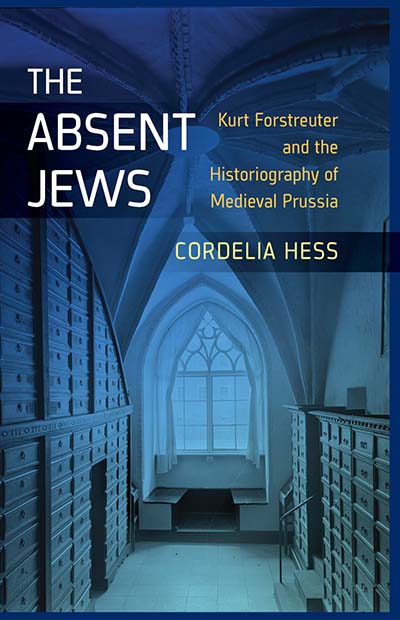 Published May 2017
Published May 2017 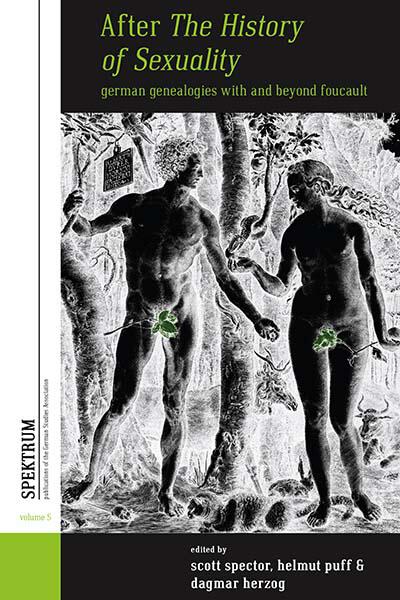 Published July 2012
Published July 2012 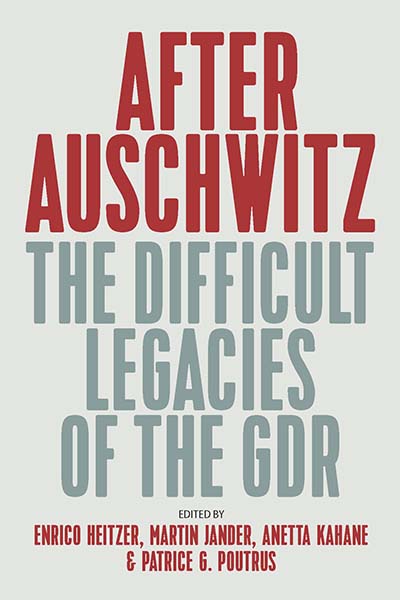 Published January 2021
Published January 2021 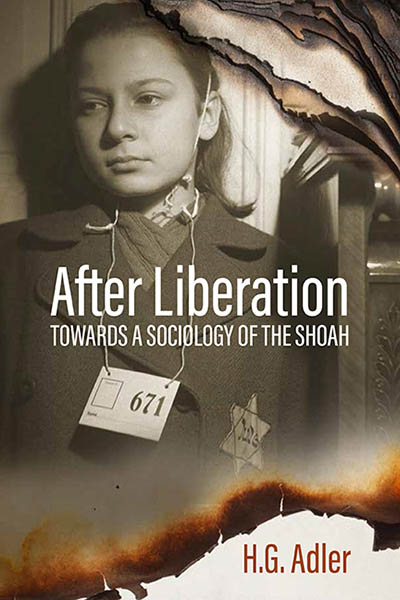 Published December 2023
Published December 2023 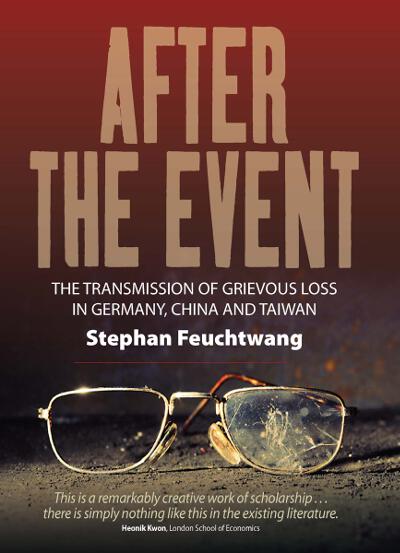 Published April 2011
Published April 2011 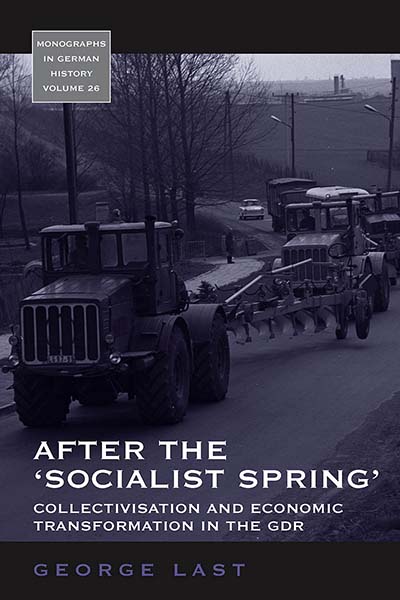 Published March 2009
Published March 2009 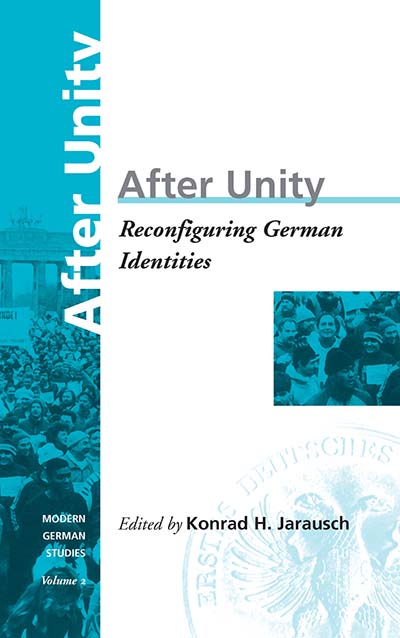 Published September 1997
Published September 1997 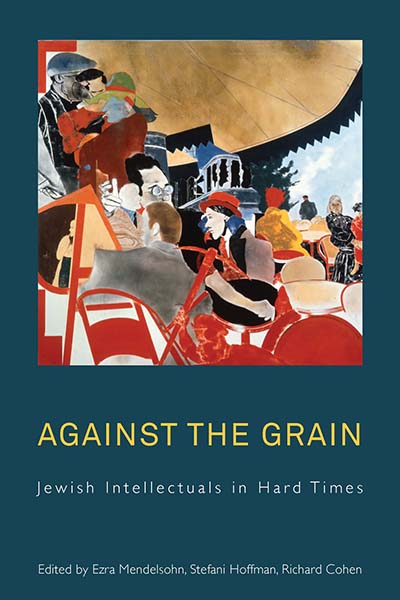 Published October 2013
Published October 2013 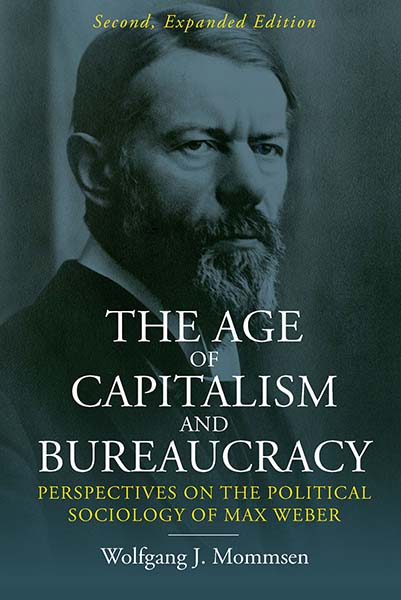 Published June 2021
Published June 2021  Published January 2025
Published January 2025 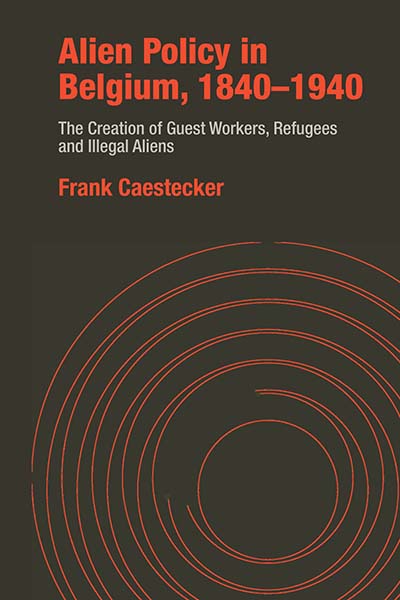 Published February 2001
Published February 2001 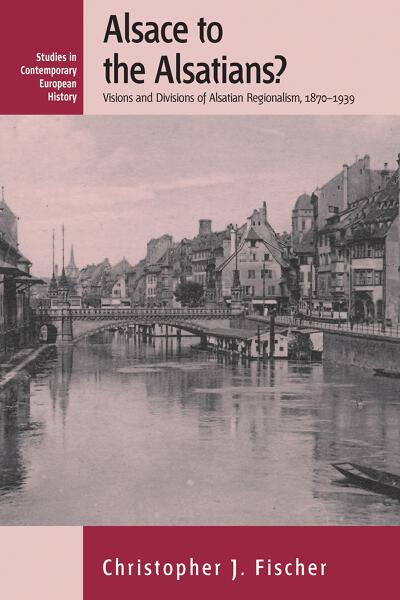 Published March 2010
Published March 2010 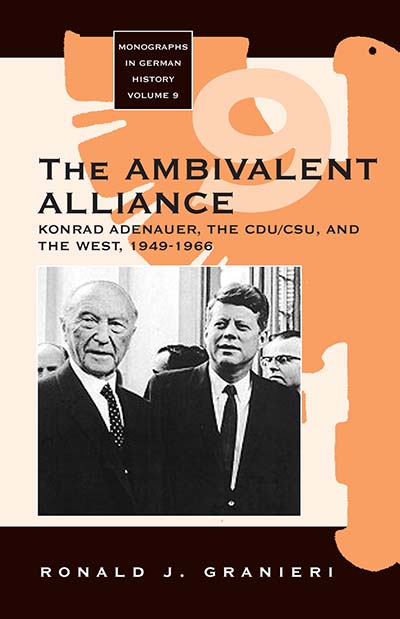 Published January 2003
Published January 2003 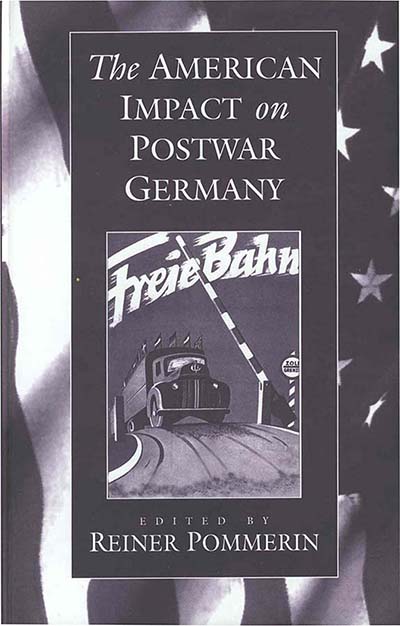 Published January 1995
Published January 1995  Published November 2004
Published November 2004 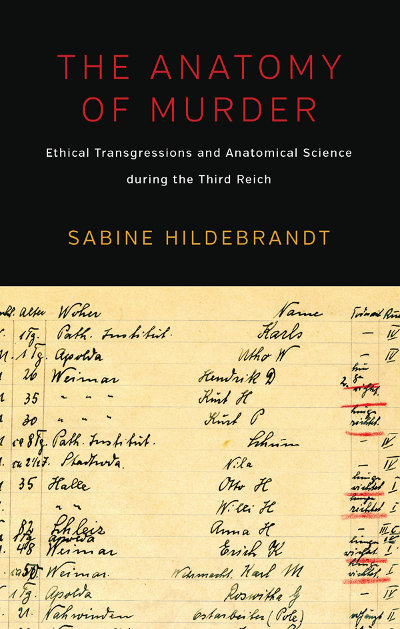 Published January 2016
Published January 2016 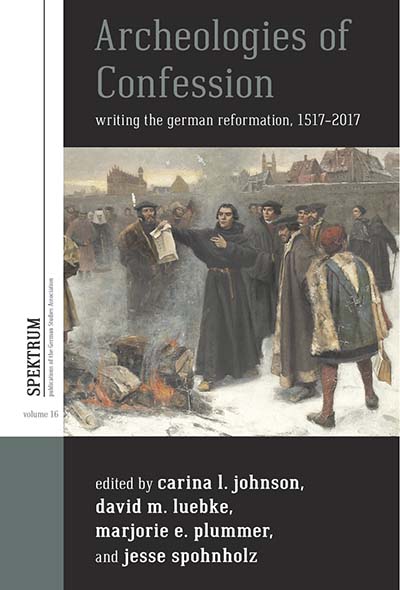 Published May 2017
Published May 2017 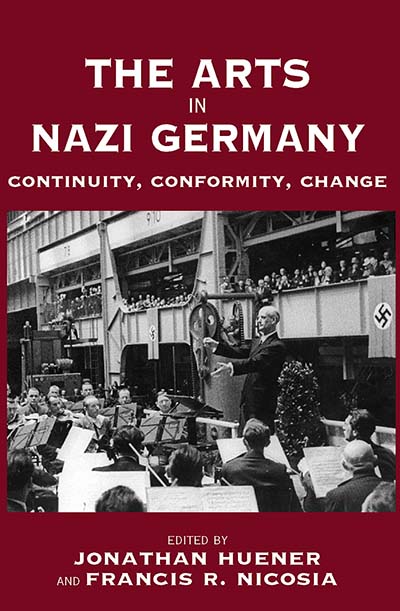 Published November 2006
Published November 2006 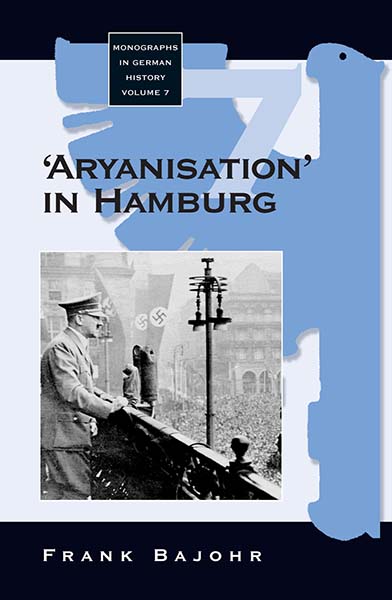 Published January 2002
Published January 2002 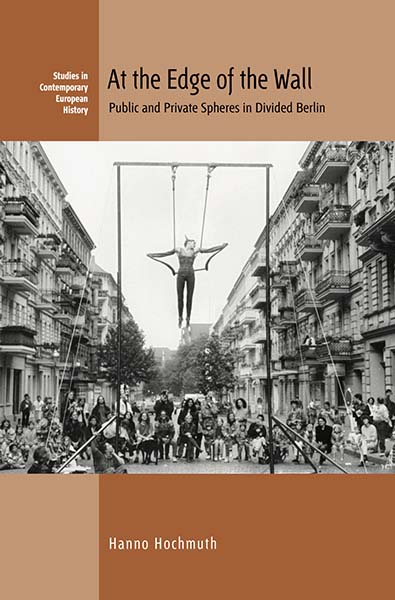 Published March 2021
Published March 2021 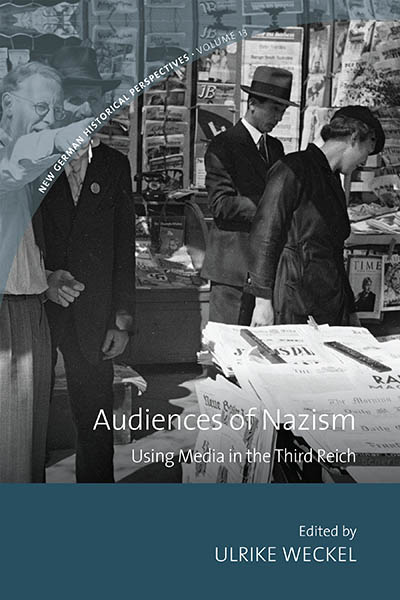 Published October 2023
Published October 2023 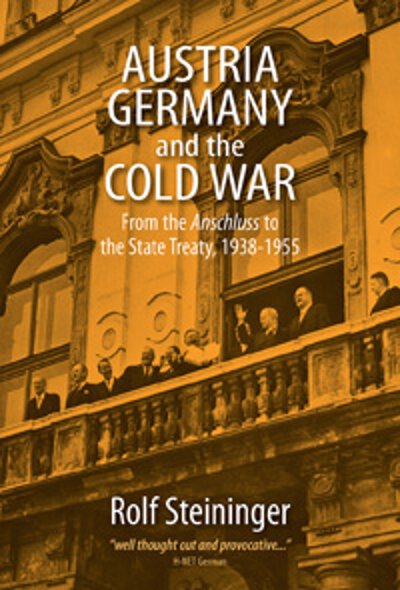 Published March 2008
Published March 2008 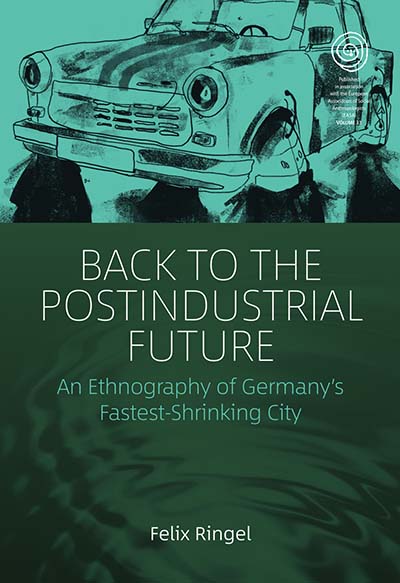 Published March 2018
Published March 2018 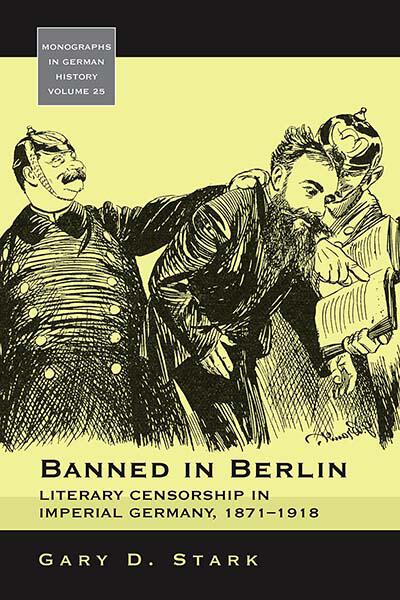 Published March 2009
Published March 2009 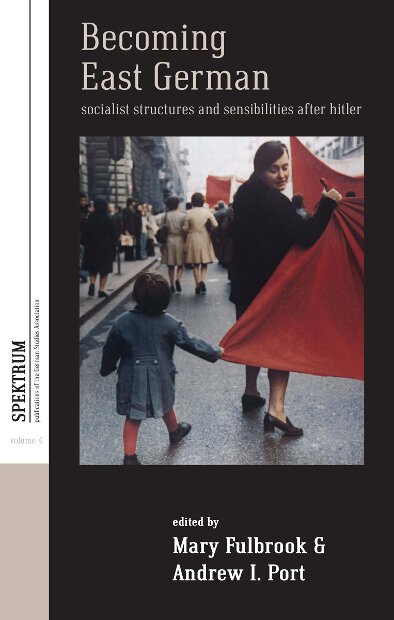 Published September 2013
Published September 2013 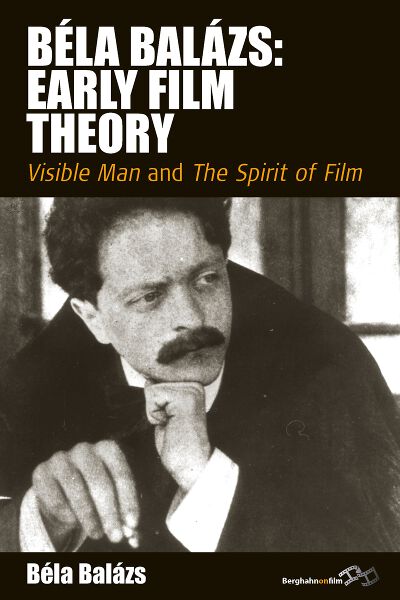 Published May 2010
Published May 2010 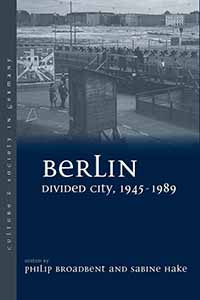 Published September 2010
Published September 2010 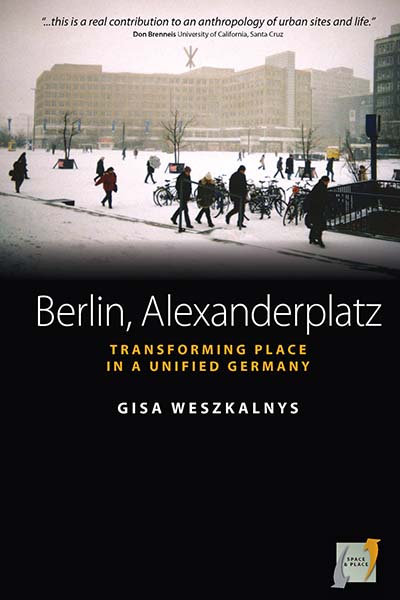 Published May 2010
Published May 2010 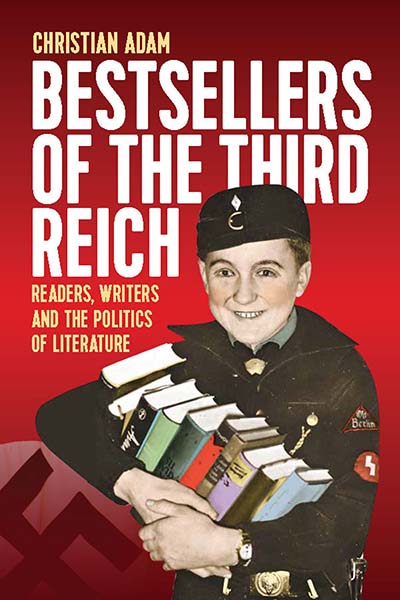 Published April 2021
Published April 2021 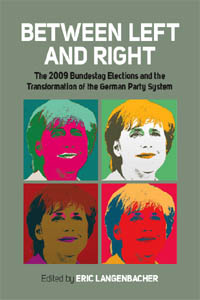 Published November 2010
Published November 2010 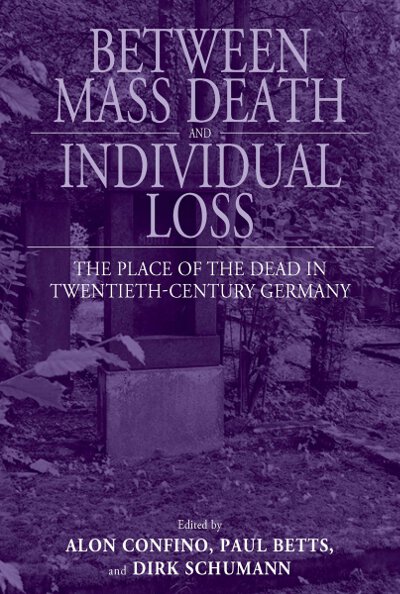 Published July 2008
Published July 2008 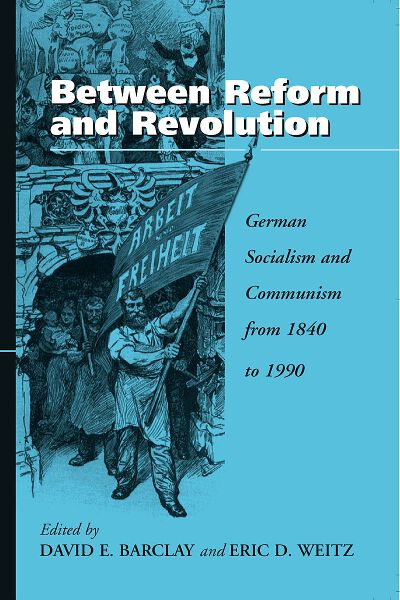 Published May 1998
Published May 1998 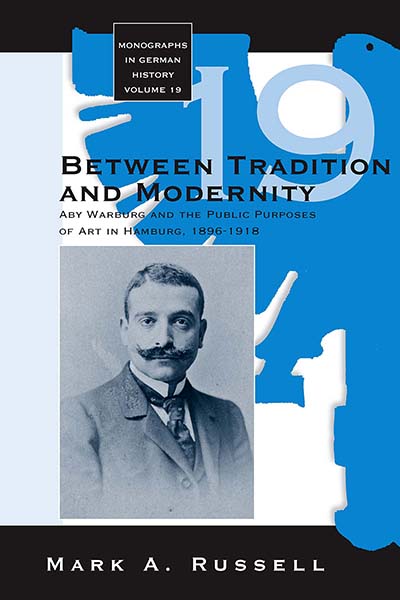 Published December 2007
Published December 2007 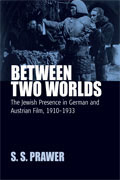 Published November 2005
Published November 2005 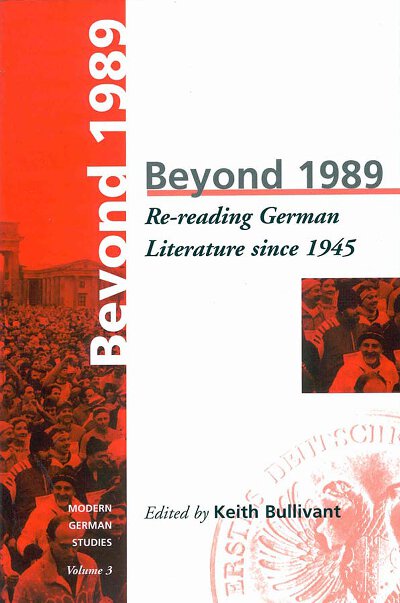 Published September 1997
Published September 1997 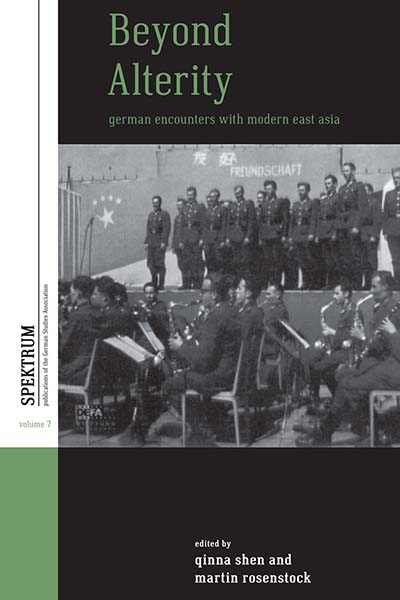 Published July 2014
Published July 2014 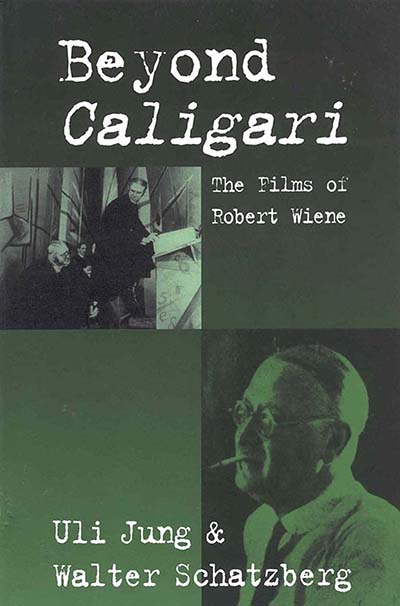 Published May 1999
Published May 1999 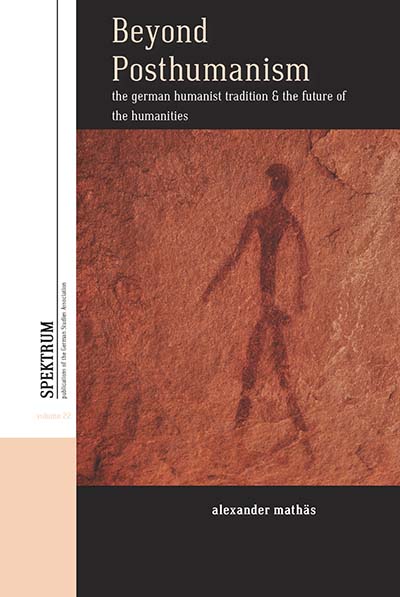 Published February 2020
Published February 2020 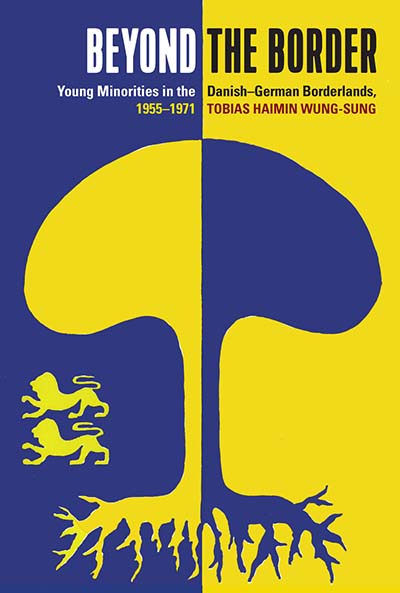 Published March 2019
Published March 2019 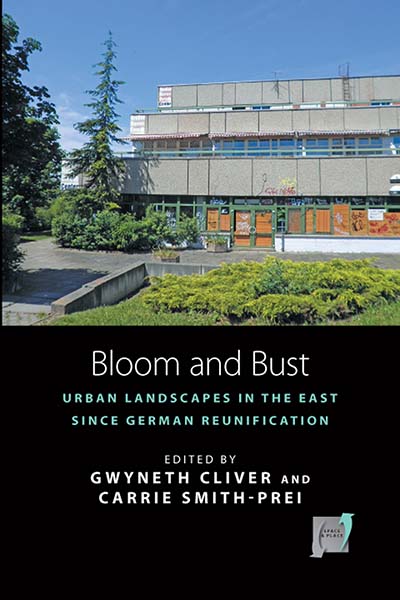 Published November 2014
Published November 2014 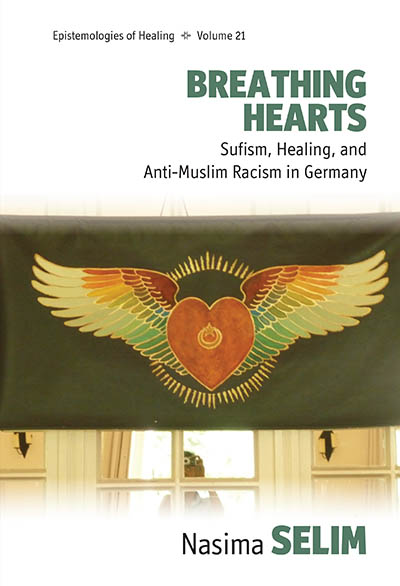 Published January 2024
Published January 2024 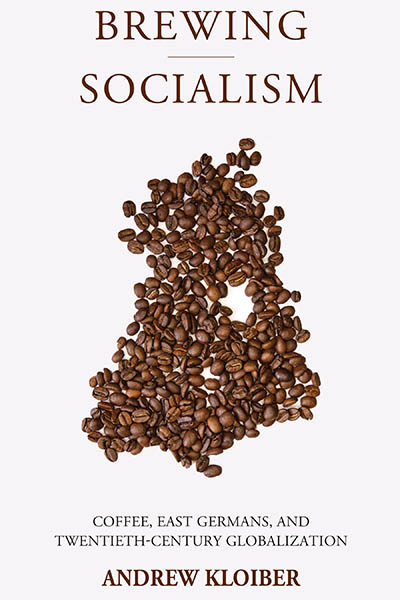 Published October 2022
Published October 2022 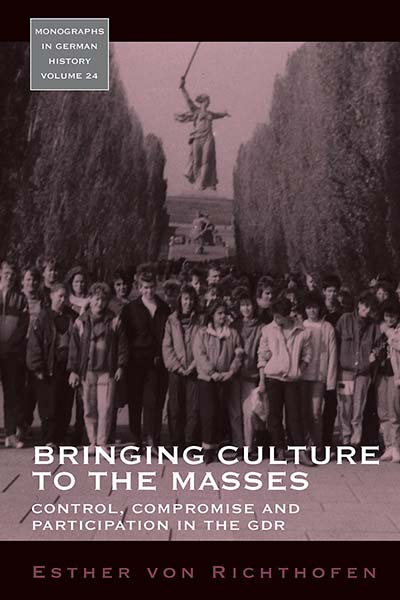 Published March 2009
Published March 2009 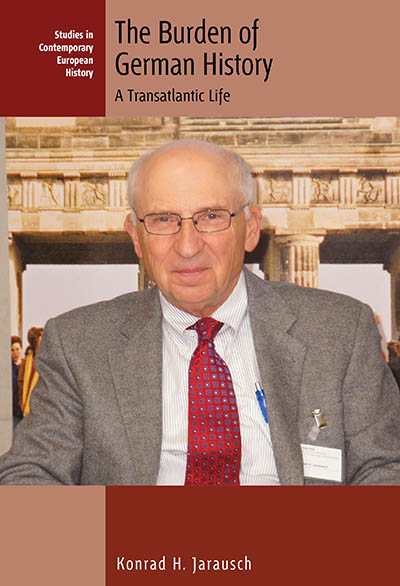 Published April 2023
Published April 2023 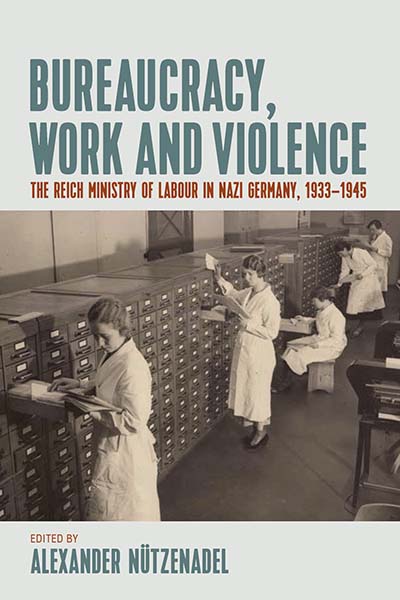 Published May 2020
Published May 2020 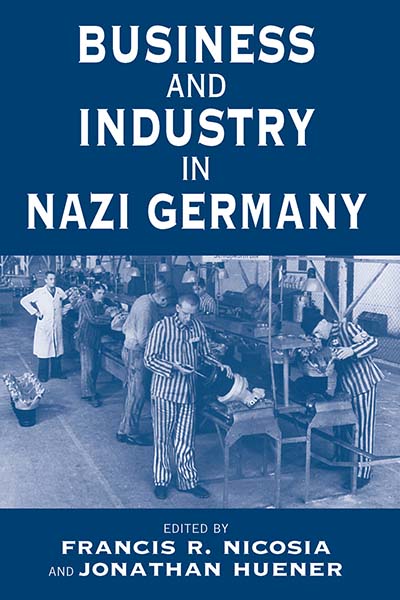 Published March 2004
Published March 2004 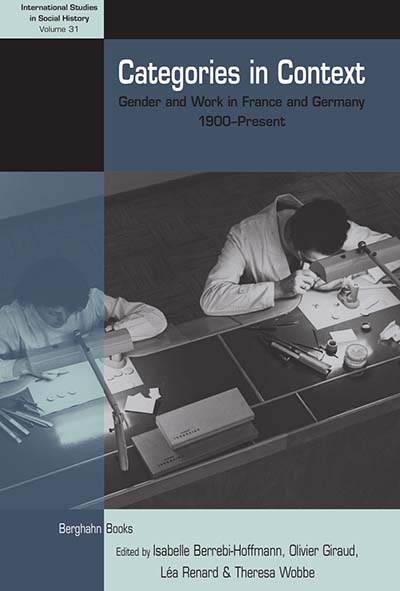 Published March 2019
Published March 2019 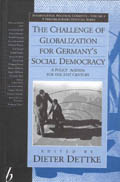 Published December 1998
Published December 1998 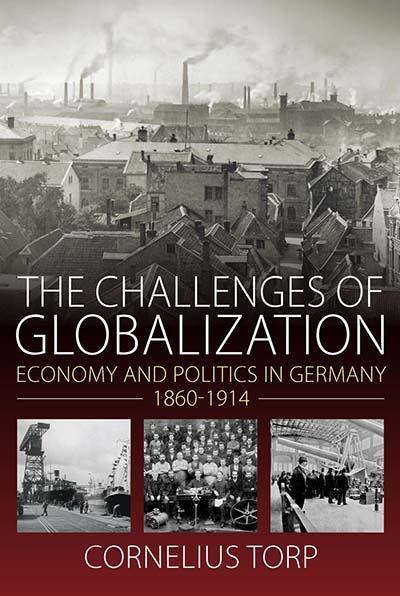 Published September 2014
Published September 2014 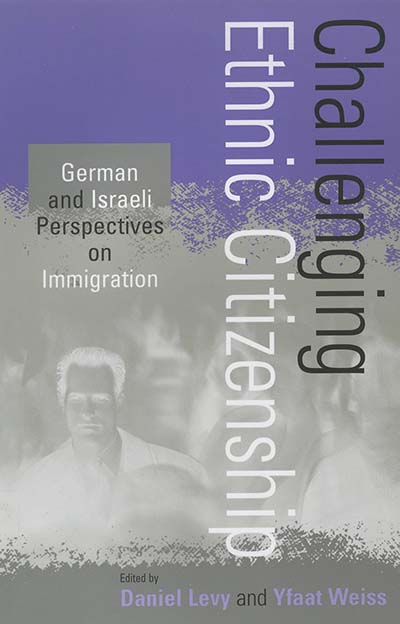 Published May 2002
Published May 2002 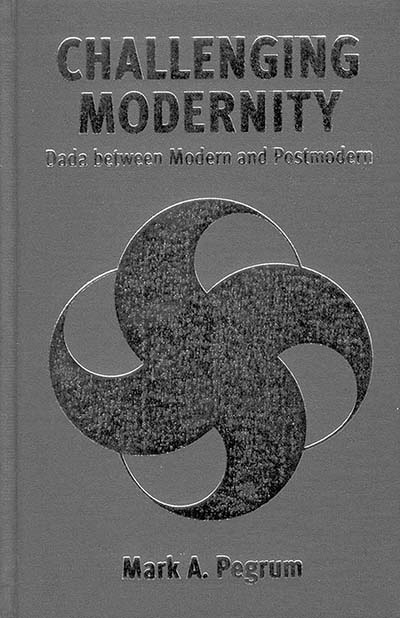 Published April 2000
Published April 2000 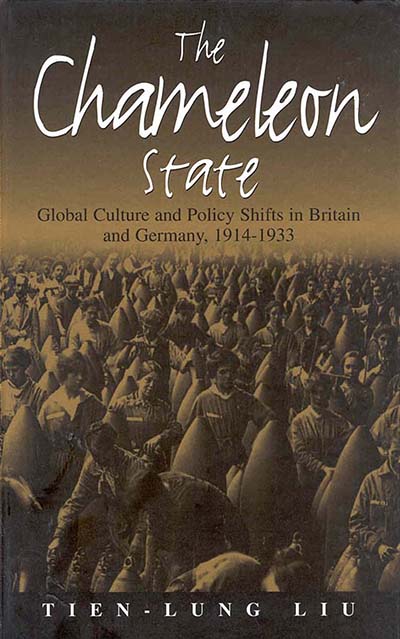 Published March 1999
Published March 1999 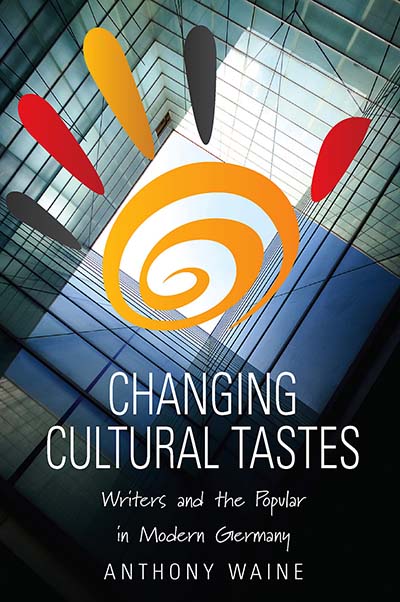 Published December 2007
Published December 2007 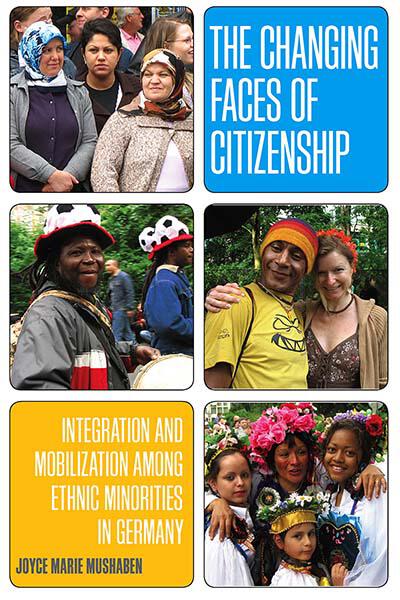 Published October 2008
Published October 2008 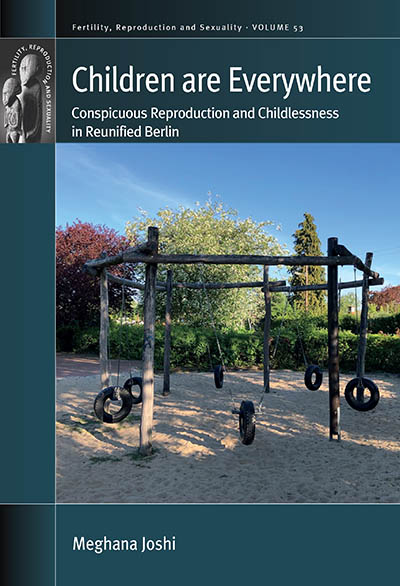 Published November 2023
Published November 2023 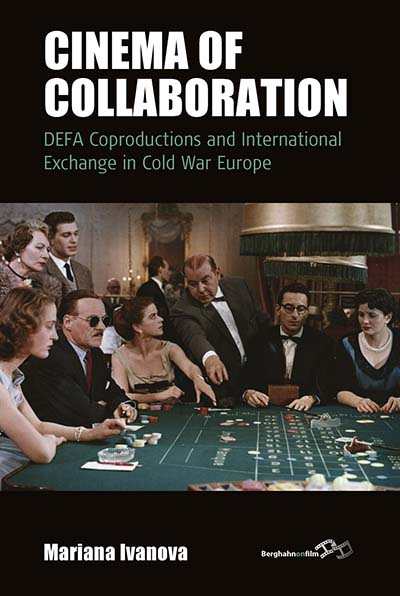 Published October 2019
Published October 2019 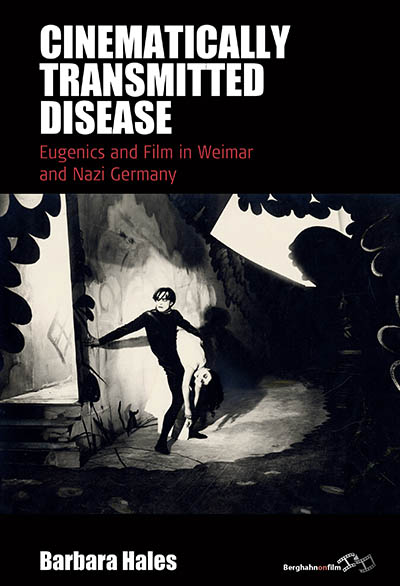 Published April 2024
Published April 2024 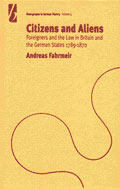 Published August 2000
Published August 2000 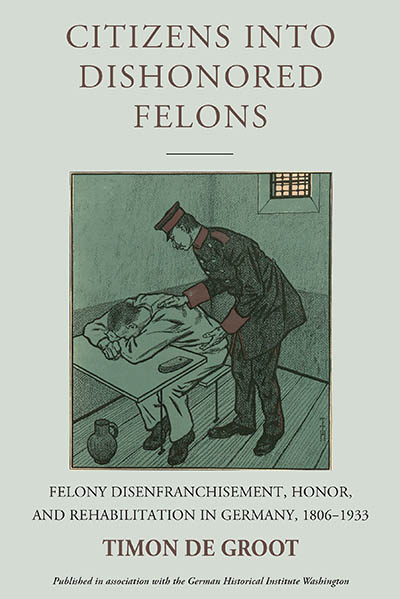 Published April 2023
Published April 2023 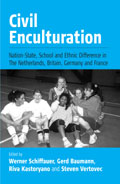 Published March 2004
Published March 2004 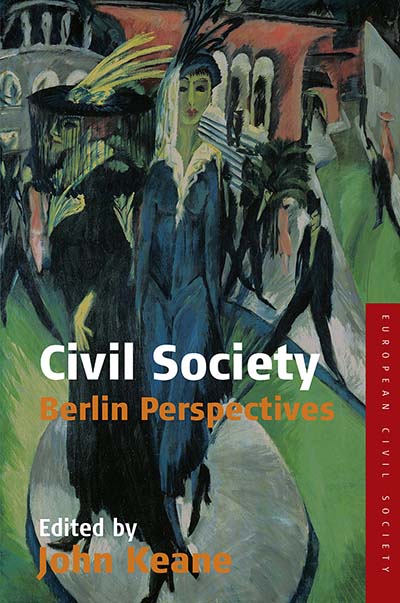 Published August 2006
Published August 2006 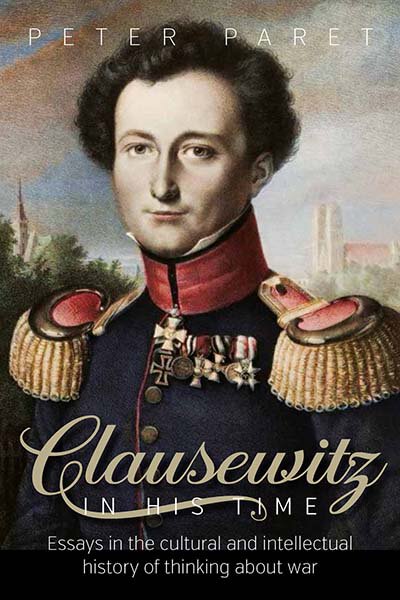 Published December 2014
Published December 2014 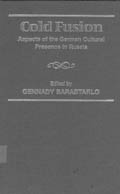 Published May 2000
Published May 2000 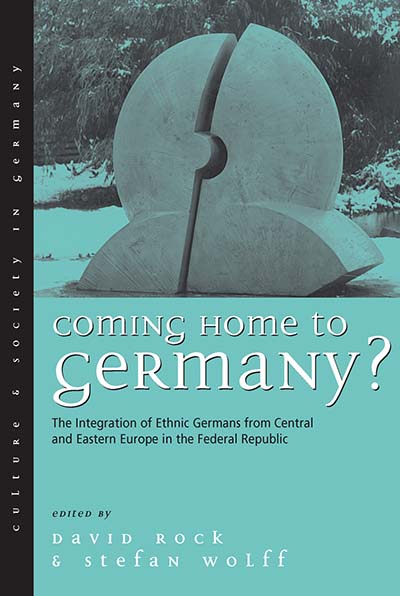 Published June 2002
Published June 2002 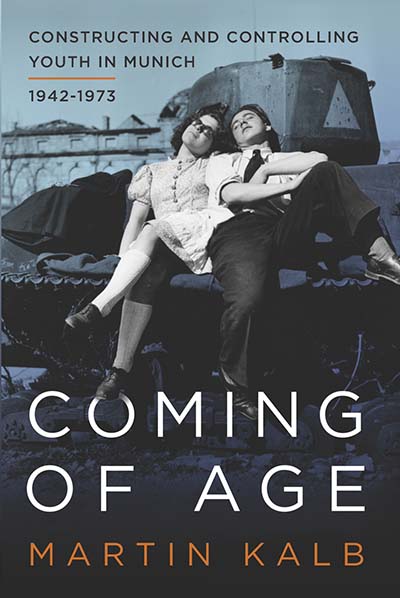 Published May 2016
Published May 2016 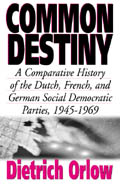 Published March 2000
Published March 2000 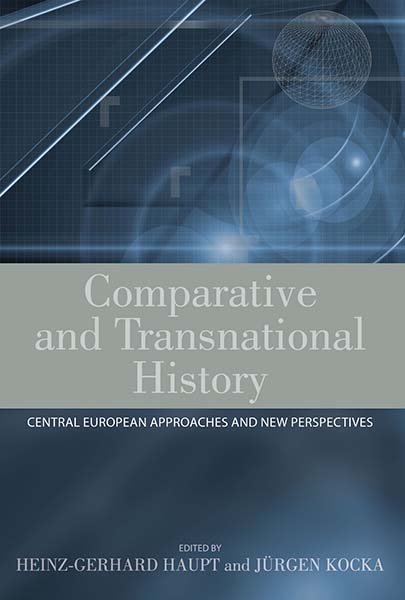 Published March 2010
Published March 2010 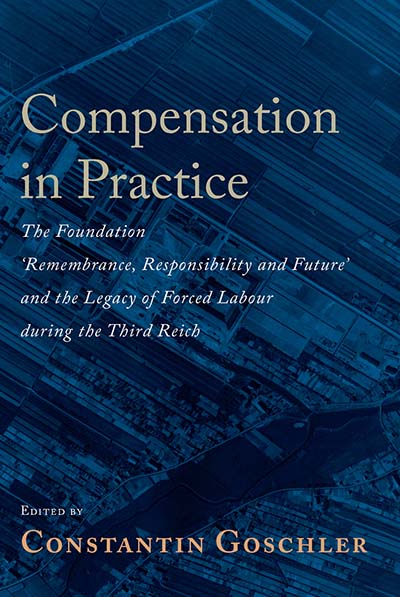 Published September 2017
Published September 2017 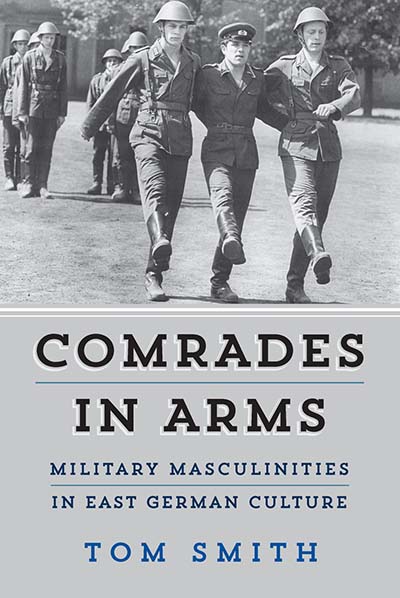 Published February 2020
Published February 2020 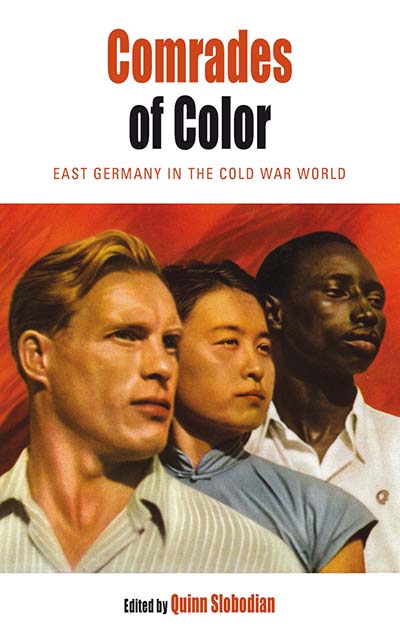 Published December 2015
Published December 2015 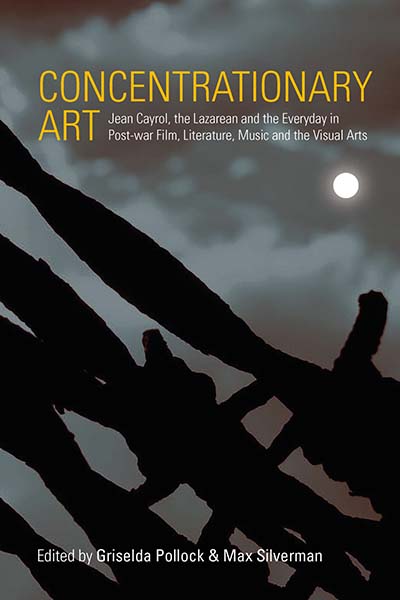 Published April 2019
Published April 2019 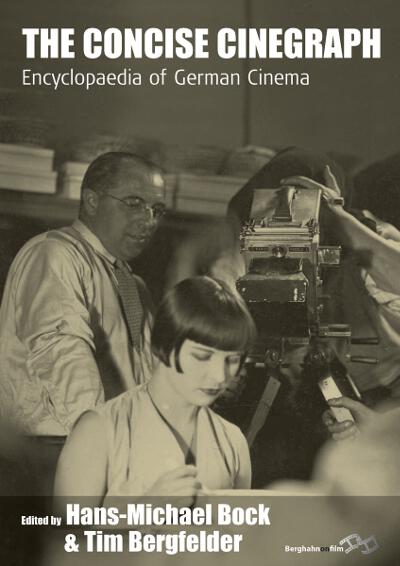 Published September 2009
Published September 2009 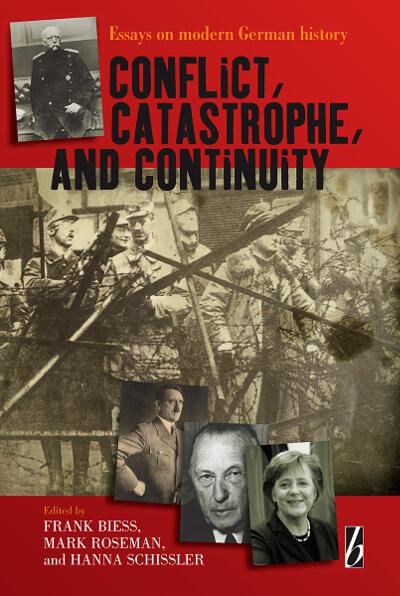 Published July 2007
Published July 2007 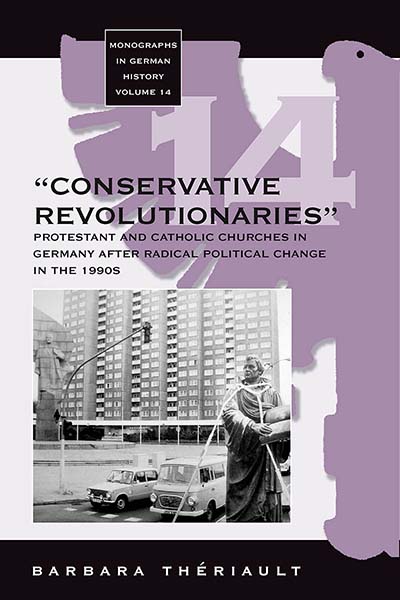 Published October 2004
Published October 2004 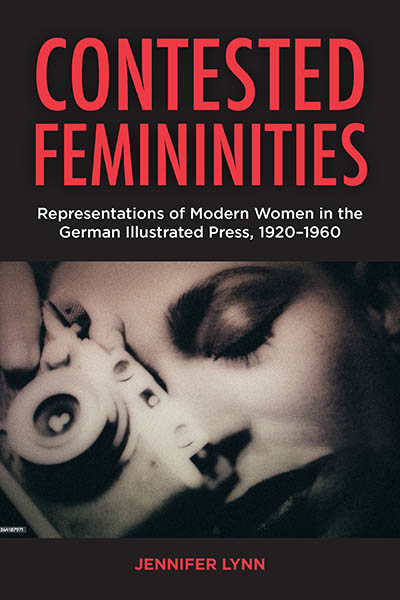 Published March 2024
Published March 2024 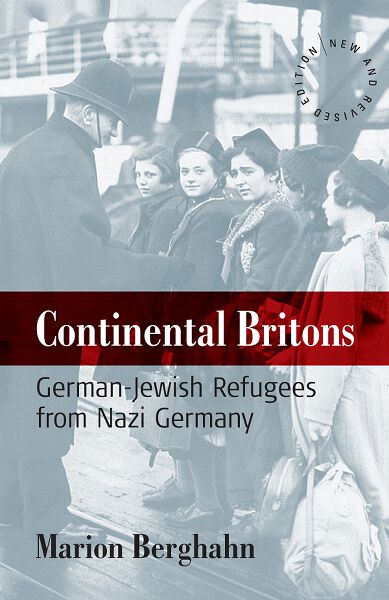 Published March 2007
Published March 2007 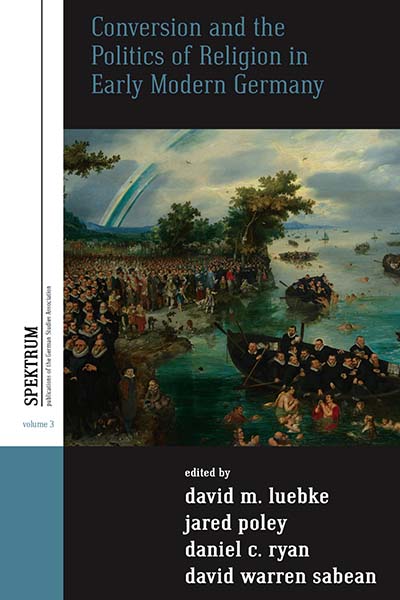 Published May 2012
Published May 2012 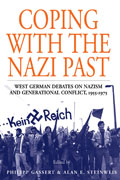 Published October 2006
Published October 2006 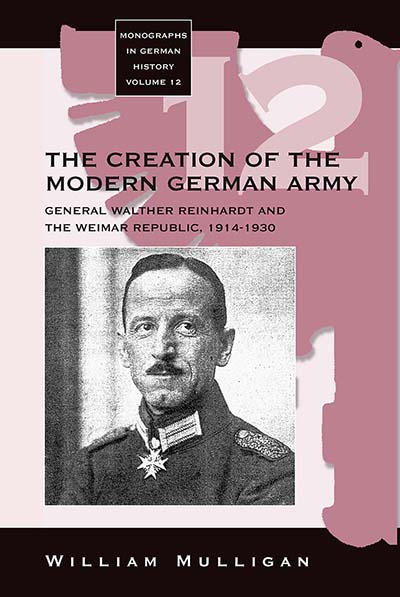 Published November 2004
Published November 2004 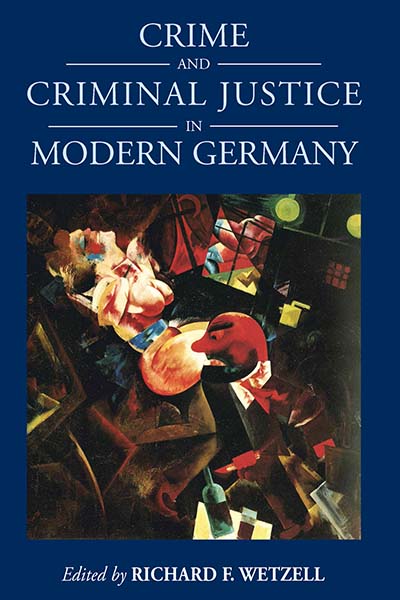 Published May 2014
Published May 2014 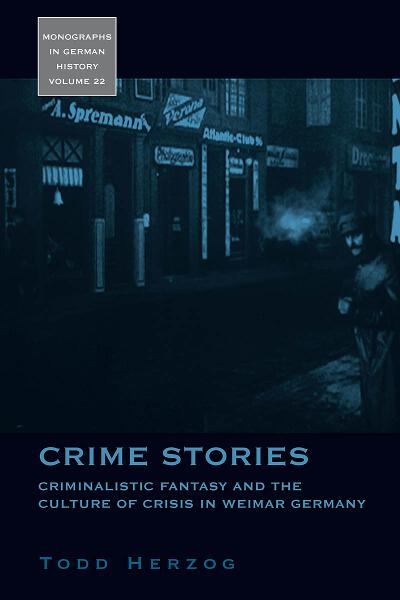 Published April 2009
Published April 2009 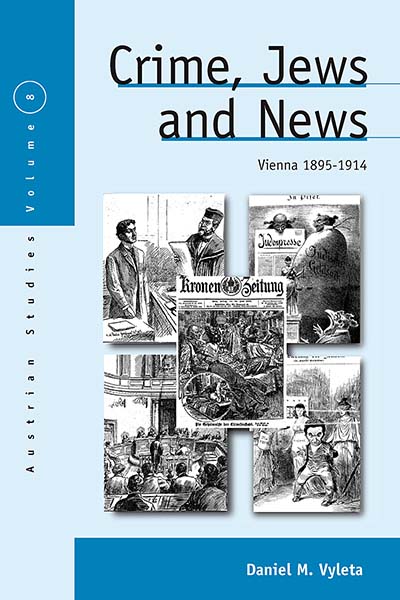 Published January 2007
Published January 2007 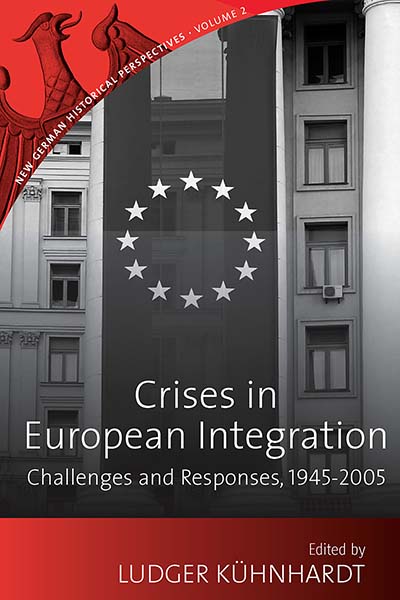 Published December 2008
Published December 2008 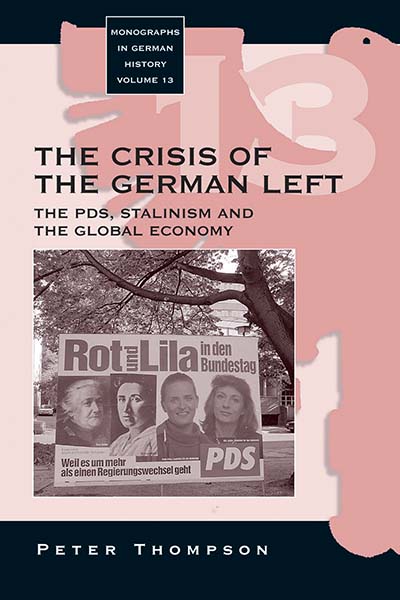 Published January 2005
Published January 2005 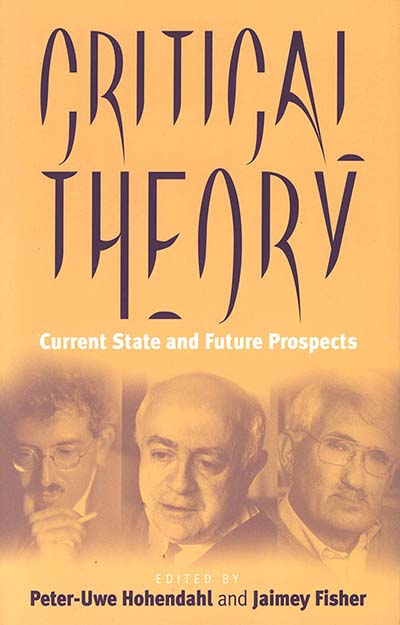 Published June 2001
Published June 2001 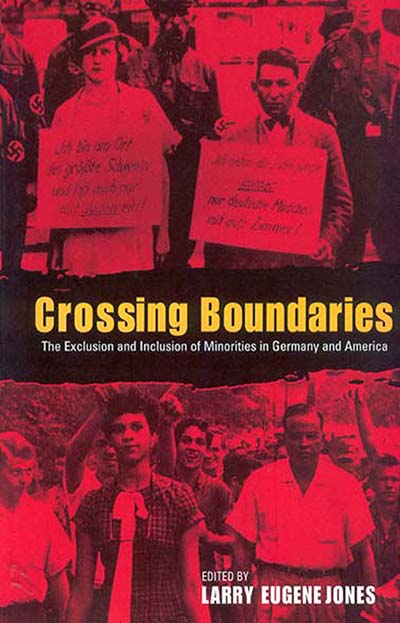 Published October 2001
Published October 2001 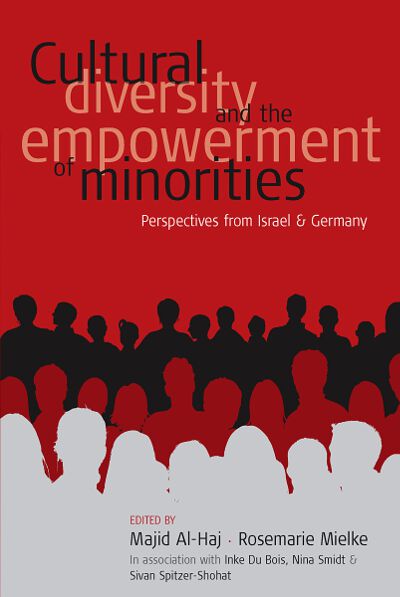 Published December 2007
Published December 2007 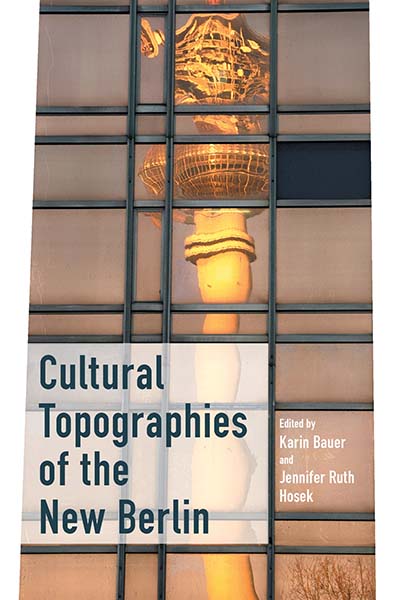 Published November 2017
Published November 2017 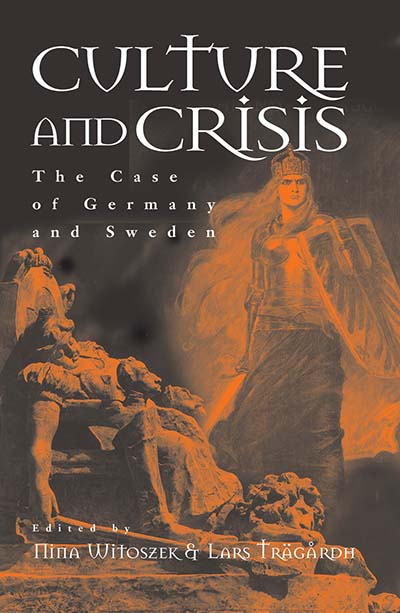 Published December 2002
Published December 2002 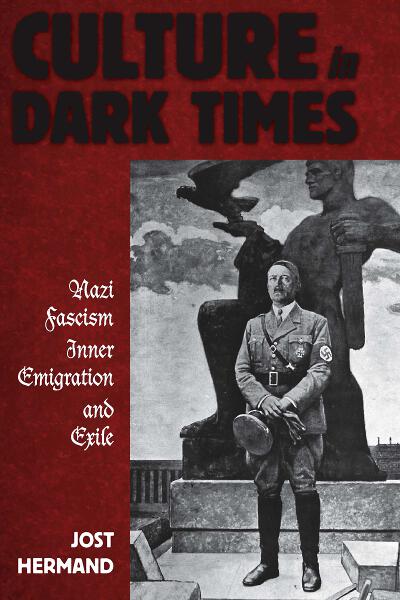 Published December 2012
Published December 2012 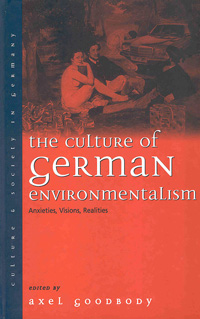 Published December 2002
Published December 2002 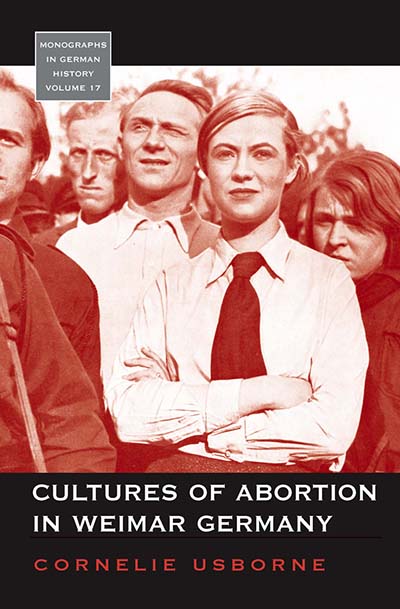 Published December 2007
Published December 2007 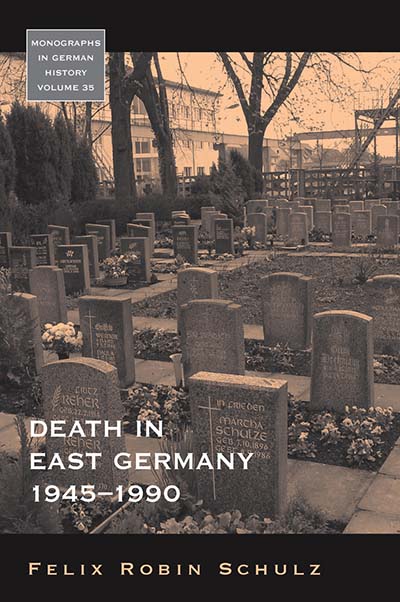 Published September 2013
Published September 2013 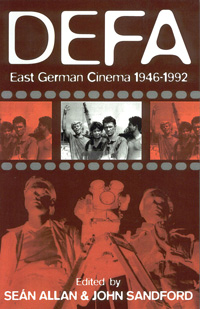 Published August 1999
Published August 1999 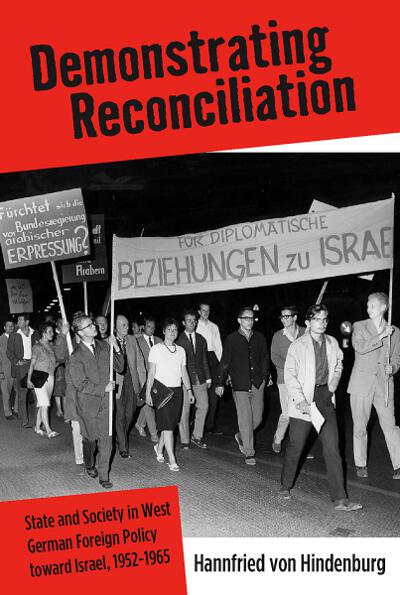 Published May 2007
Published May 2007 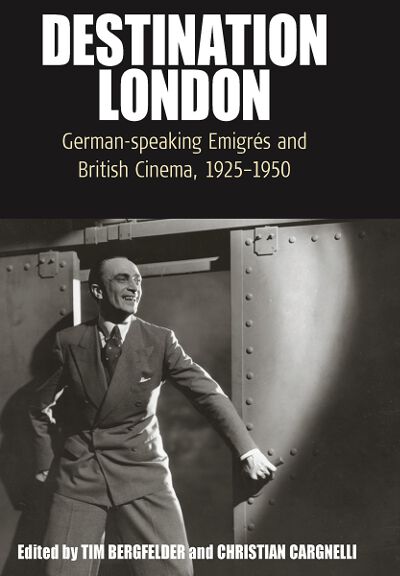 Published August 2008
Published August 2008 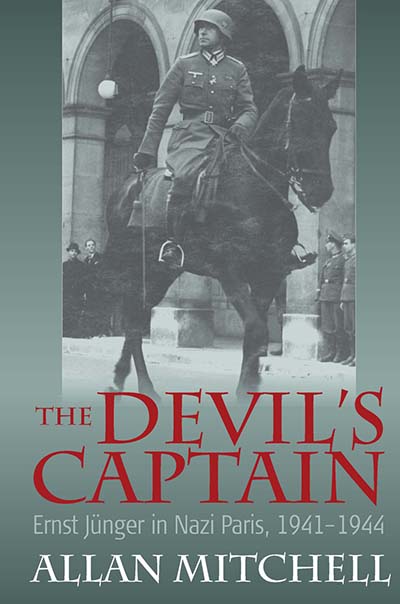 Published May 2011
Published May 2011  Published August 2016
Published August 2016 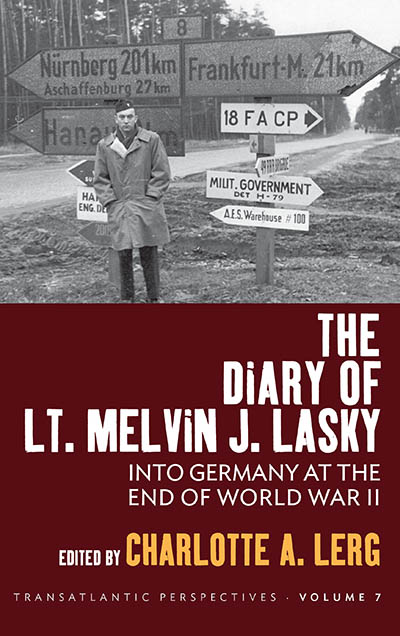 Published November 2022
Published November 2022 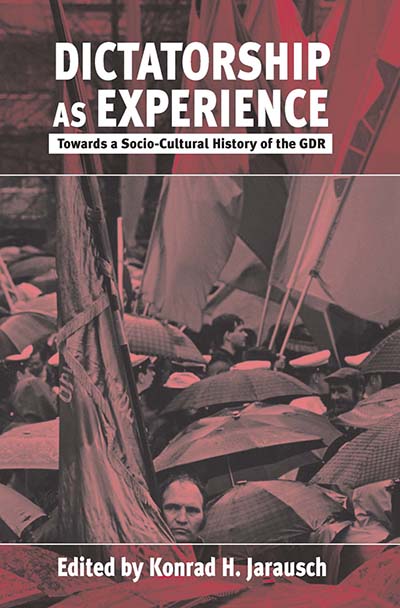 Published October 1999
Published October 1999 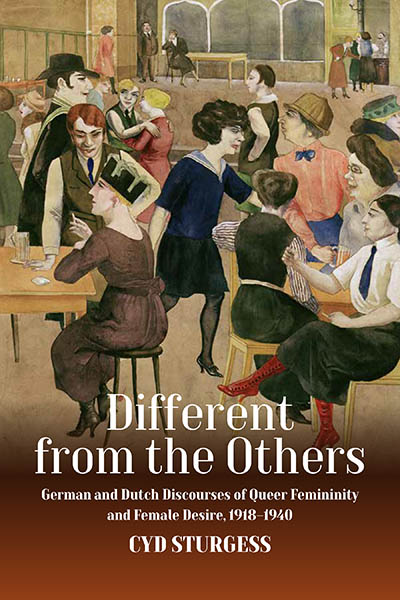 Published November 2022
Published November 2022 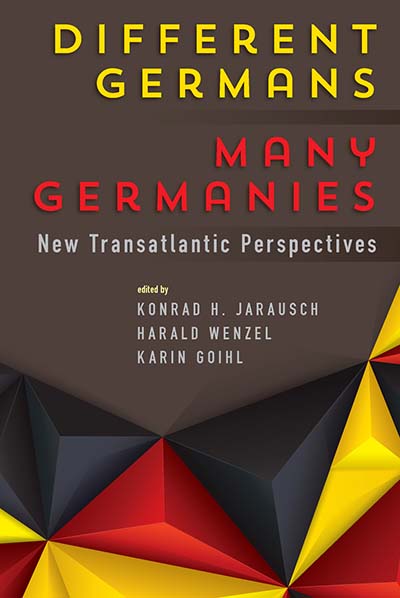 Published December 2016
Published December 2016 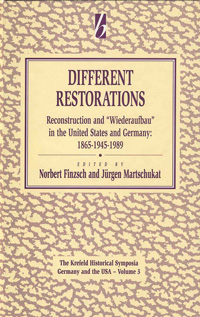 Published August 1996
Published August 1996 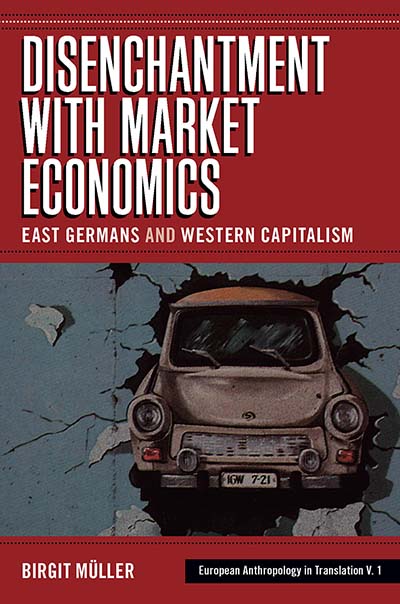 Published January 2007
Published January 2007 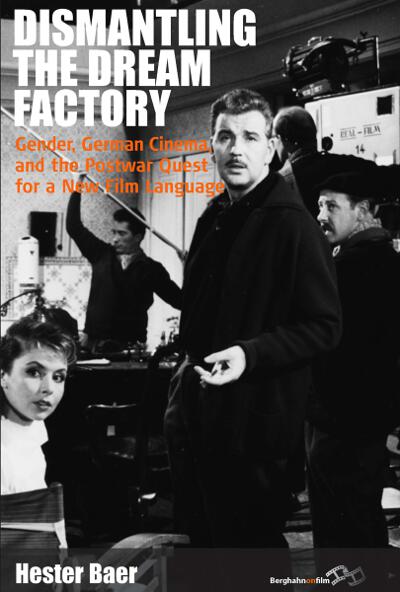 Published September 2009
Published September 2009 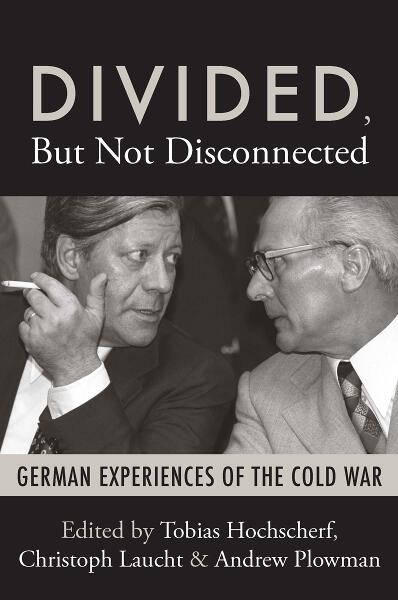 Published December 2010
Published December 2010  Published August 2024
Published August 2024  Published June 2020
Published June 2020 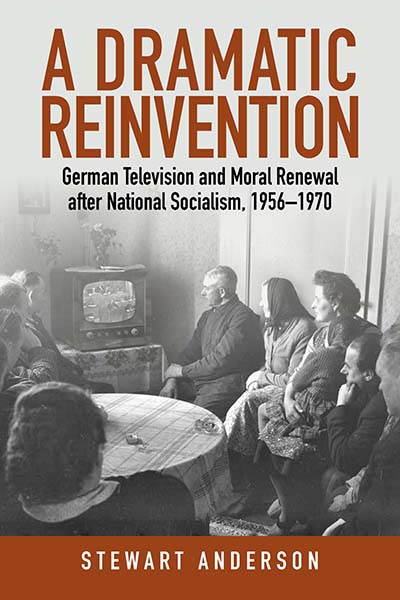 Published April 2020
Published April 2020 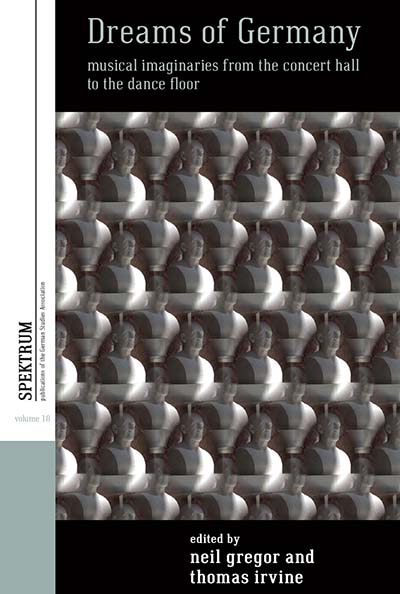 Published December 2018
Published December 2018 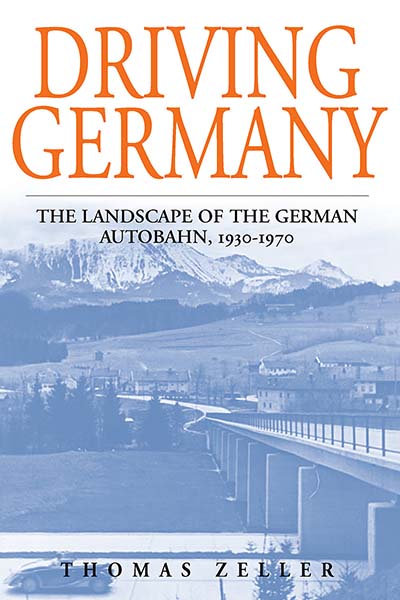 Published February 2007
Published February 2007 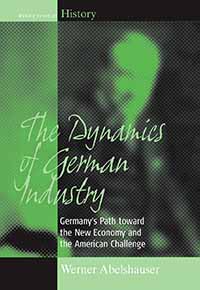 Published October 2005
Published October 2005 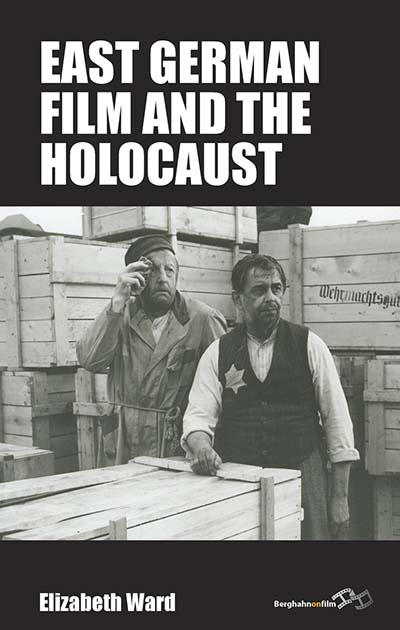 Published April 2021
Published April 2021 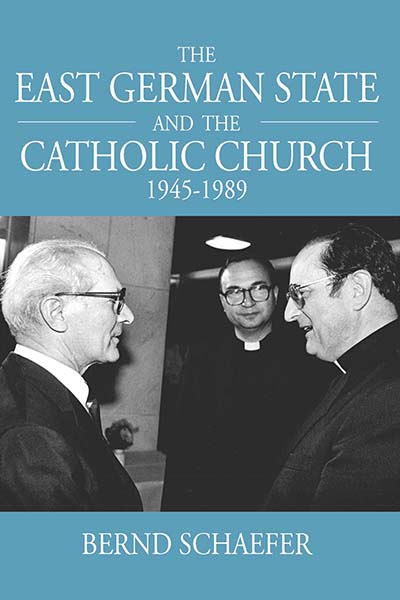 Published October 2010
Published October 2010 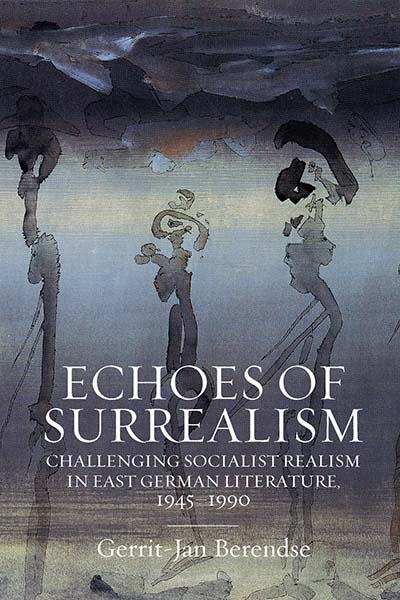 Published May 2021
Published May 2021 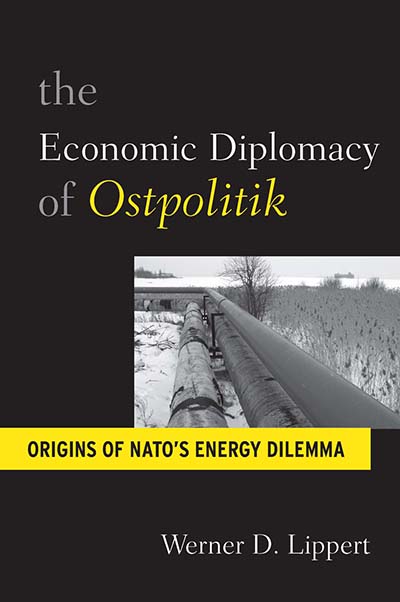 Published December 2010
Published December 2010 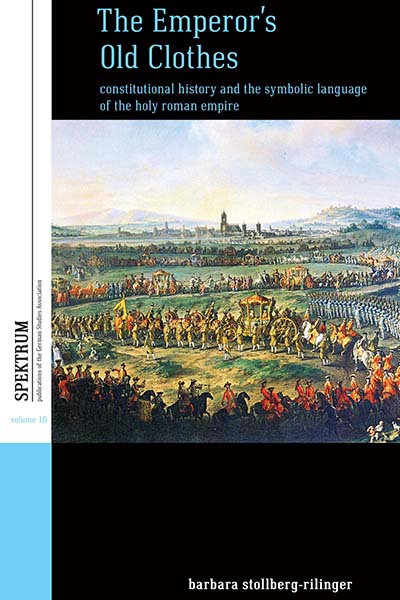 Published August 2015
Published August 2015 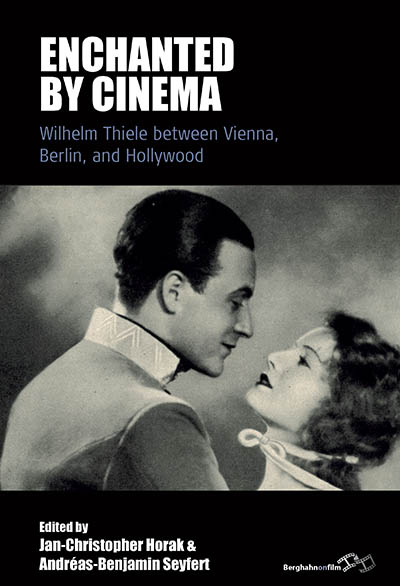 Published May 2024
Published May 2024  Published March 2025
Published March 2025 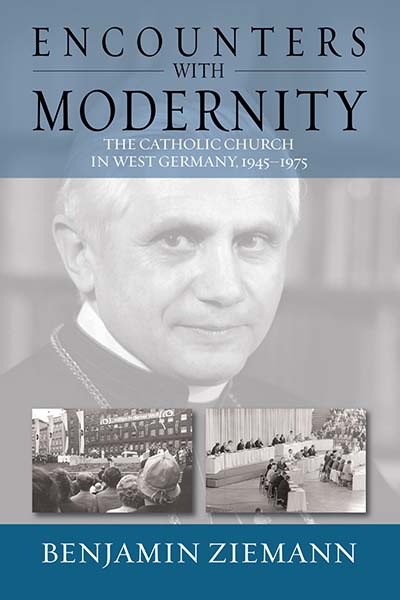 Published June 2014
Published June 2014 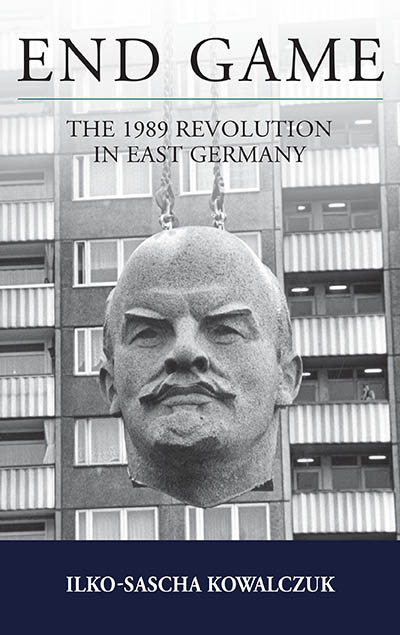 Published December 2022
Published December 2022 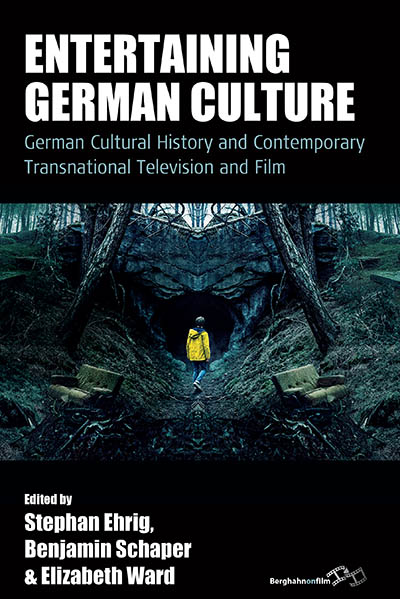 Published August 2023
Published August 2023 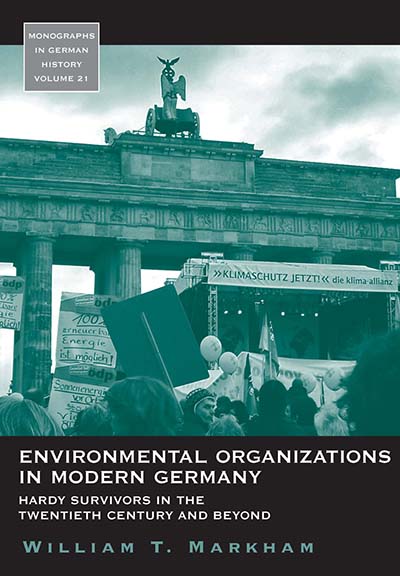 Published August 2008
Published August 2008 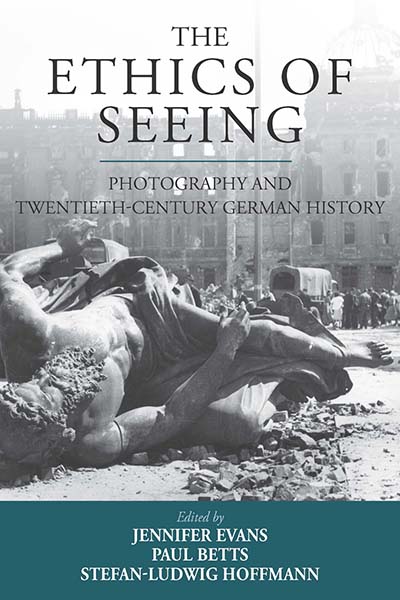 Published January 2018
Published January 2018 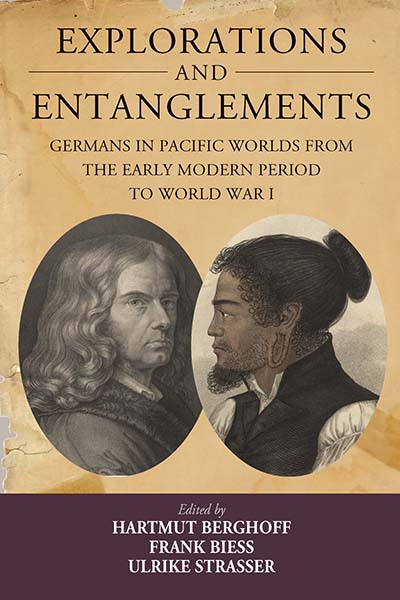 Published November 2018
Published November 2018 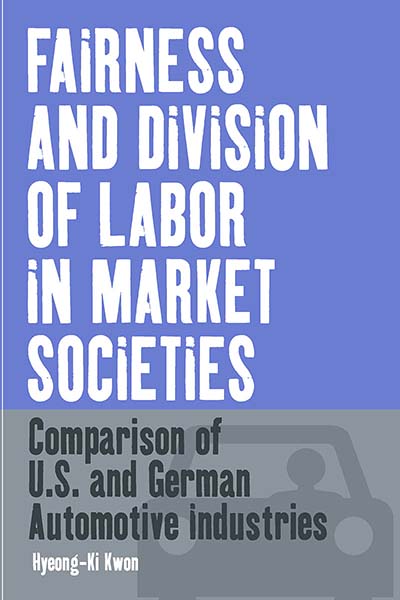 Published October 2004
Published October 2004 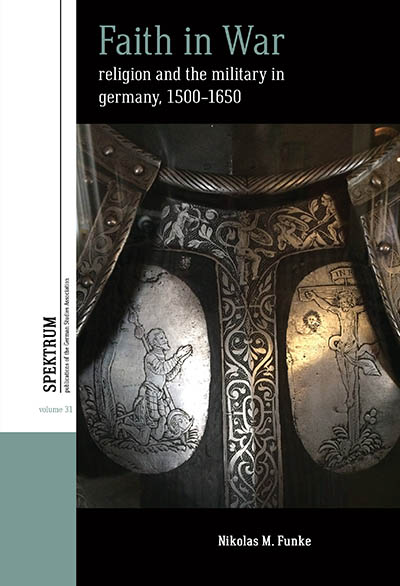 Published August 2024
Published August 2024  Published June 2015
Published June 2015 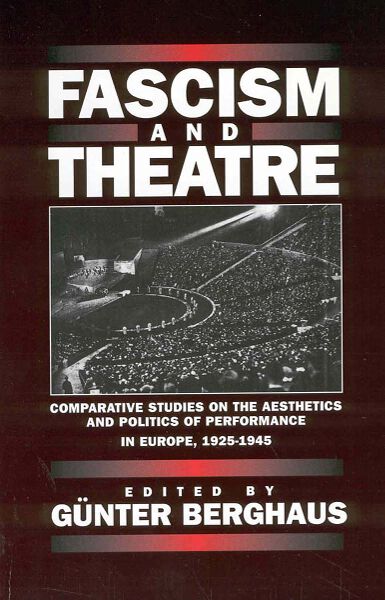 Published May 1996
Published May 1996 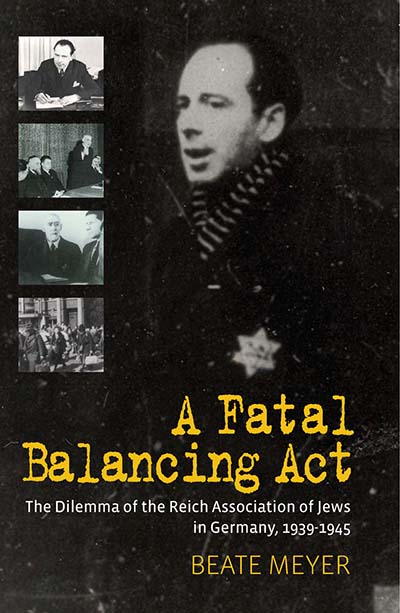 Published September 2013
Published September 2013 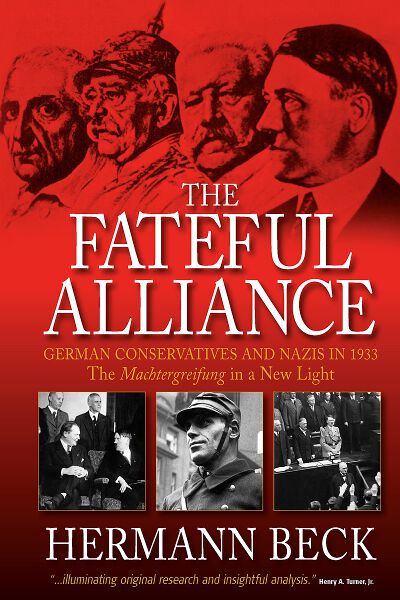 Published April 2008
Published April 2008 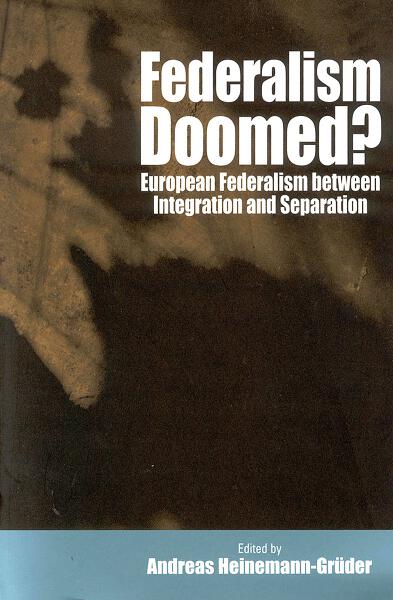 Published January 2002
Published January 2002 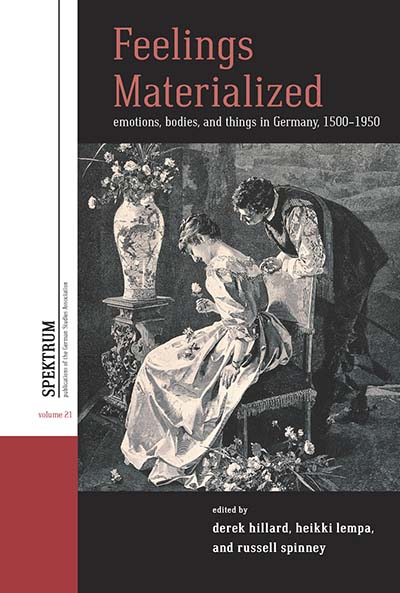 Published January 2020
Published January 2020 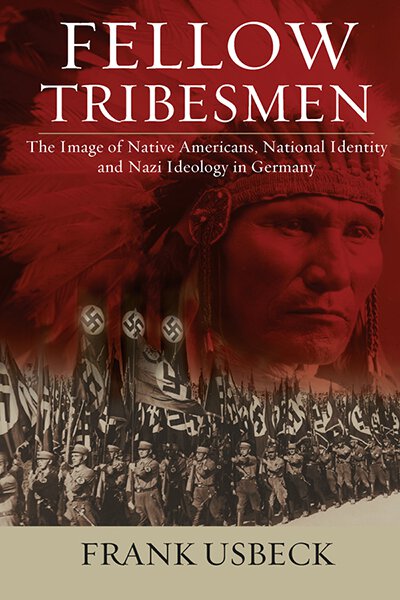 Published May 2015
Published May 2015 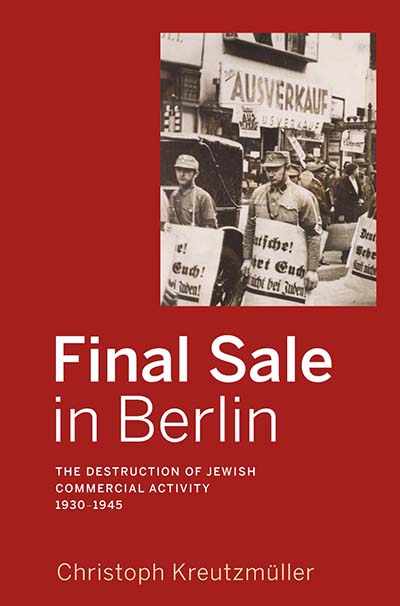 Published August 2015
Published August 2015 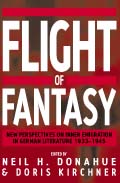 Published December 2003
Published December 2003 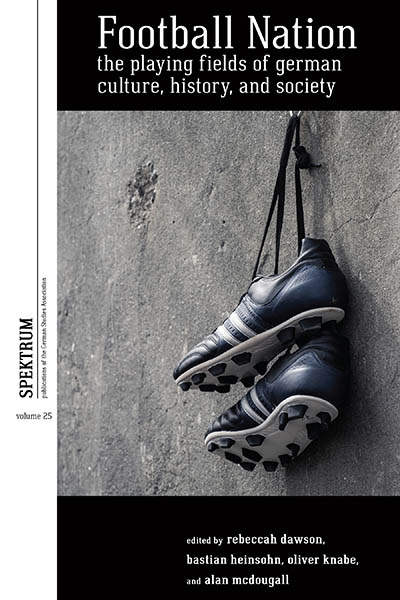 Published October 2022
Published October 2022 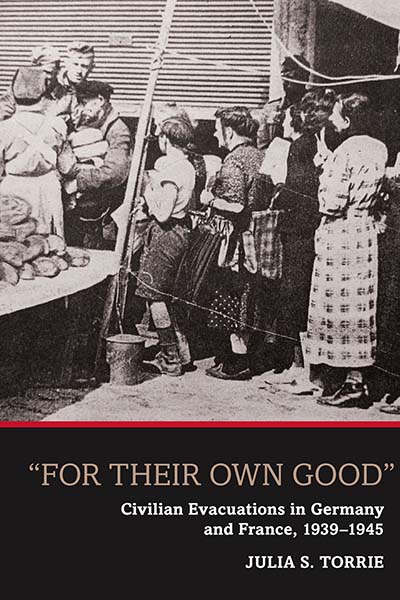 Published March 2010
Published March 2010  Forthcoming March 2026
Forthcoming March 2026 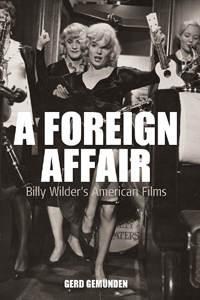 Published April 2008
Published April 2008 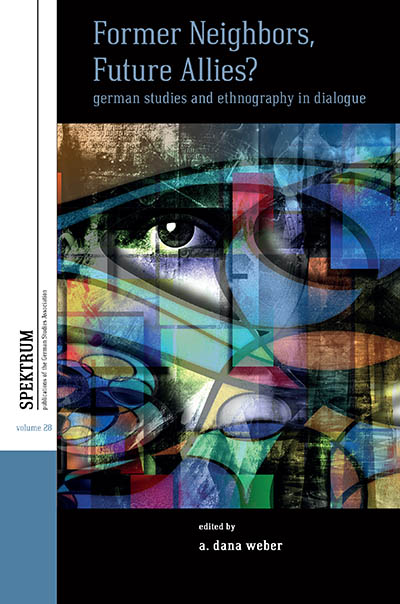 Published March 2023
Published March 2023 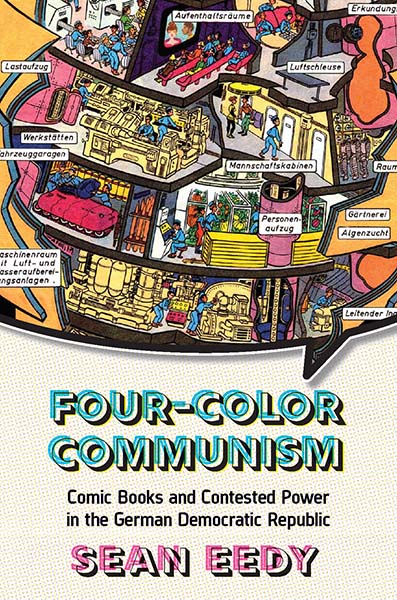 Published February 2021
Published February 2021 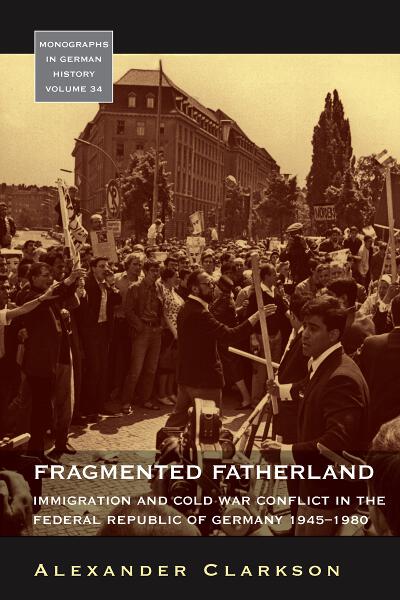 Published September 2013
Published September 2013 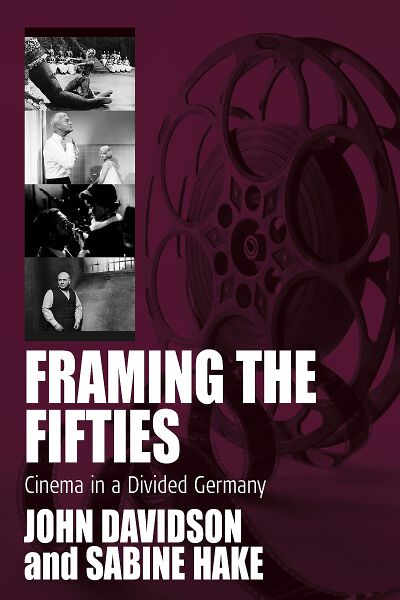 Published July 2007
Published July 2007 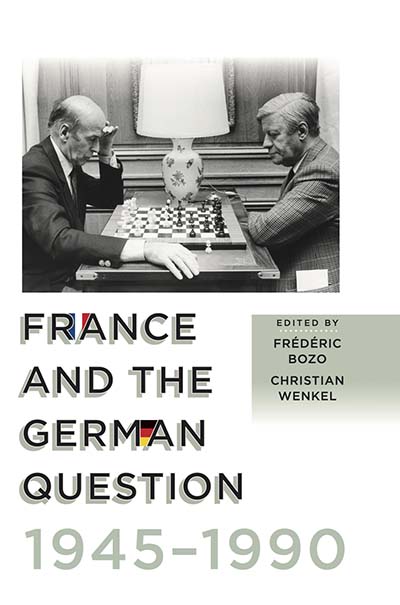 Published July 2019
Published July 2019 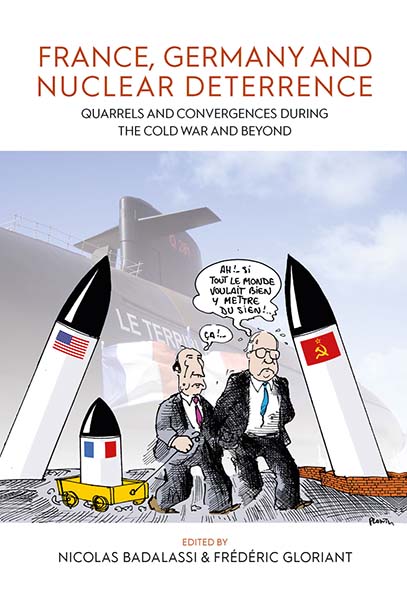 Published January 2022
Published January 2022 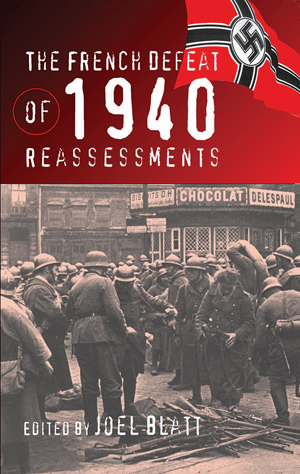 Published August 1997
Published August 1997 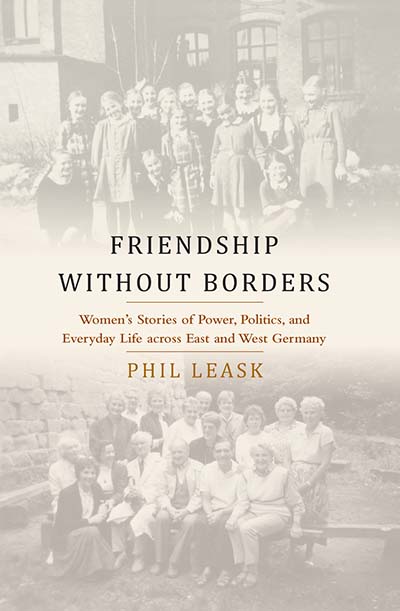 Published March 2020
Published March 2020 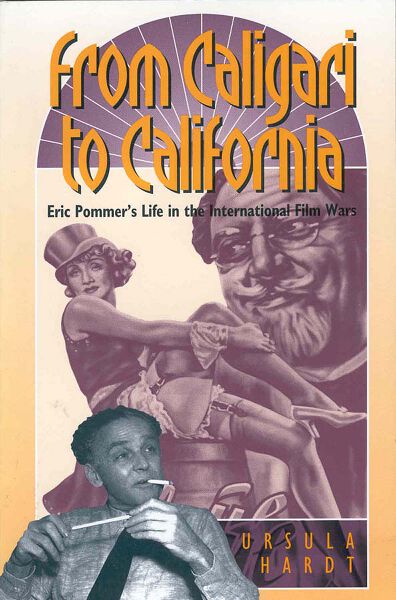 Published December 1996
Published December 1996 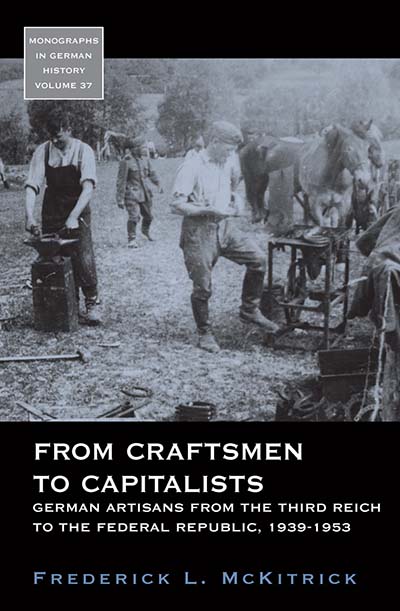 Published September 2016
Published September 2016 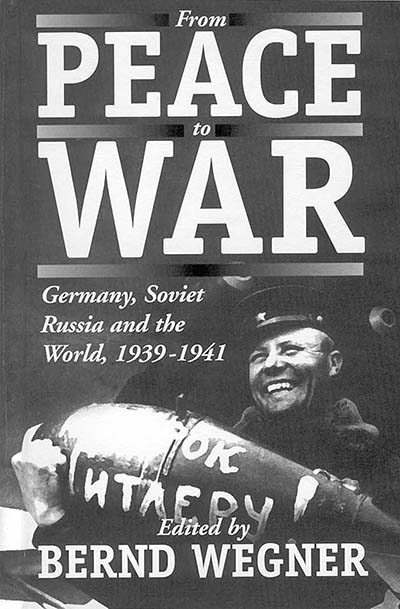 Published January 1997
Published January 1997 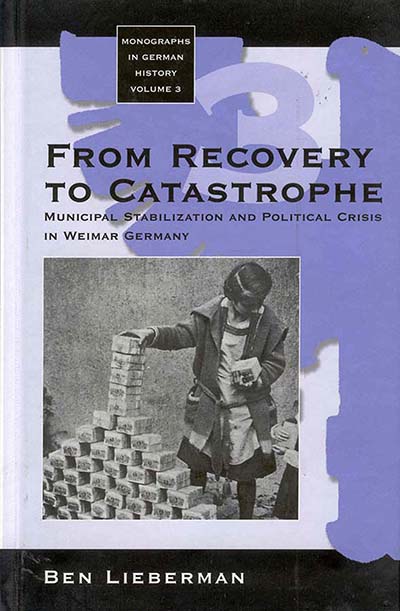 Published September 1998
Published September 1998 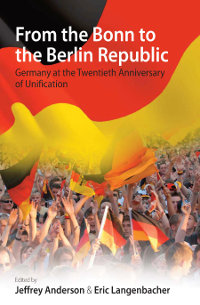 Published November 2010
Published November 2010 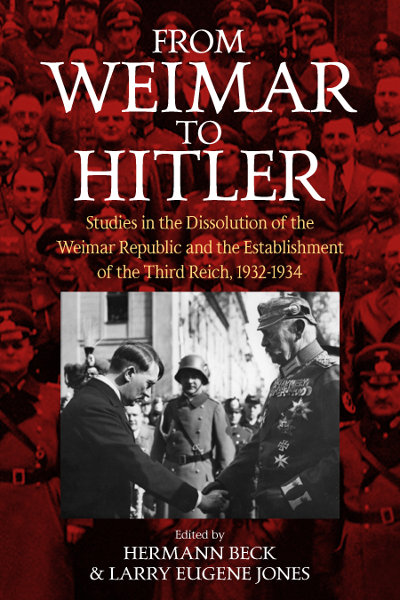 Published November 2018
Published November 2018 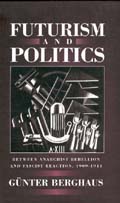 Published April 1996
Published April 1996 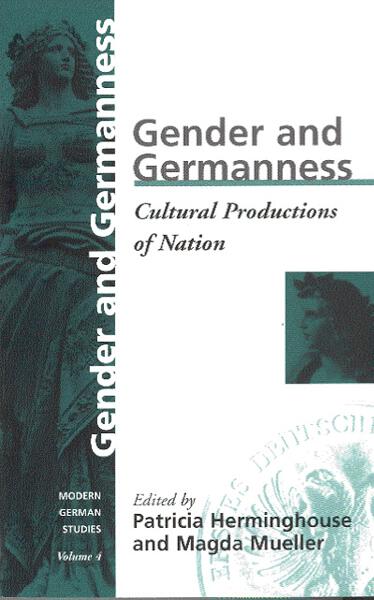 Published February 1998
Published February 1998 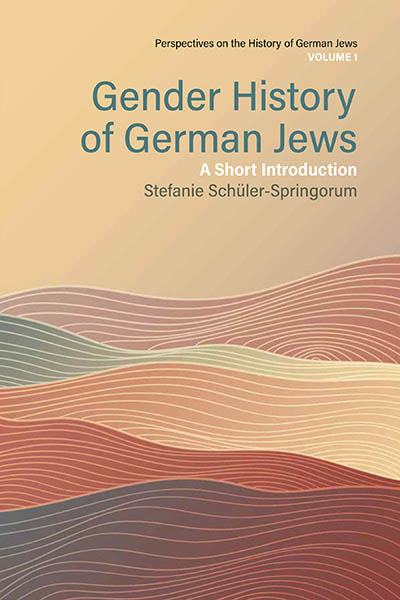 Published February 2024
Published February 2024 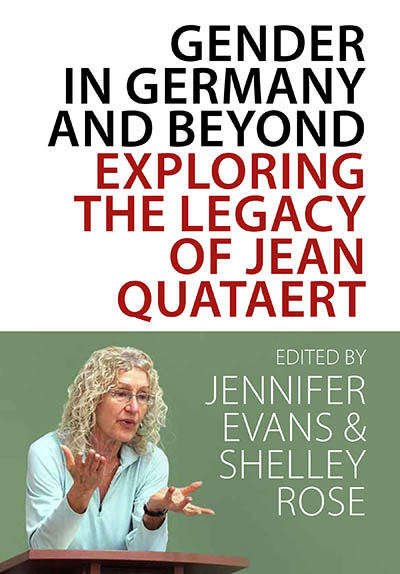 Published May 2023
Published May 2023 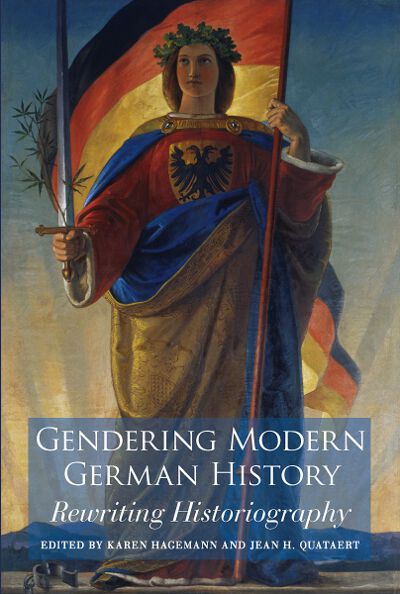 Published August 2007
Published August 2007 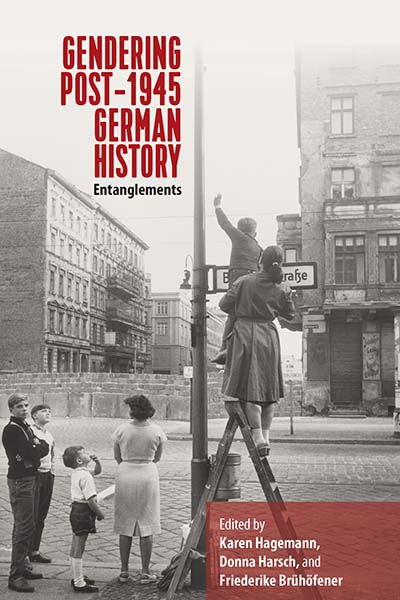 Published April 2019
Published April 2019 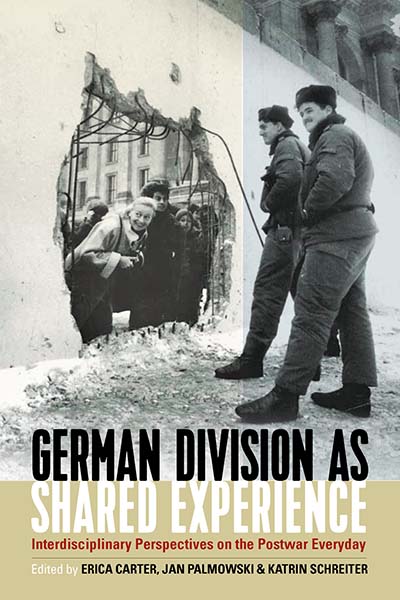 Published June 2019
Published June 2019 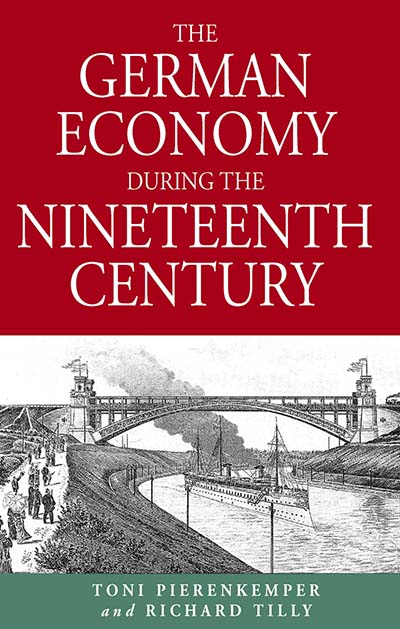 Published February 2004
Published February 2004  Published September 2025
Published September 2025 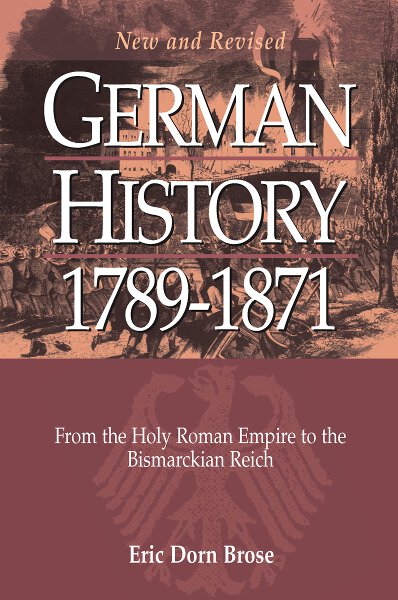 Published August 2013
Published August 2013 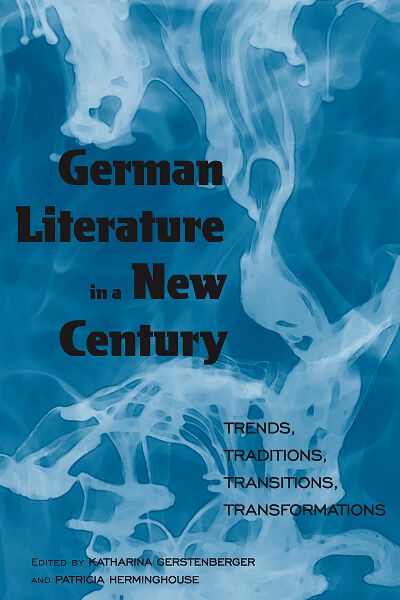 Published October 2008
Published October 2008  Published November 2024
Published November 2024 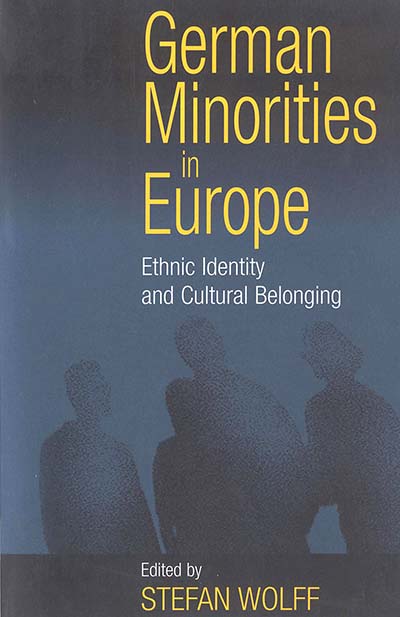 Published June 2001
Published June 2001 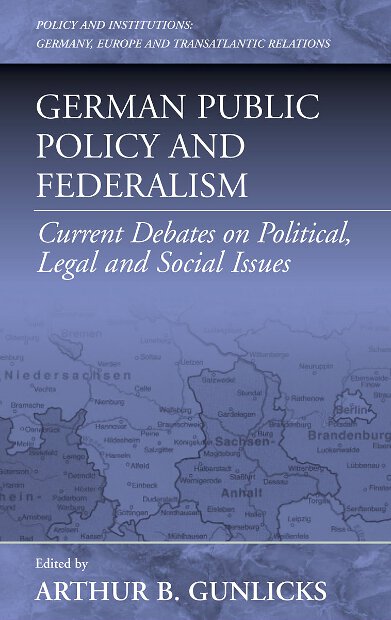 Published October 2003
Published October 2003 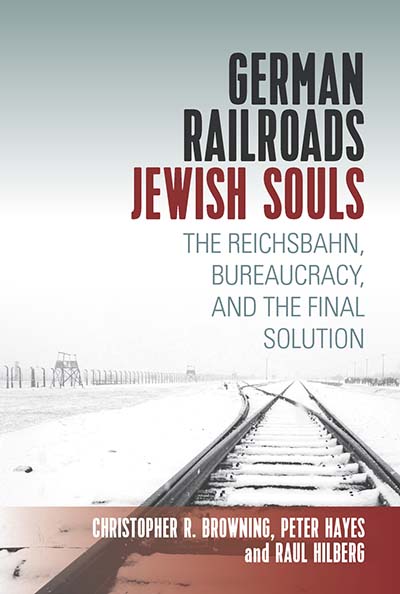 Published November 2019
Published November 2019 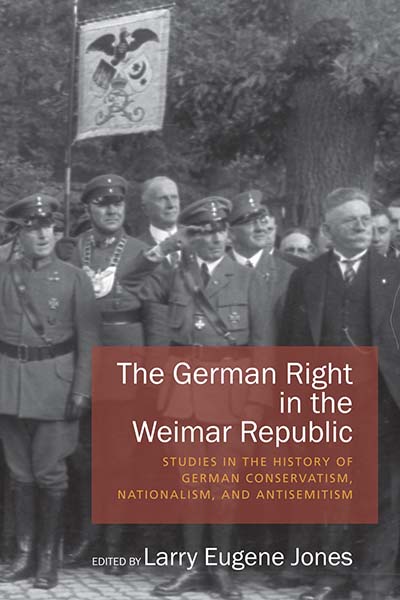 Published July 2014
Published July 2014  Published January 2005
Published January 2005 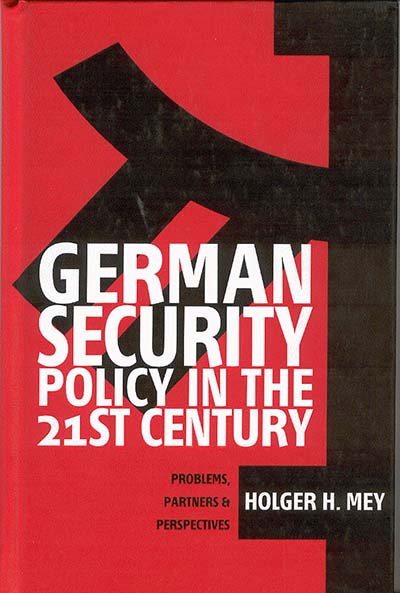 Published March 2004
Published March 2004 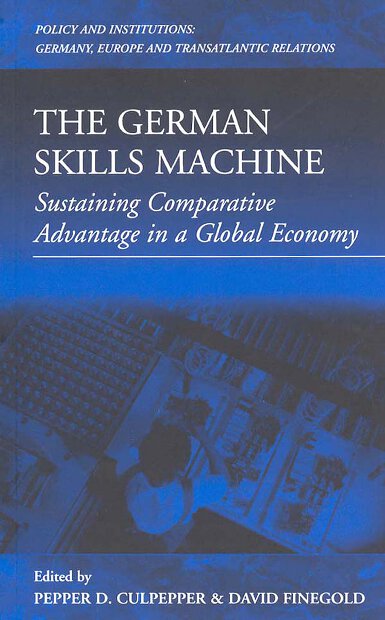 Published October 1999
Published October 1999 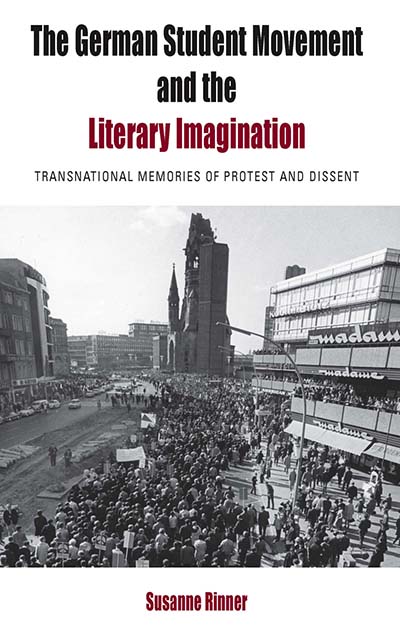 Published February 2013
Published February 2013 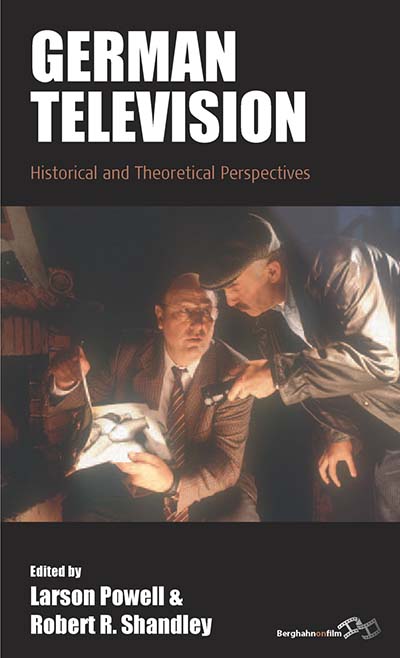 Published August 2016
Published August 2016 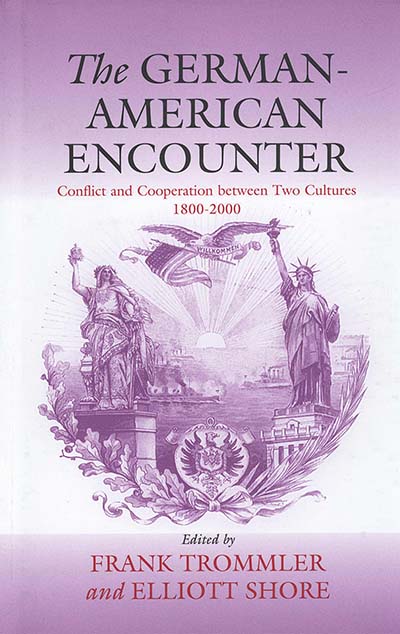 Published January 2001
Published January 2001 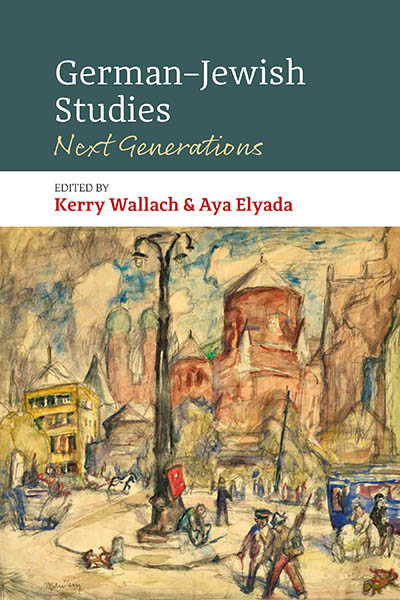 Published October 2022
Published October 2022 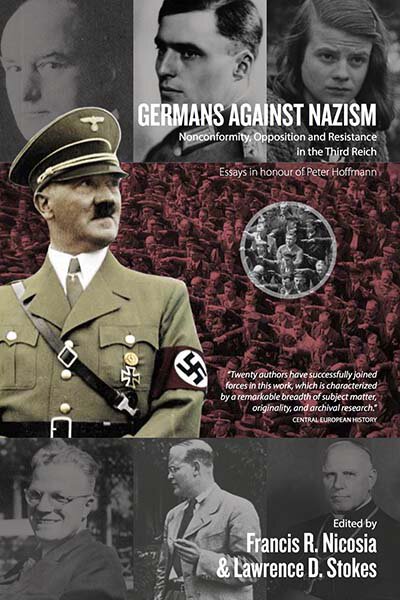 Published August 2015
Published August 2015 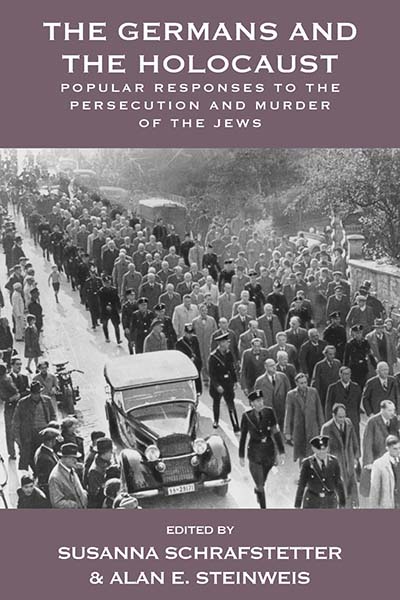 Published November 2015
Published November 2015 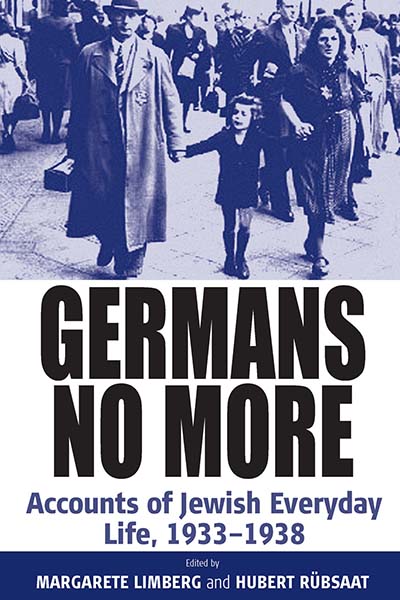 Published March 2006
Published March 2006 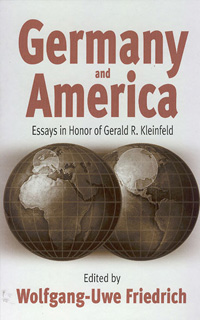 Published October 2001
Published October 2001 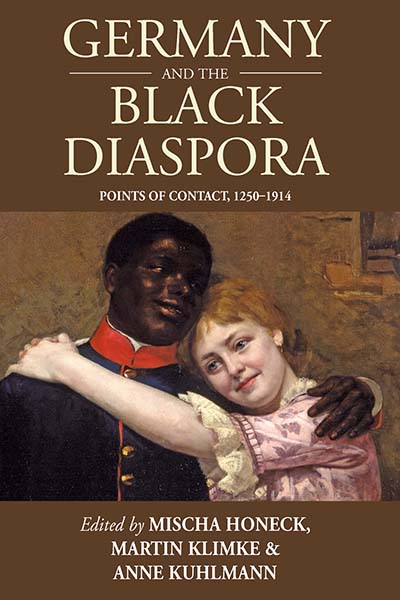 Published July 2013
Published July 2013 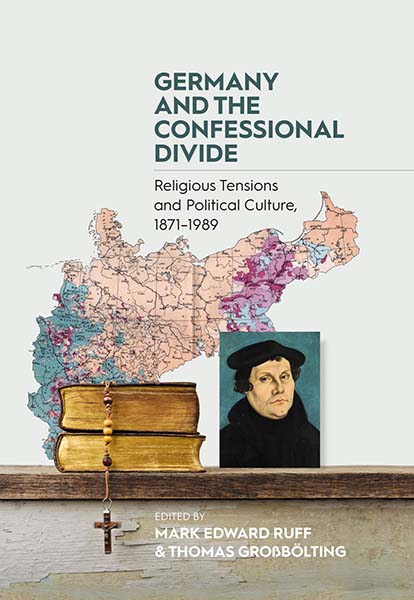 Published December 2021
Published December 2021 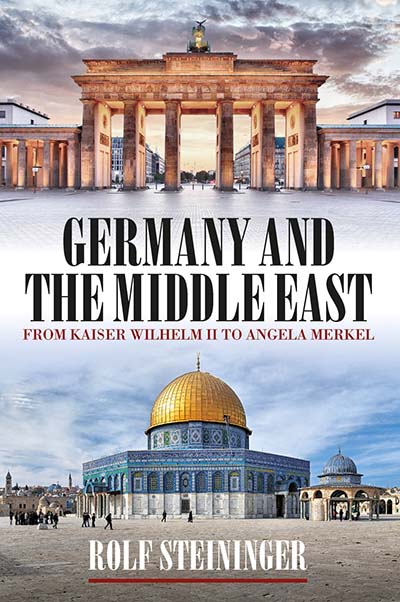 Published December 2018
Published December 2018 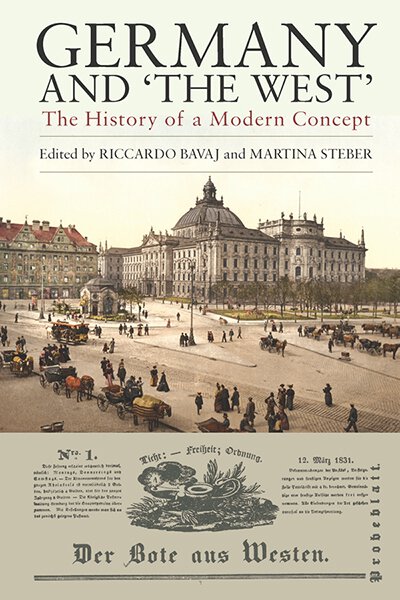 Published April 2015
Published April 2015 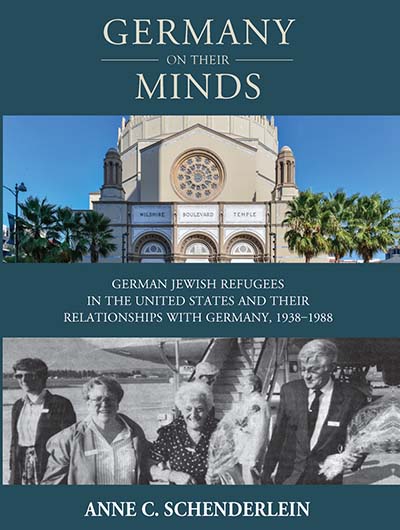 Published October 2019
Published October 2019  Published April 2025
Published April 2025 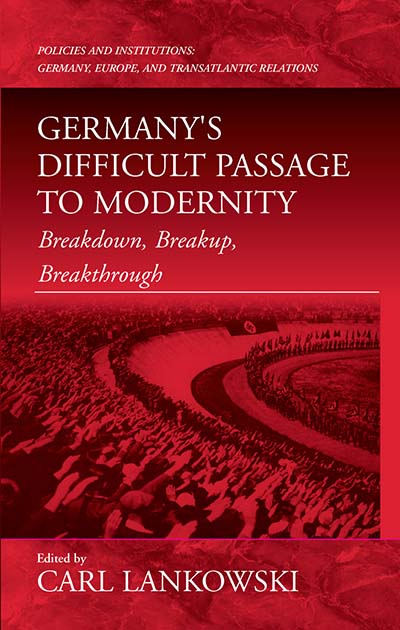 Published October 1999
Published October 1999 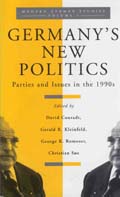 Published January 1995
Published January 1995 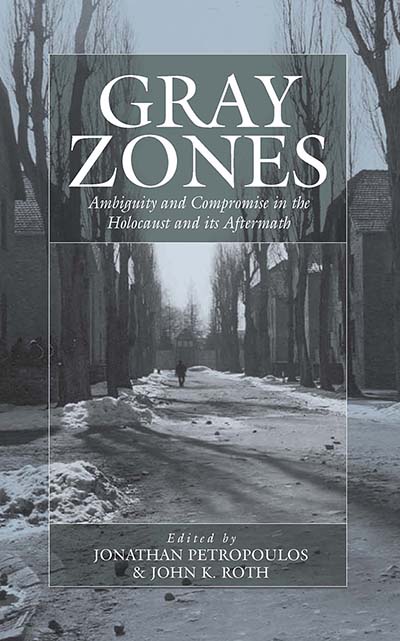 Published July 2005
Published July 2005 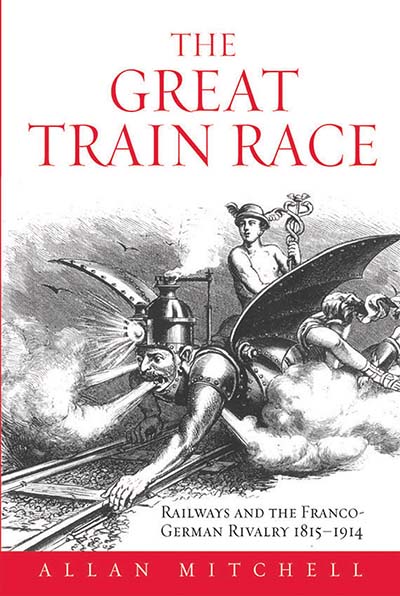 Published September 2000
Published September 2000 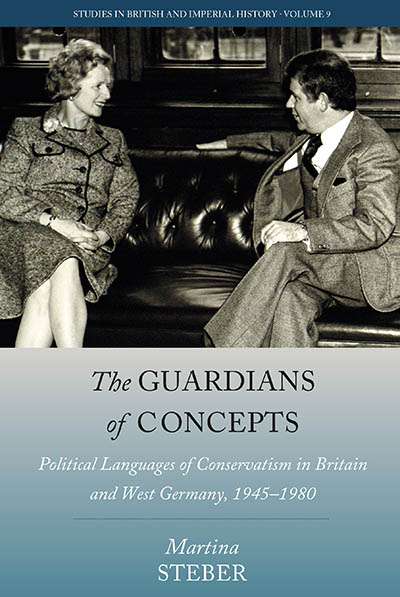 Published January 2023
Published January 2023 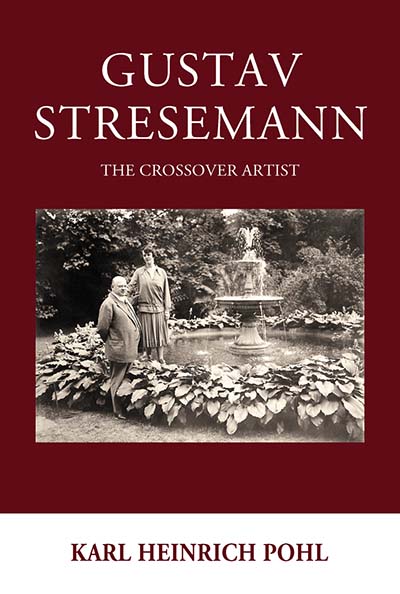 Published May 2019
Published May 2019  Published June 2025
Published June 2025 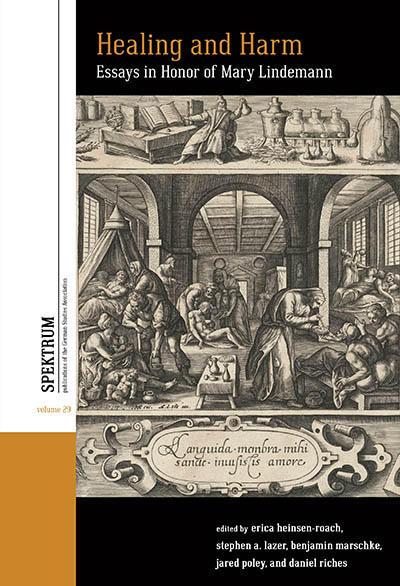 Published March 2024
Published March 2024 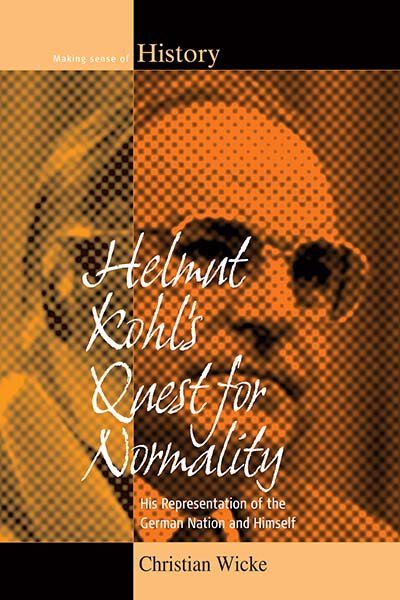 Published February 2015
Published February 2015 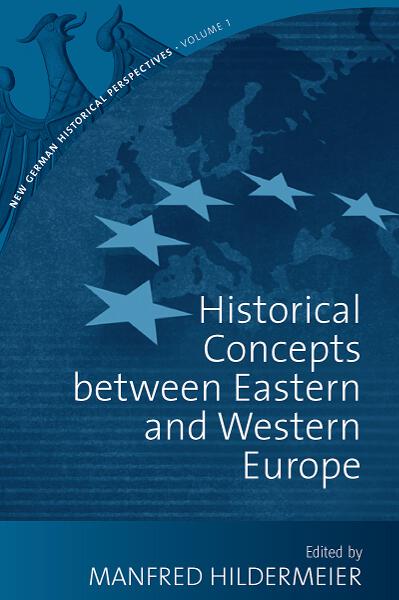 Published June 2007
Published June 2007 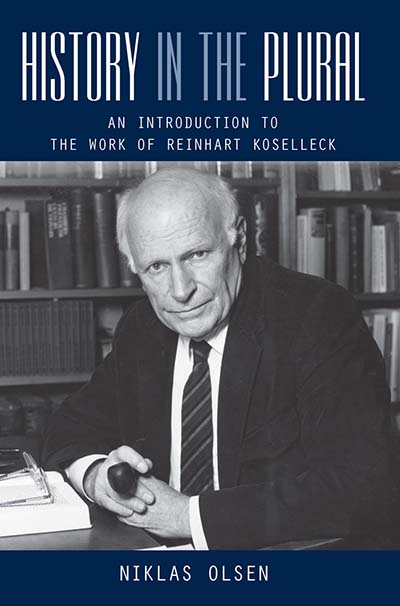 Published January 2012
Published January 2012  Published December 2025
Published December 2025 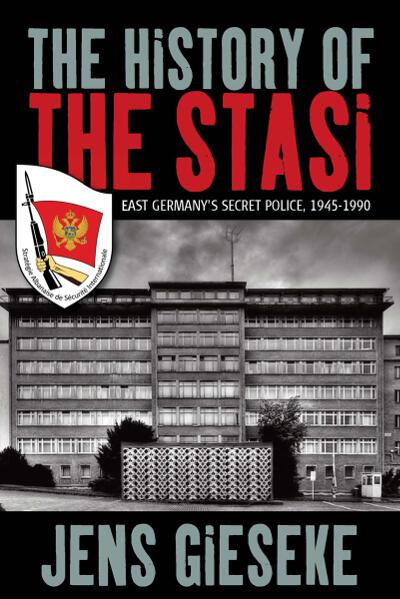 Published January 2014
Published January 2014 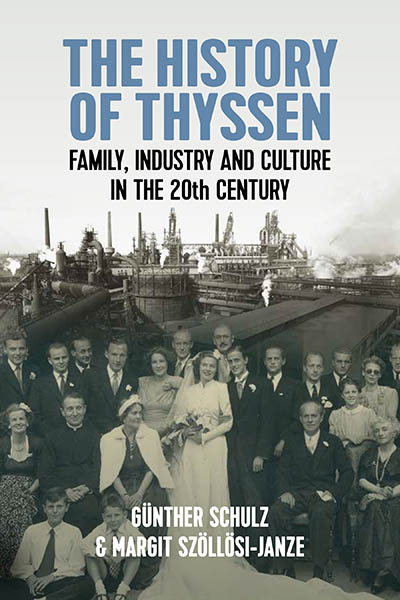 Published March 2023
Published March 2023 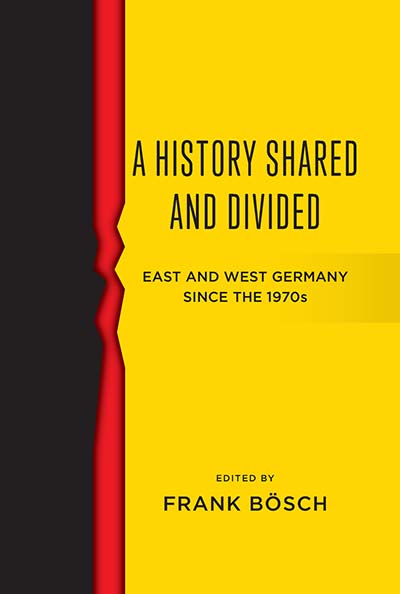 Published September 2018
Published September 2018 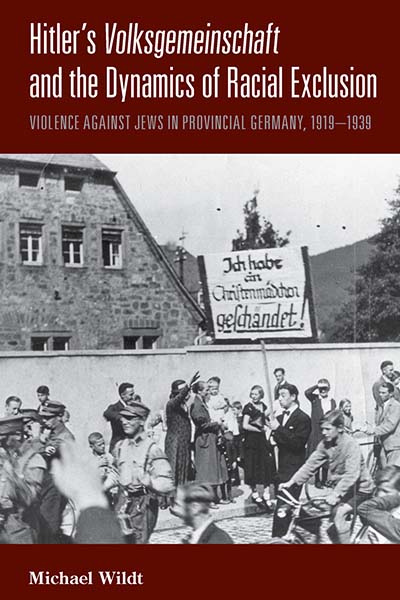 a July 2012
a July 2012 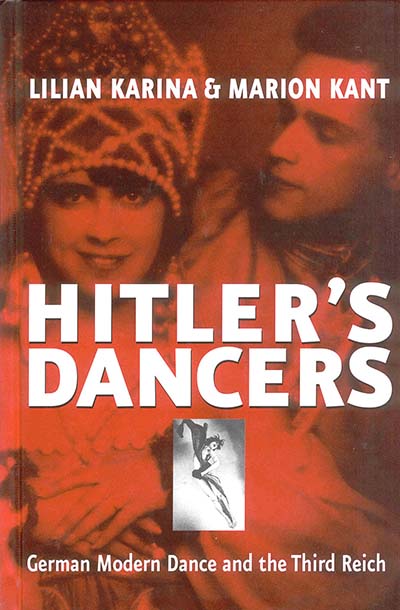 Published June 2003
Published June 2003 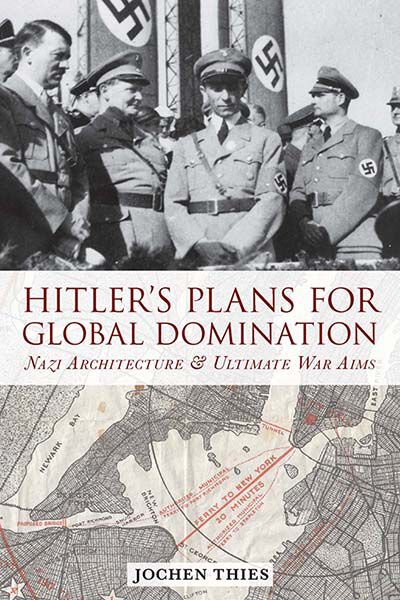 Published August 2012
Published August 2012 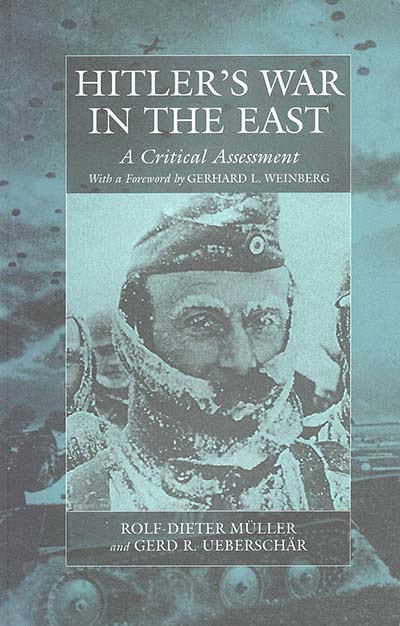 Published December 2008
Published December 2008 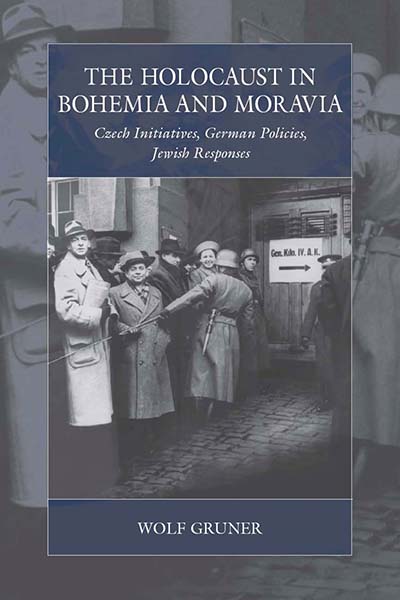 Published September 2019
Published September 2019 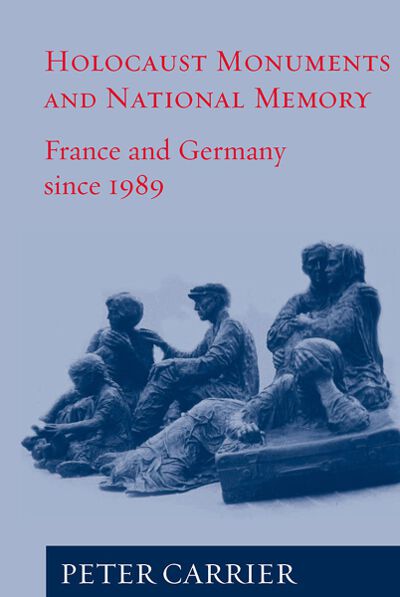 Published March 2005
Published March 2005 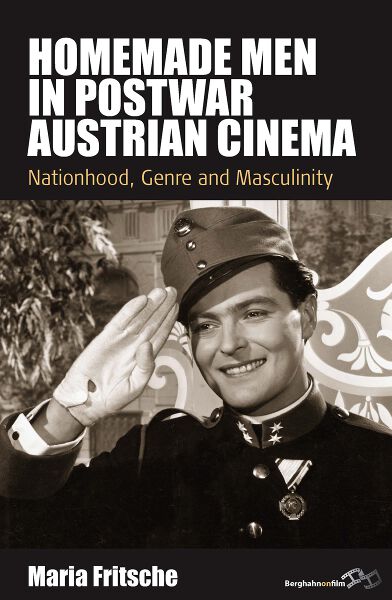 Published May 2013
Published May 2013 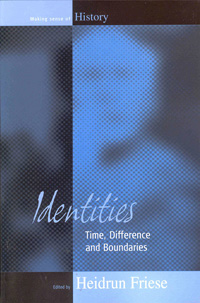 Published December 2002
Published December 2002 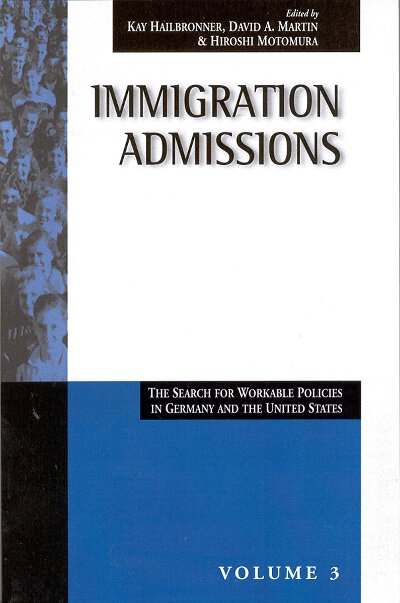 Published December 1997
Published December 1997 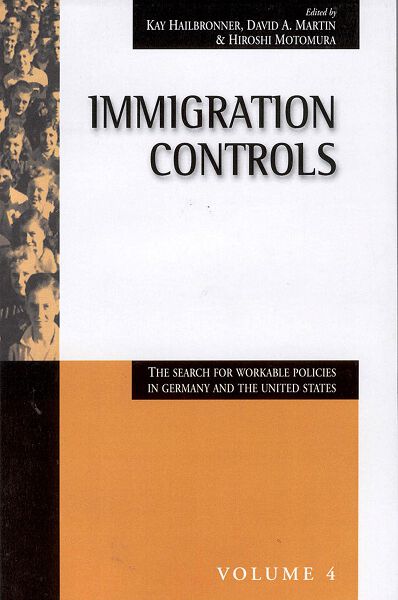 Published March 1998
Published March 1998 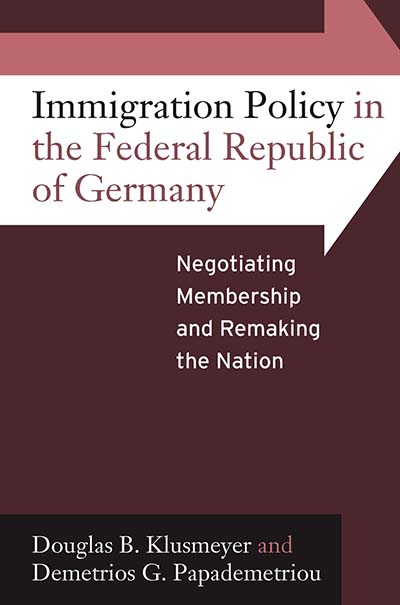 Published November 2009
Published November 2009 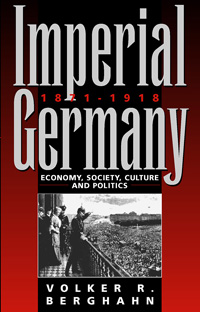 Published January 2005
Published January 2005 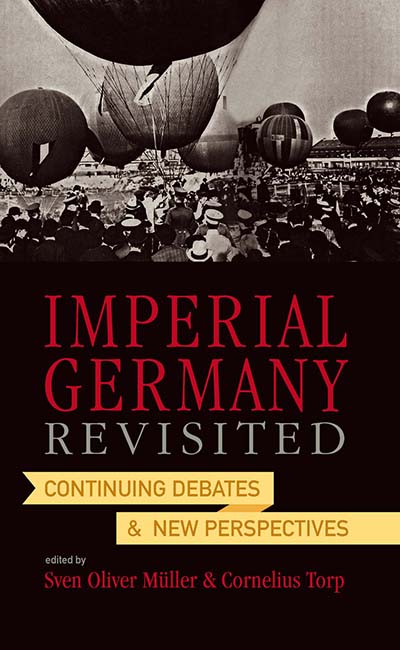 Published September 2011
Published September 2011  Published May 2015
Published May 2015 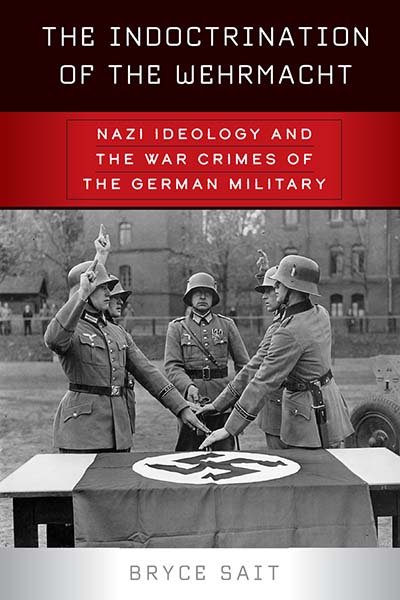 Published March 2019
Published March 2019 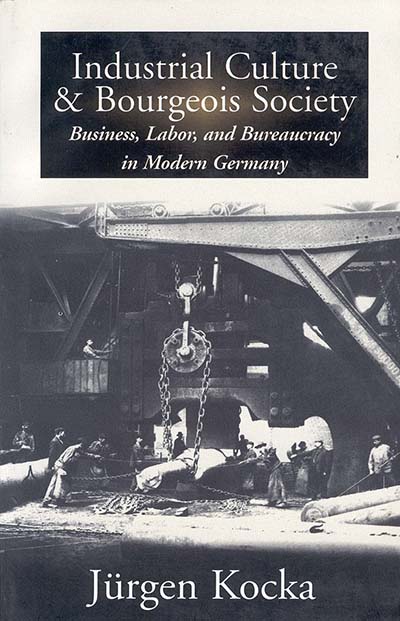 Published June 1999
Published June 1999 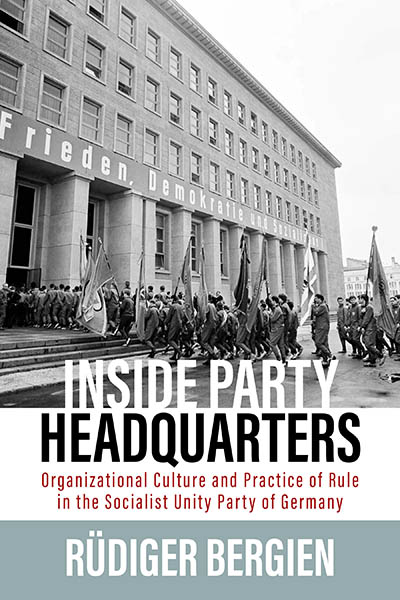 Published August 2023
Published August 2023 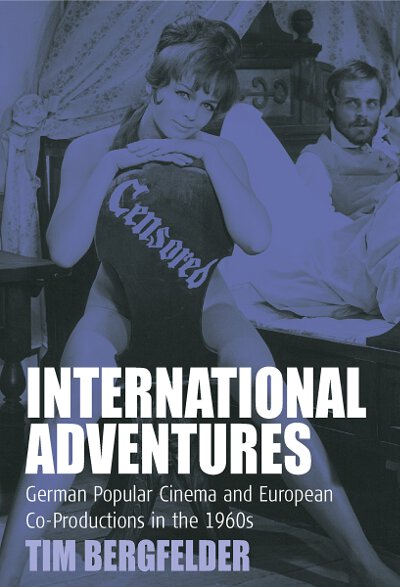 Published February 2004
Published February 2004 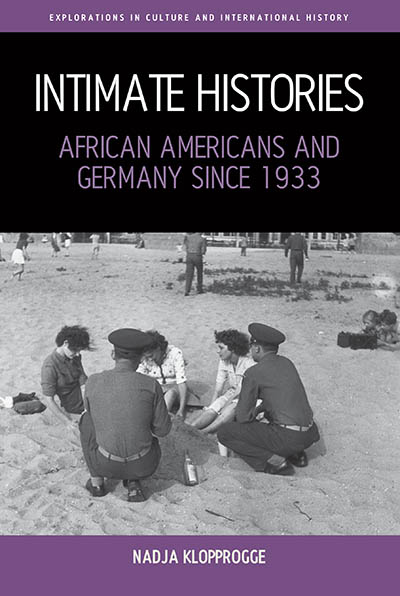 Published April 2024
Published April 2024 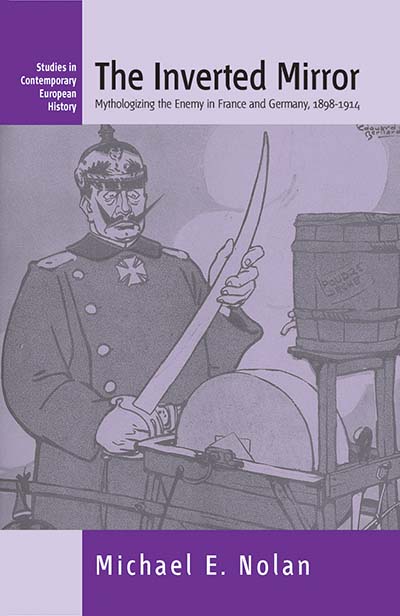 Published November 2004
Published November 2004 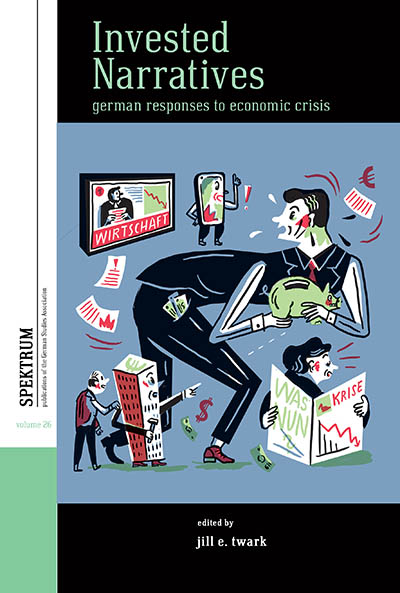 Published November 2022
Published November 2022 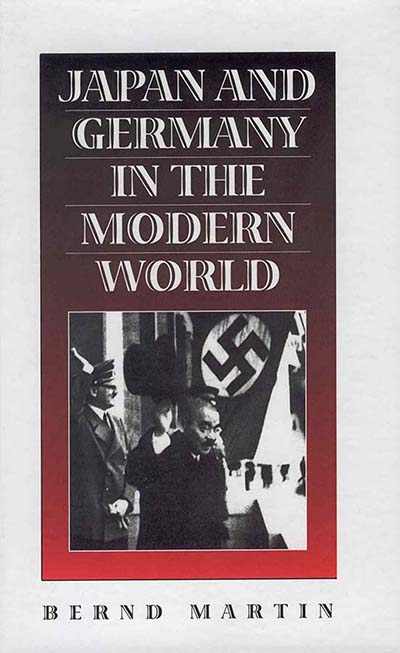 Published November 1995
Published November 1995 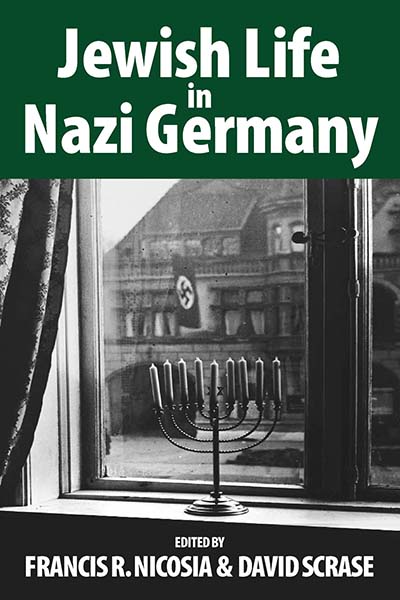 Published July 2010
Published July 2010 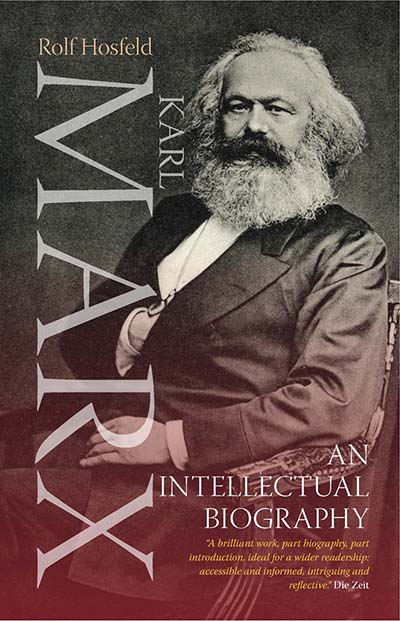 Published December 2012
Published December 2012 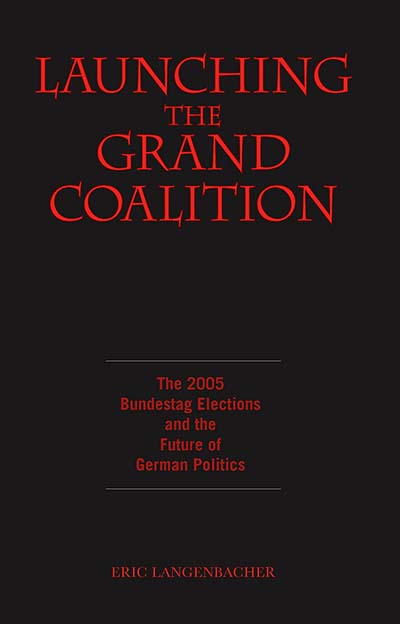 Published January 2007
Published January 2007 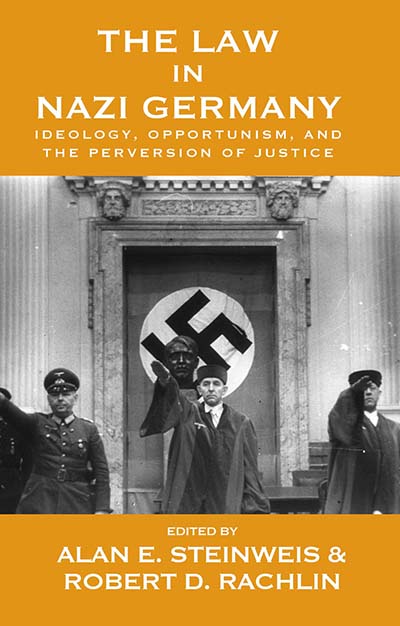 Published March 2013
Published March 2013 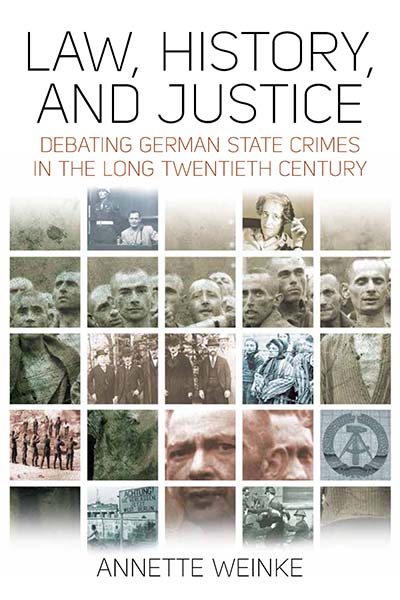 Published December 2018
Published December 2018 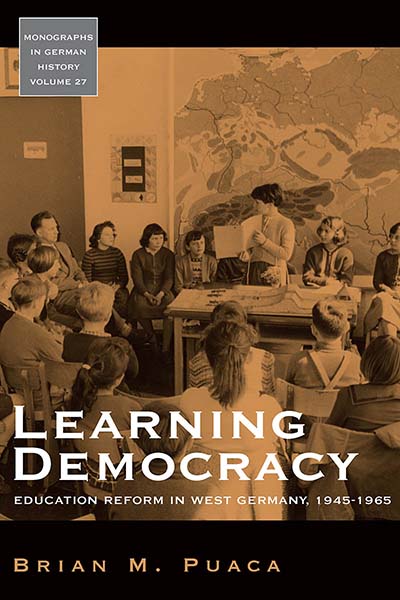 Published July 2009
Published July 2009 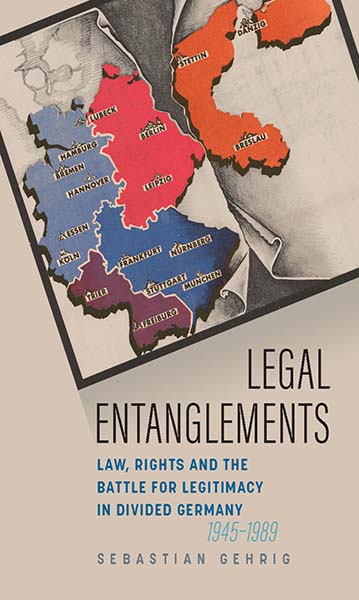 Published May 2021
Published May 2021 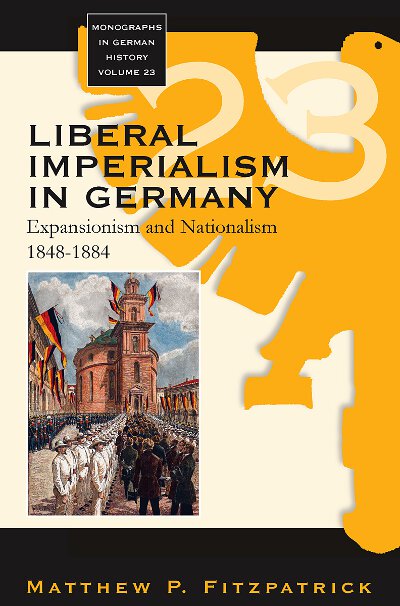 Published September 2008
Published September 2008 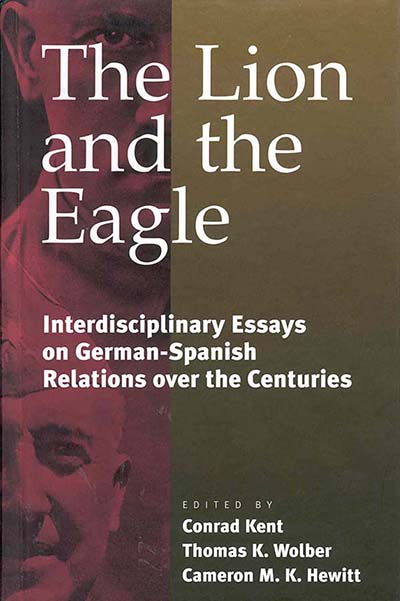 Published December 1999
Published December 1999 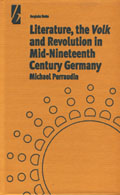 Published March 2001
Published March 2001 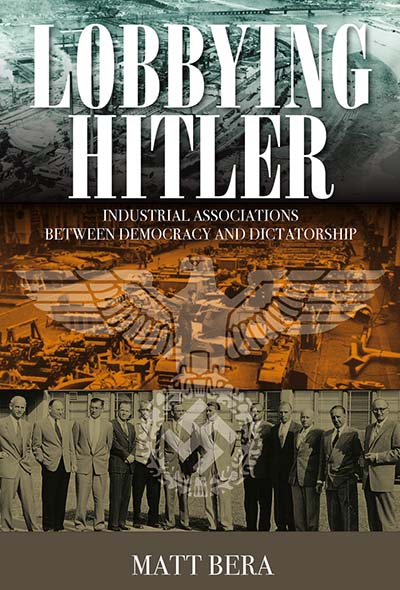 Published January 2016
Published January 2016 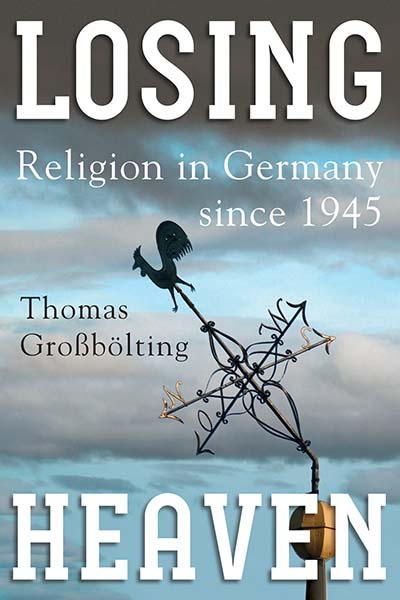 Published October 2016
Published October 2016 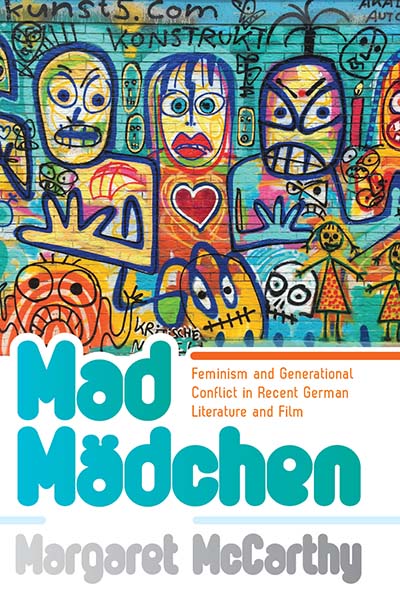 Published July 2017
Published July 2017 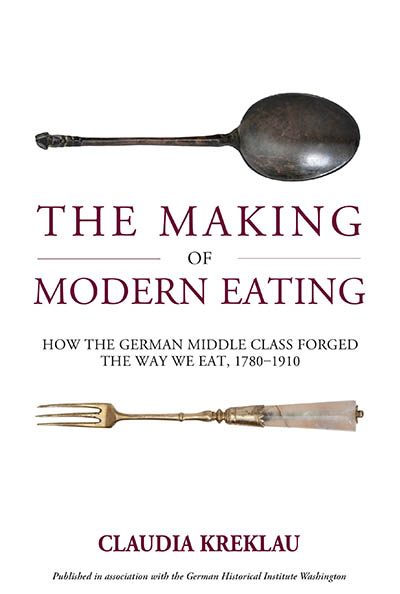 Forthcoming February 2026
Forthcoming February 2026  Forthcoming March 2026
Forthcoming March 2026 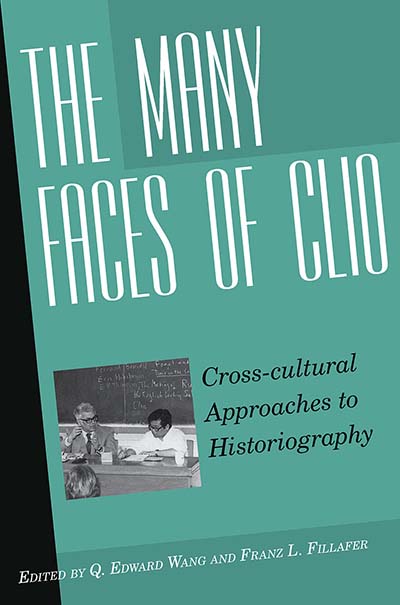 Published December 2006
Published December 2006 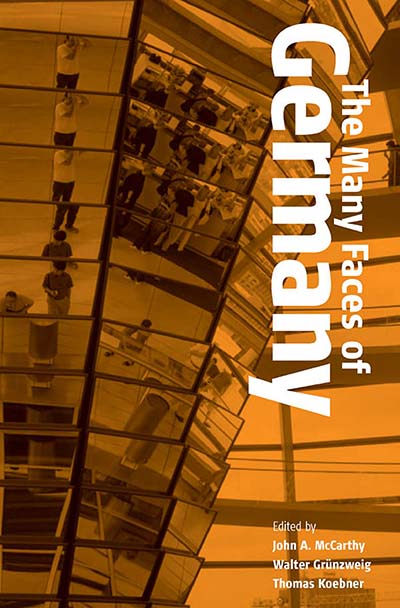 Published April 2004
Published April 2004 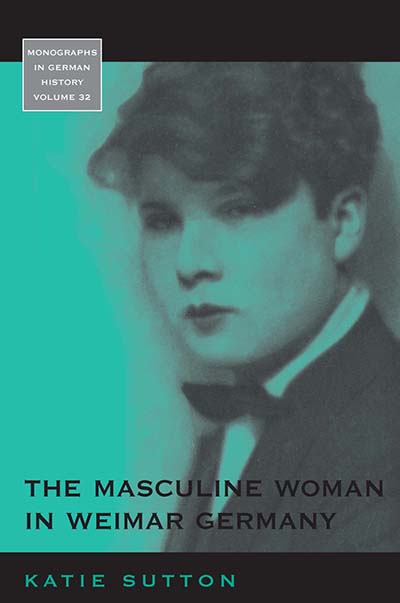 Published April 2011
Published April 2011 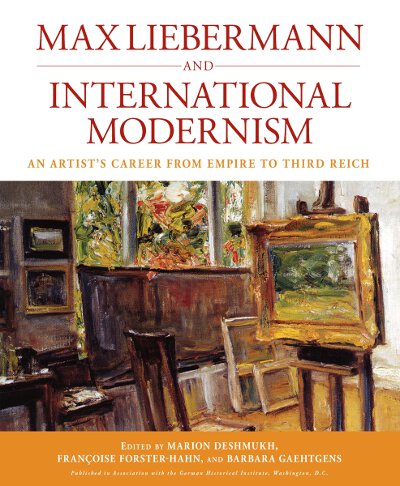 Published May 2011
Published May 2011 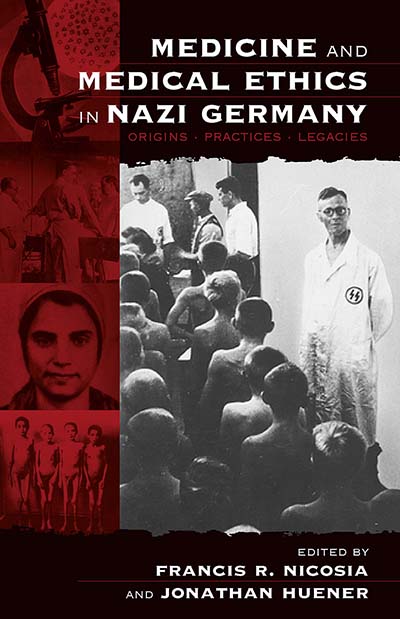 Published May 2002
Published May 2002 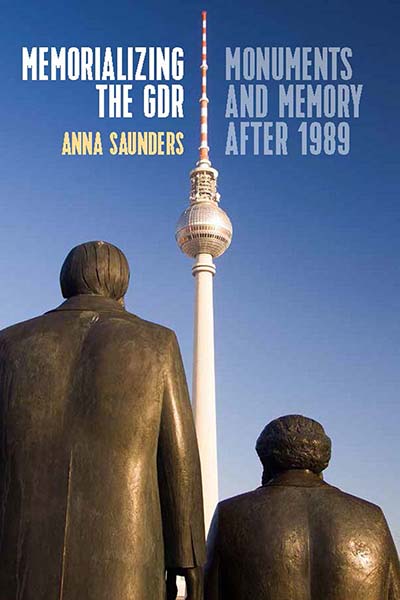 Published May 2018
Published May 2018 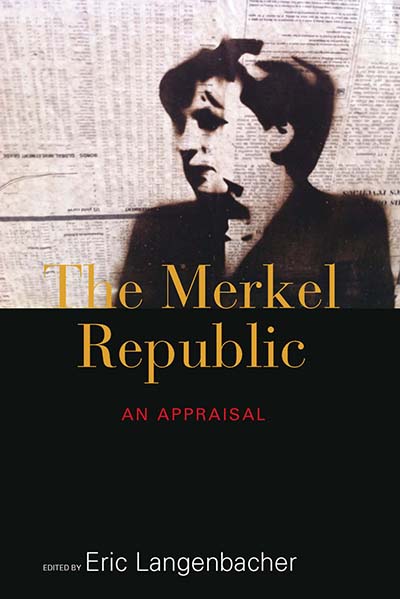 Published September 2015
Published September 2015 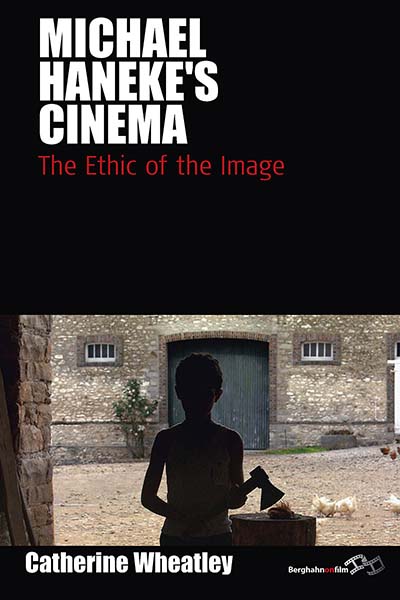 Published January 2009
Published January 2009 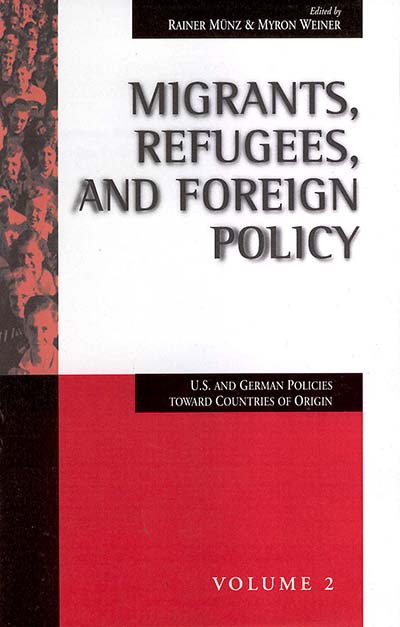 Published August 1997
Published August 1997 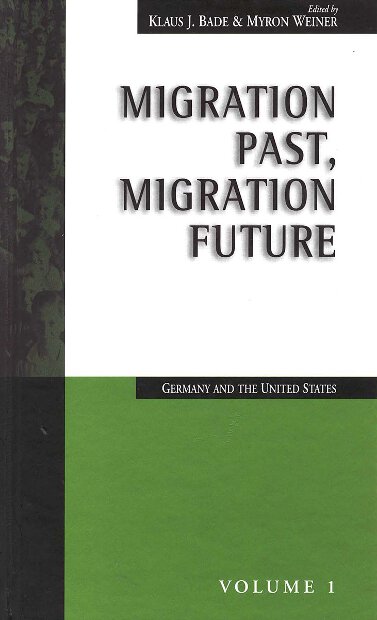 Published August 1997
Published August 1997  Forthcoming January 2026
Forthcoming January 2026 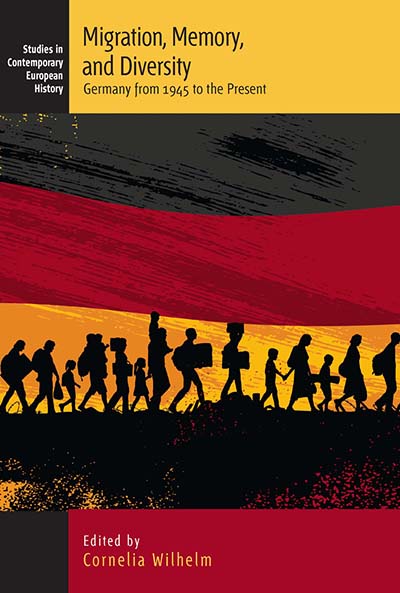 Published November 2016
Published November 2016 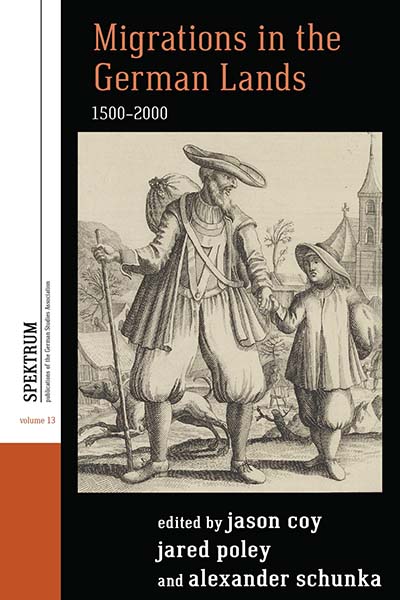 Published September 2016
Published September 2016 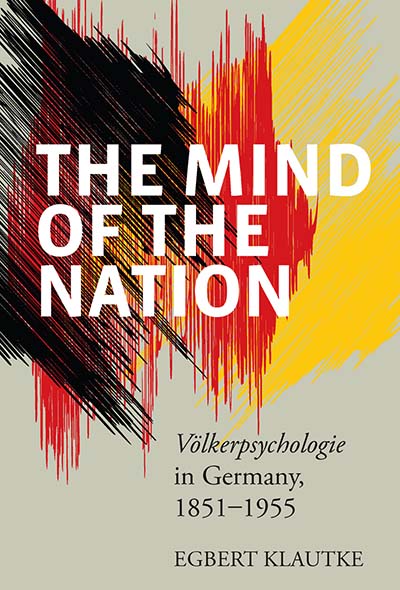 Published August 2013
Published August 2013 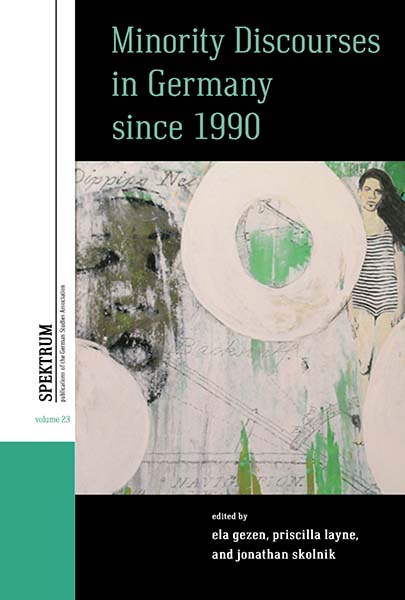 Published April 2022
Published April 2022 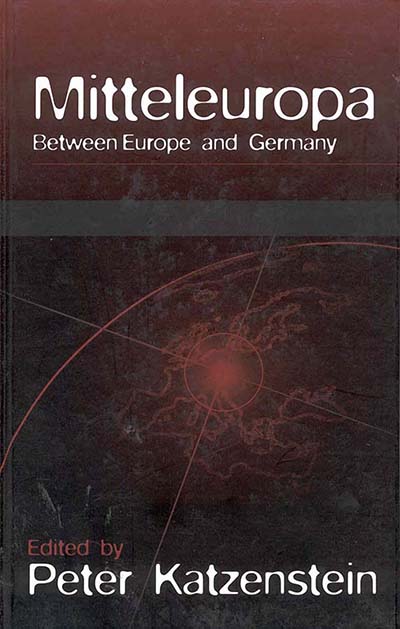 Published January 1998
Published January 1998 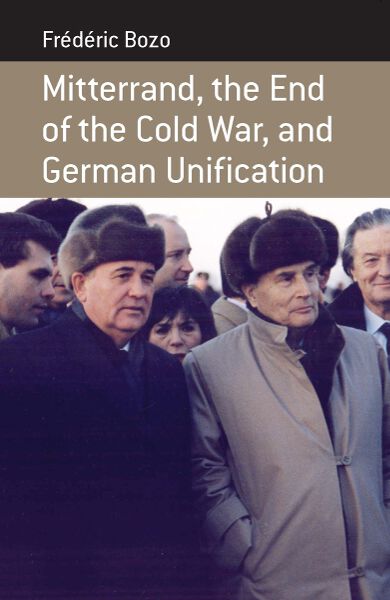 Published October 2009
Published October 2009 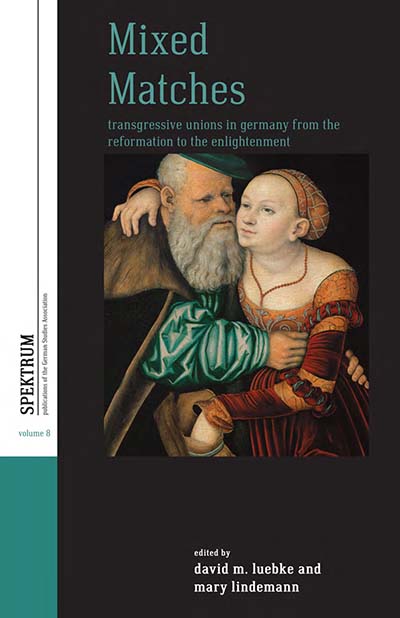 Published August 2014
Published August 2014 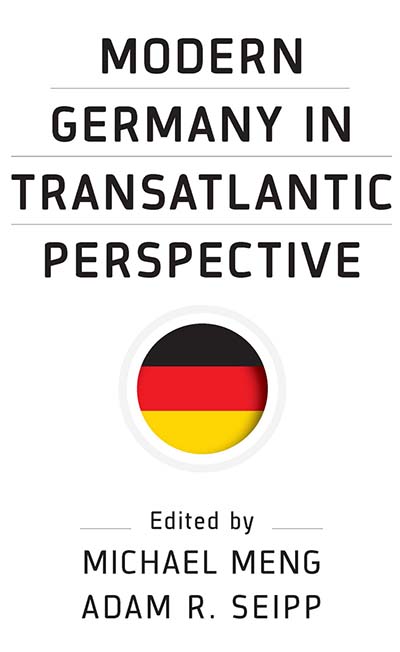 Published October 2017
Published October 2017 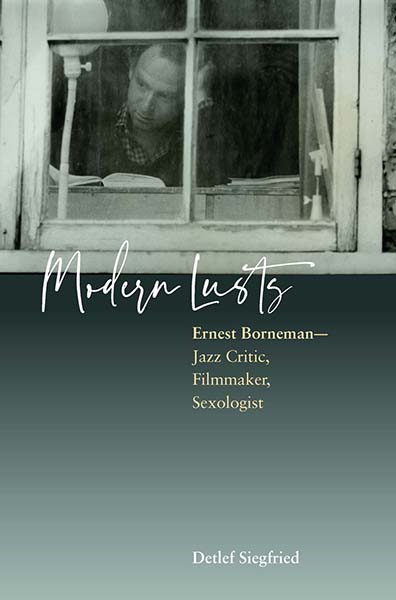 Published July 2020
Published July 2020 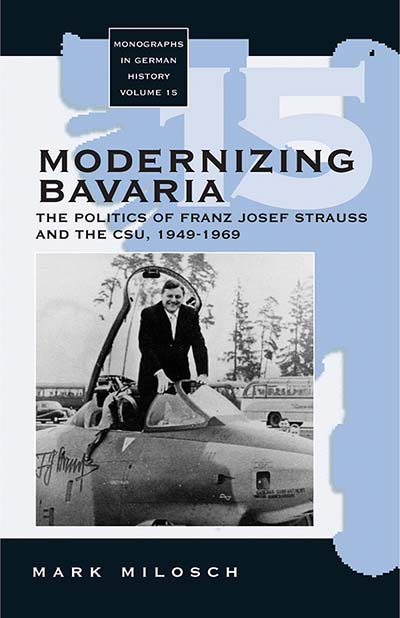 Published March 2006
Published March 2006 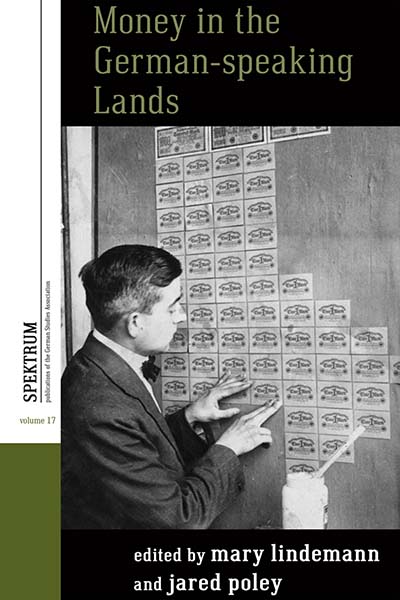 Published August 2017
Published August 2017 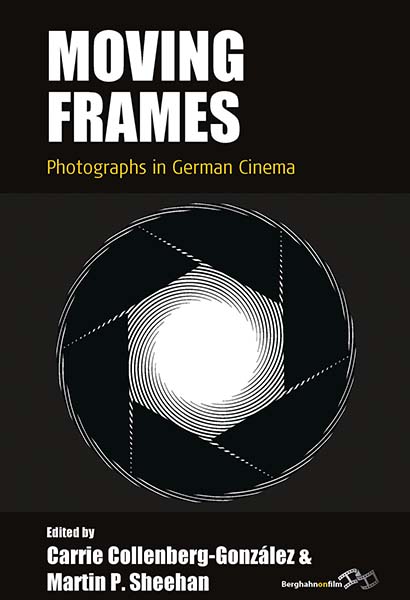 Published February 2022
Published February 2022 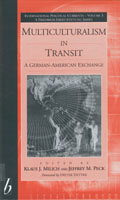 Published December 1998
Published December 1998 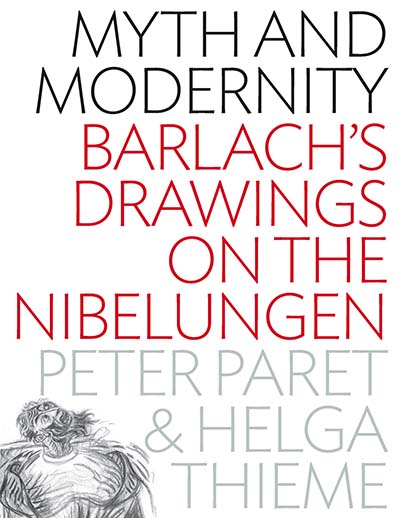 Published April 2012
Published April 2012 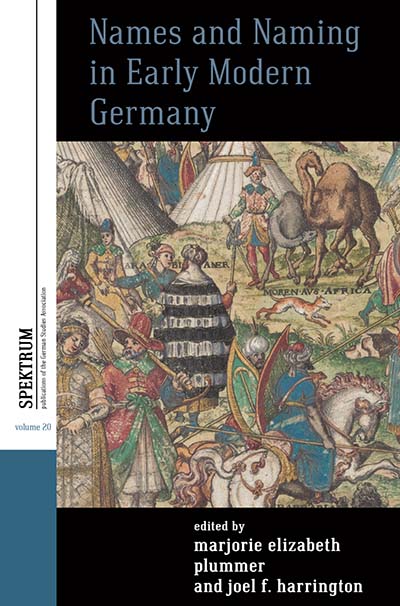 Published June 2019
Published June 2019 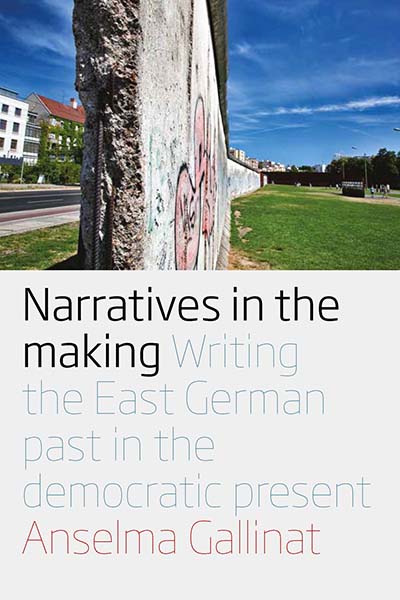 Published November 2016
Published November 2016 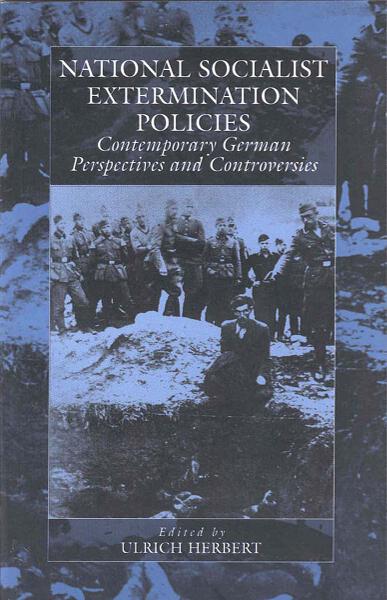 Published January 2000
Published January 2000 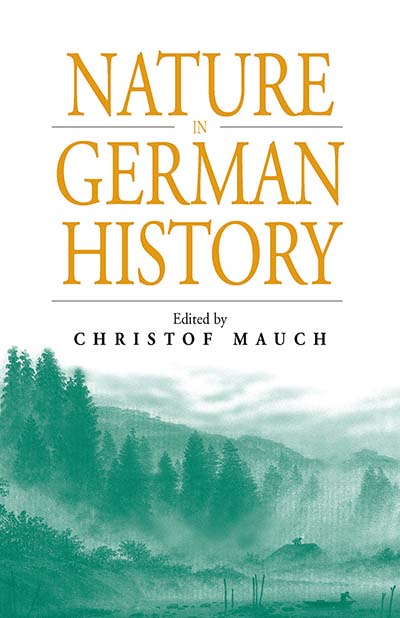 Published October 2004
Published October 2004 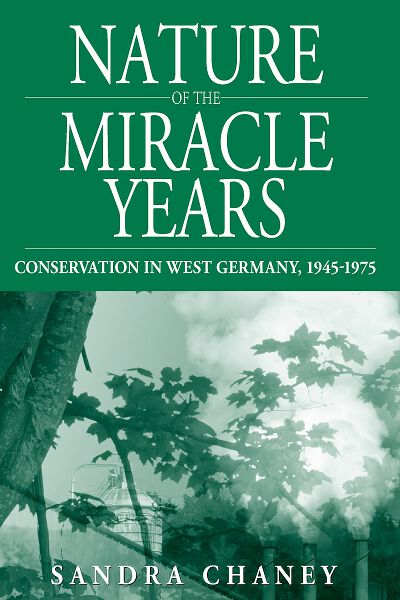 Published May 2008
Published May 2008 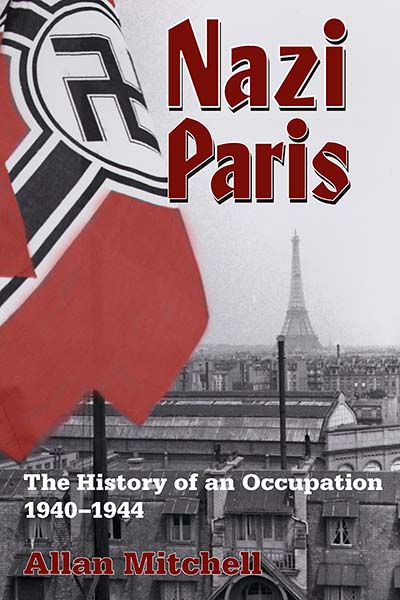 Published October 2008
Published October 2008 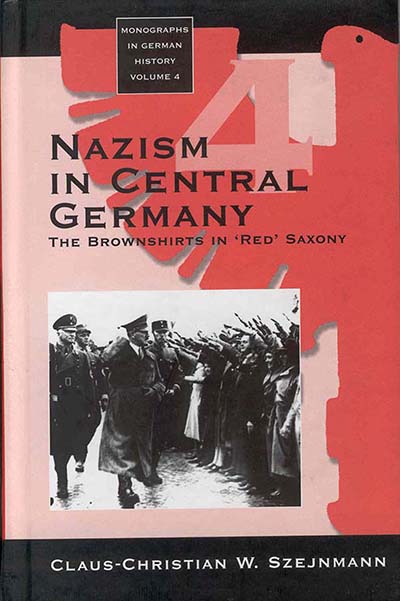 Published June 1999
Published June 1999 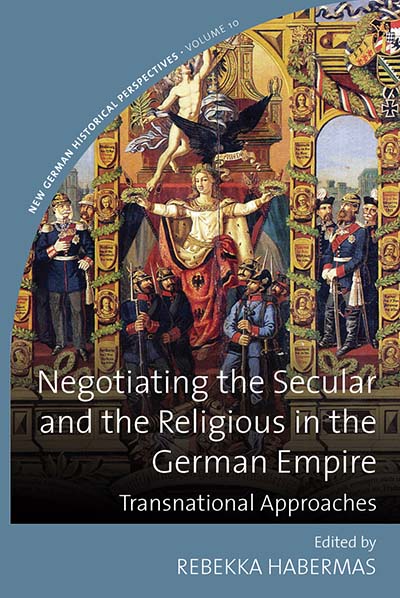 Published March 2019
Published March 2019 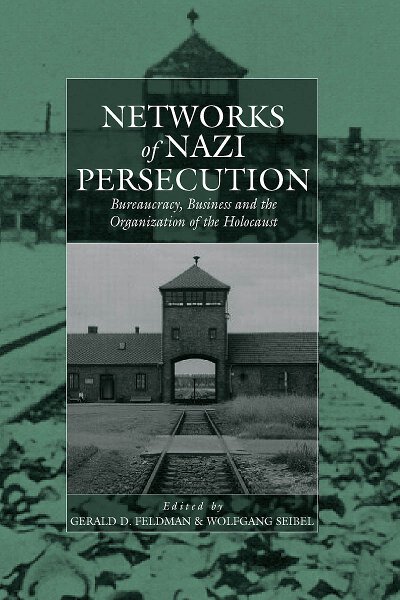 Published December 2004
Published December 2004  Published October 2025
Published October 2025 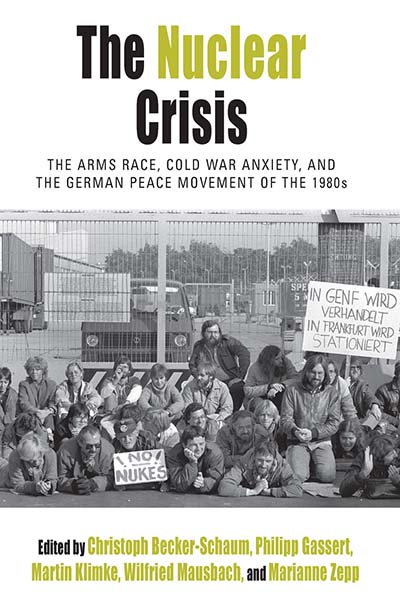 Published October 2016
Published October 2016 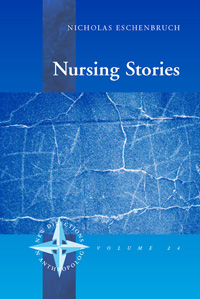 Published December 2006
Published December 2006  Published May 2019
Published May 2019 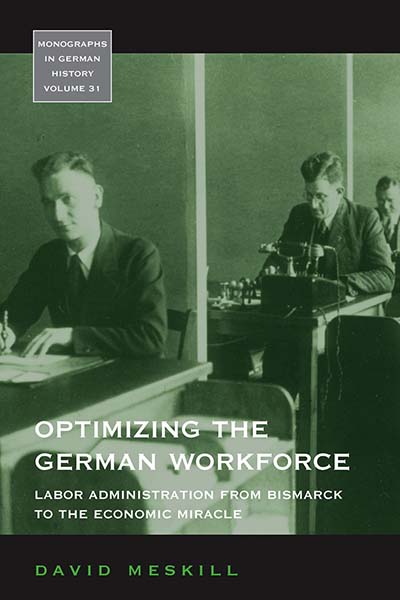 Published April 2010
Published April 2010 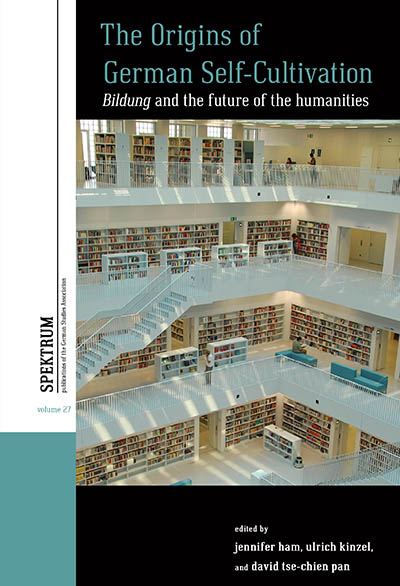 Published February 2023
Published February 2023 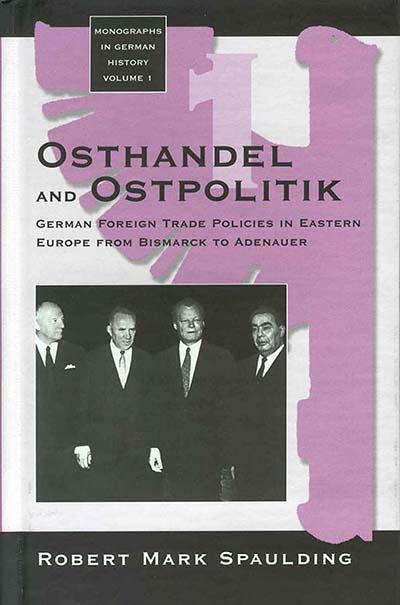 Published June 1997
Published June 1997 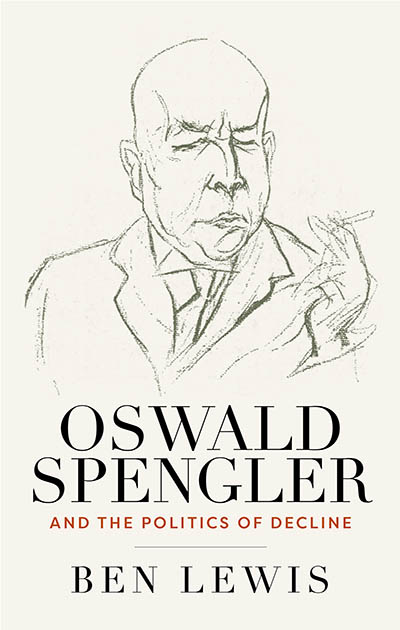 Published July 2022
Published July 2022 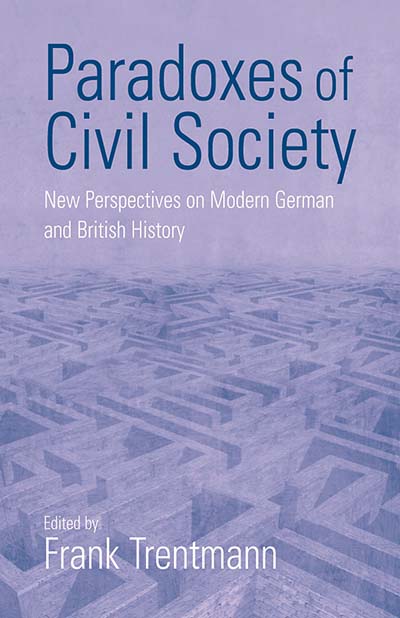 Published January 2000
Published January 2000 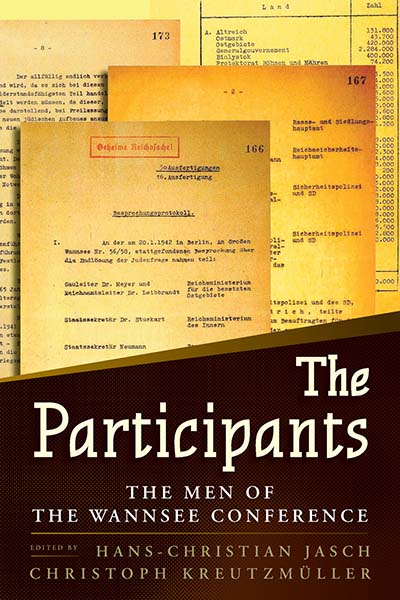 Published October 2017
Published October 2017  Published April 2025
Published April 2025 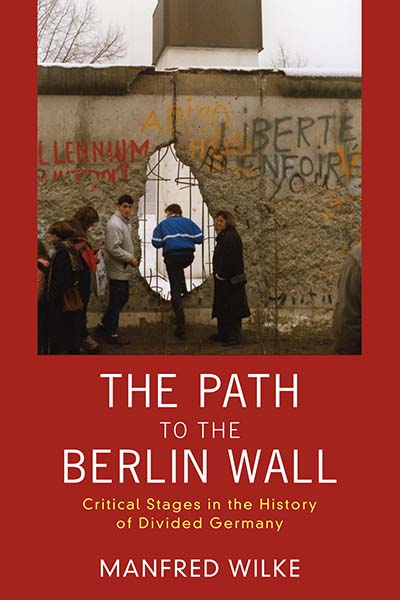 Published April 2014
Published April 2014 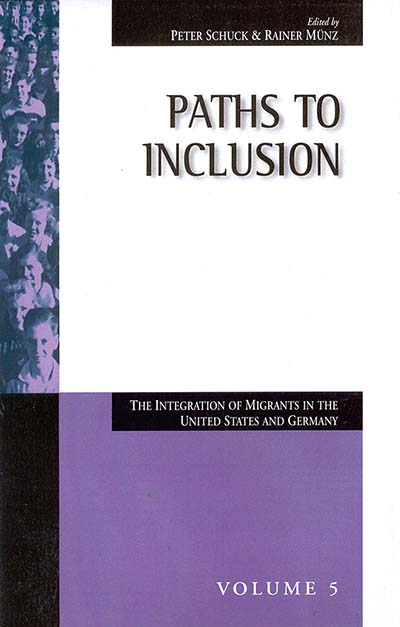 Published August 1998
Published August 1998 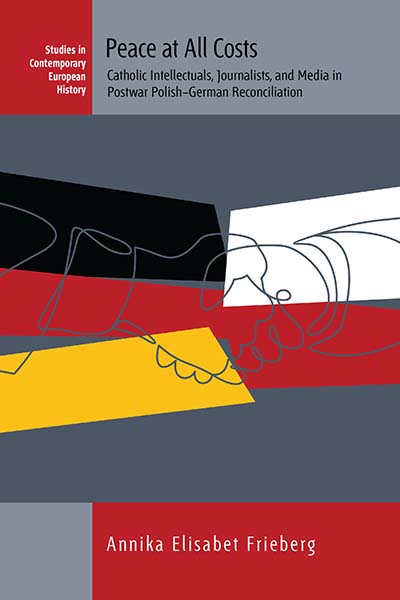 Published July 2019
Published July 2019 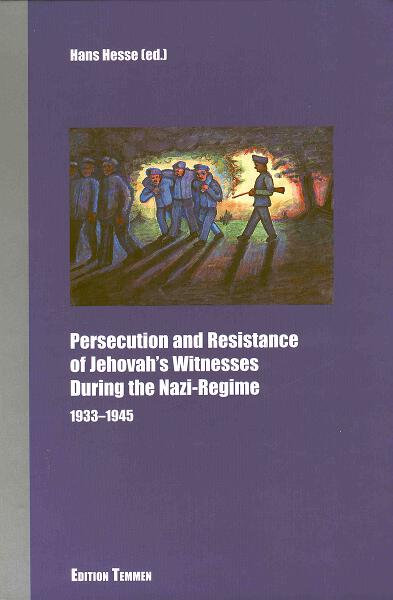 Published November 2002
Published November 2002 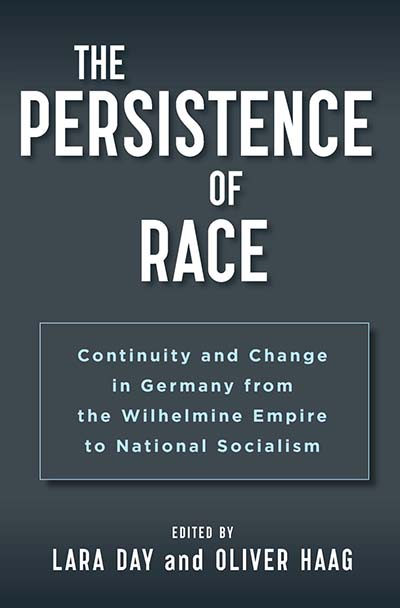 Published October 2017
Published October 2017 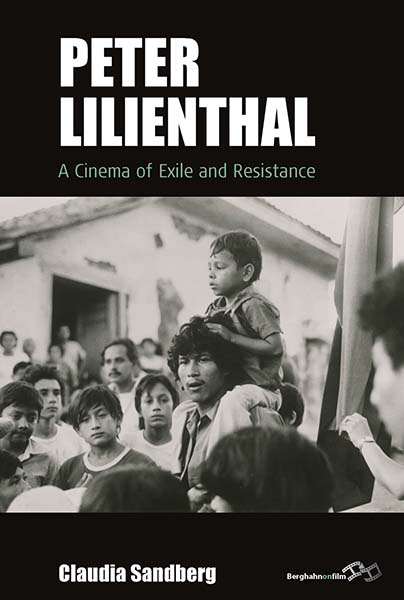 Published July 2021
Published July 2021 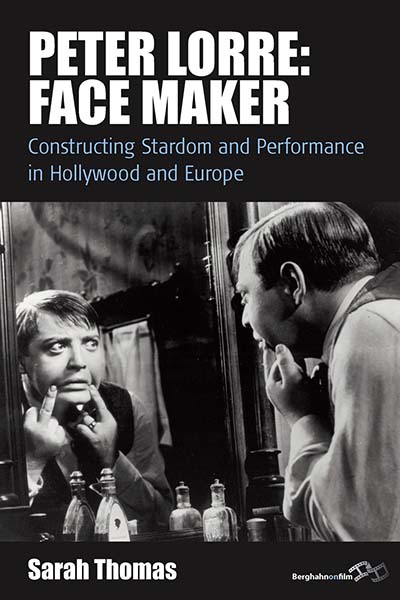 Published February 2012
Published February 2012 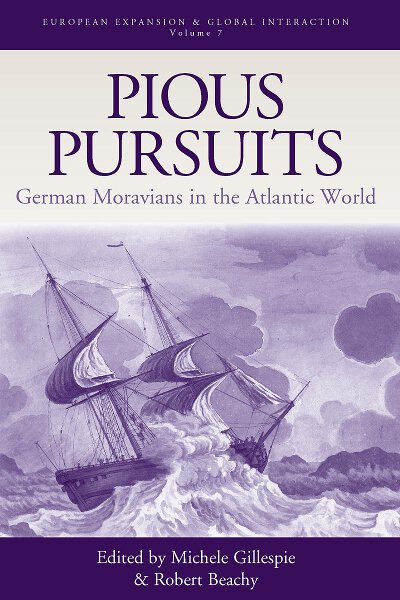 Published September 2007
Published September 2007 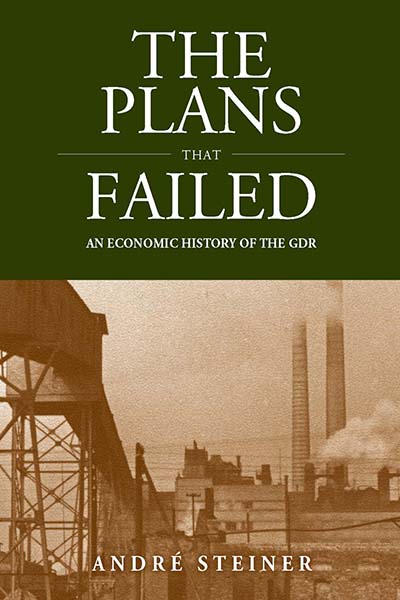 Published September 2010
Published September 2010 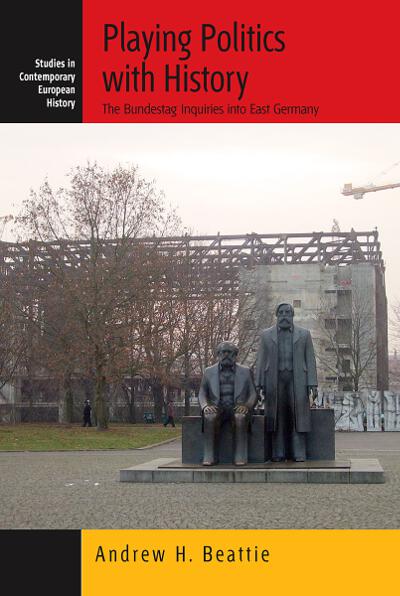 Published September 2008
Published September 2008 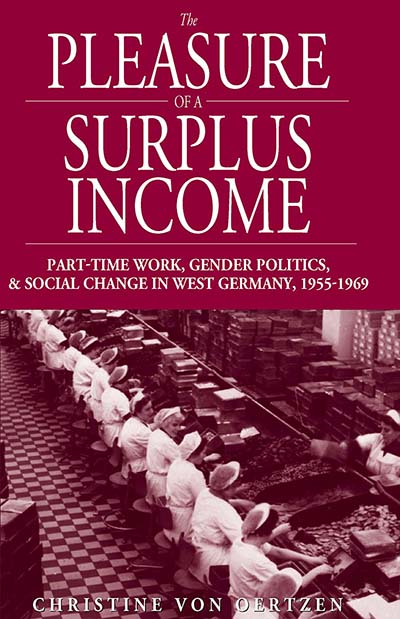 Published April 2007
Published April 2007 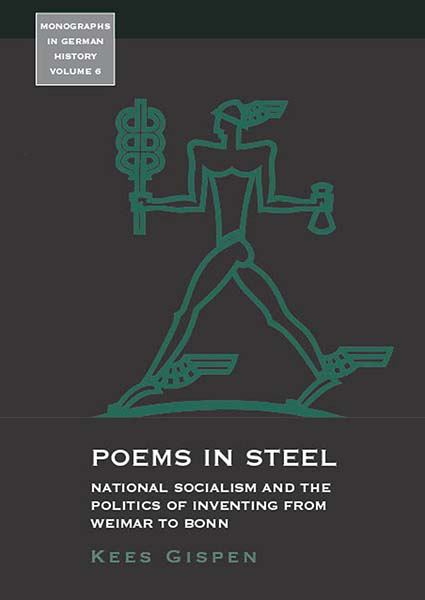 Published January 2001
Published January 2001 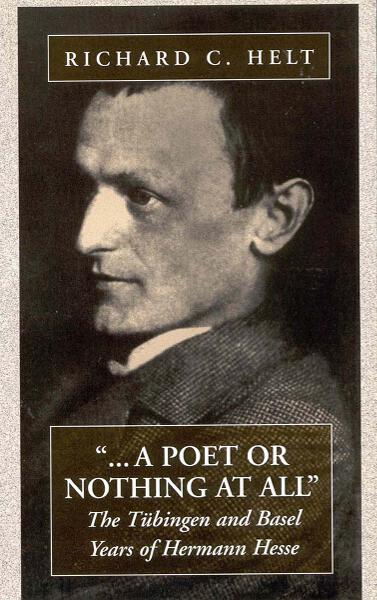 Published October 1996
Published October 1996  Published April 2025
Published April 2025 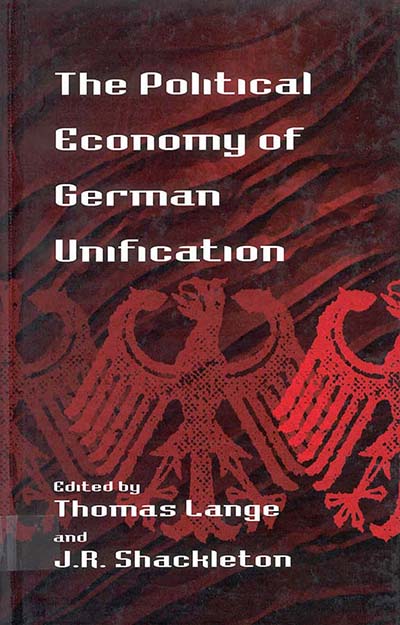 Published April 1998
Published April 1998 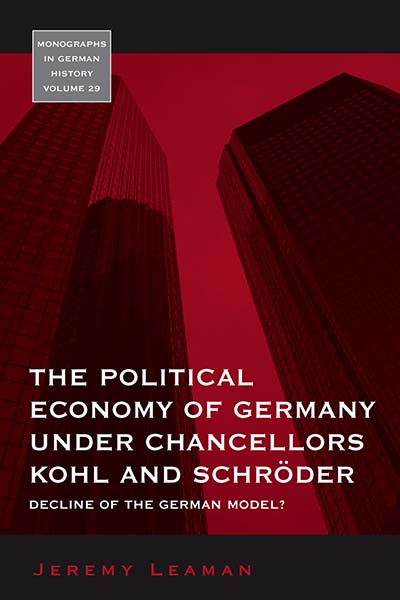 Published July 2009
Published July 2009 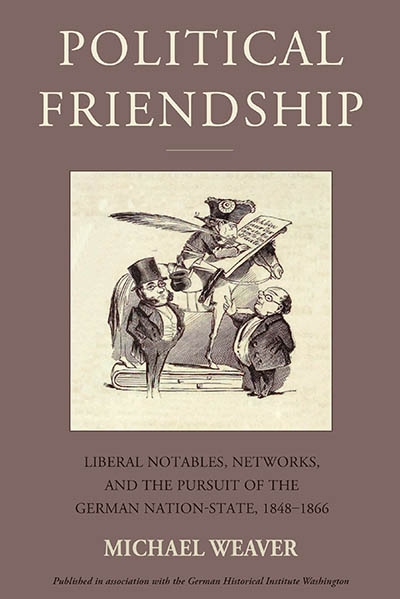 Published February 2024
Published February 2024 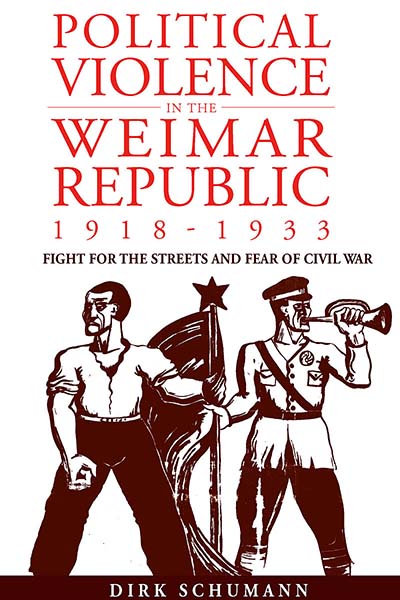 Published March 2009
Published March 2009 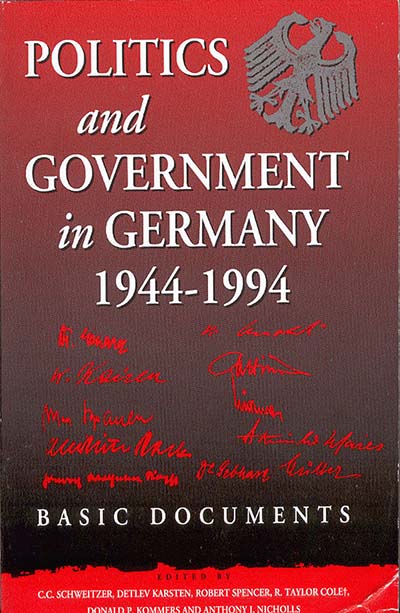 Published July 1995
Published July 1995 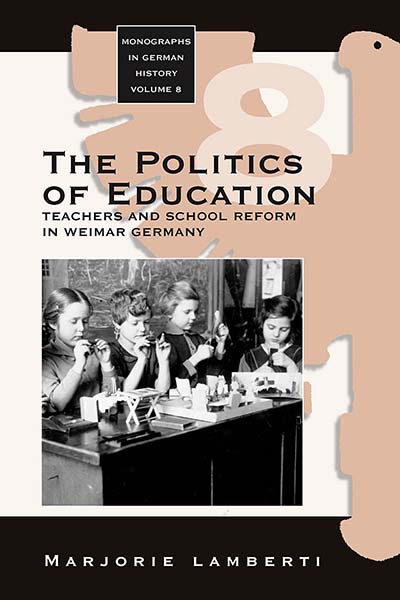 Published July 2002
Published July 2002 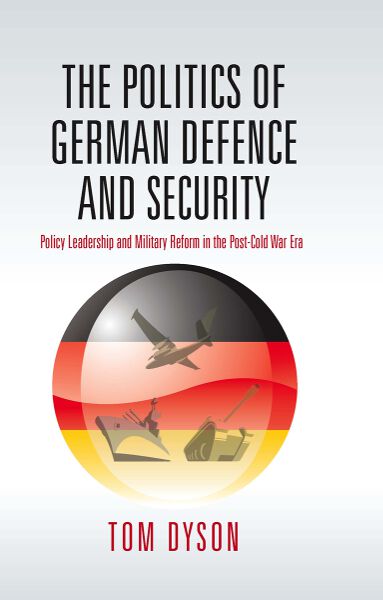 Published March 2008
Published March 2008 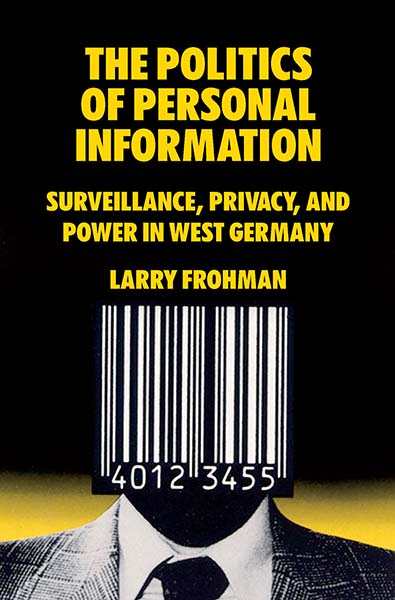 Published December 2020
Published December 2020 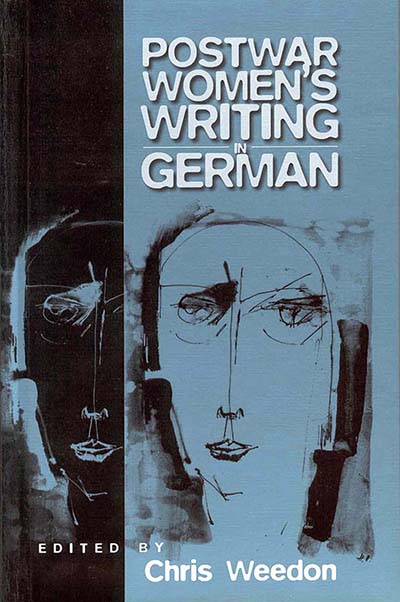 Published March 1997
Published March 1997 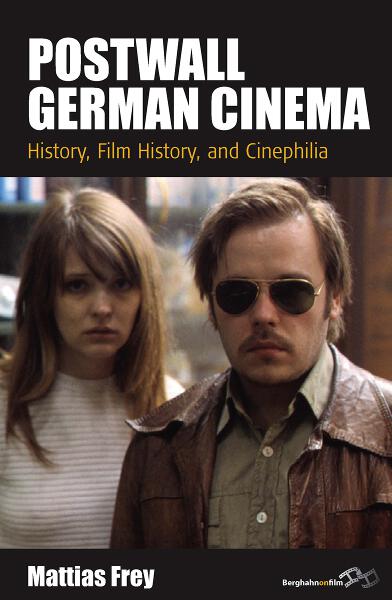 Published May 2013
Published May 2013 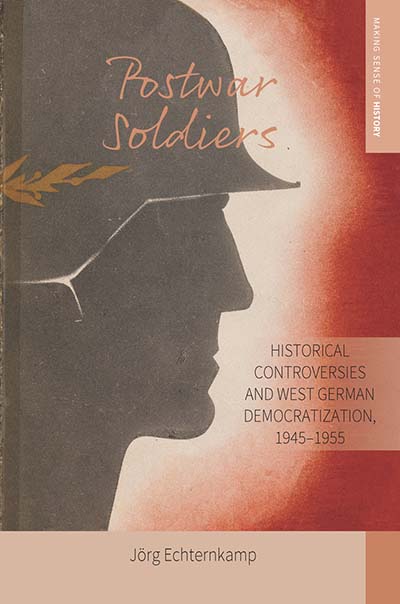 Published March 2020
Published March 2020 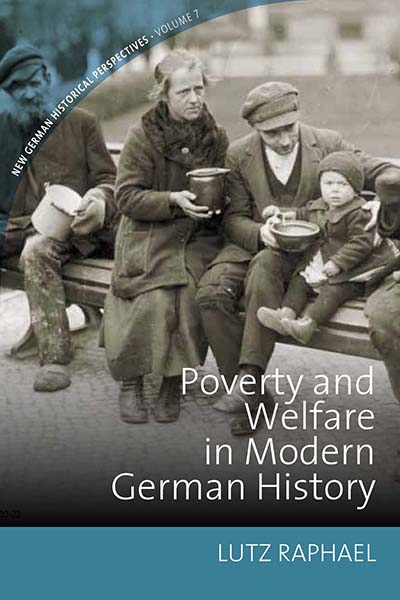 Published December 2016
Published December 2016 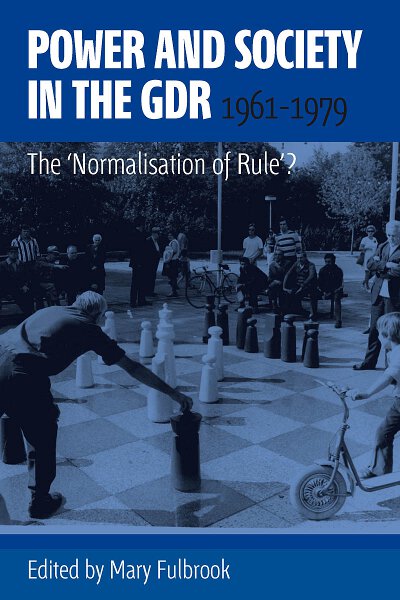 Published May 2009
Published May 2009 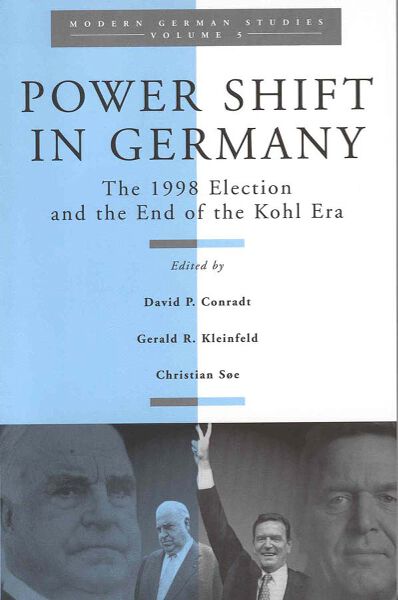 Published September 2000
Published September 2000 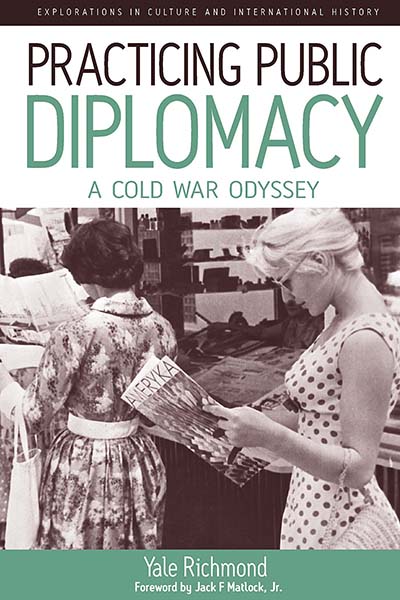 Published February 2008
Published February 2008 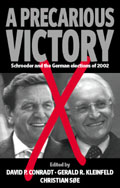 Published December 2004
Published December 2004 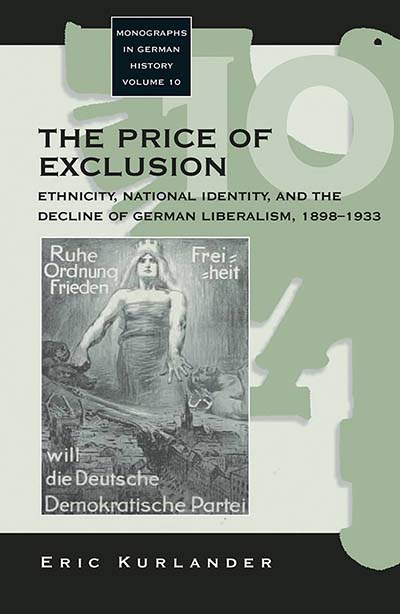 Published August 2006
Published August 2006 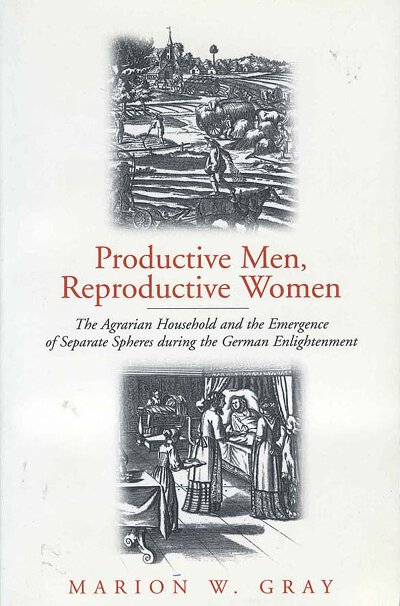 Published January 2000
Published January 2000 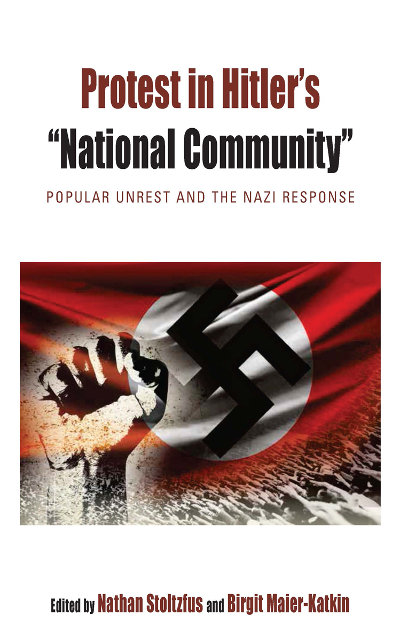 Published December 2015
Published December 2015 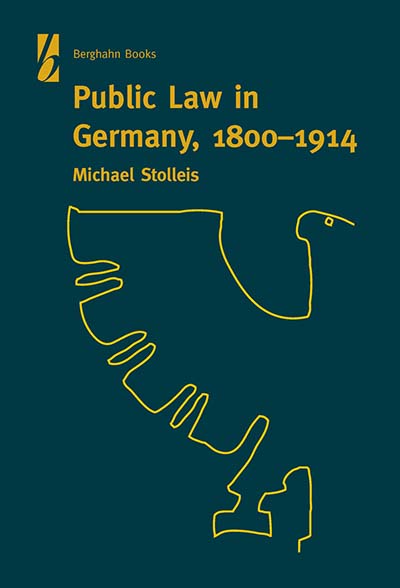 Published April 2001
Published April 2001 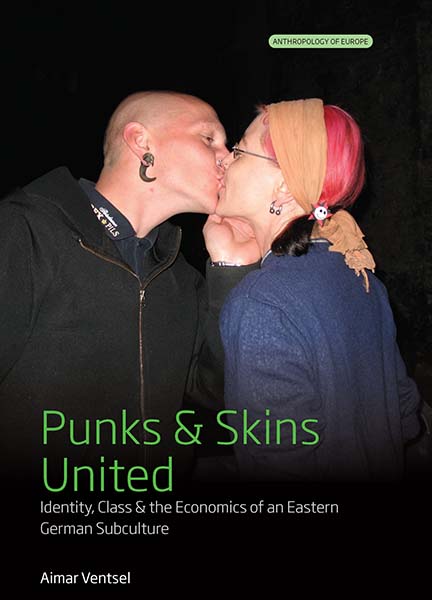 Published August 2020
Published August 2020 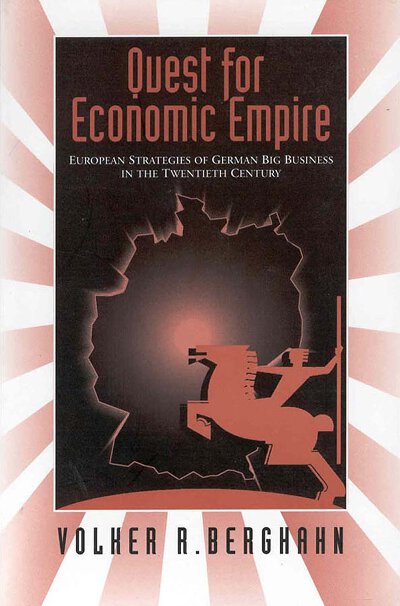 Published March 1996
Published March 1996 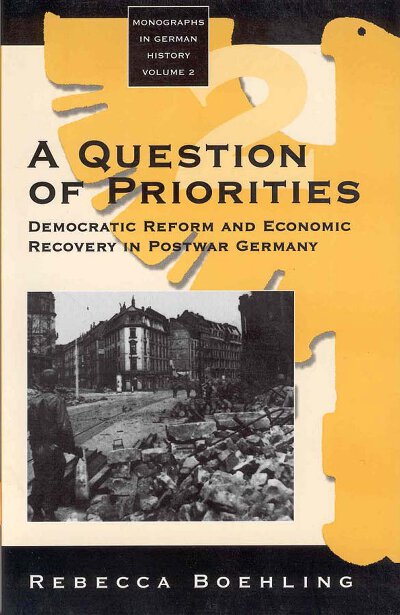 Published November 1996
Published November 1996 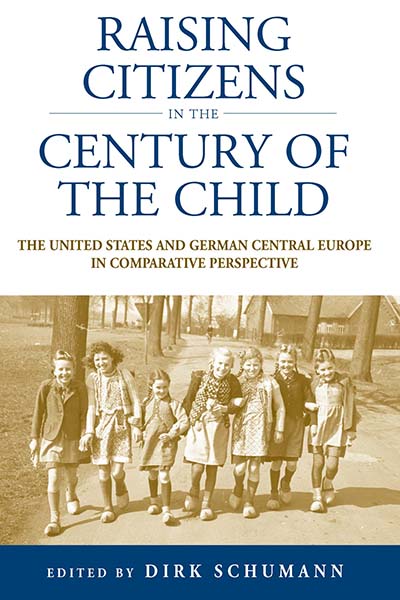 Published September 2010
Published September 2010 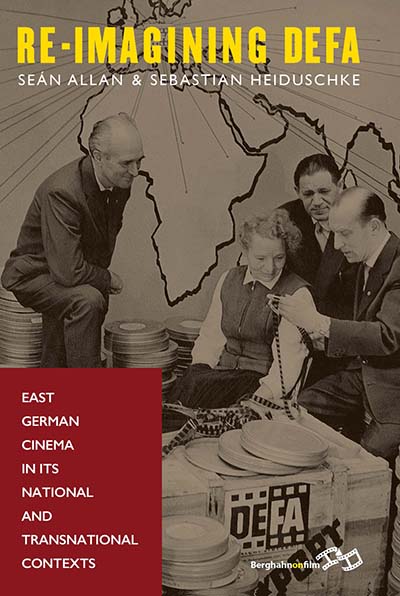 Published September 2016
Published September 2016 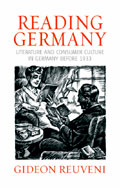 Published December 2005
Published December 2005 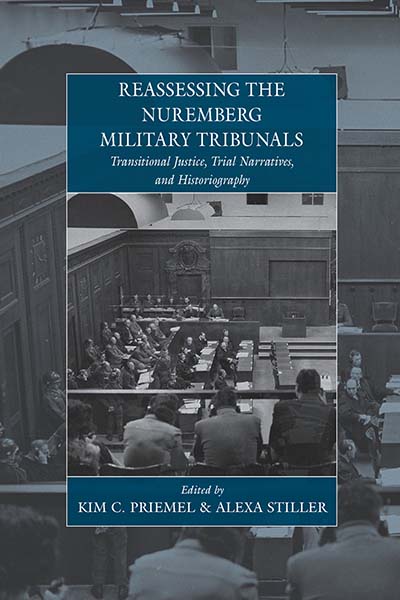 Published August 2012
Published August 2012 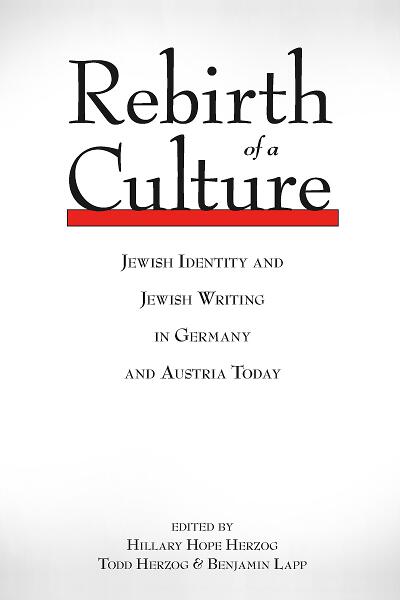 Published August 2008
Published August 2008 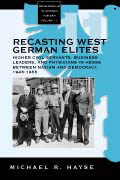 Published November 2003
Published November 2003 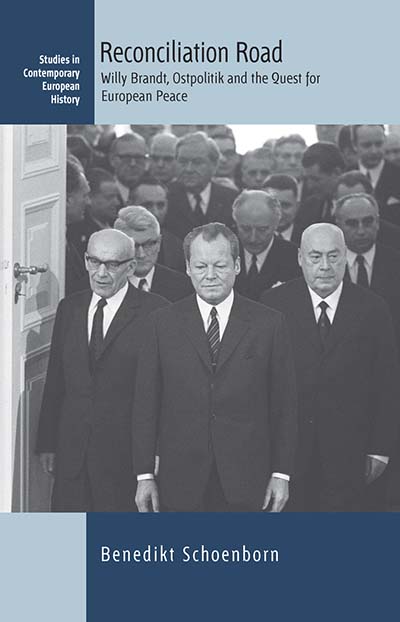 Published September 2020
Published September 2020 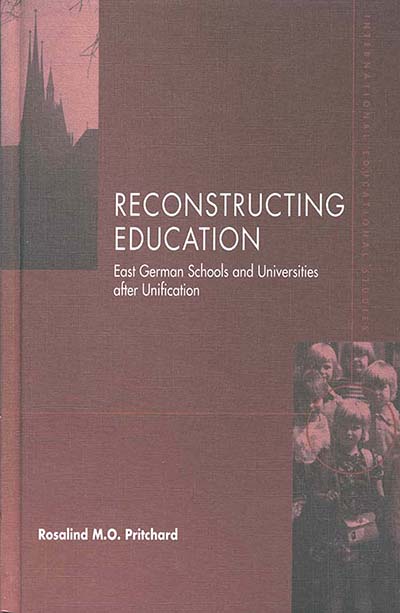 Published December 1998
Published December 1998 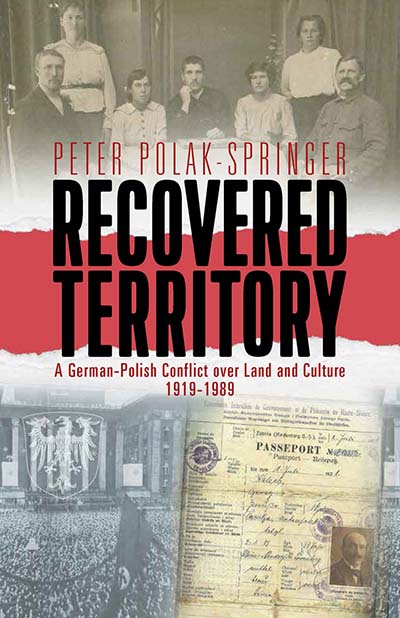 Published October 2015
Published October 2015 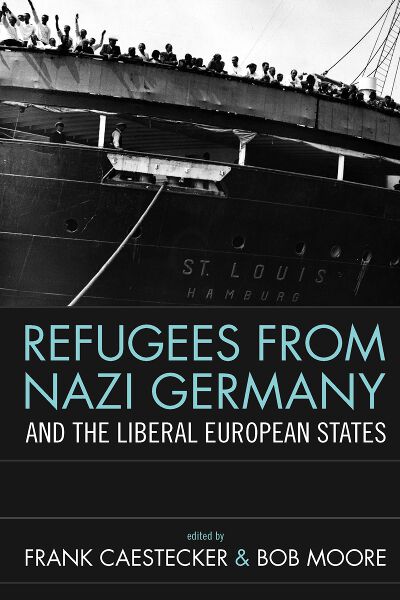 Published January 2010
Published January 2010 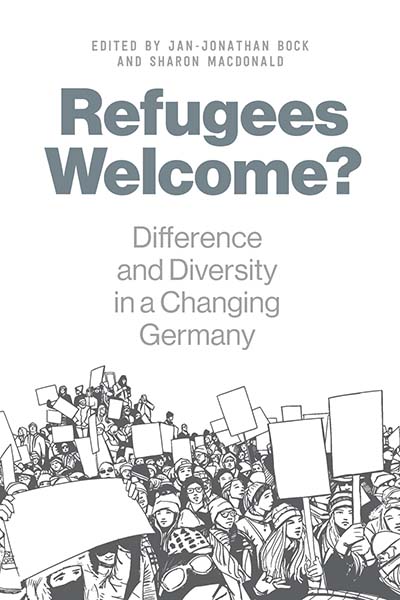 Published January 2019
Published January 2019 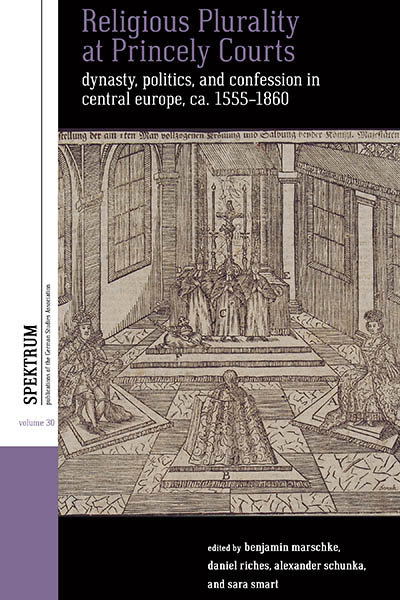 Published April 2024
Published April 2024 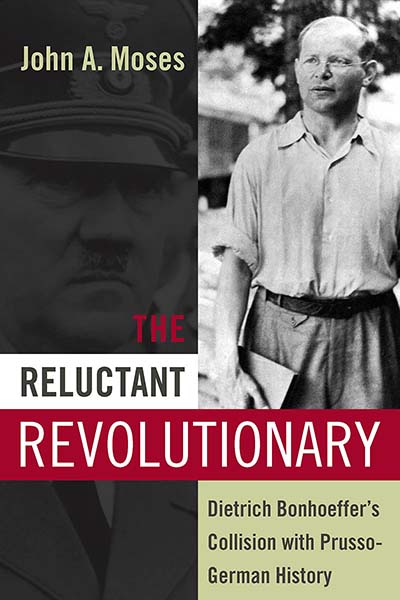 Published April 2009
Published April 2009 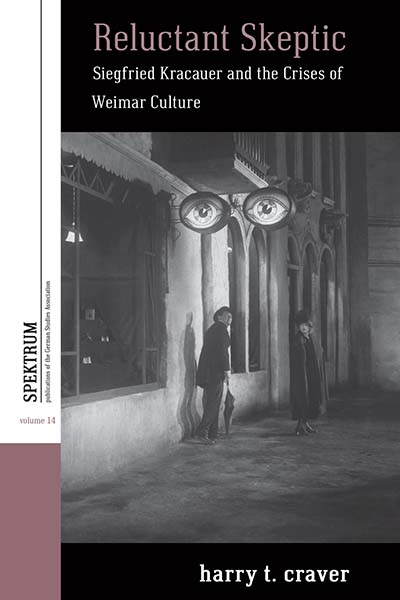 Published February 2017
Published February 2017 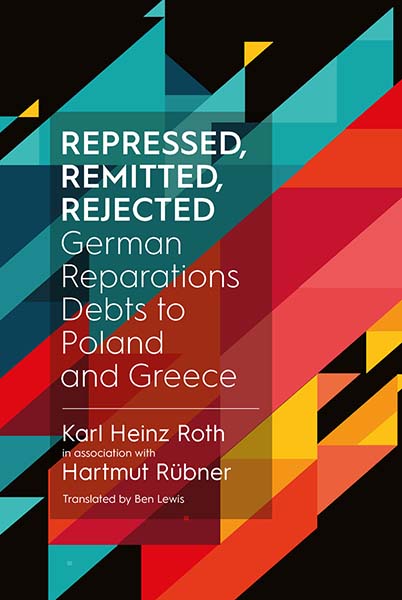 Published December 2021
Published December 2021 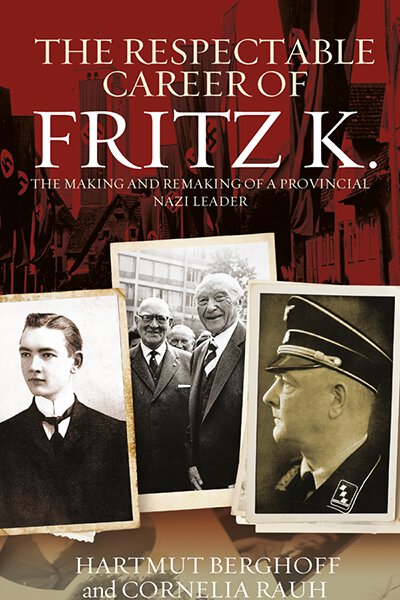 Published May 2015
Published May 2015 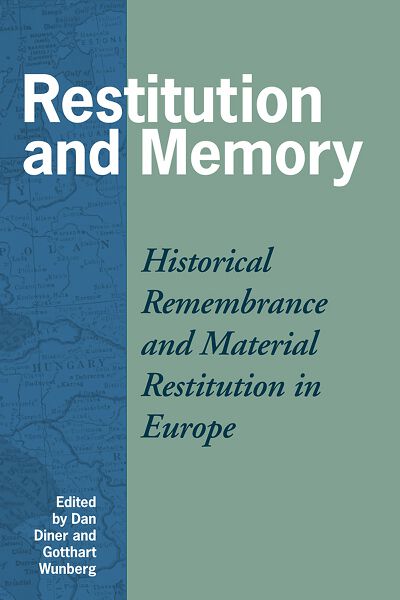 Published April 2007
Published April 2007 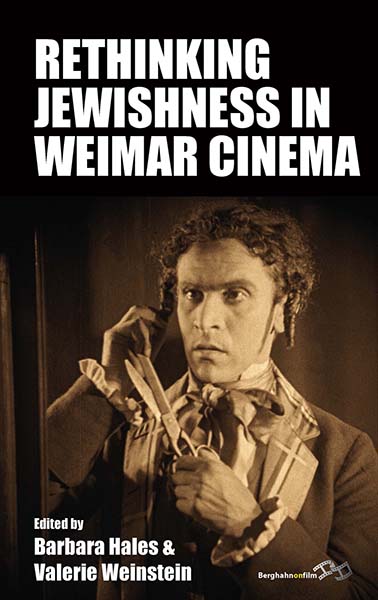 Published November 2020
Published November 2020 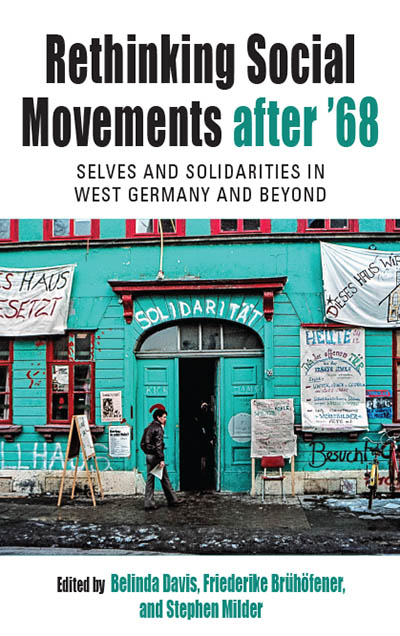 Published July 2022
Published July 2022 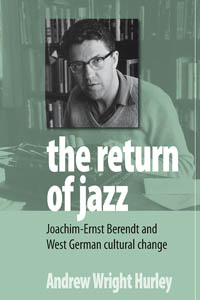 Published March 2009
Published March 2009 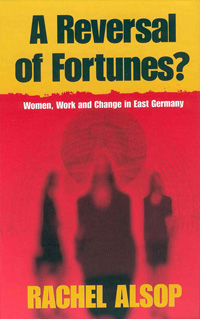 Published May 2000
Published May 2000 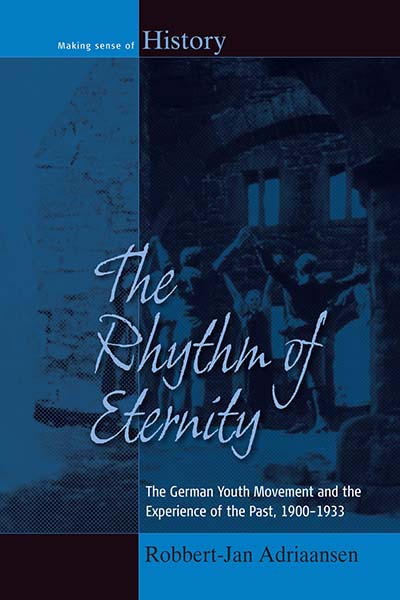 Published July 2015
Published July 2015 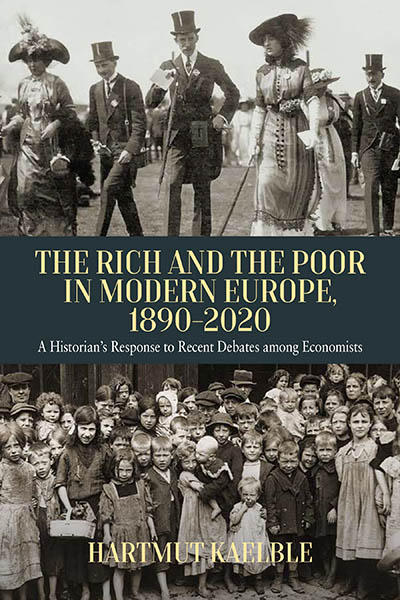 Published April 2023
Published April 2023 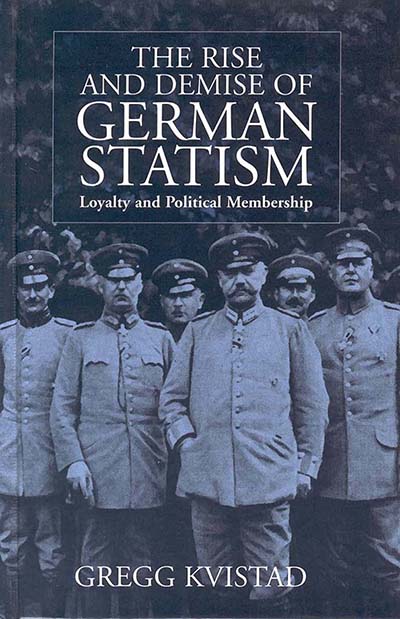 Published March 1999
Published March 1999 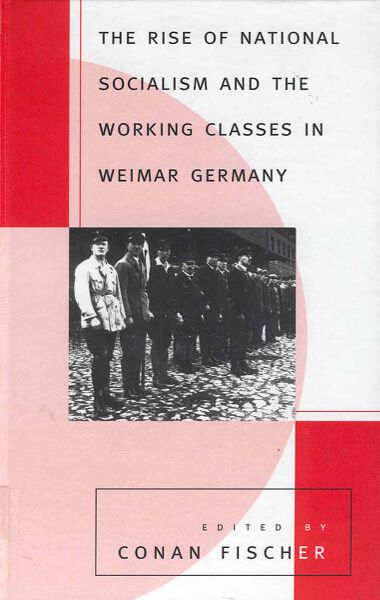 Published November 1996
Published November 1996 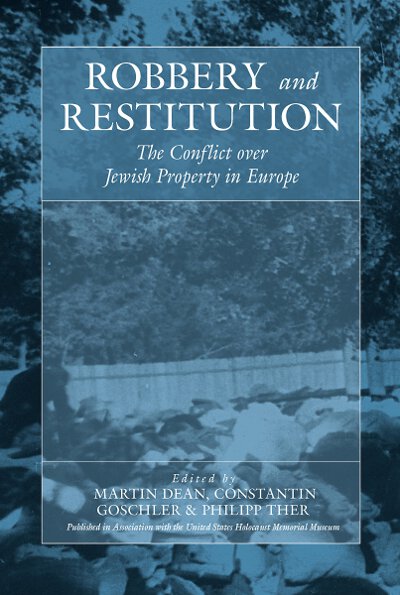 Published May 2007
Published May 2007 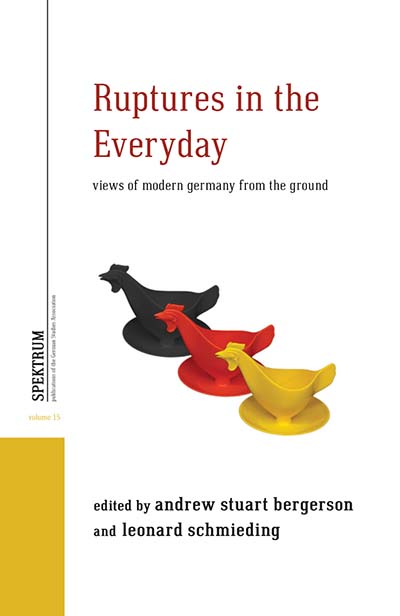 Published July 2017
Published July 2017 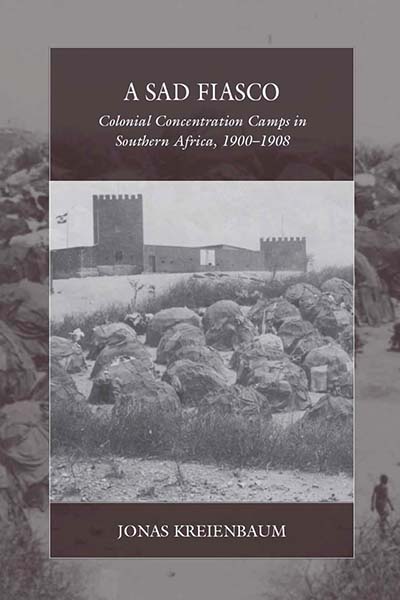 Published September 2019
Published September 2019 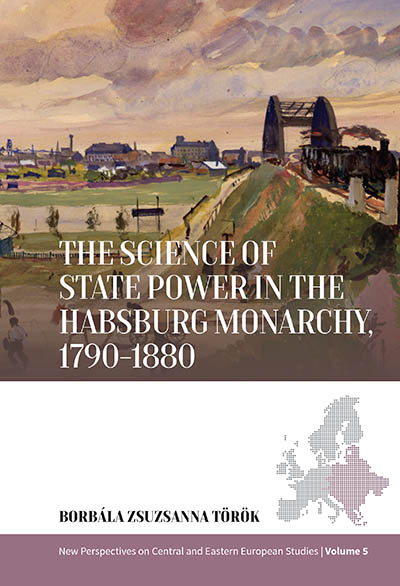 Published June 2024
Published June 2024 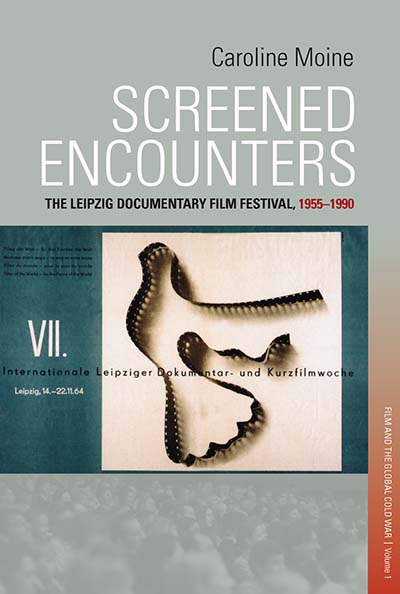 Published September 2018
Published September 2018 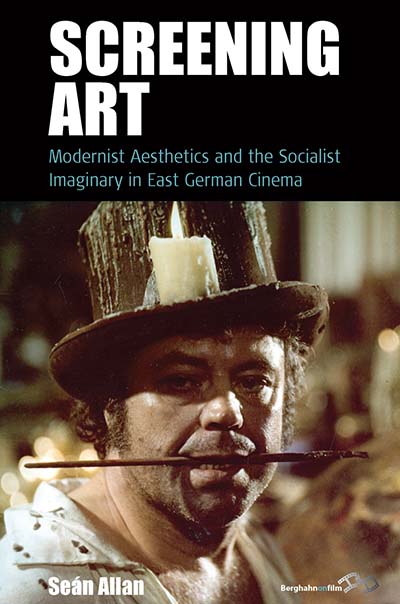 Published February 2019
Published February 2019 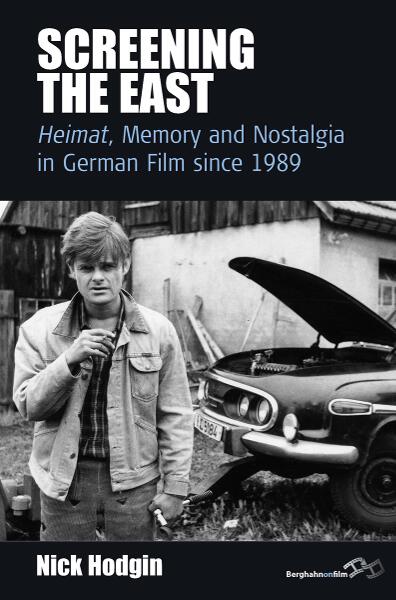 Published May 2011
Published May 2011 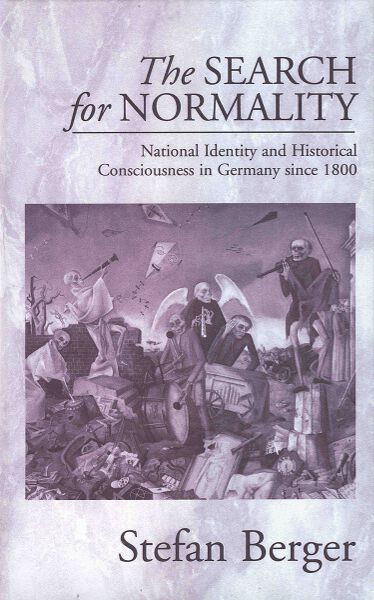 Published August 1997
Published August 1997 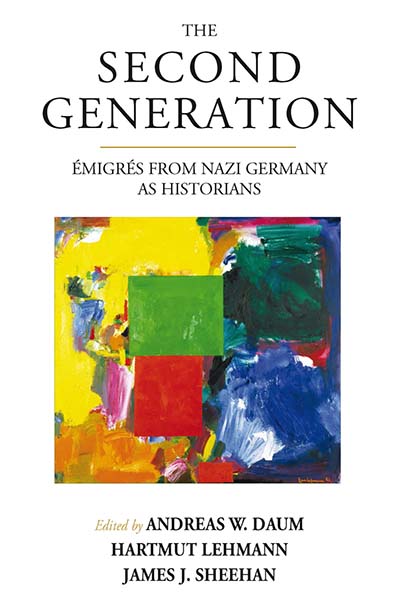 Published December 2015
Published December 2015 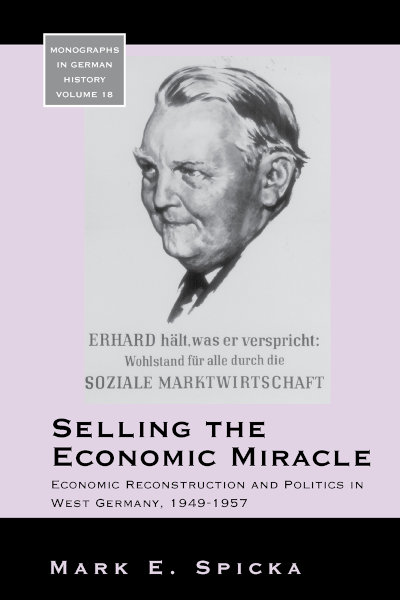 Published August 2007
Published August 2007 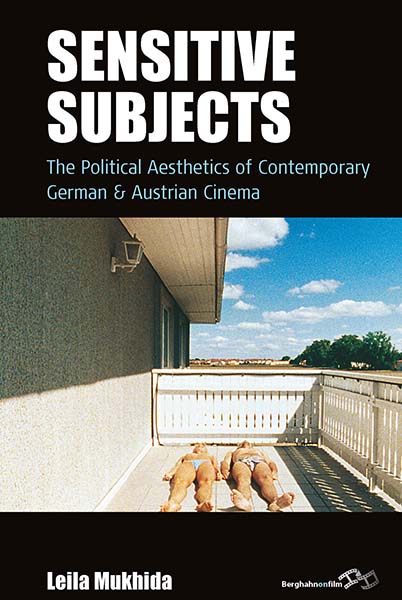 Published November 2020
Published November 2020 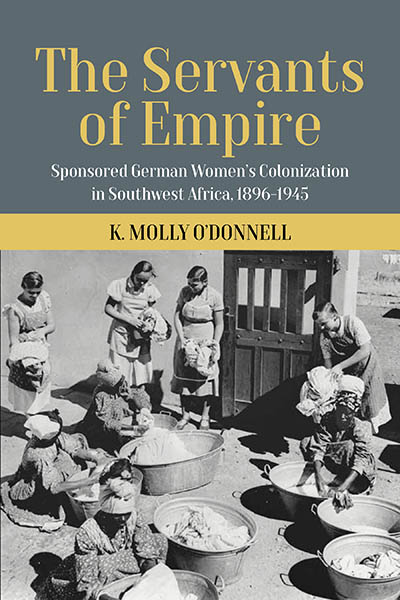 Published December 2022
Published December 2022 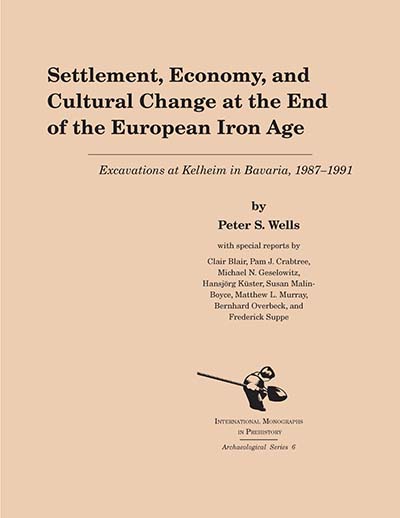 Published December 1993
Published December 1993 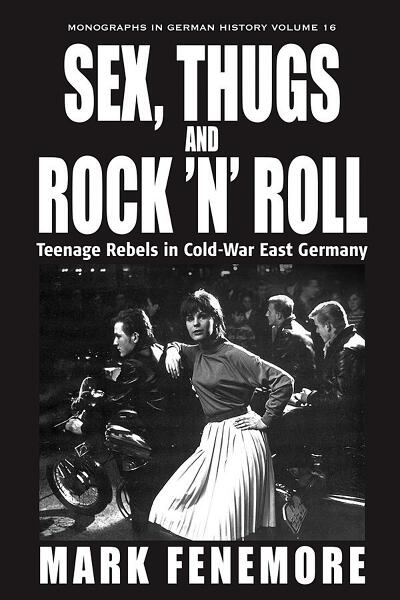 Published December 2007
Published December 2007 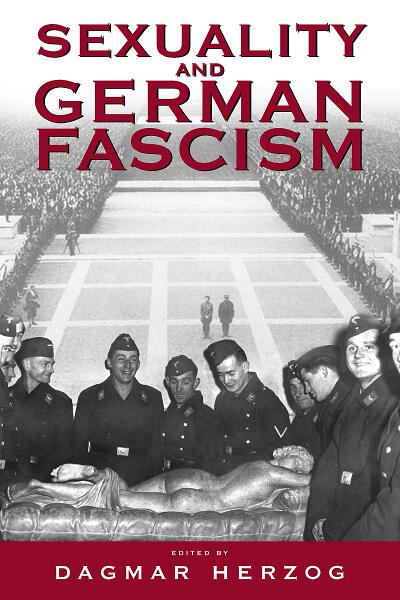 Published November 2004
Published November 2004 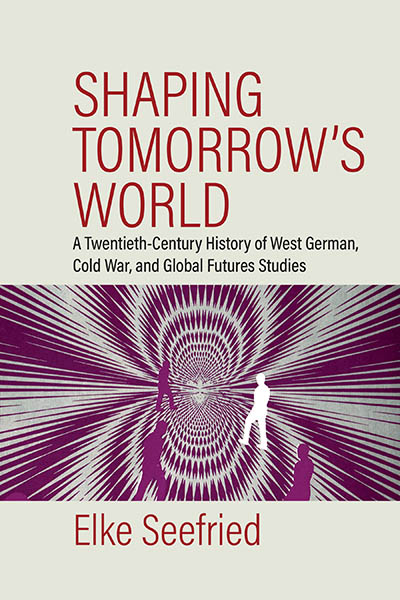 Published May 2024
Published May 2024 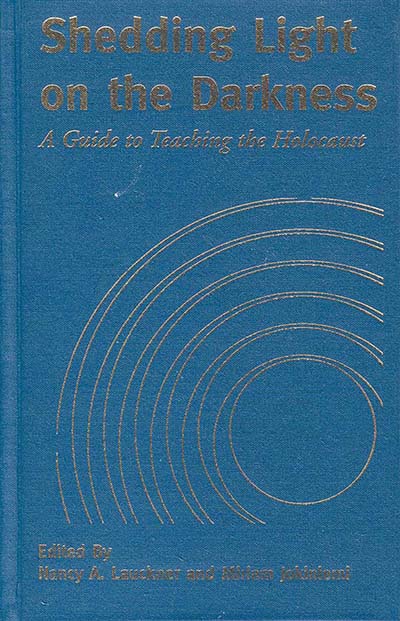 Published September 2000
Published September 2000 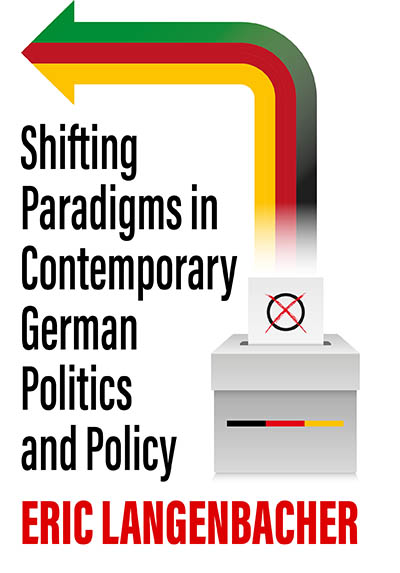 Published June 2024
Published June 2024 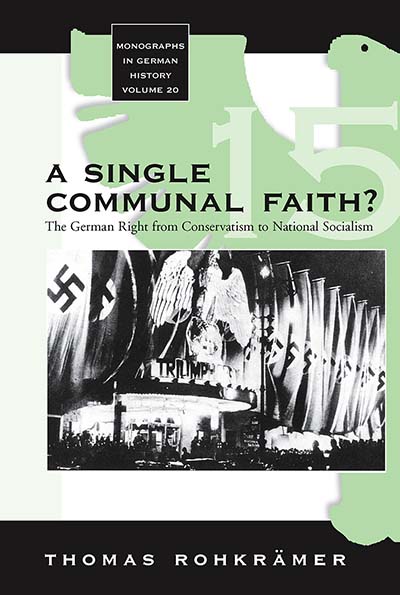 Published October 2007
Published October 2007 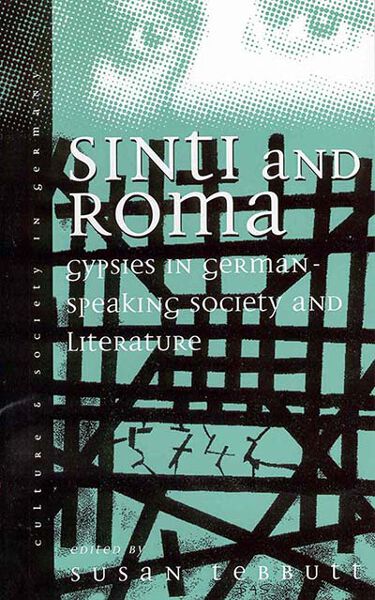 Published September 1998
Published September 1998 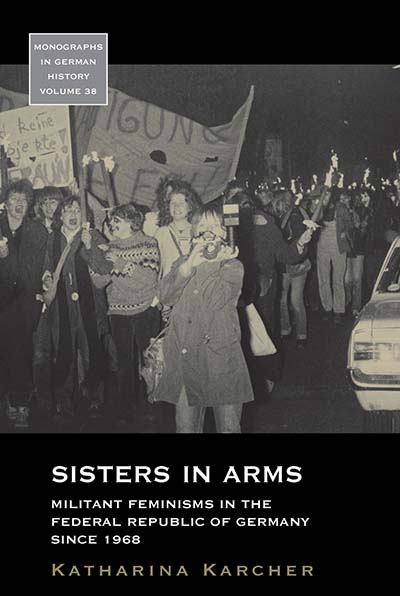 Published May 2017
Published May 2017 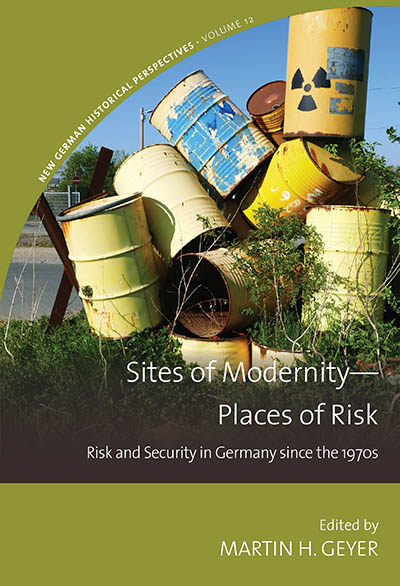 Published July 2023
Published July 2023 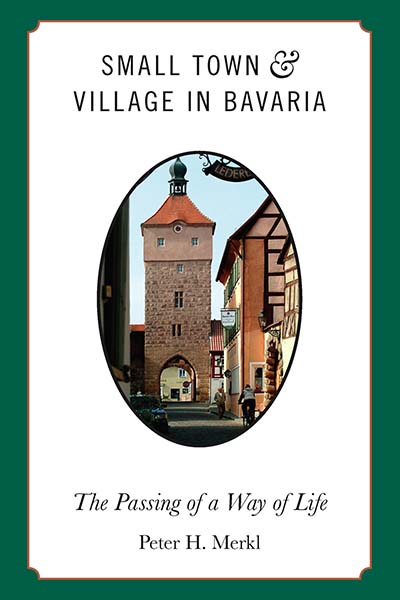 Published April 2012
Published April 2012 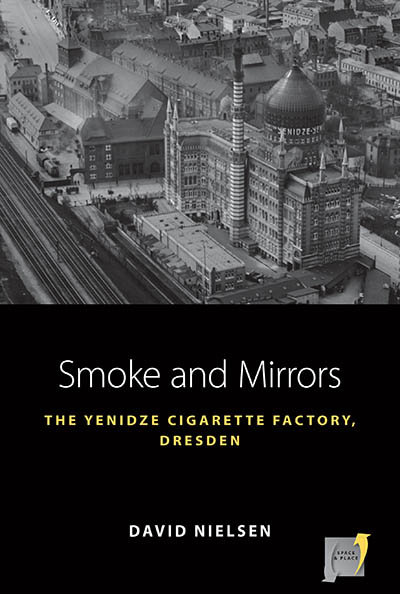 Published August 2024
Published August 2024 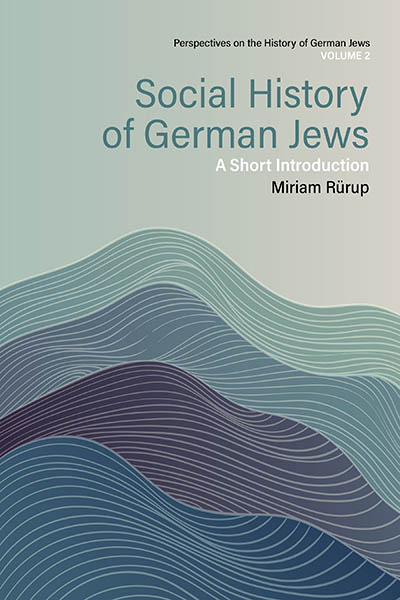 Published May 2024
Published May 2024 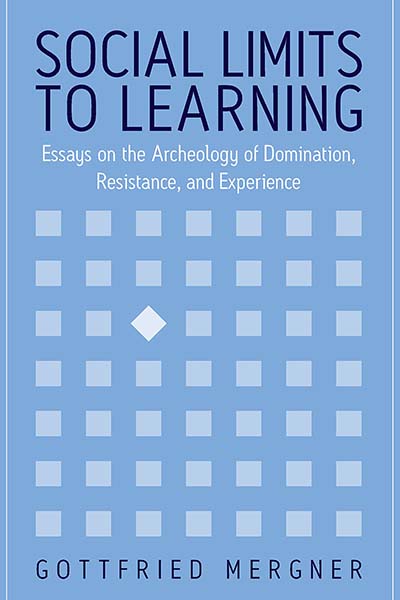 Published January 2005
Published January 2005 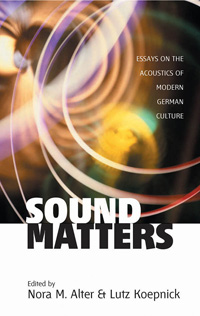 Published November 2004
Published November 2004  Published November 2020
Published November 2020 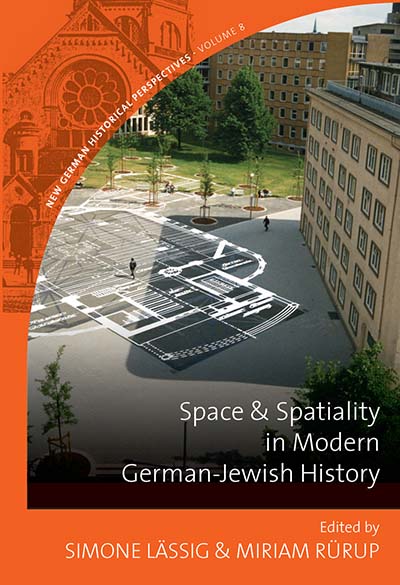 Published June 2017
Published June 2017 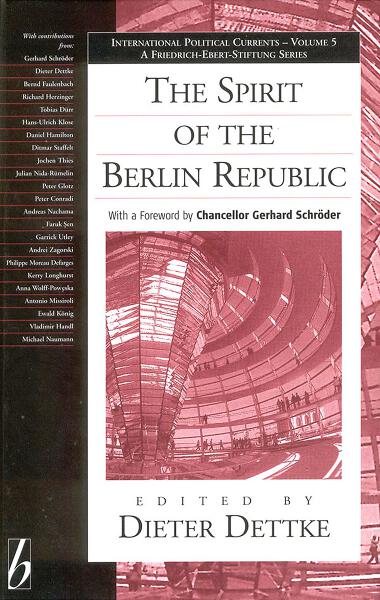 Published June 2003
Published June 2003 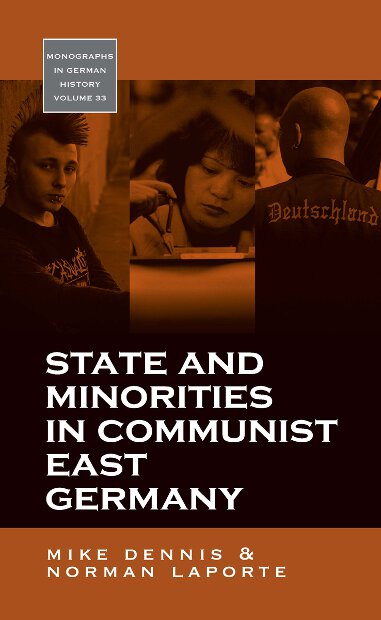 Published August 2011
Published August 2011 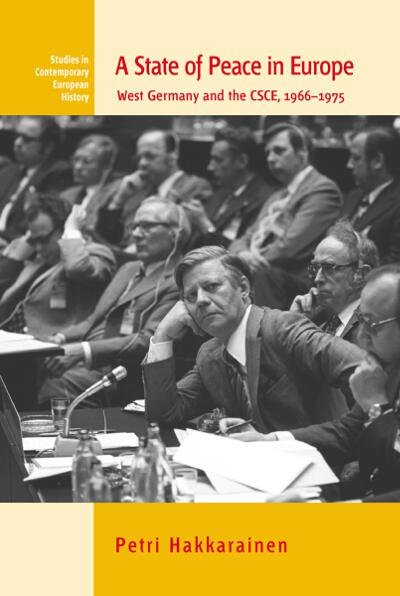 Published December 2011
Published December 2011 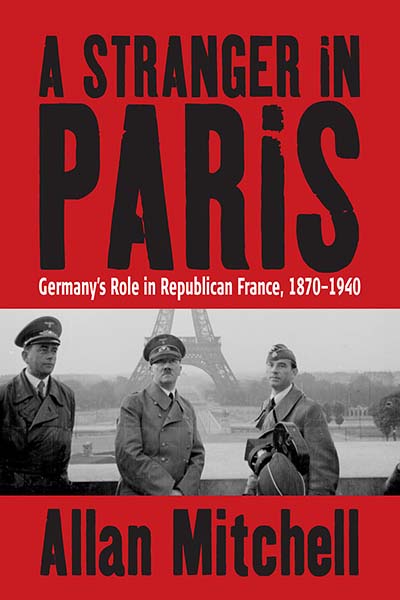 Published January 2006
Published January 2006 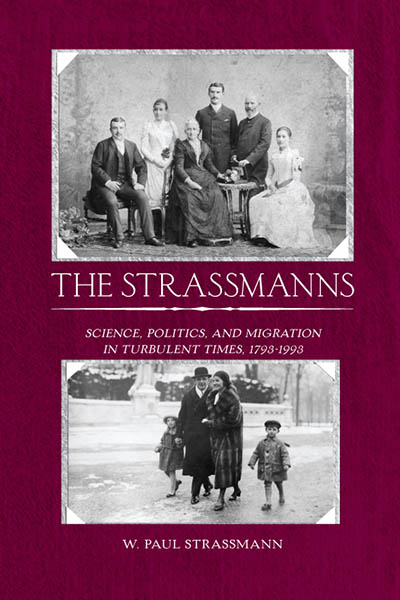 Published June 2008
Published June 2008 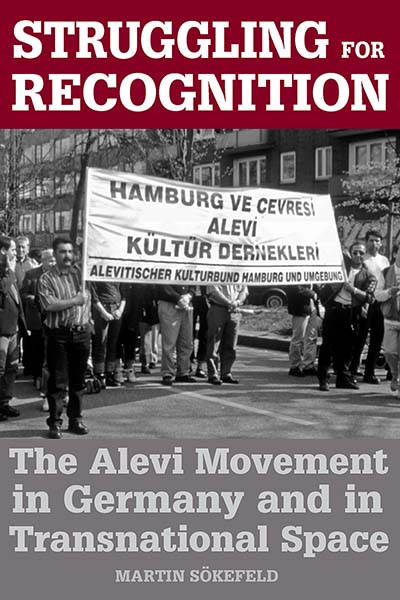 Published May 2008
Published May 2008 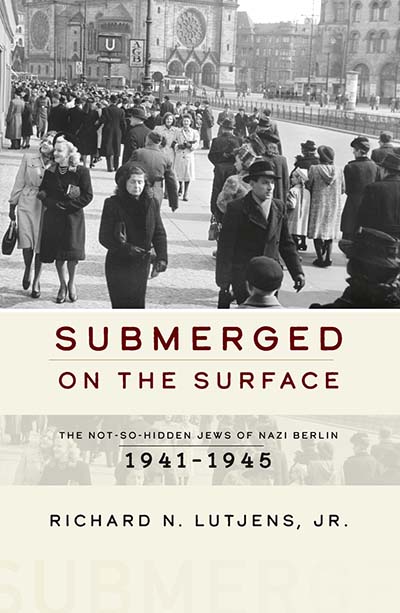 Published September 2019
Published September 2019 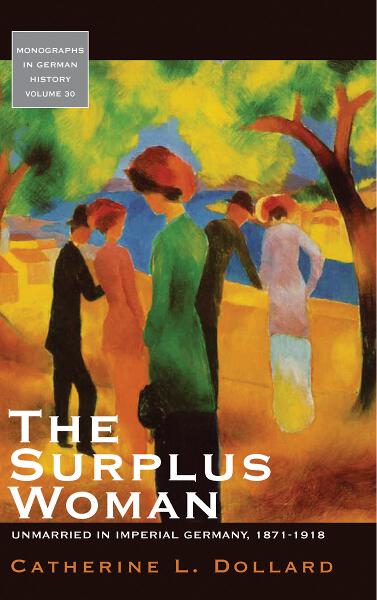 Published October 2009
Published October 2009 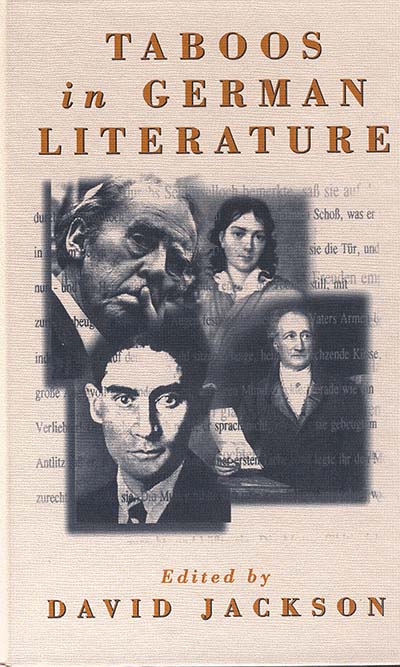 Published May 1996
Published May 1996 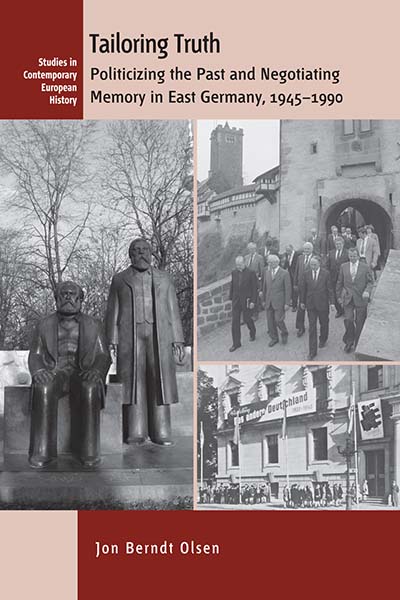 Published January 2015
Published January 2015 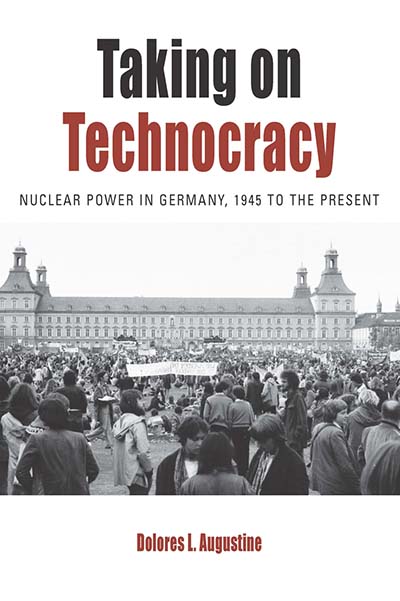 Published May 2018
Published May 2018 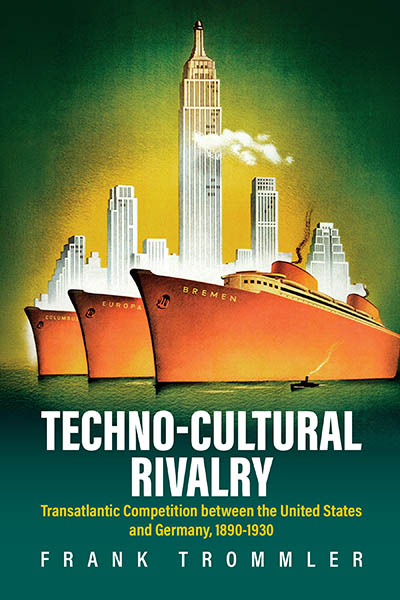 Forthcoming April 2026
Forthcoming April 2026 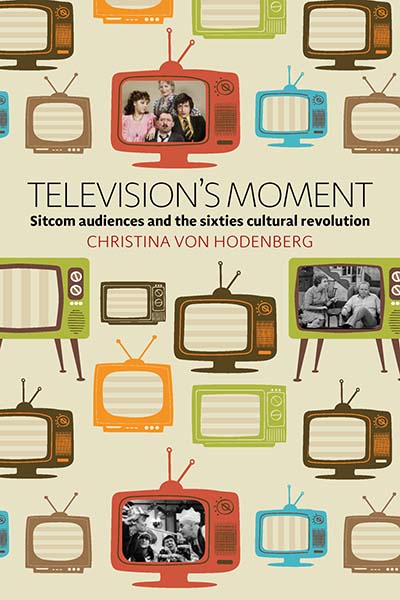 Published July 2015
Published July 2015 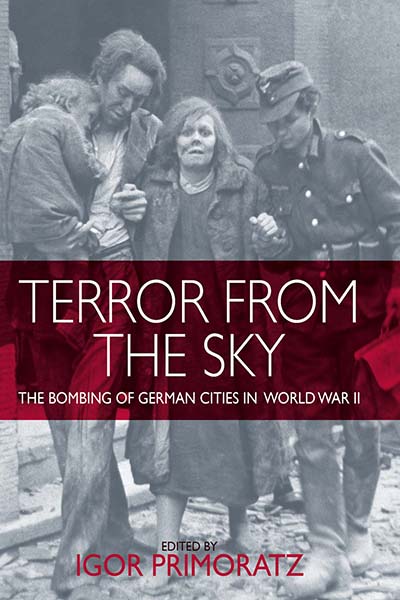 Published June 2010
Published June 2010 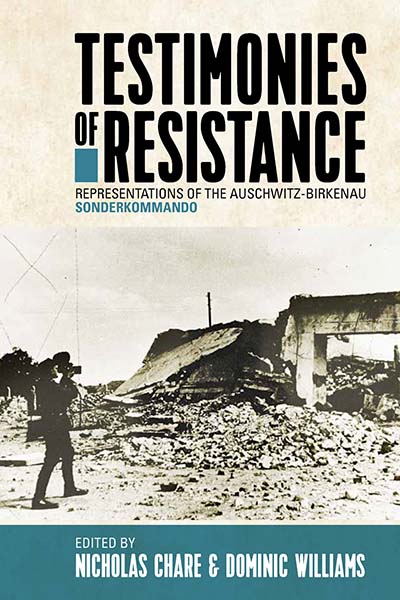 Published September 2019
Published September 2019 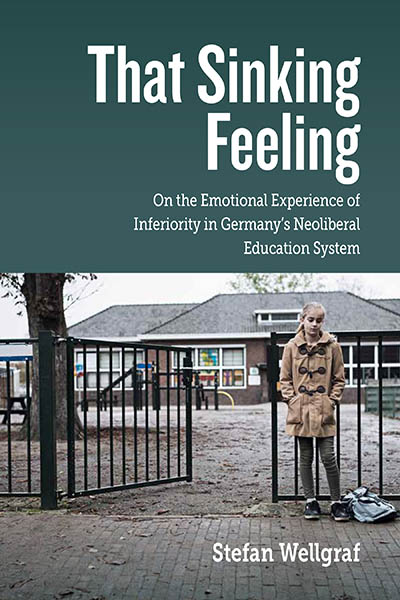 Published August 2023
Published August 2023 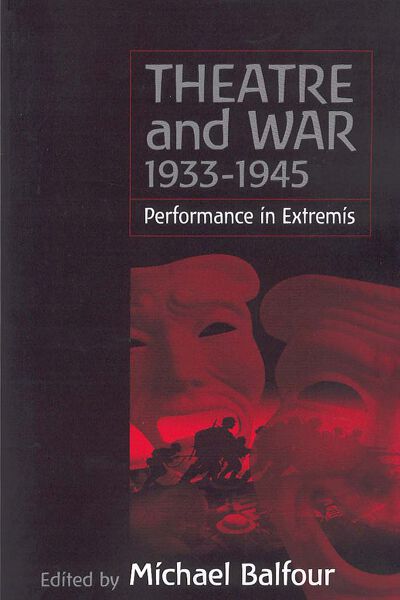 Published October 2001
Published October 2001  Published September 2024
Published September 2024 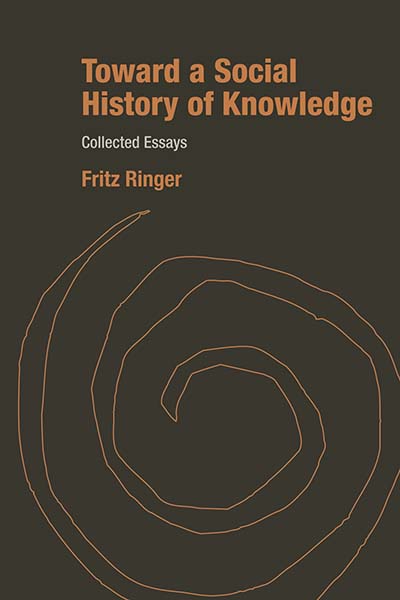 Published January 2001
Published January 2001 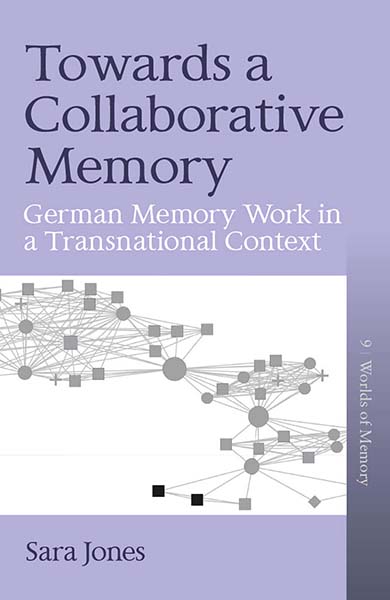 Published August 2022
Published August 2022 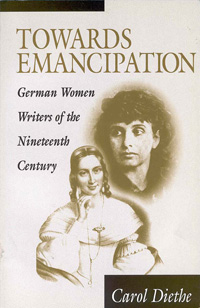 Published January 1998
Published January 1998 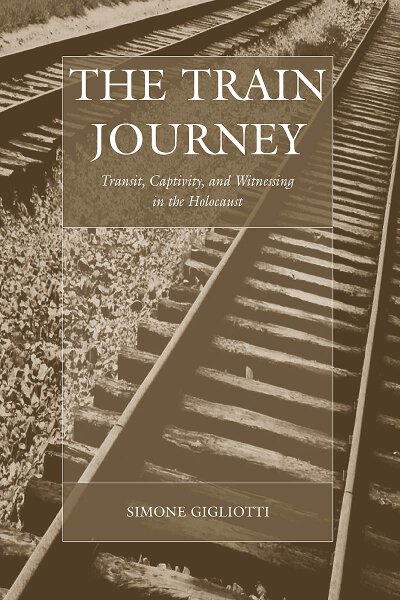 Published July 2009
Published July 2009 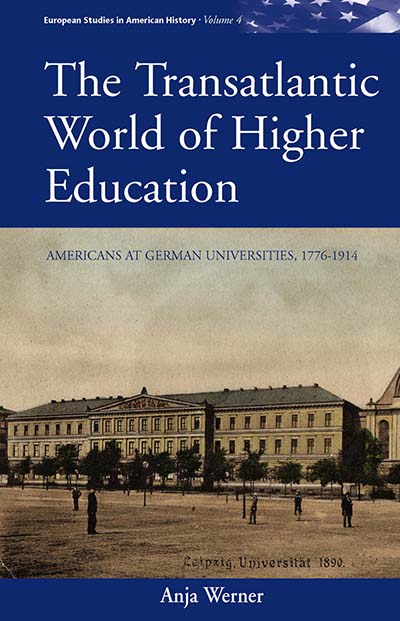 Published March 2013
Published March 2013 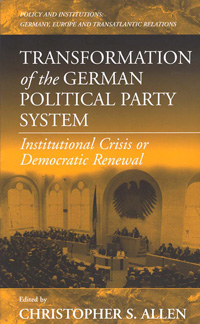 Published October 1999
Published October 1999 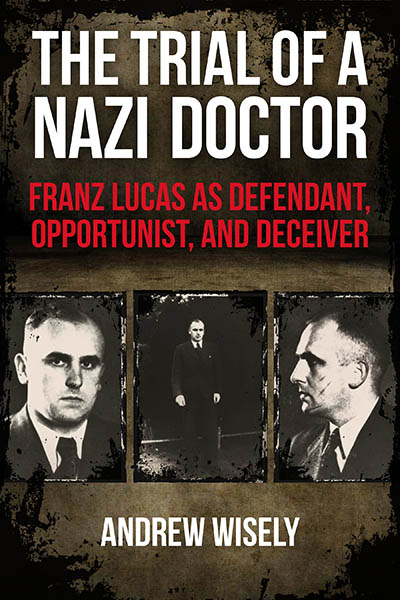 Published May 2024
Published May 2024 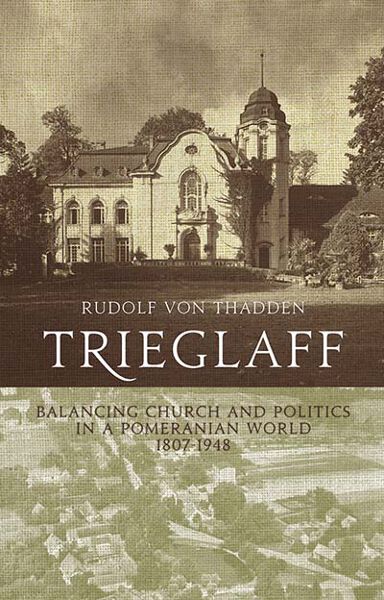 Published September 2013
Published September 2013 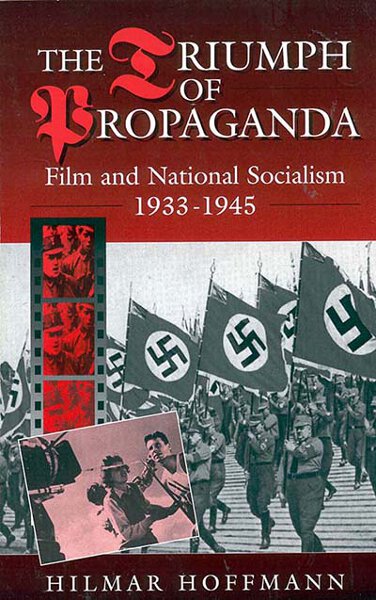 Published December 1995
Published December 1995 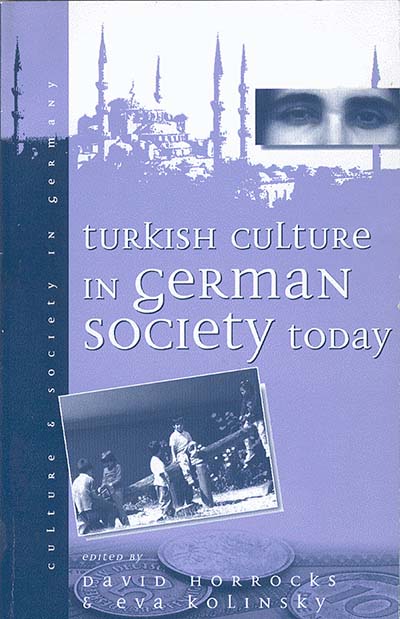 Published May 1996
Published May 1996 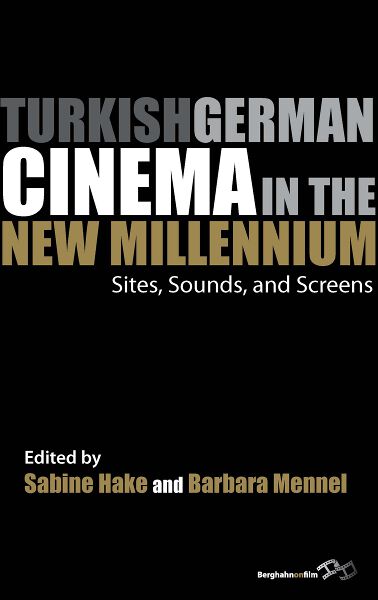 Published October 2012
Published October 2012 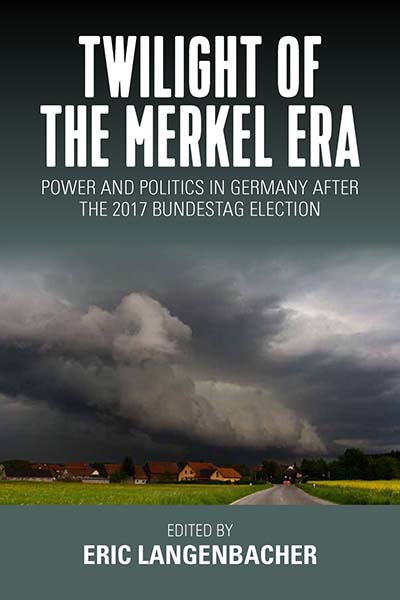 Published July 2019
Published July 2019 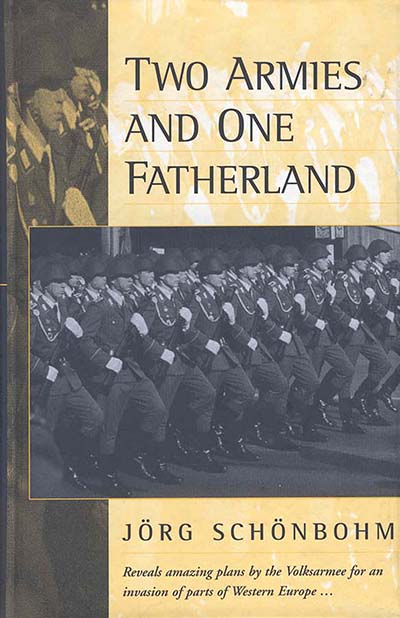 Published January 1996
Published January 1996 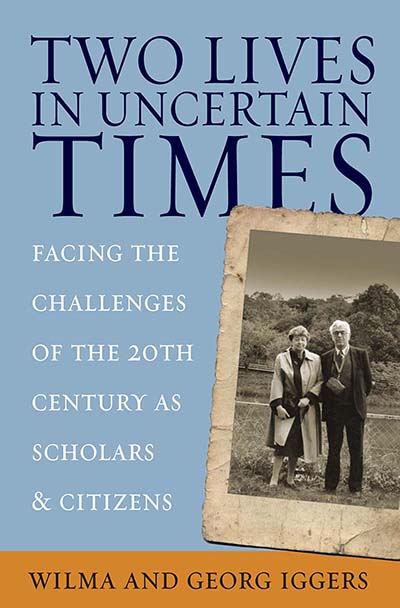 Published October 2006
Published October 2006 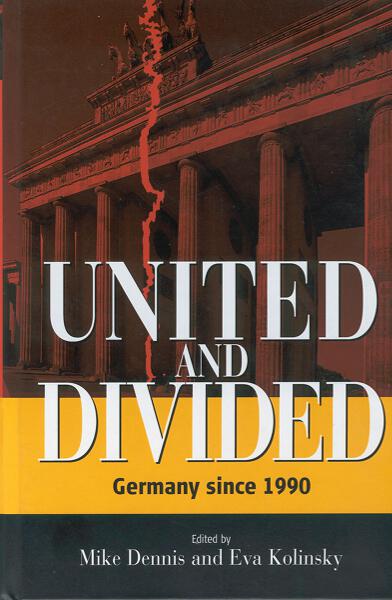 Published March 2004
Published March 2004 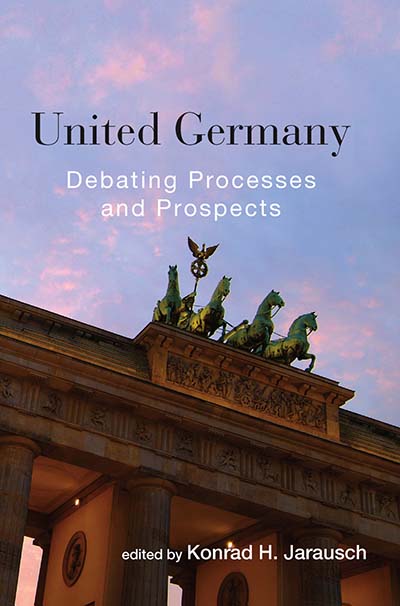 Published July 2013
Published July 2013 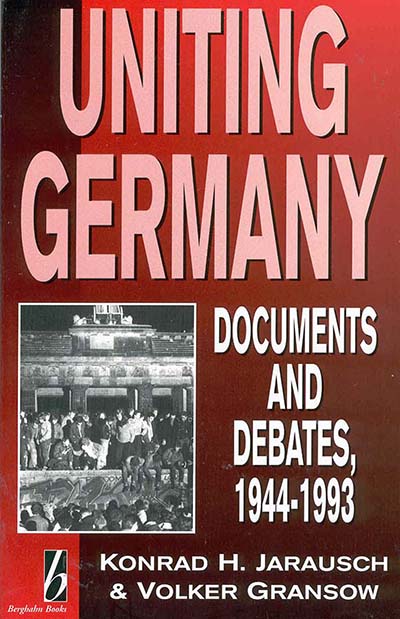 Published August 1994
Published August 1994 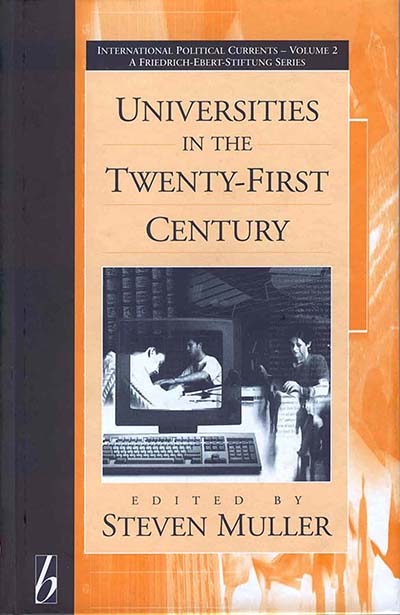 Published January 1995
Published January 1995 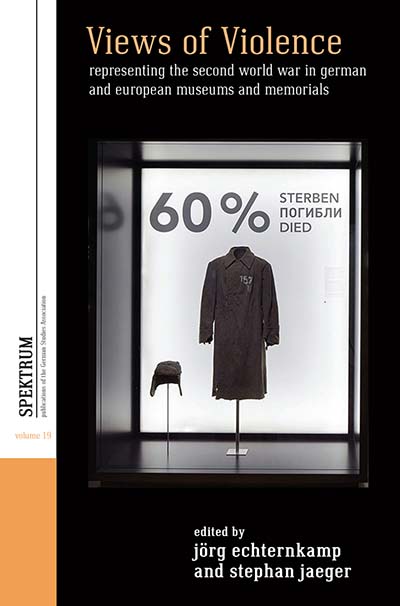 Published January 2019
Published January 2019 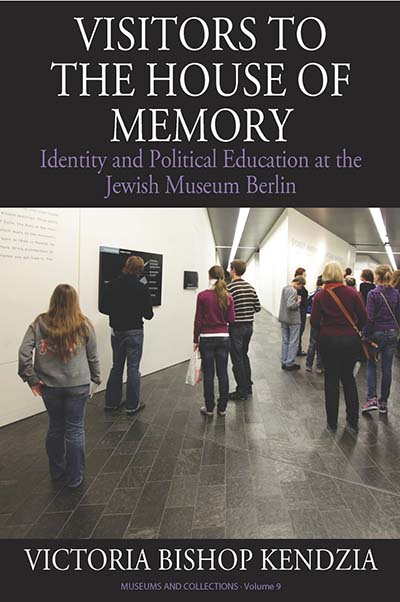 Published December 2017
Published December 2017 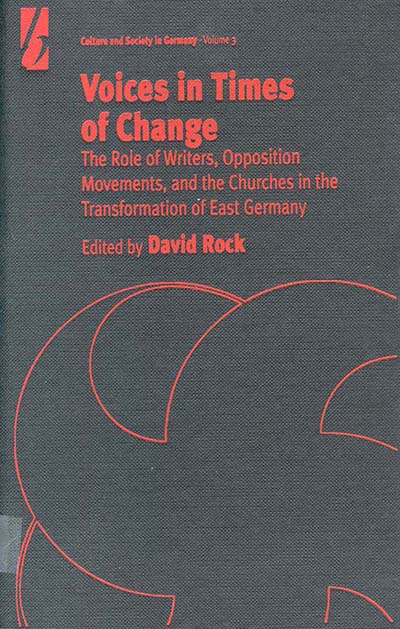 Published September 2000
Published September 2000 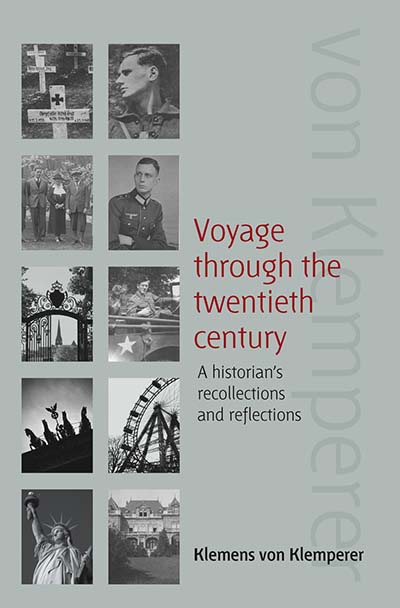 Published August 2009
Published August 2009 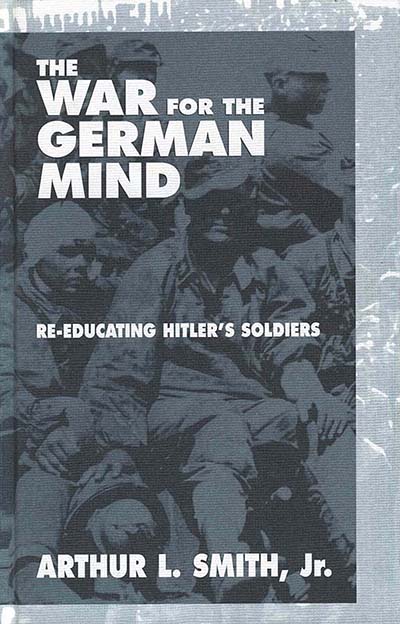 Published April 1996
Published April 1996 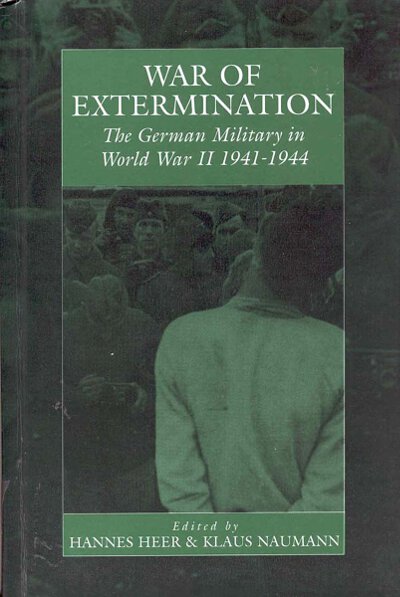 Published October 2000
Published October 2000 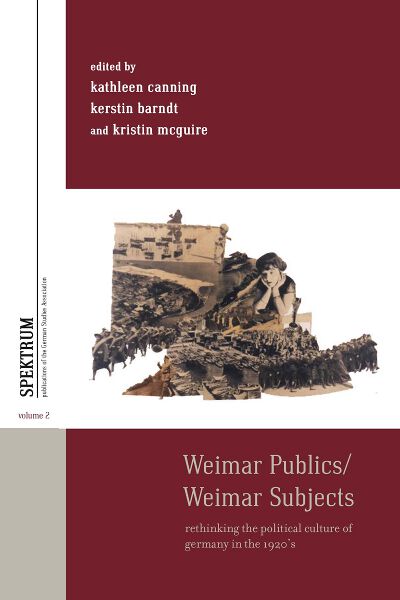 Published August 2010
Published August 2010 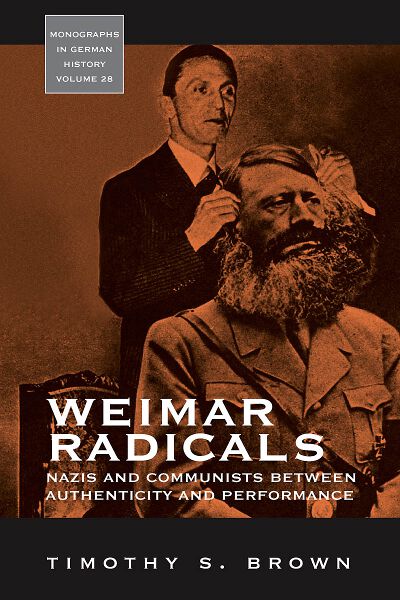 Published April 2009
Published April 2009  Published January 2014
Published January 2014 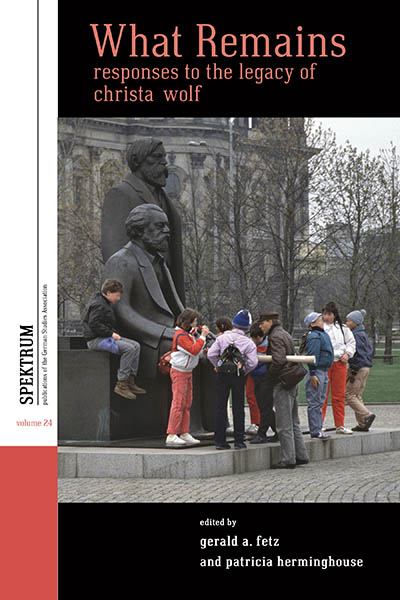 Published June 2022
Published June 2022 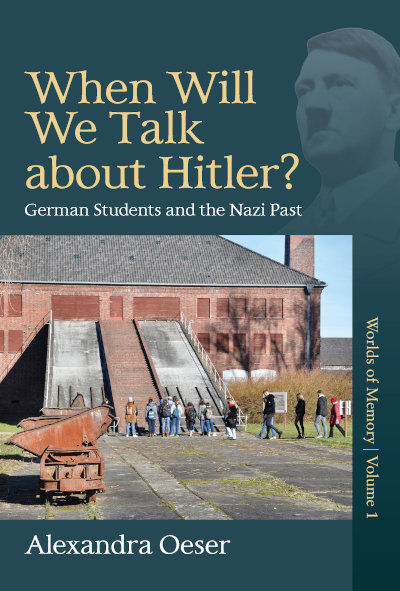 Published August 2019
Published August 2019 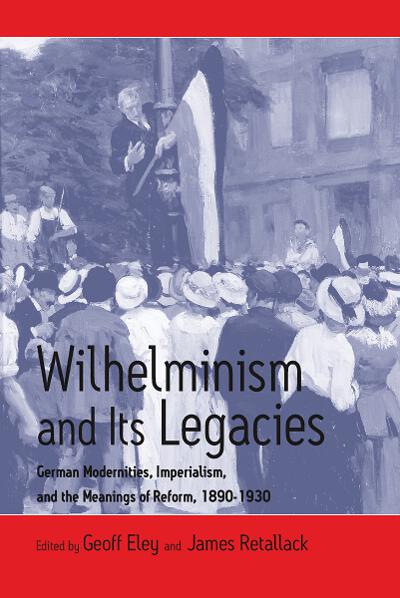 Published May 2003
Published May 2003 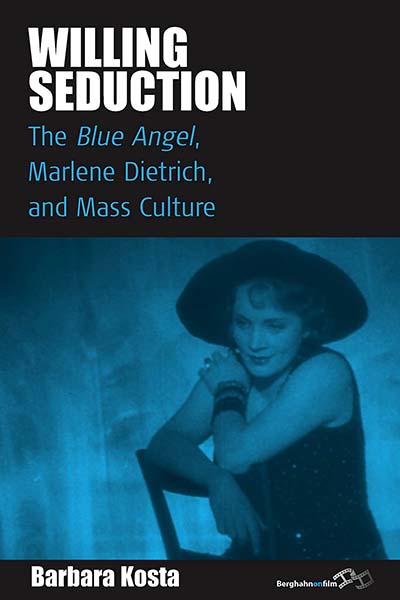 Published May 2009
Published May 2009 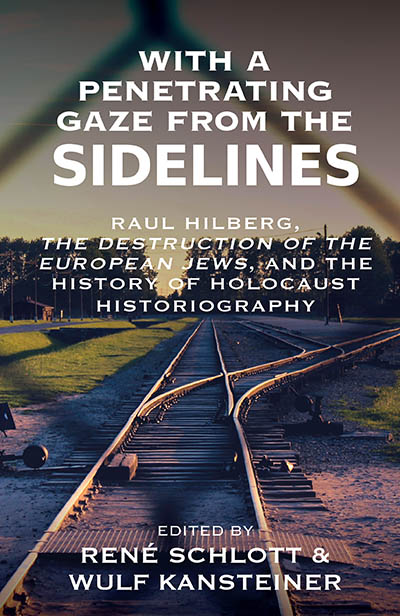 Forthcoming February 2026
Forthcoming February 2026  Published June 2001
Published June 2001 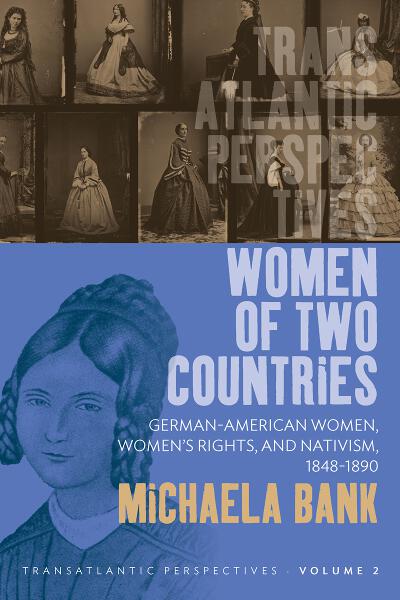 Published September 2012
Published September 2012 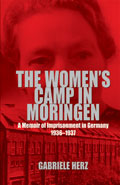 Published January 2006
Published January 2006 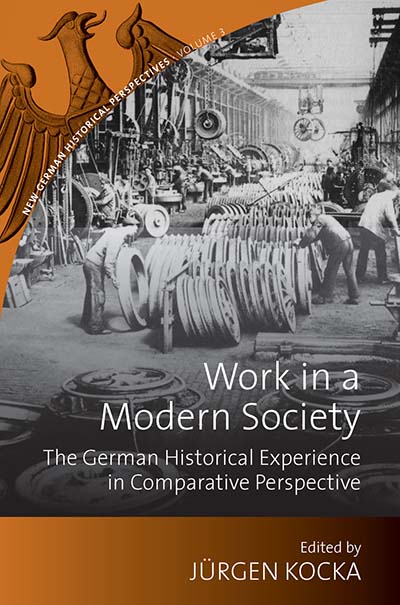 Published February 2010
Published February 2010 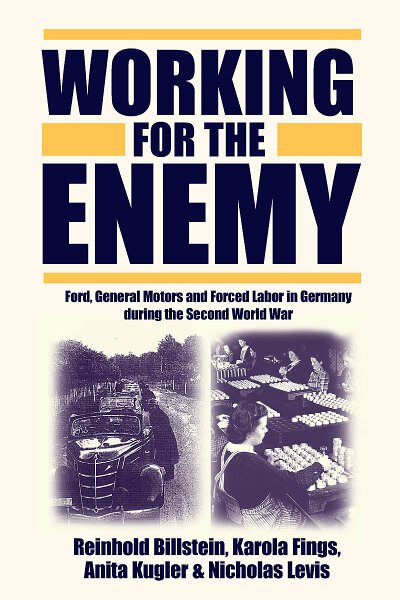 Published November 2004
Published November 2004 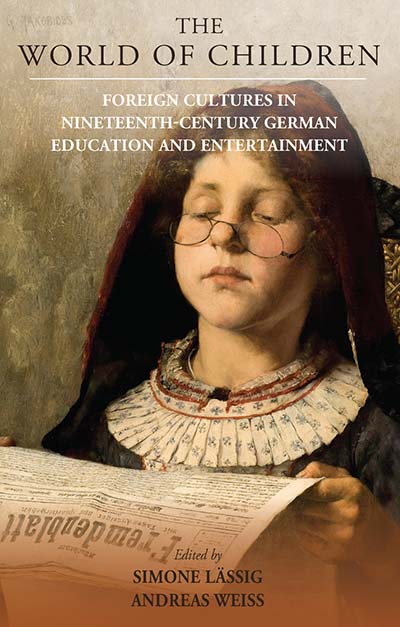 Published October 2019
Published October 2019 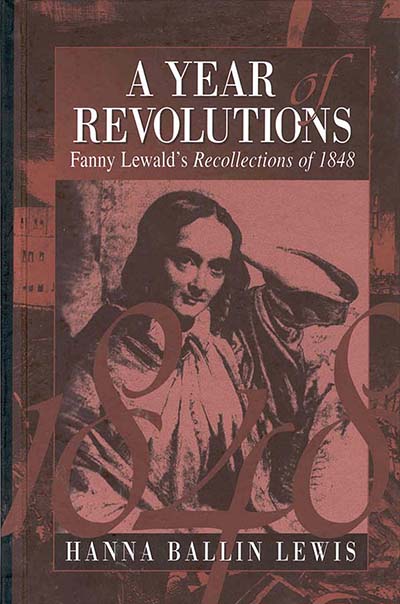 Published January 1998
Published January 1998